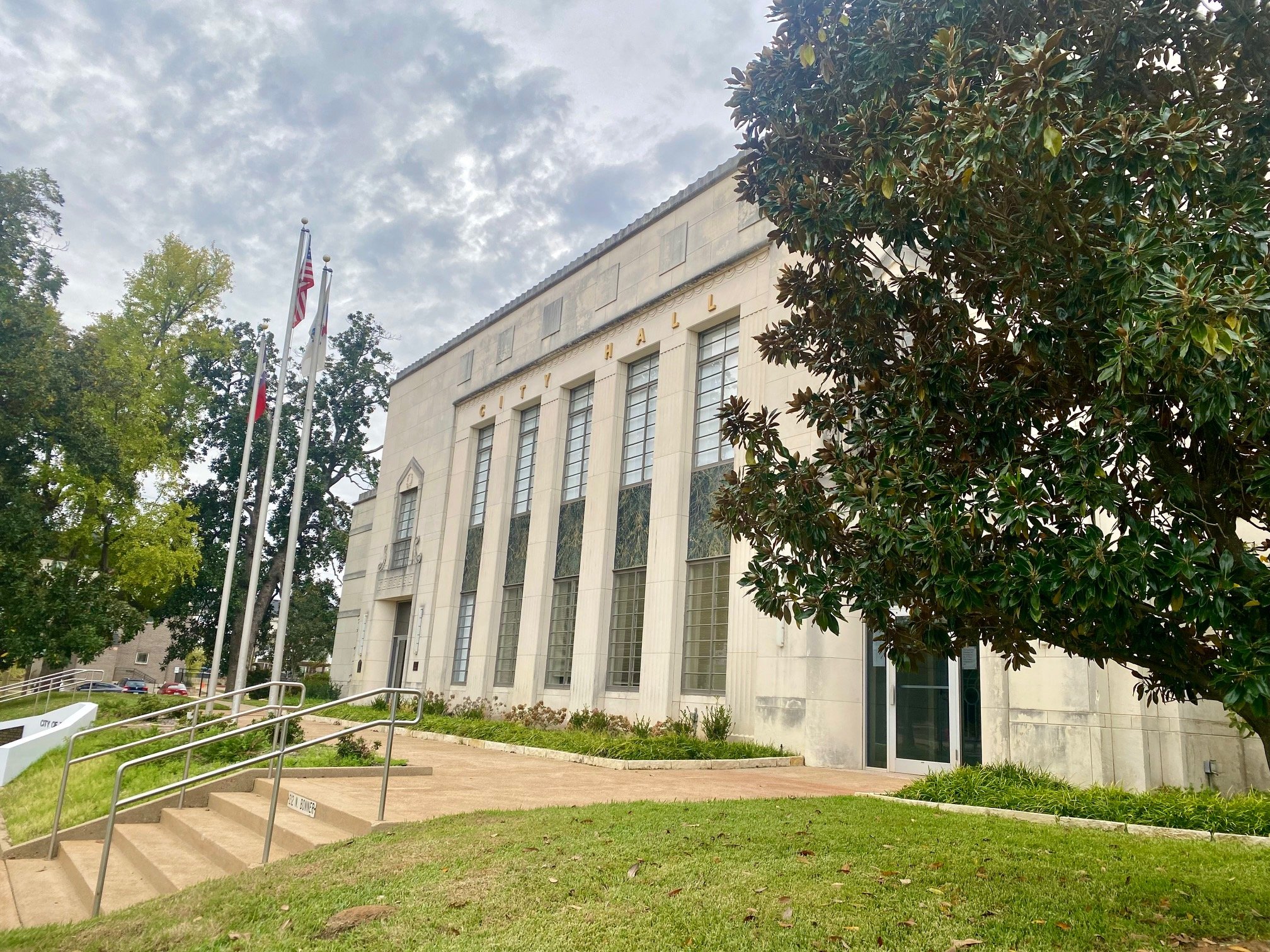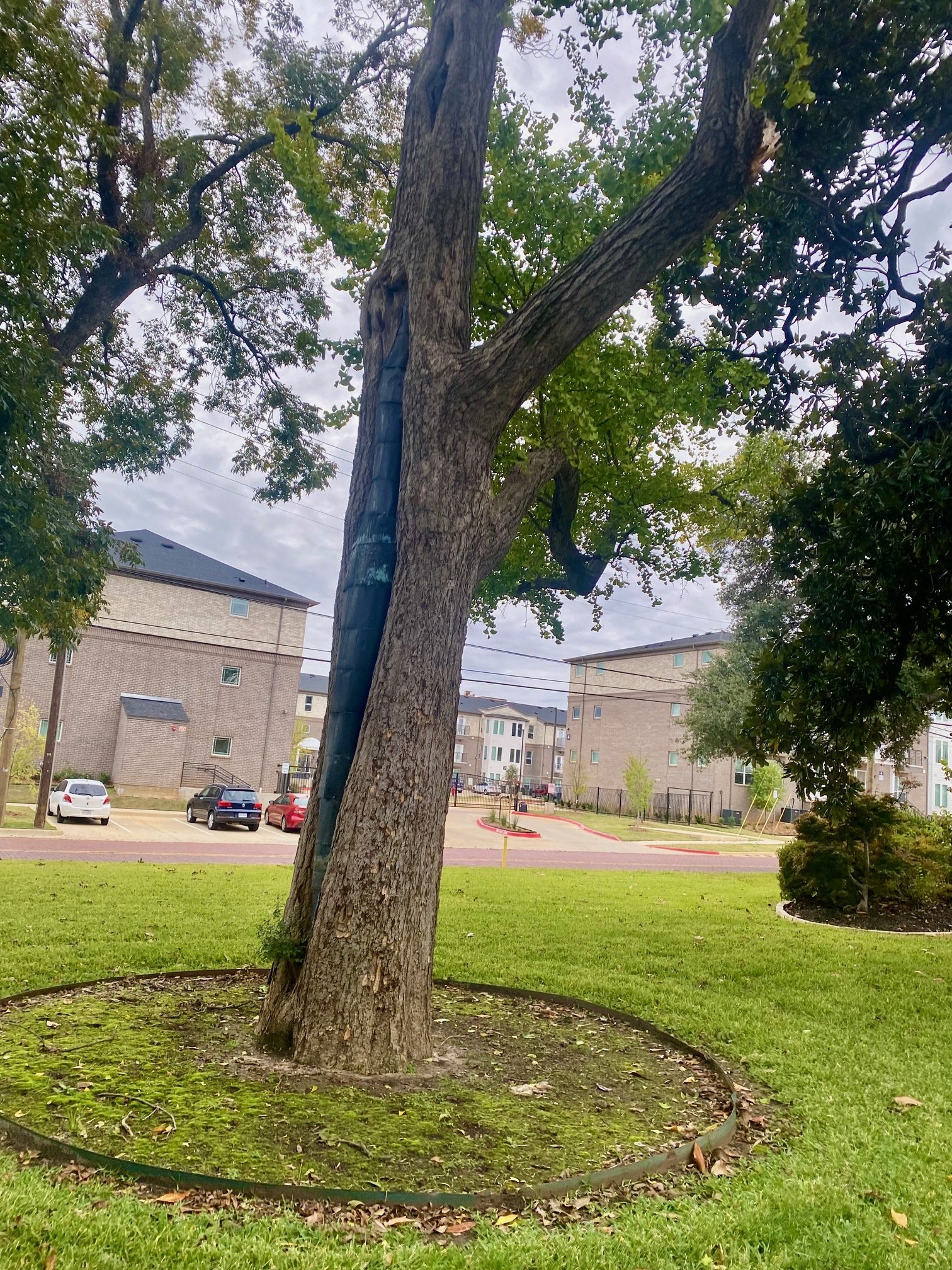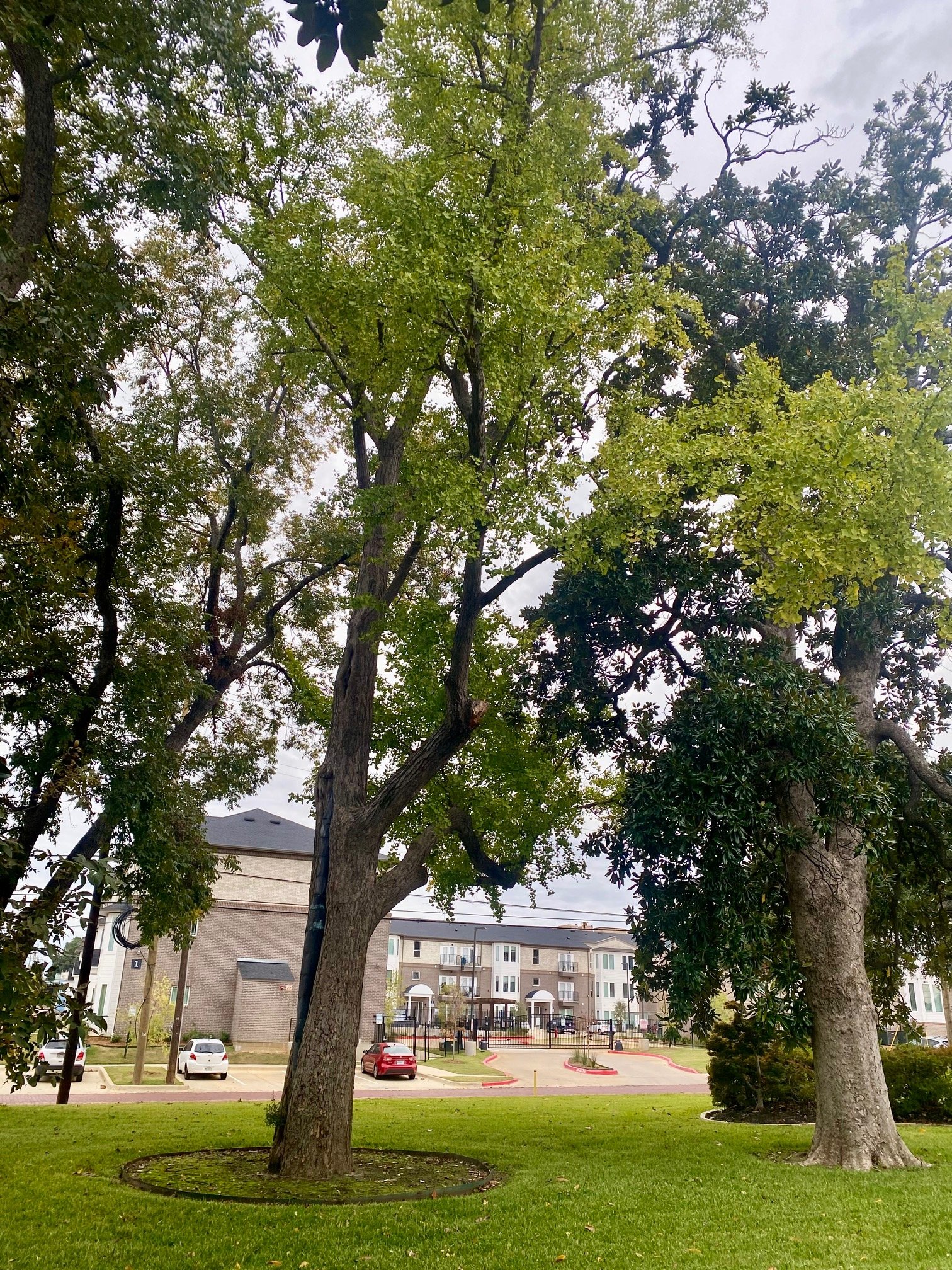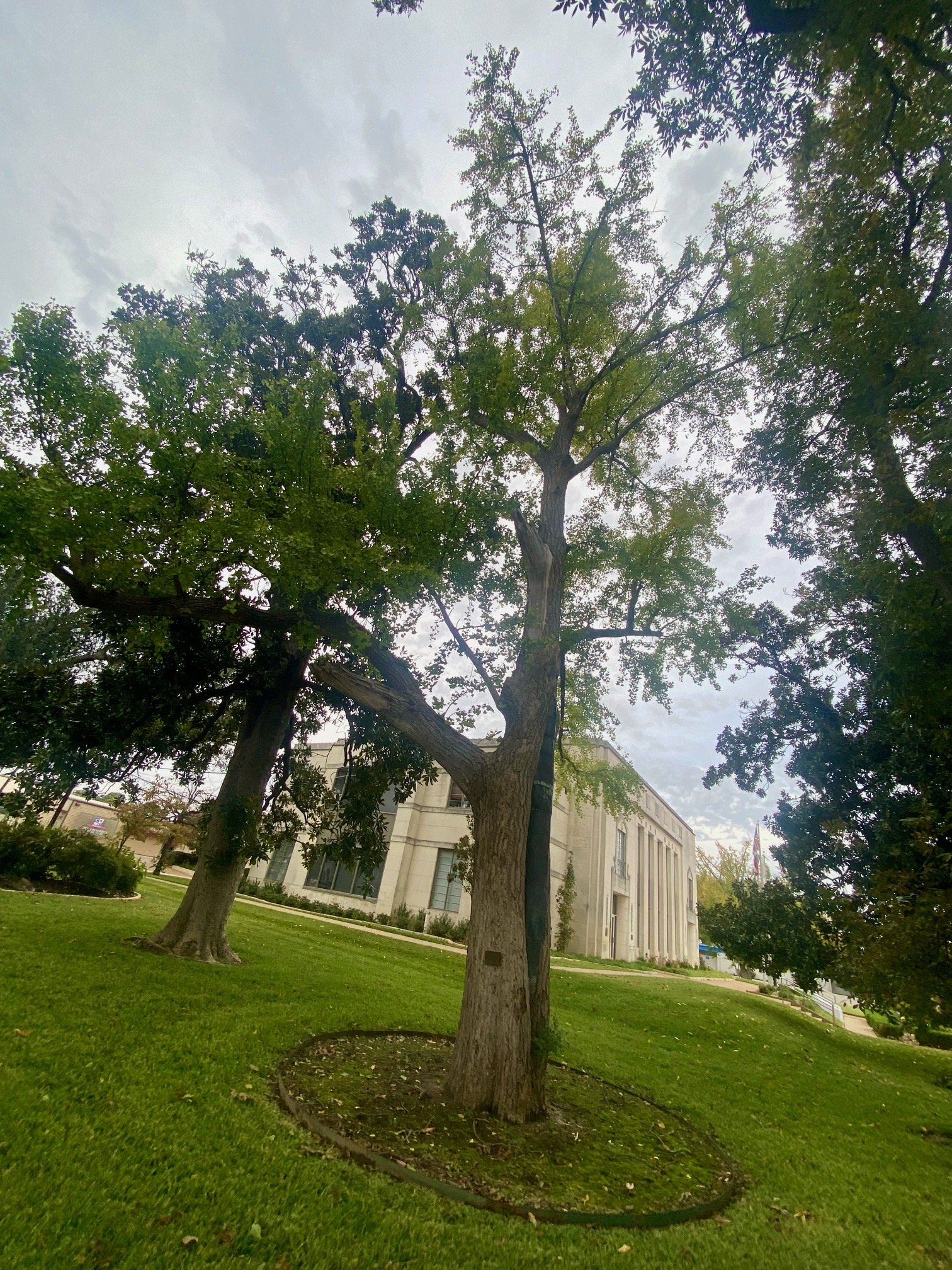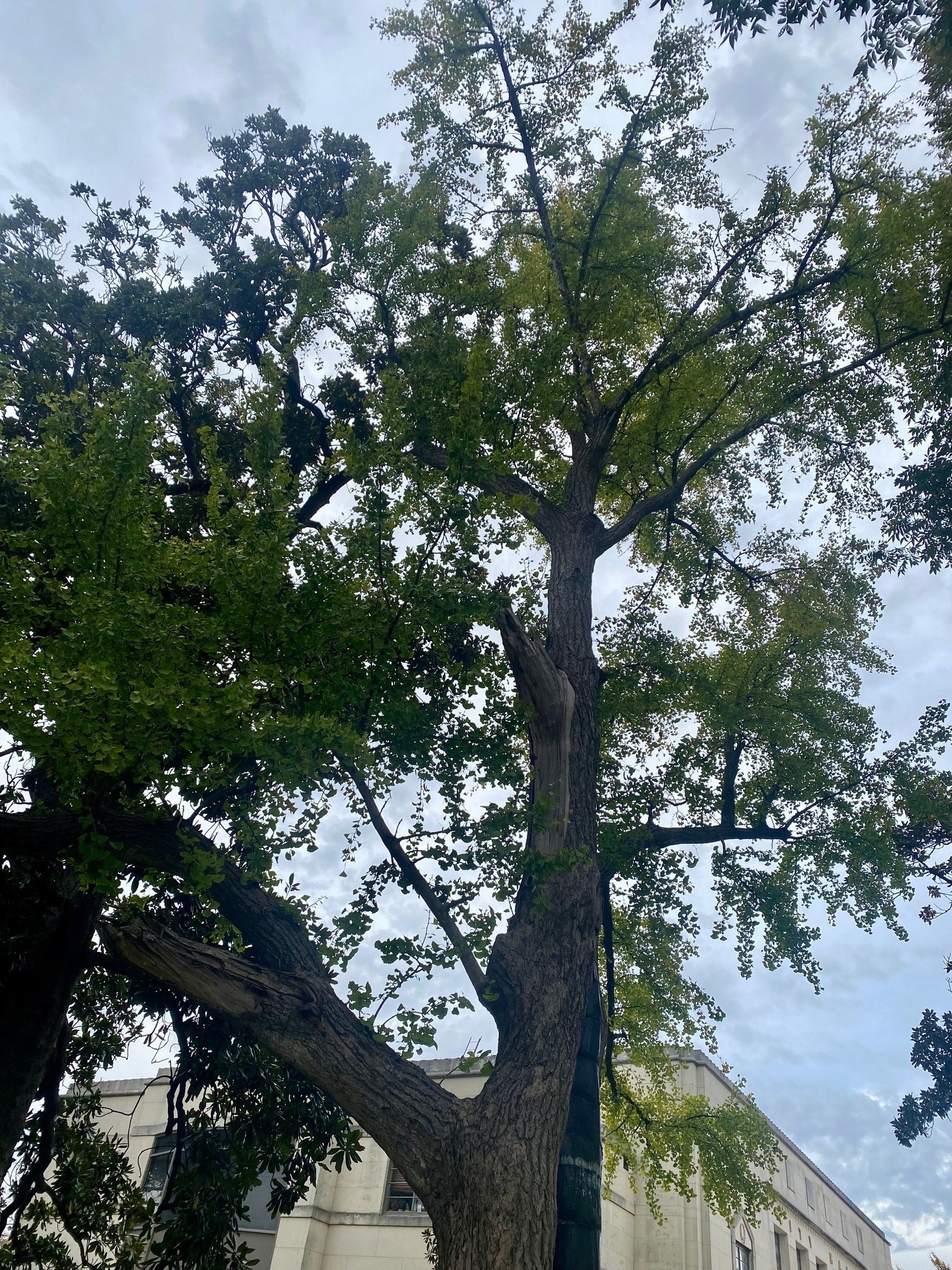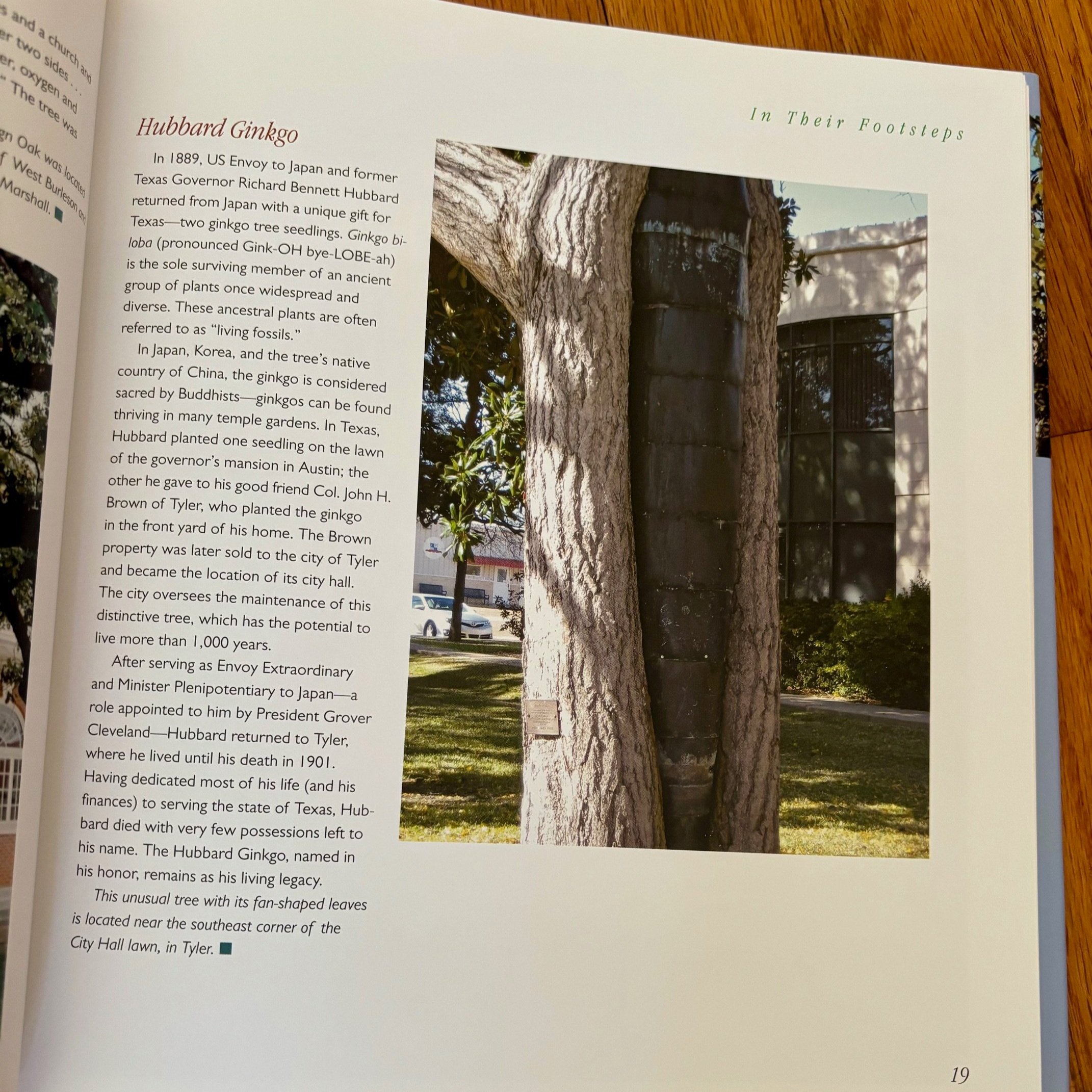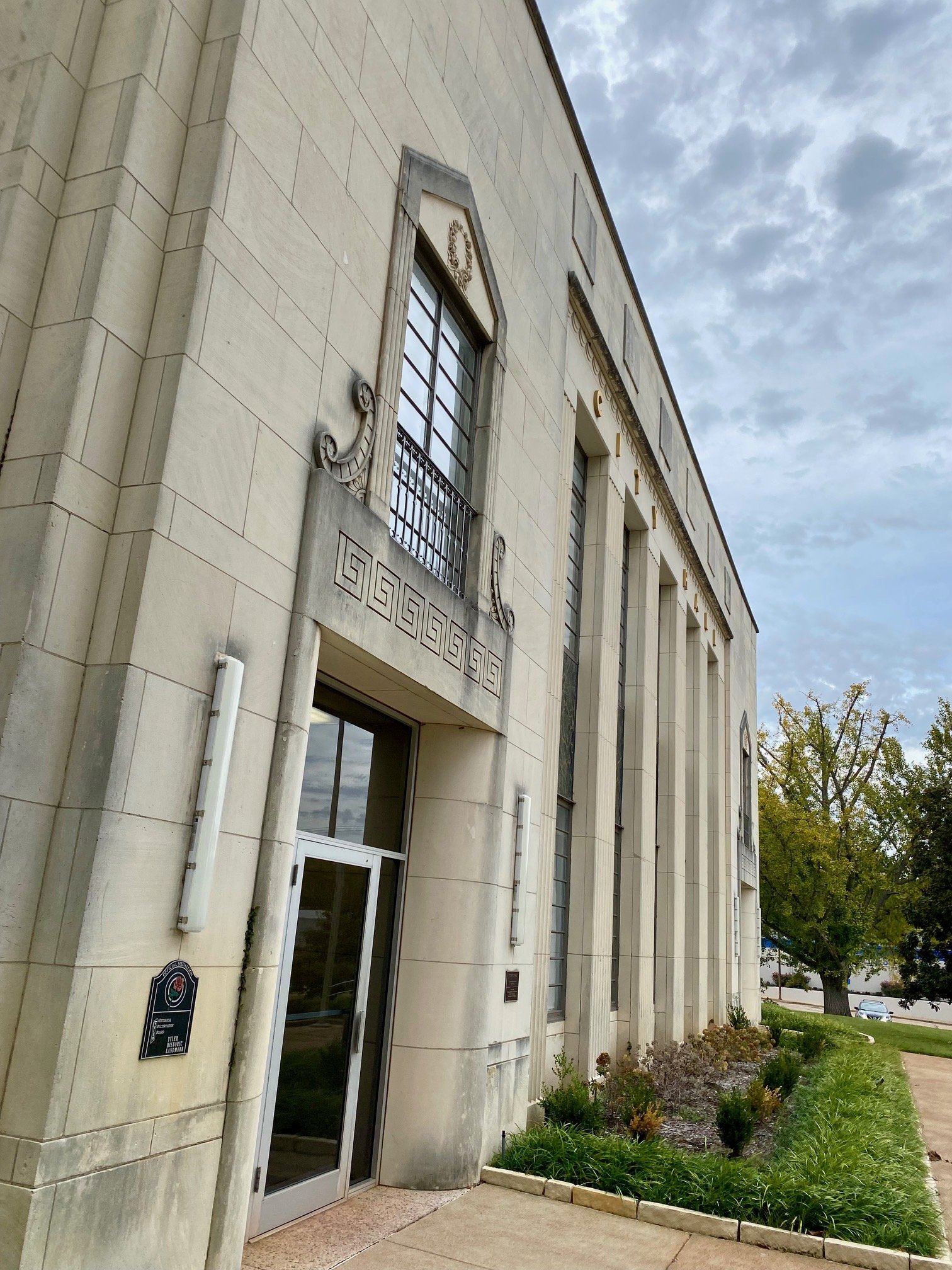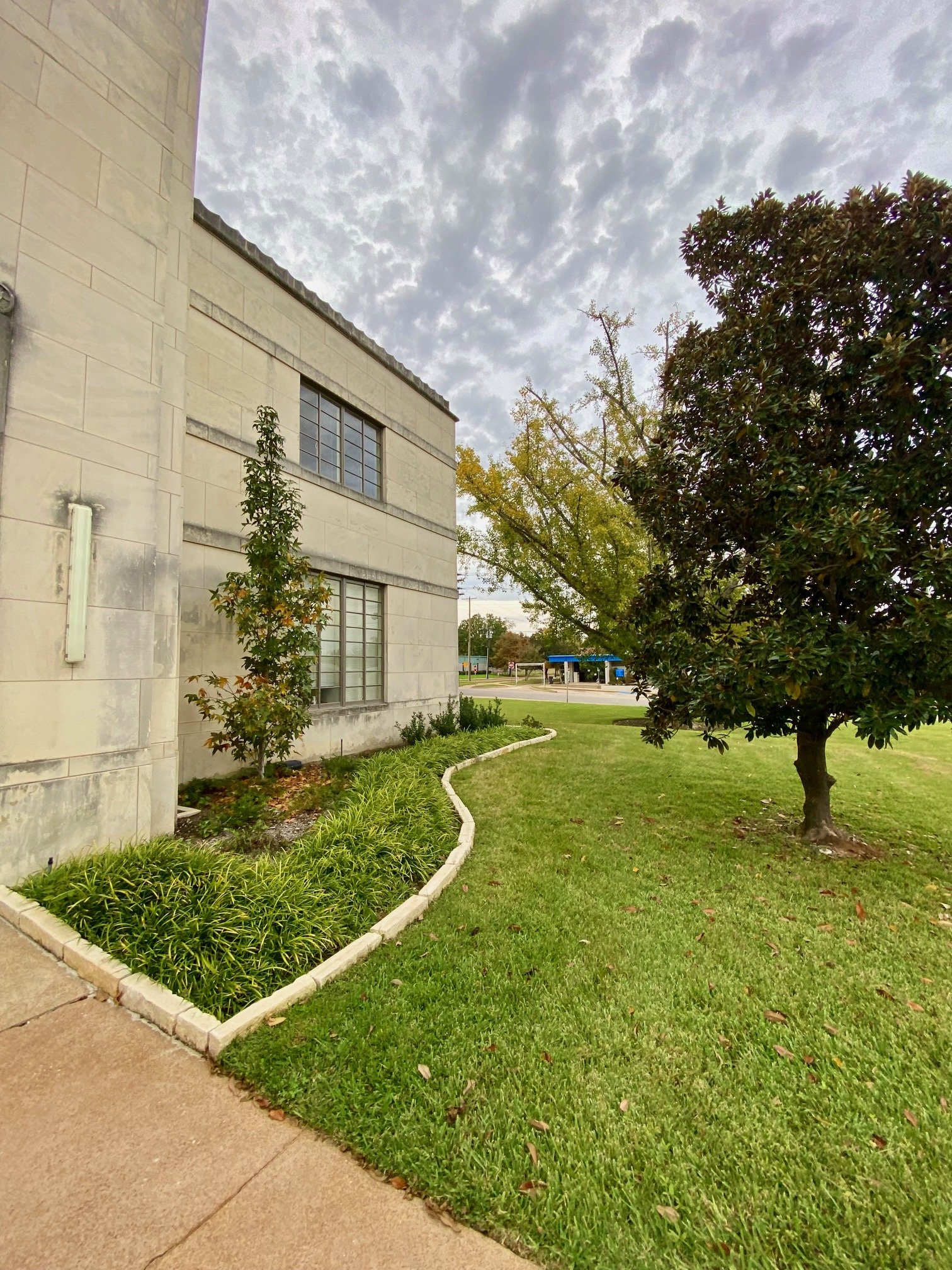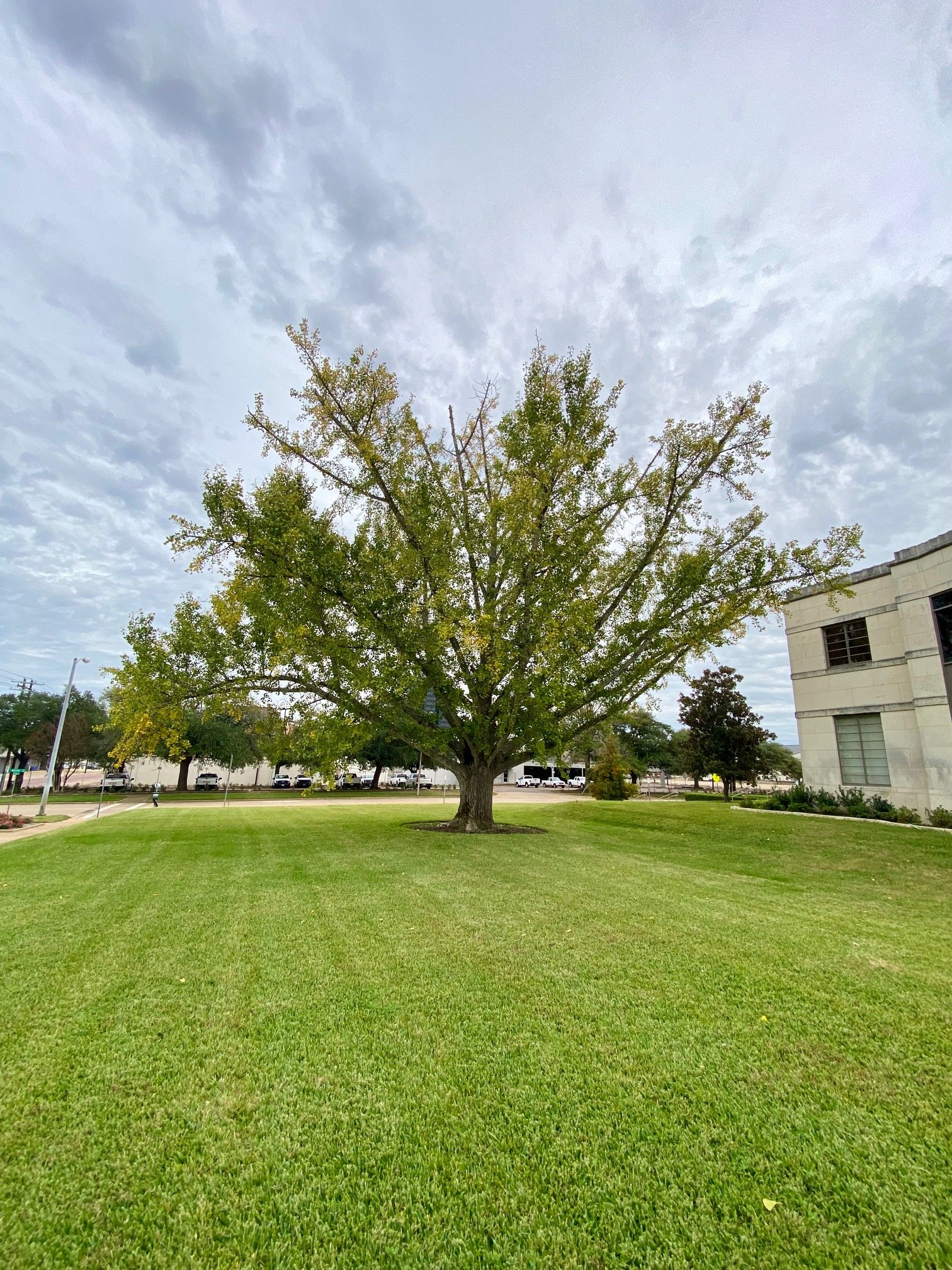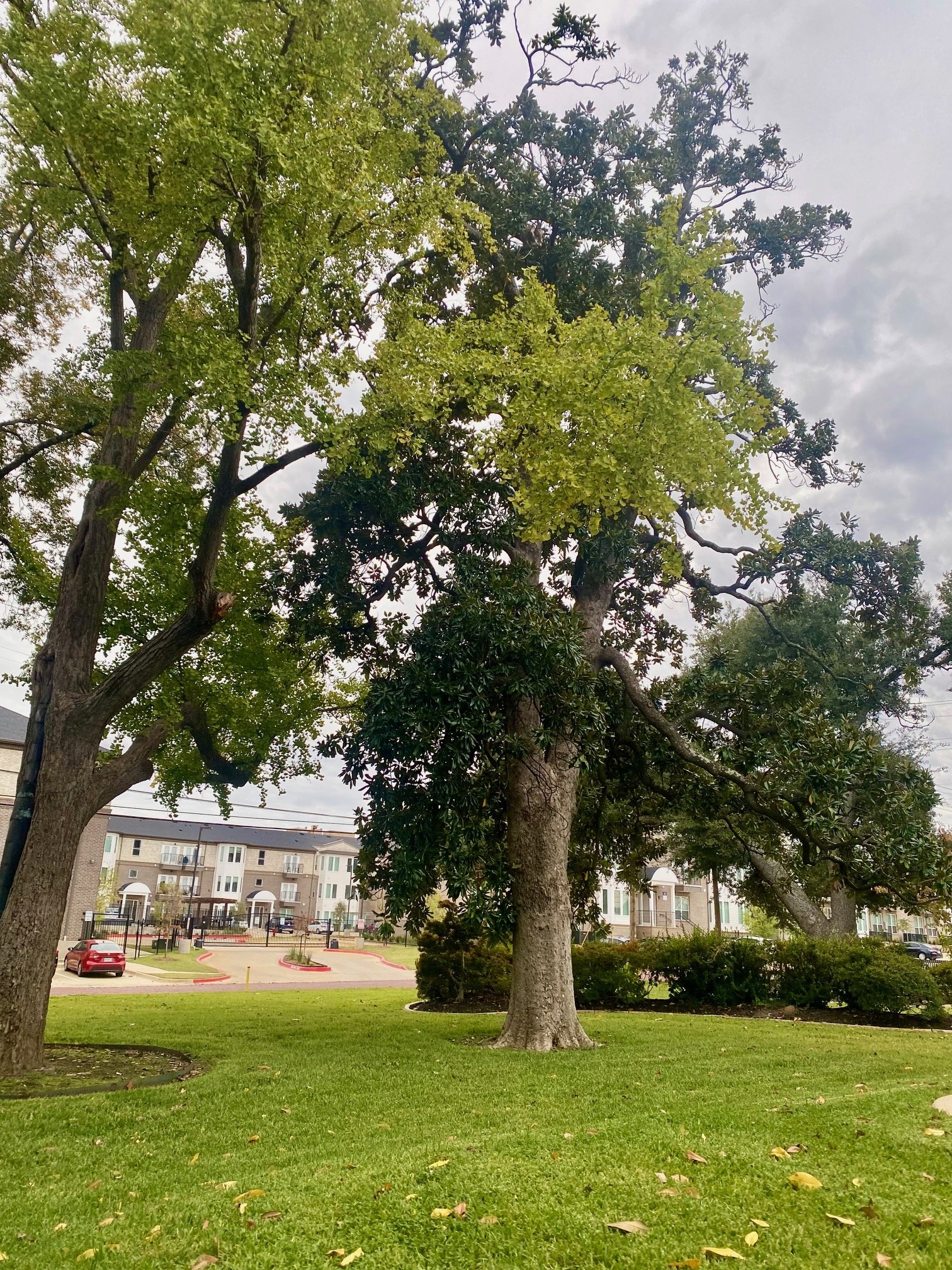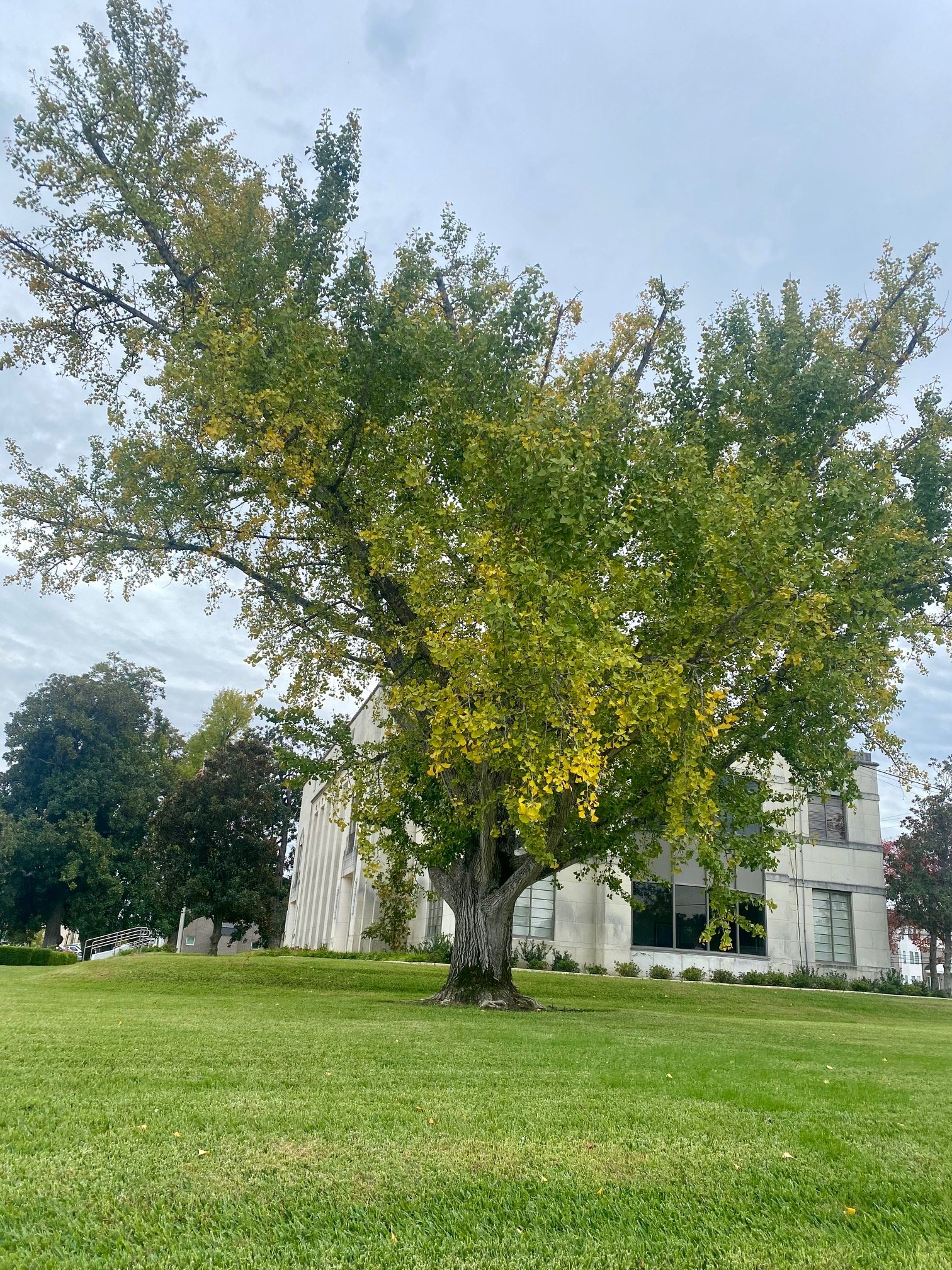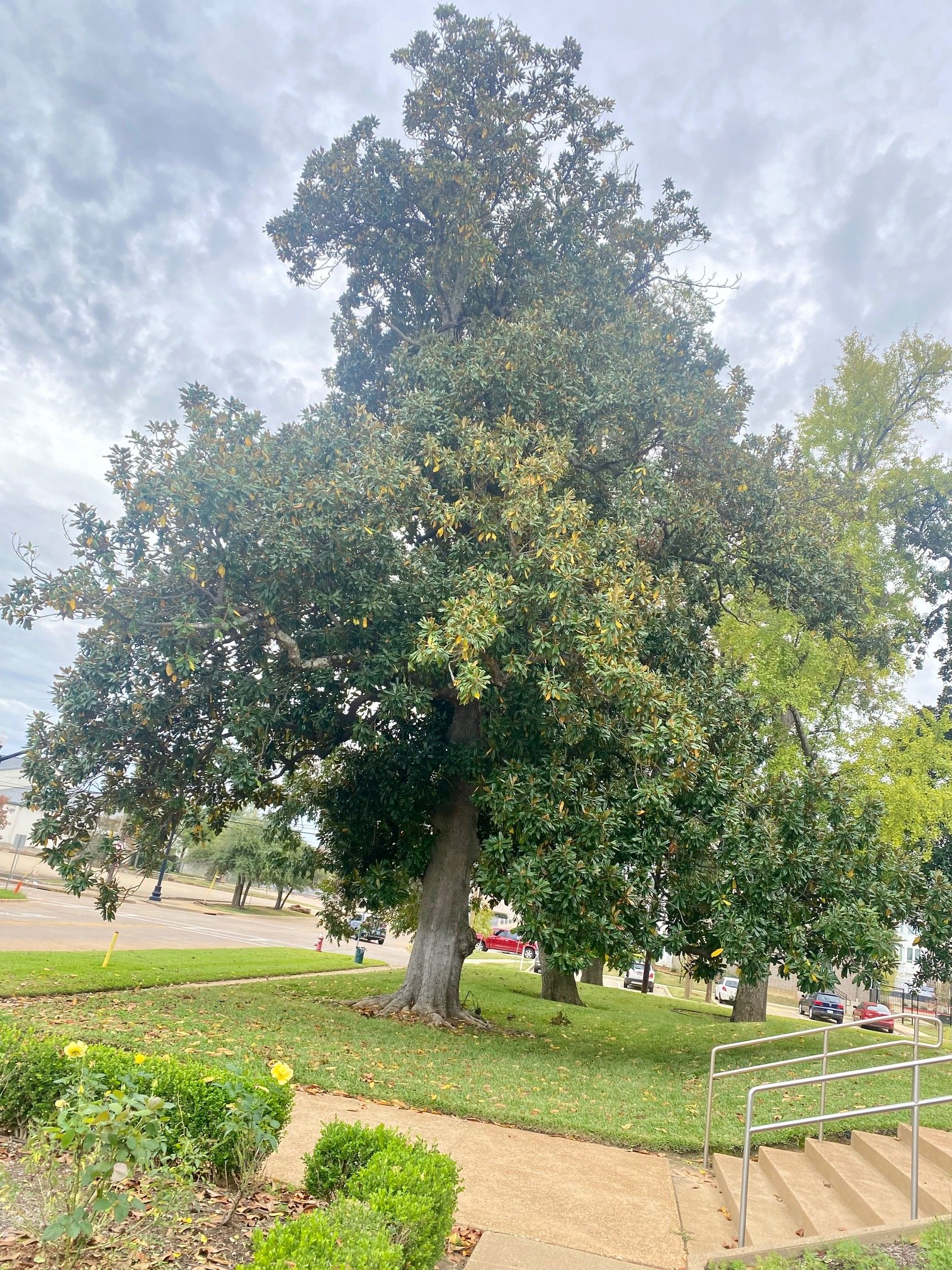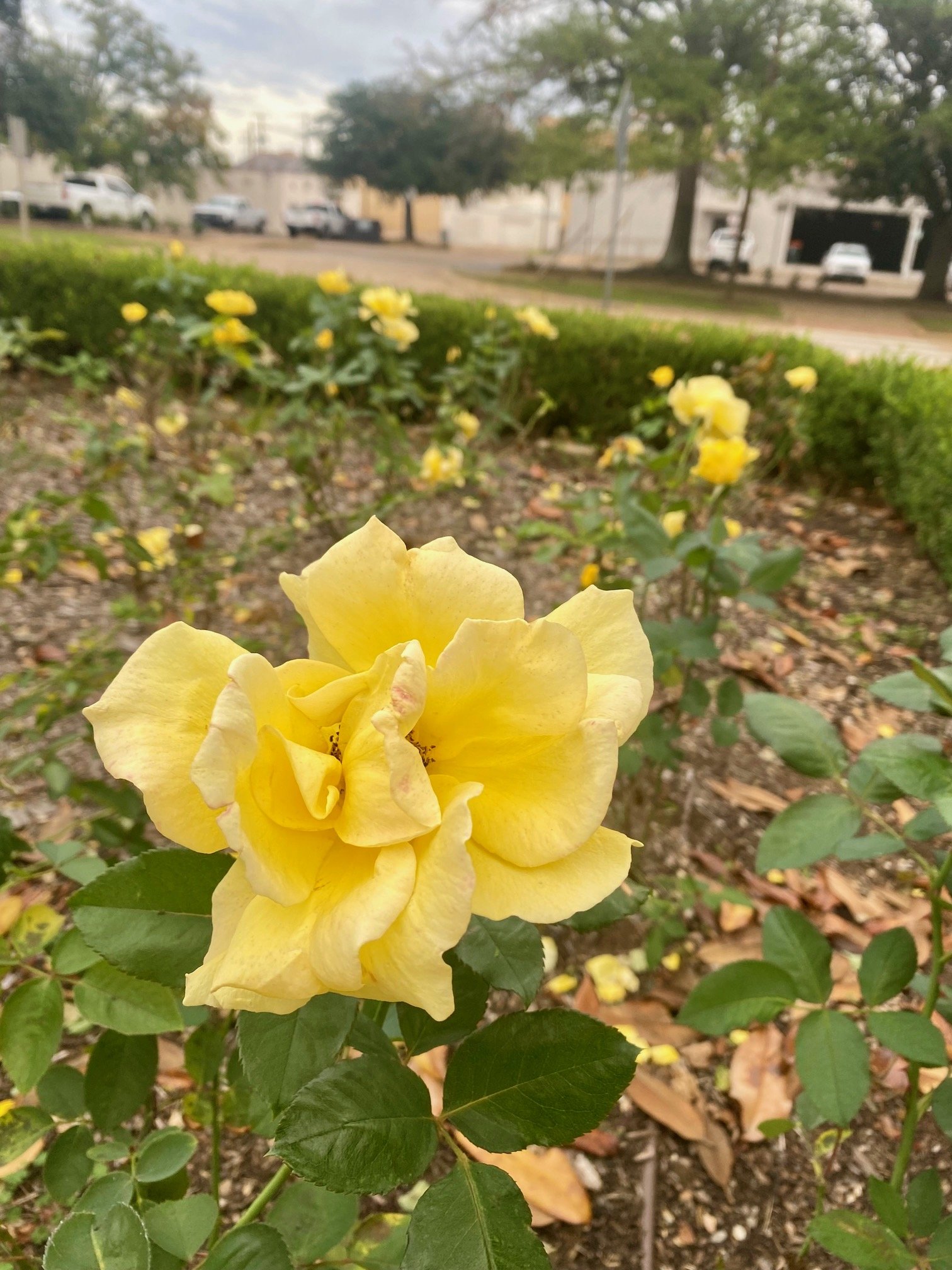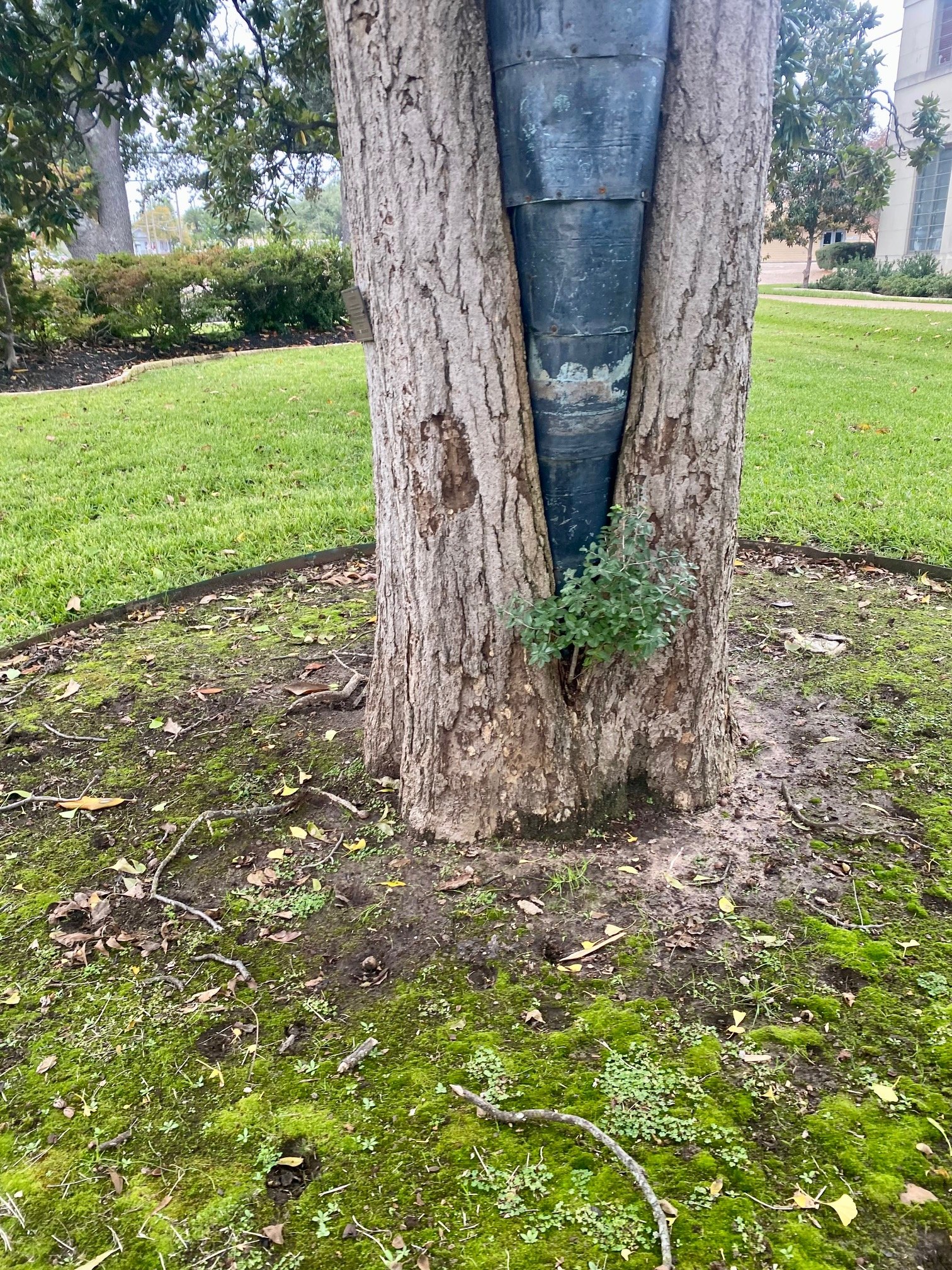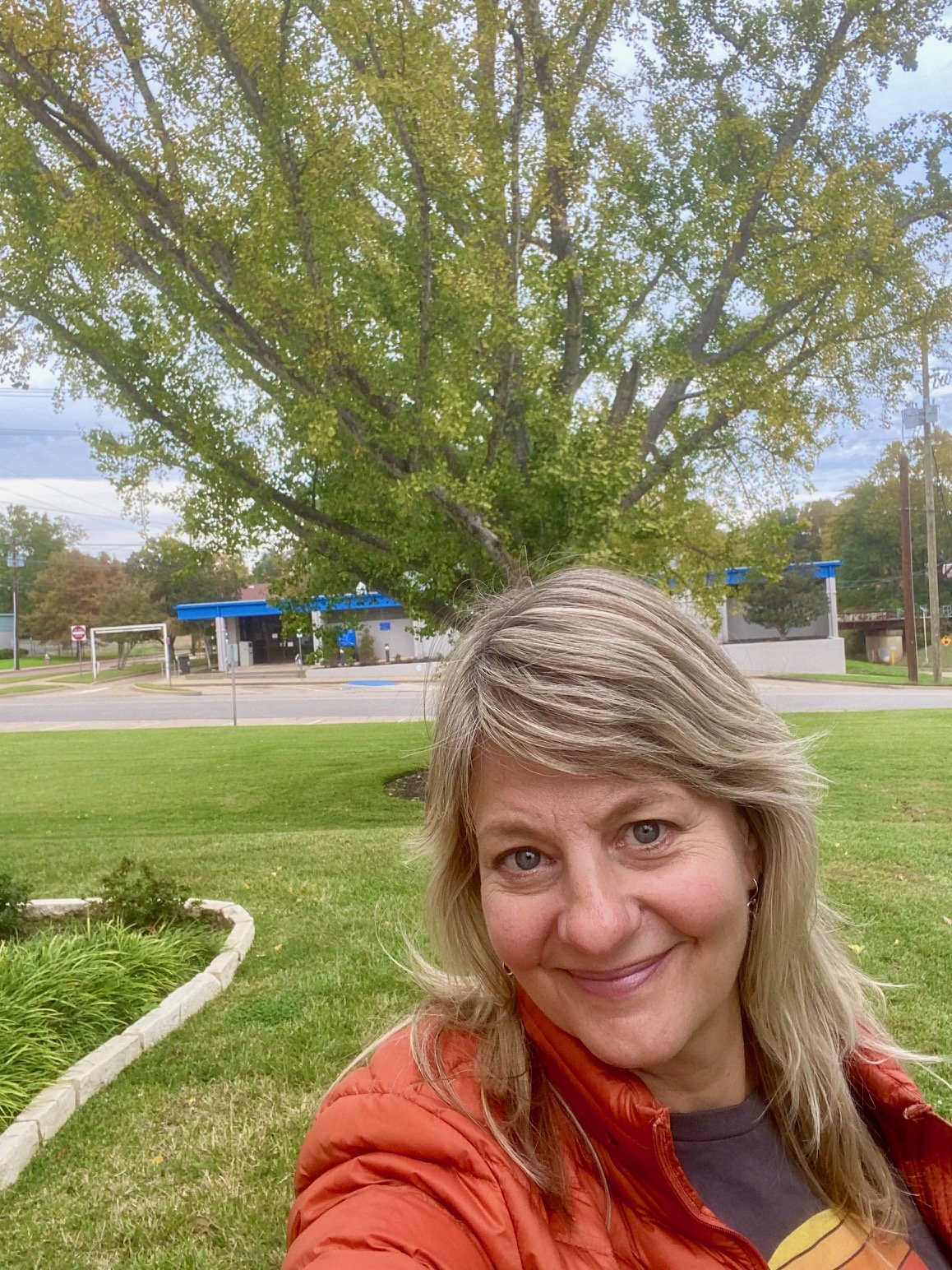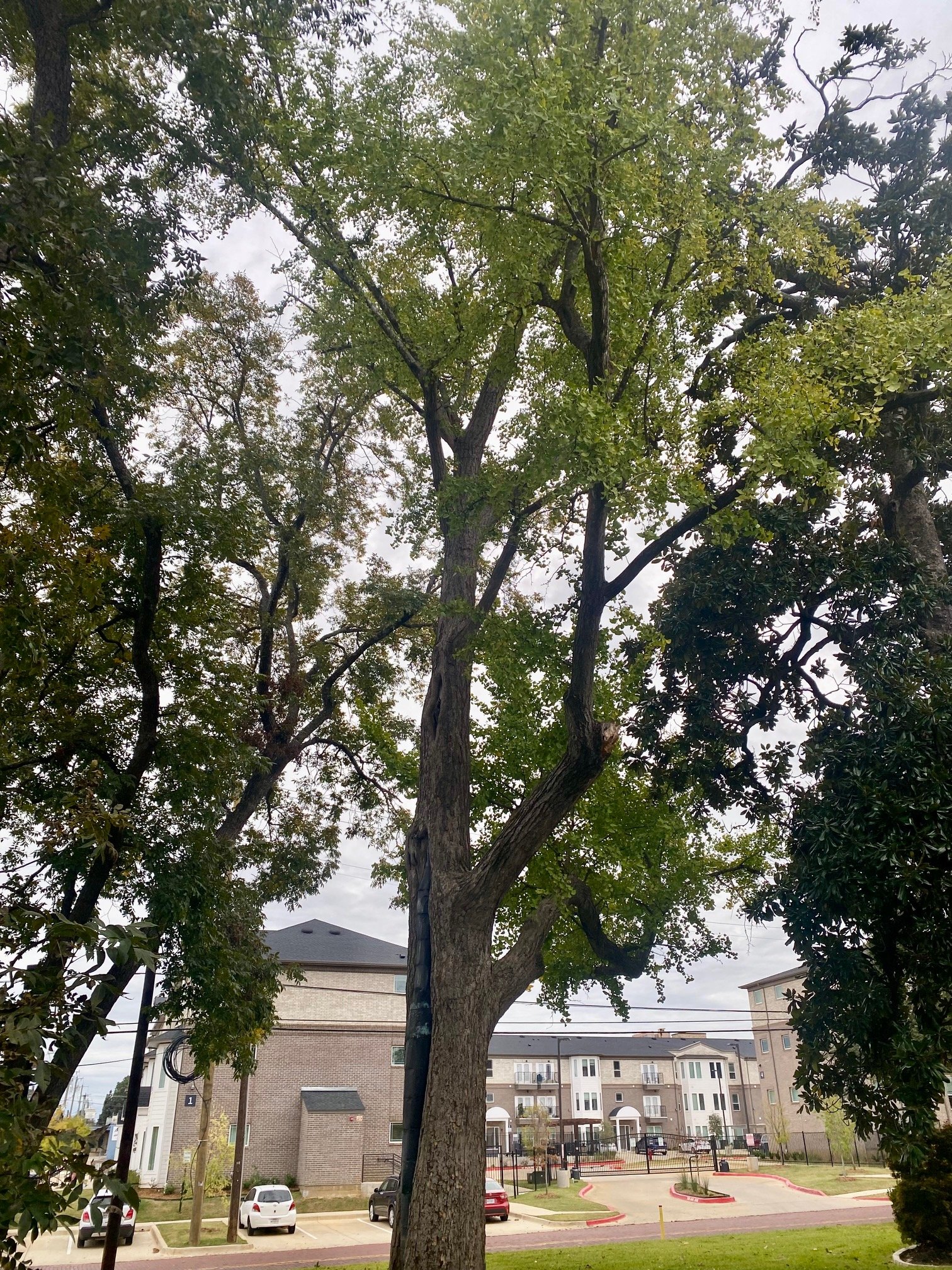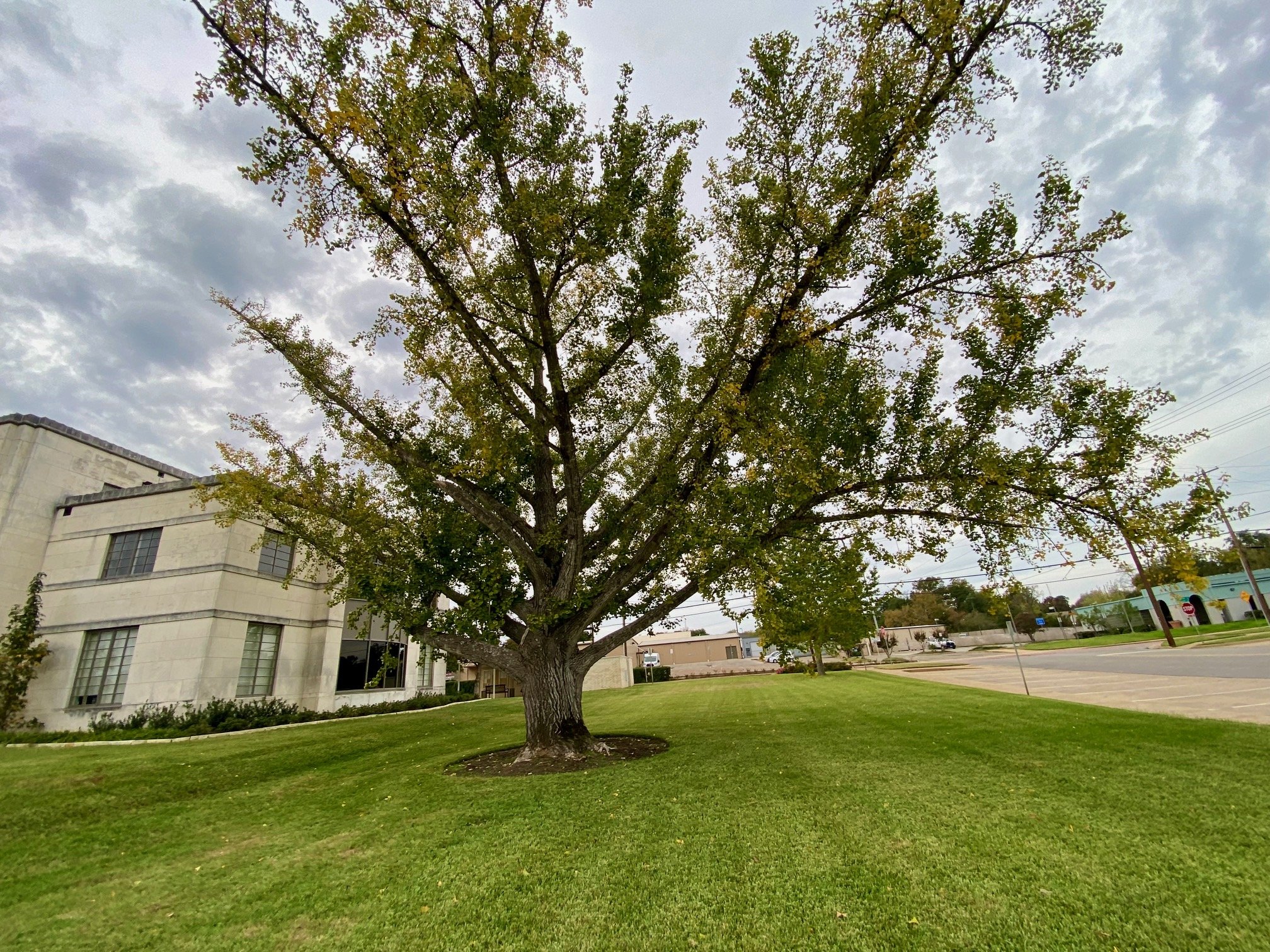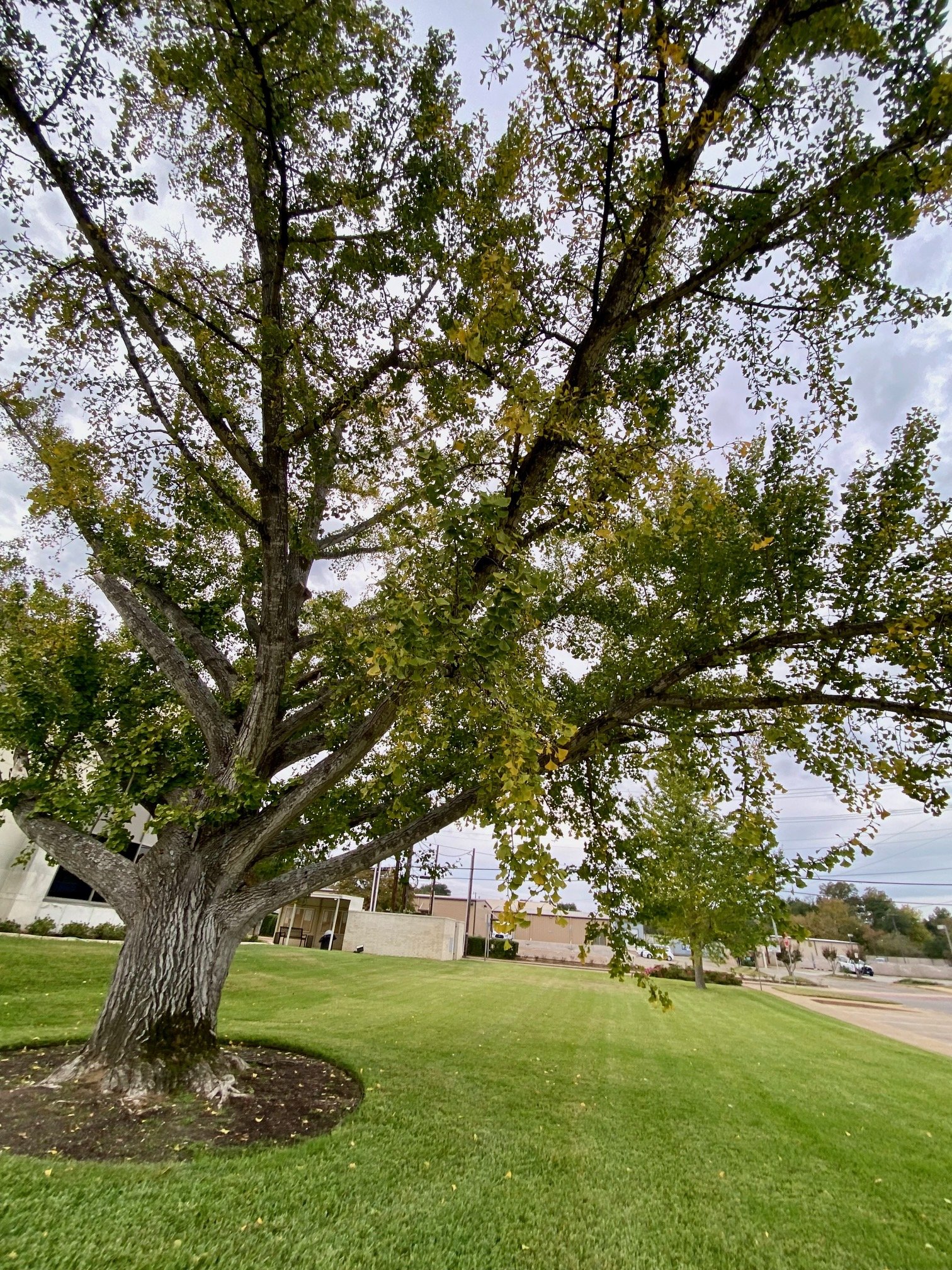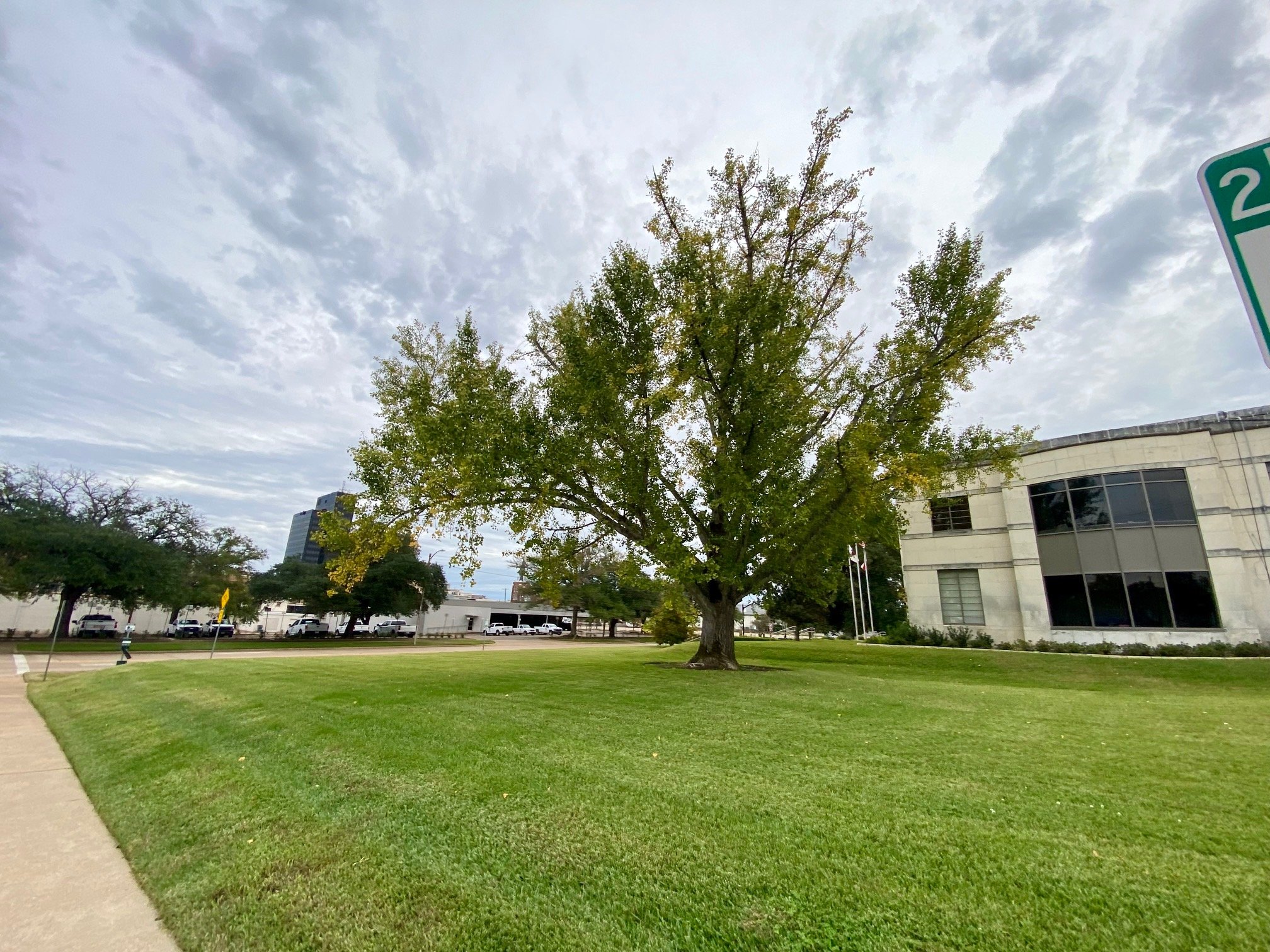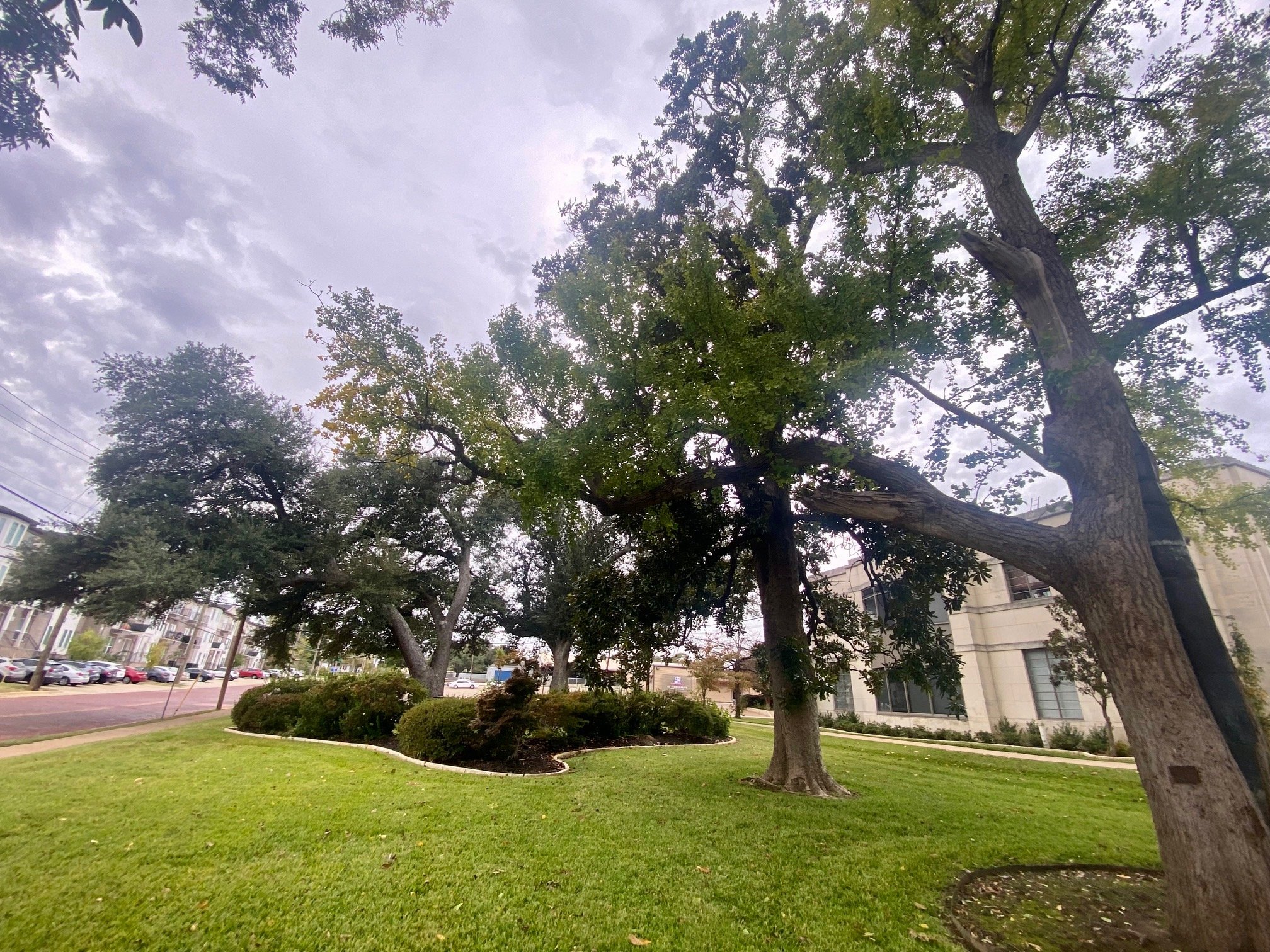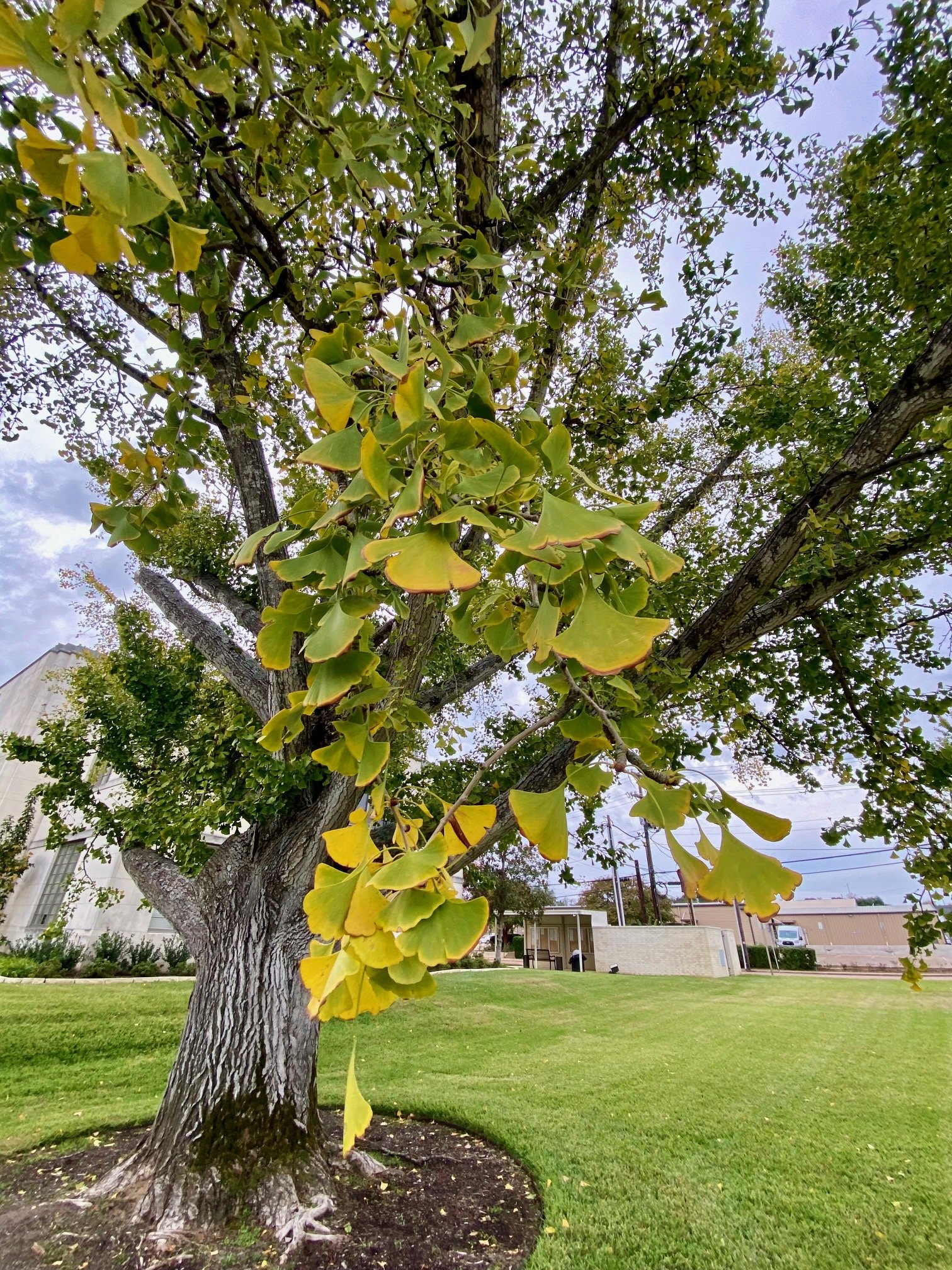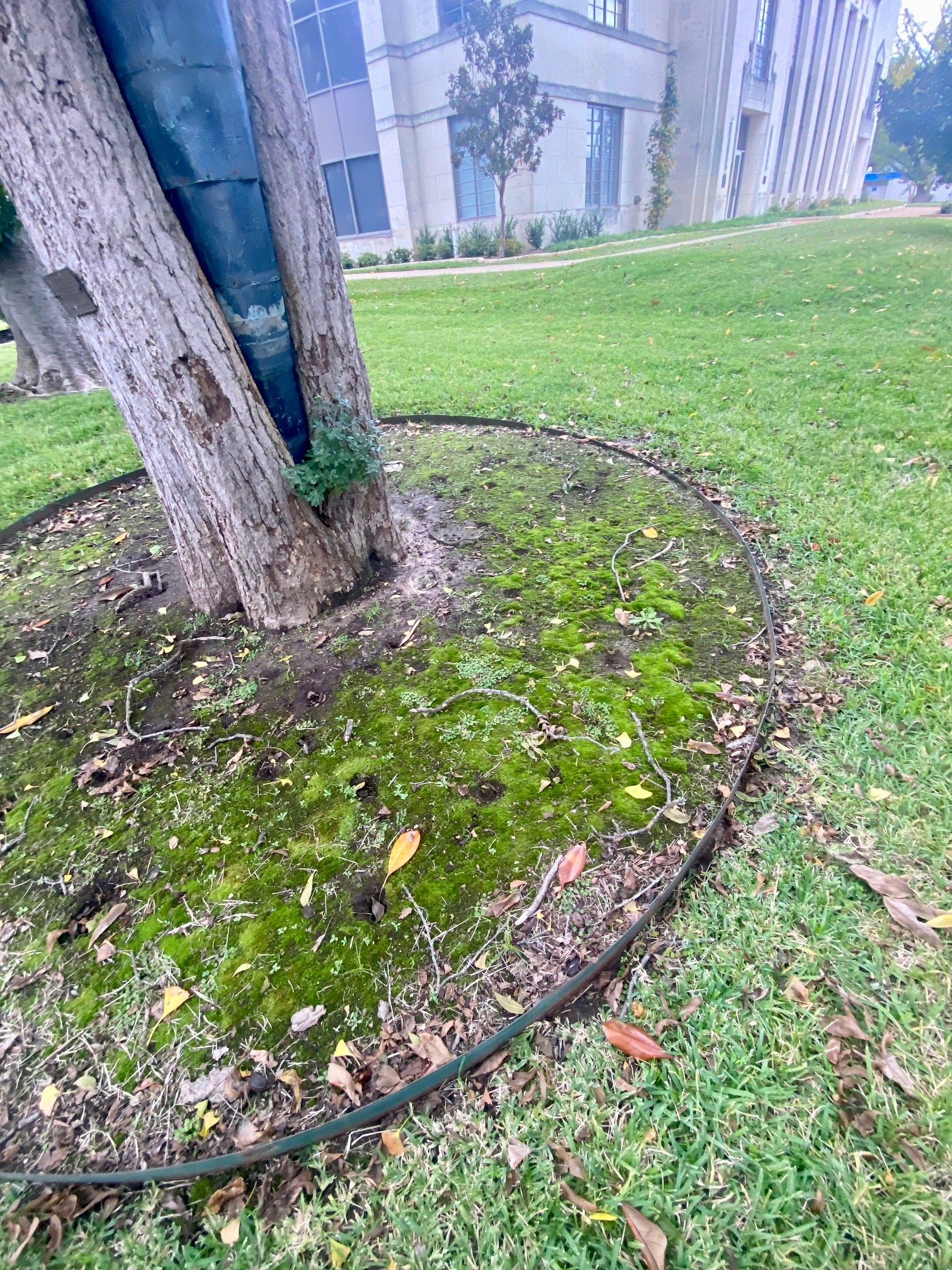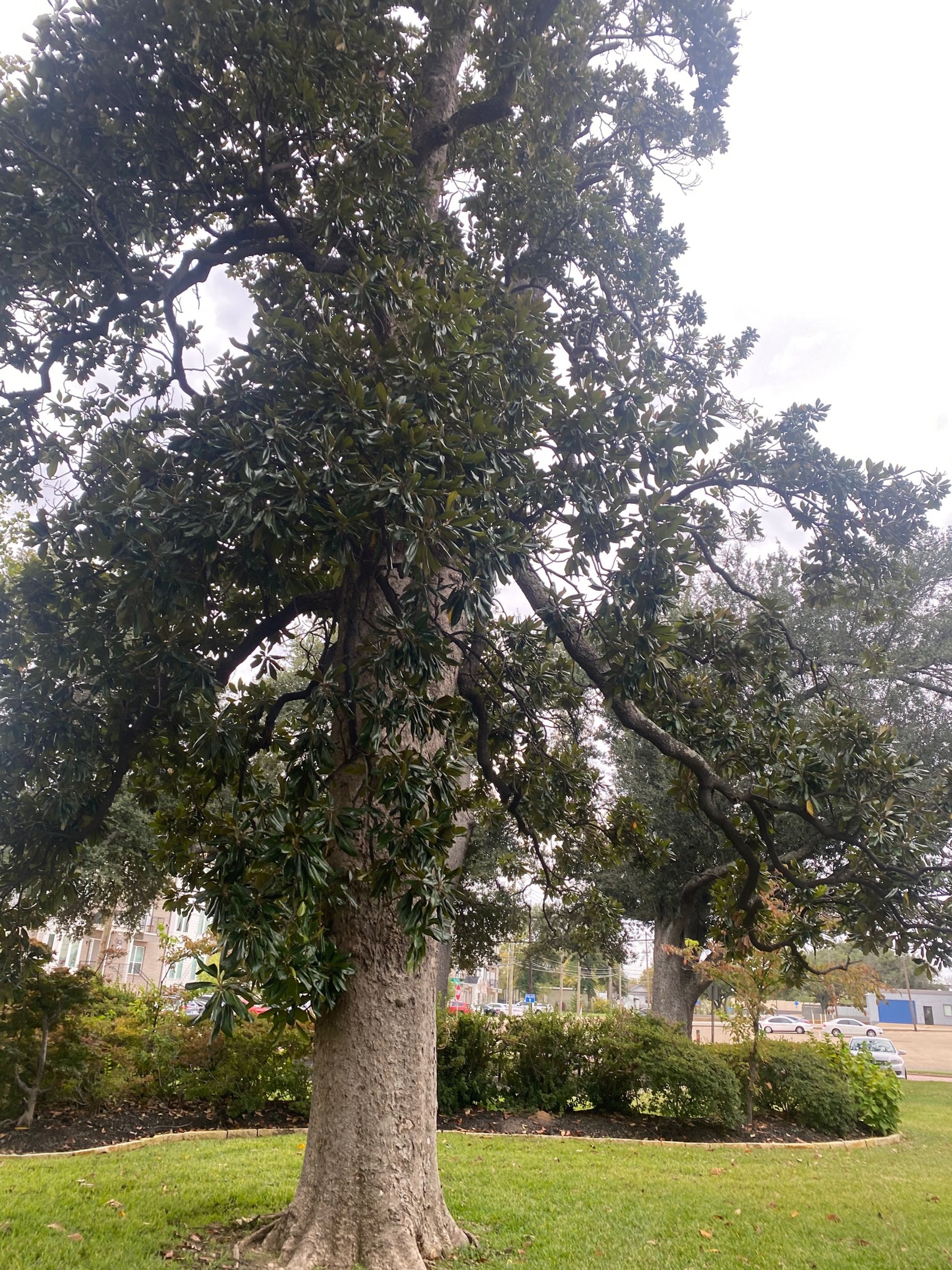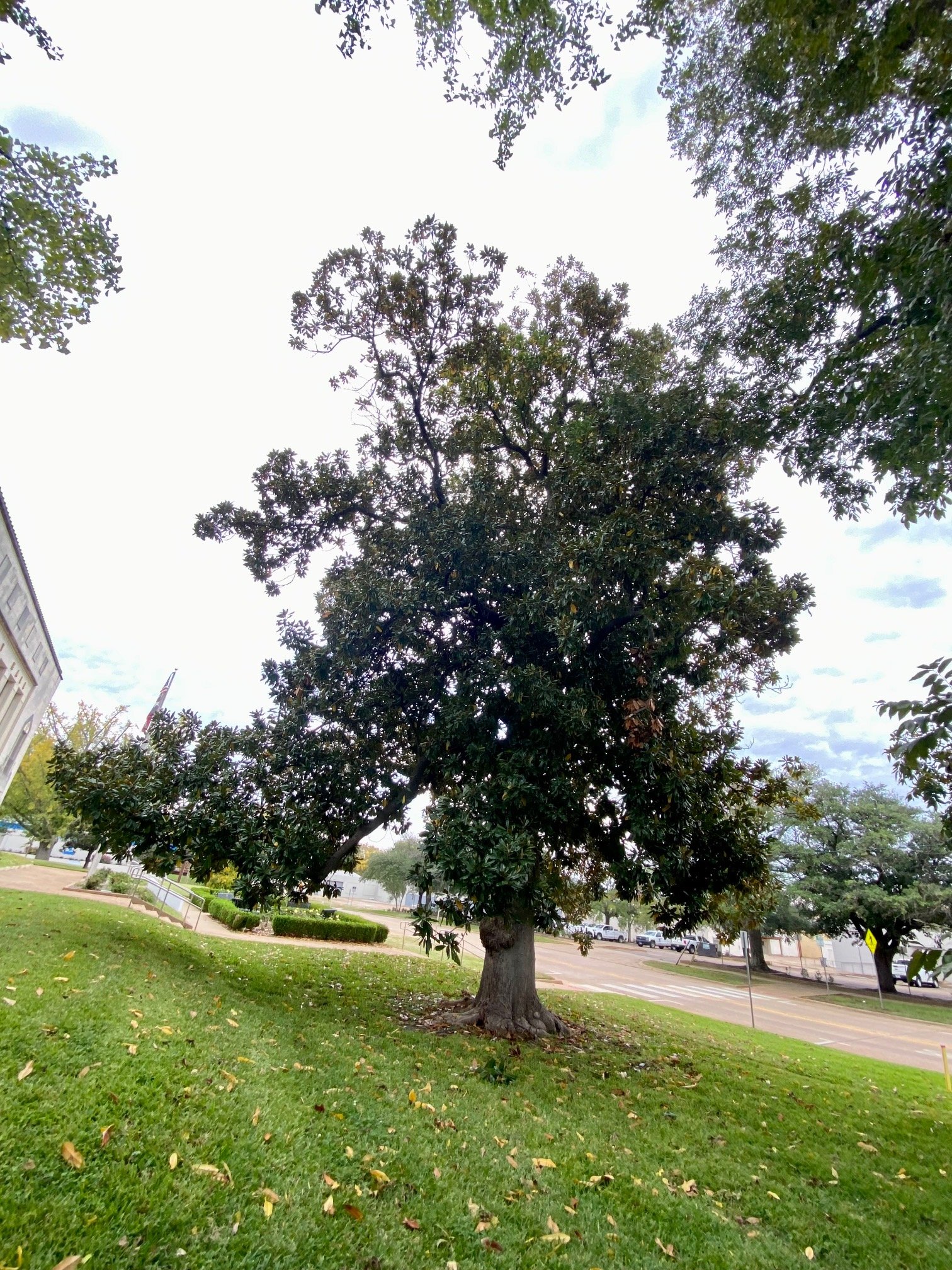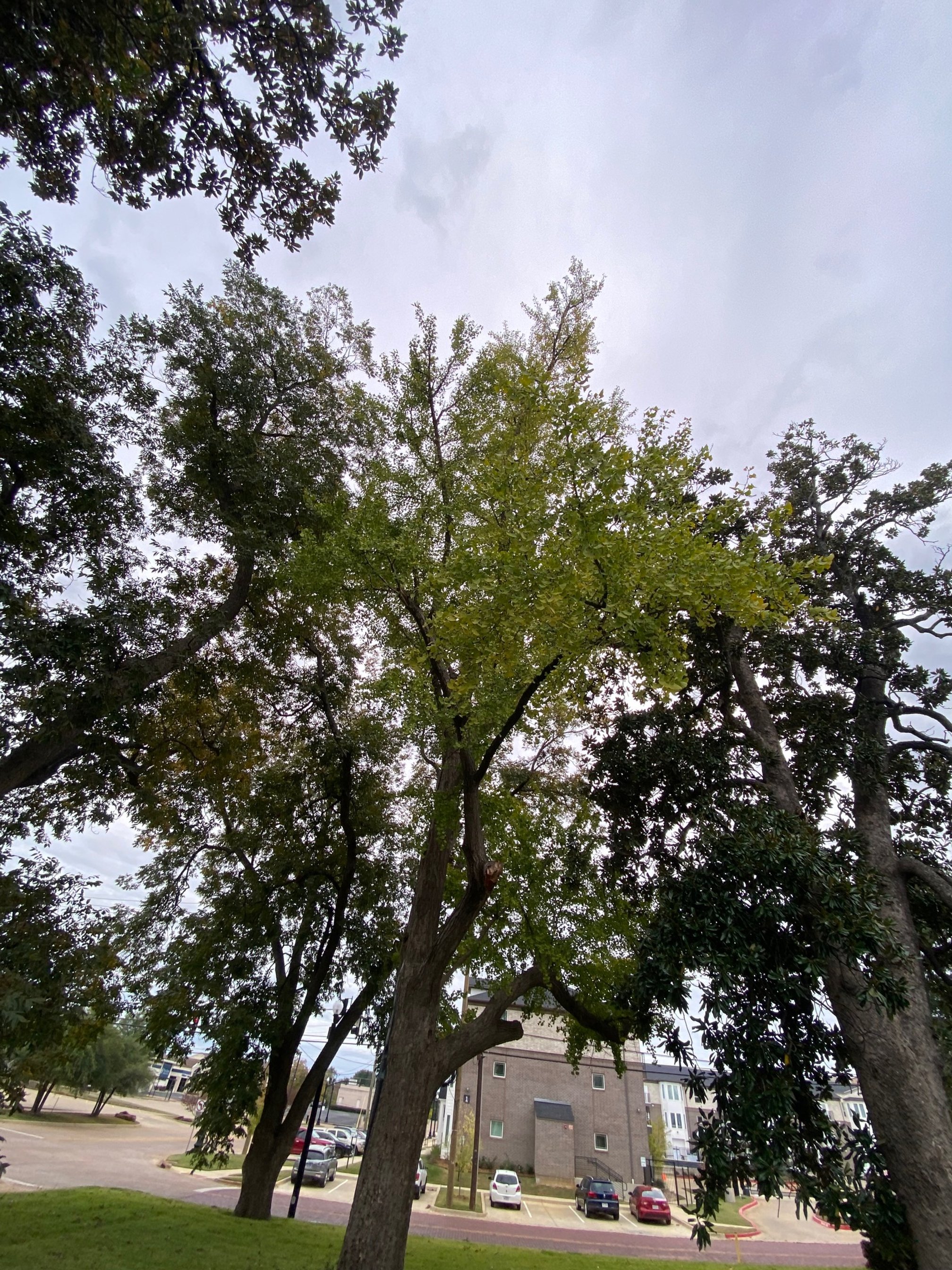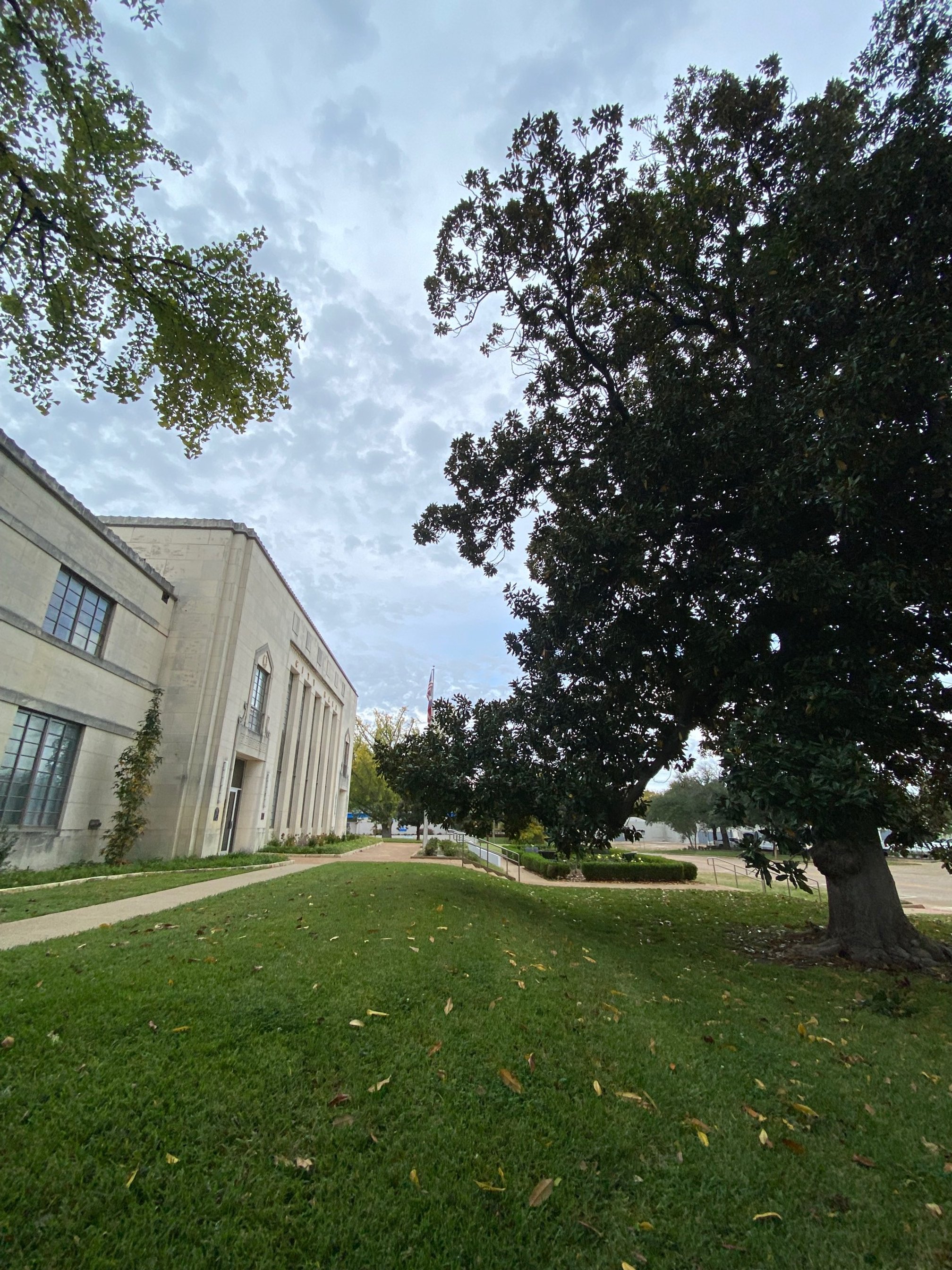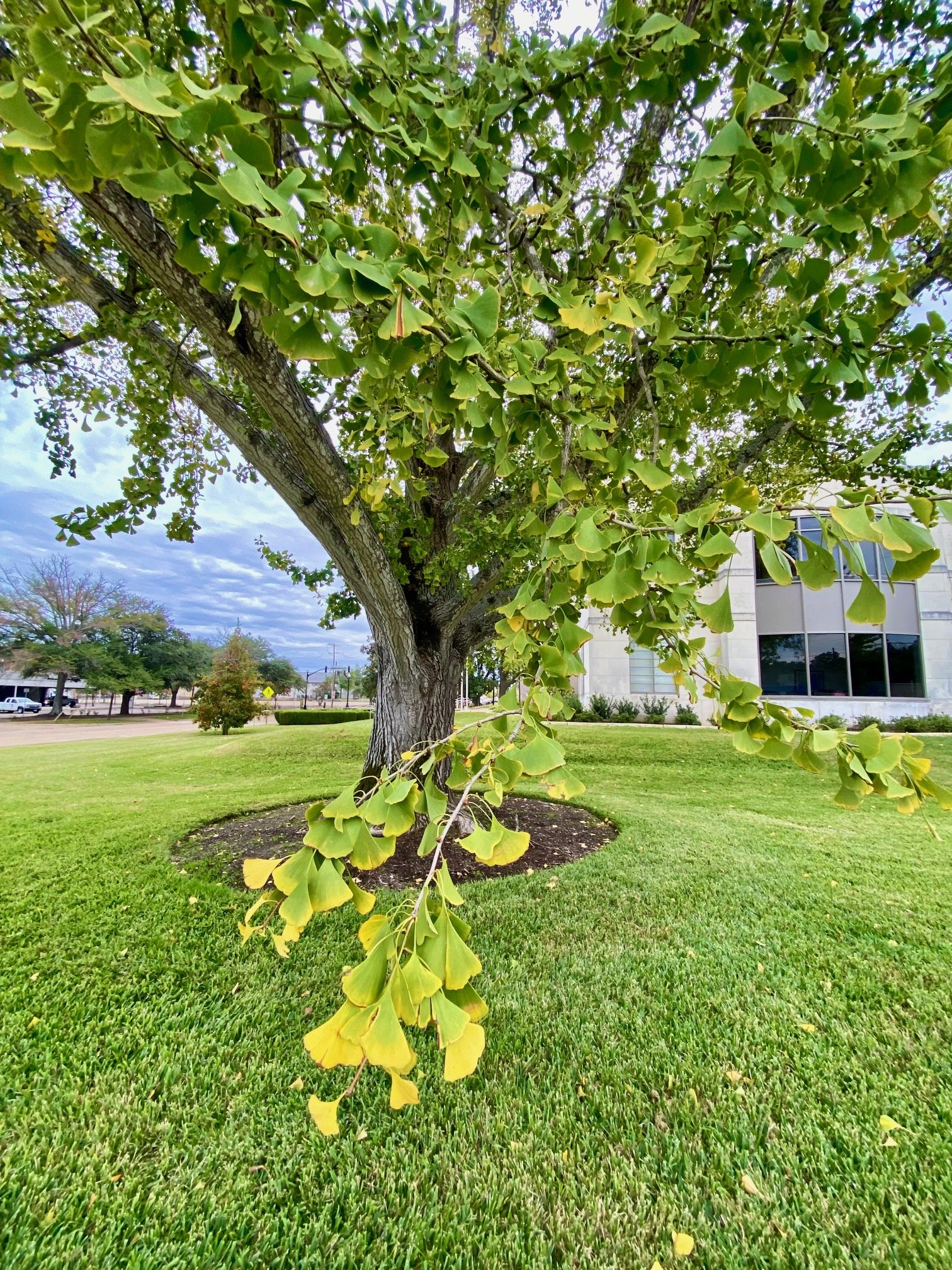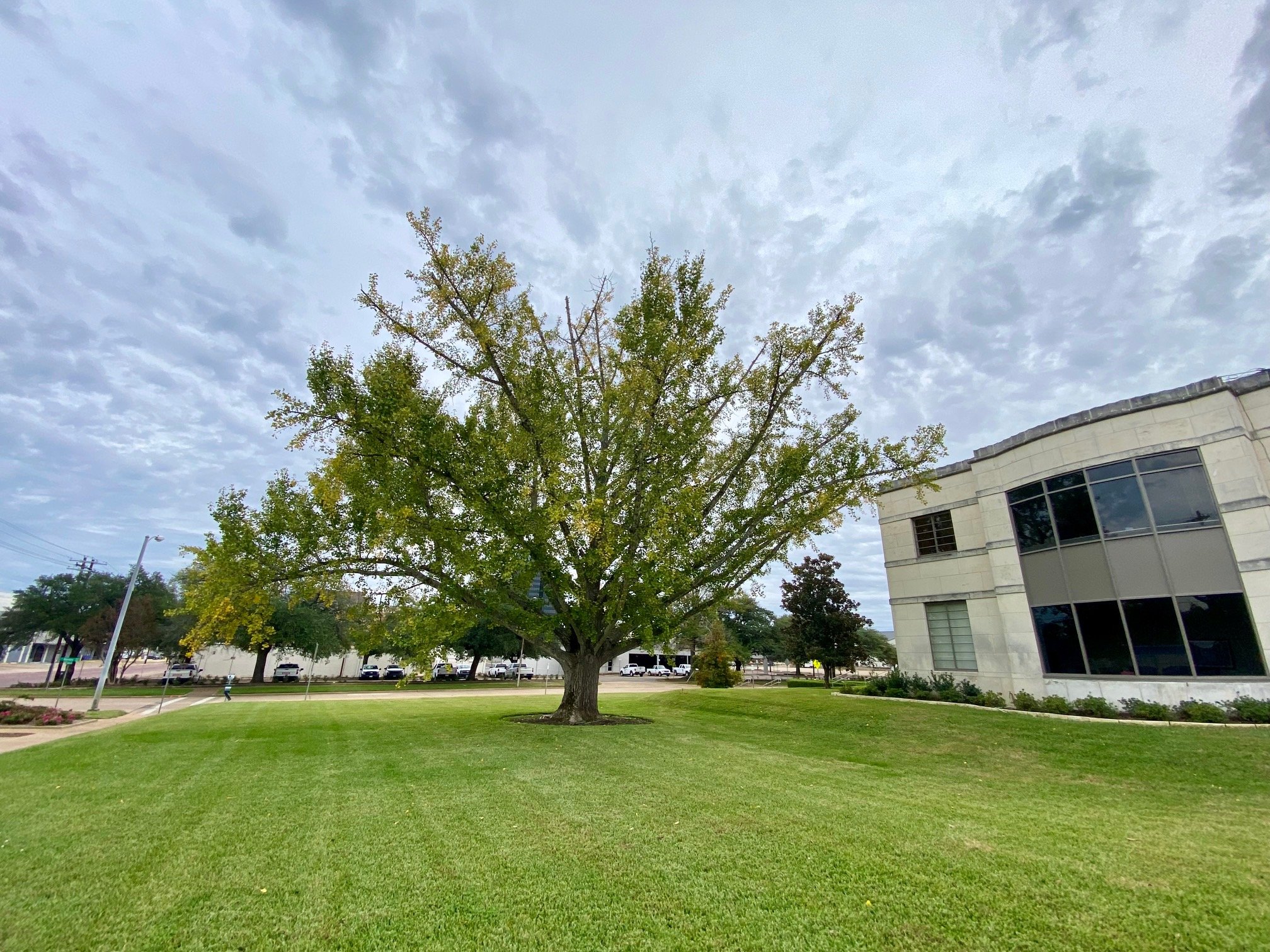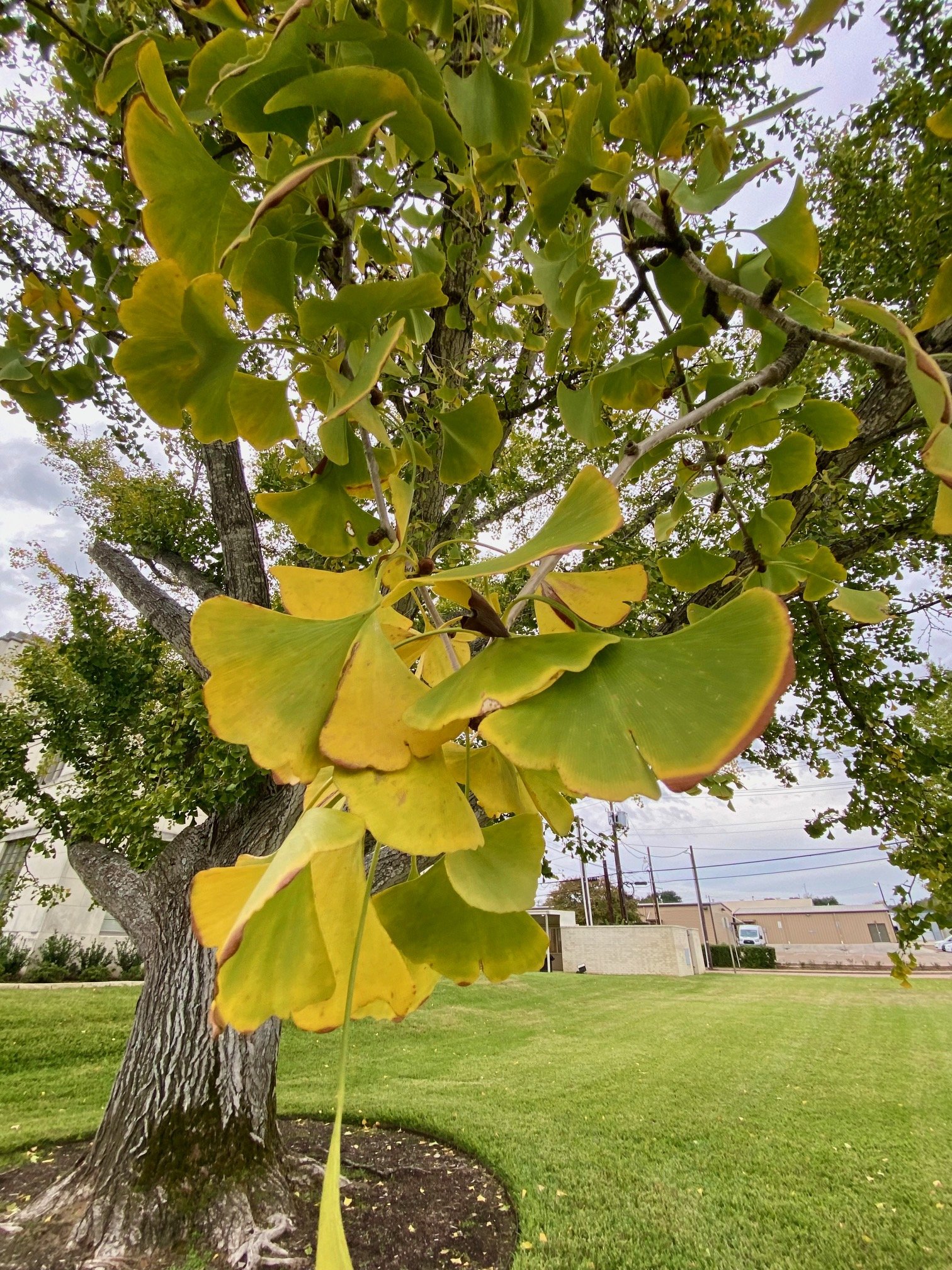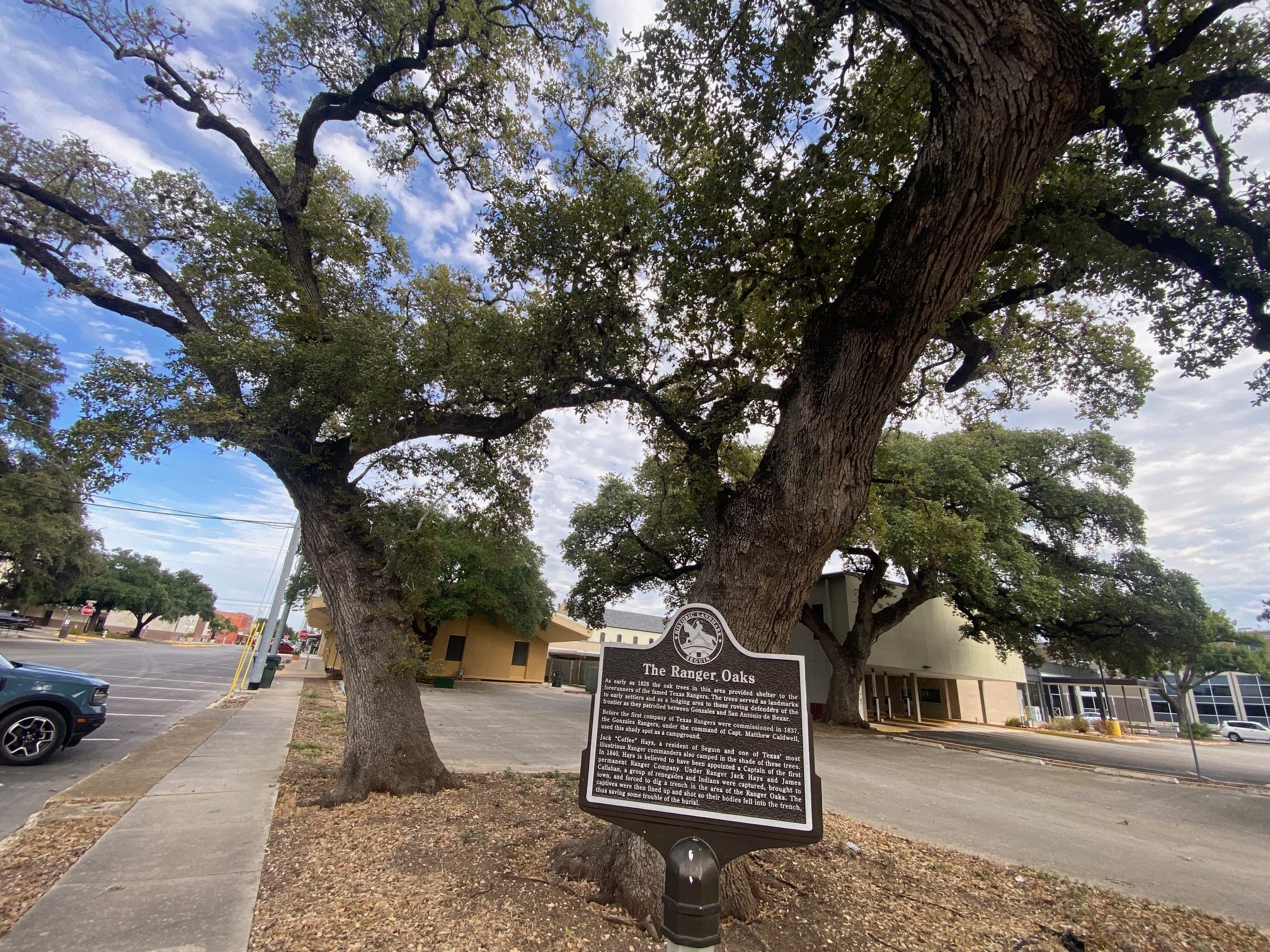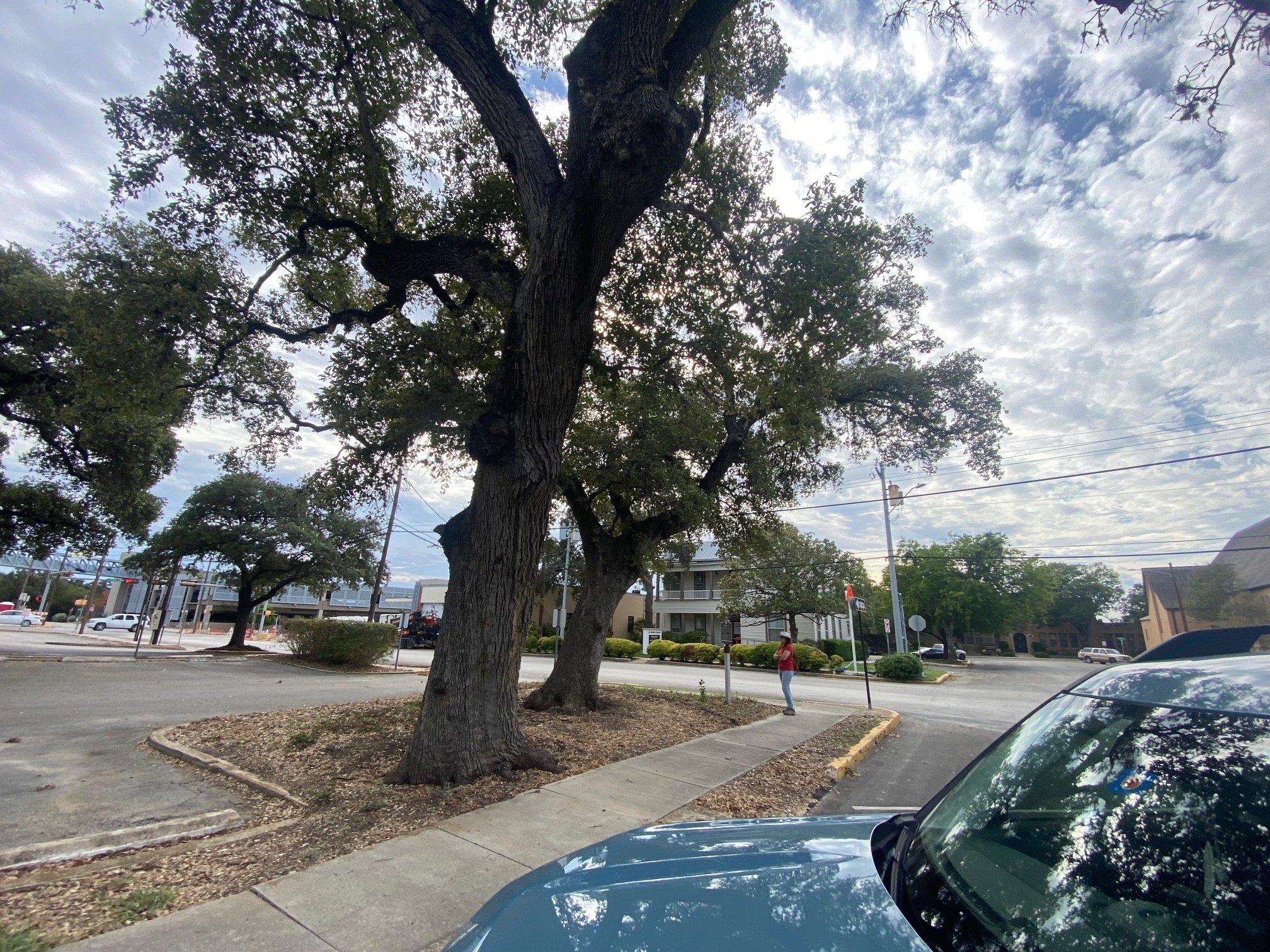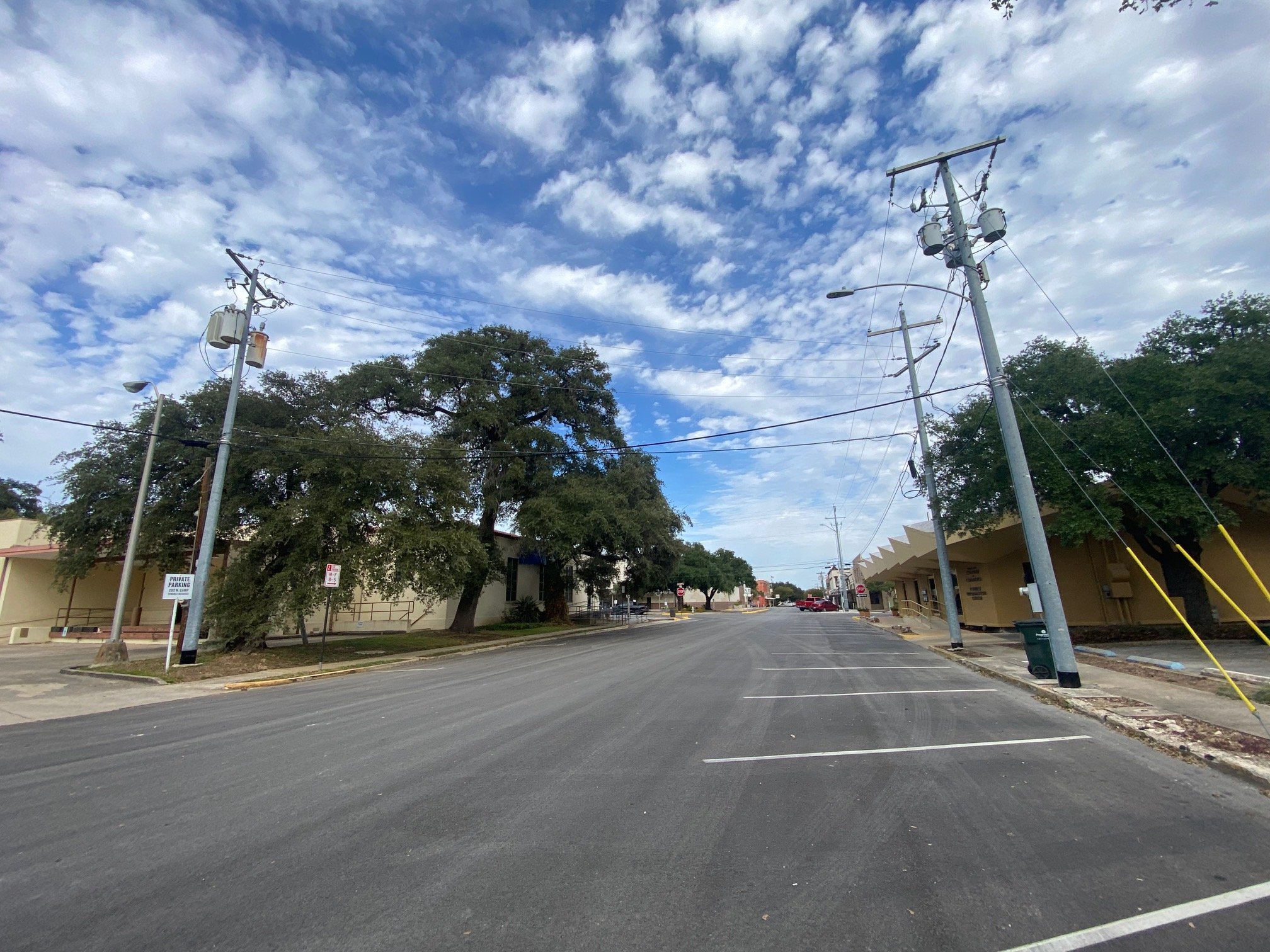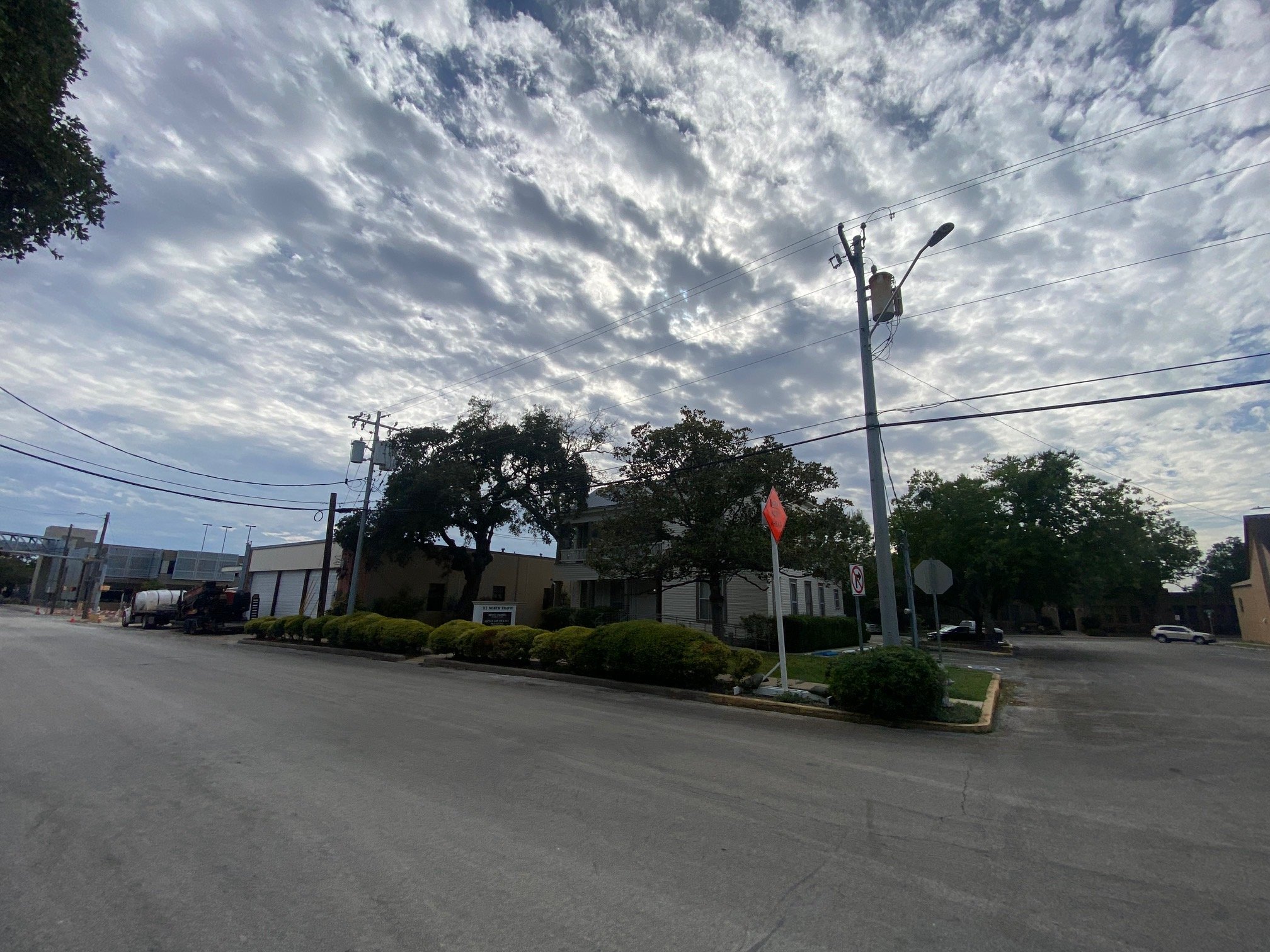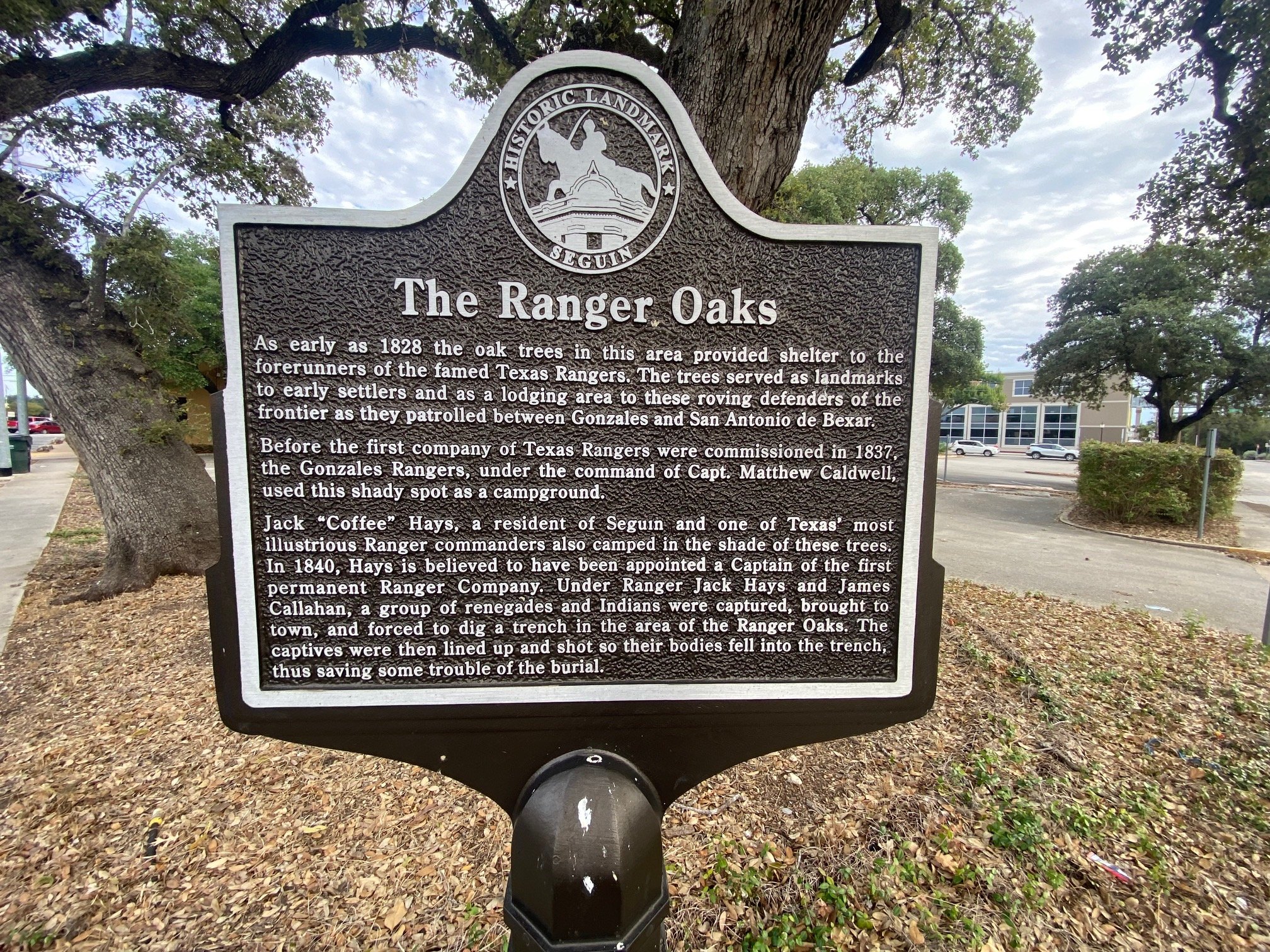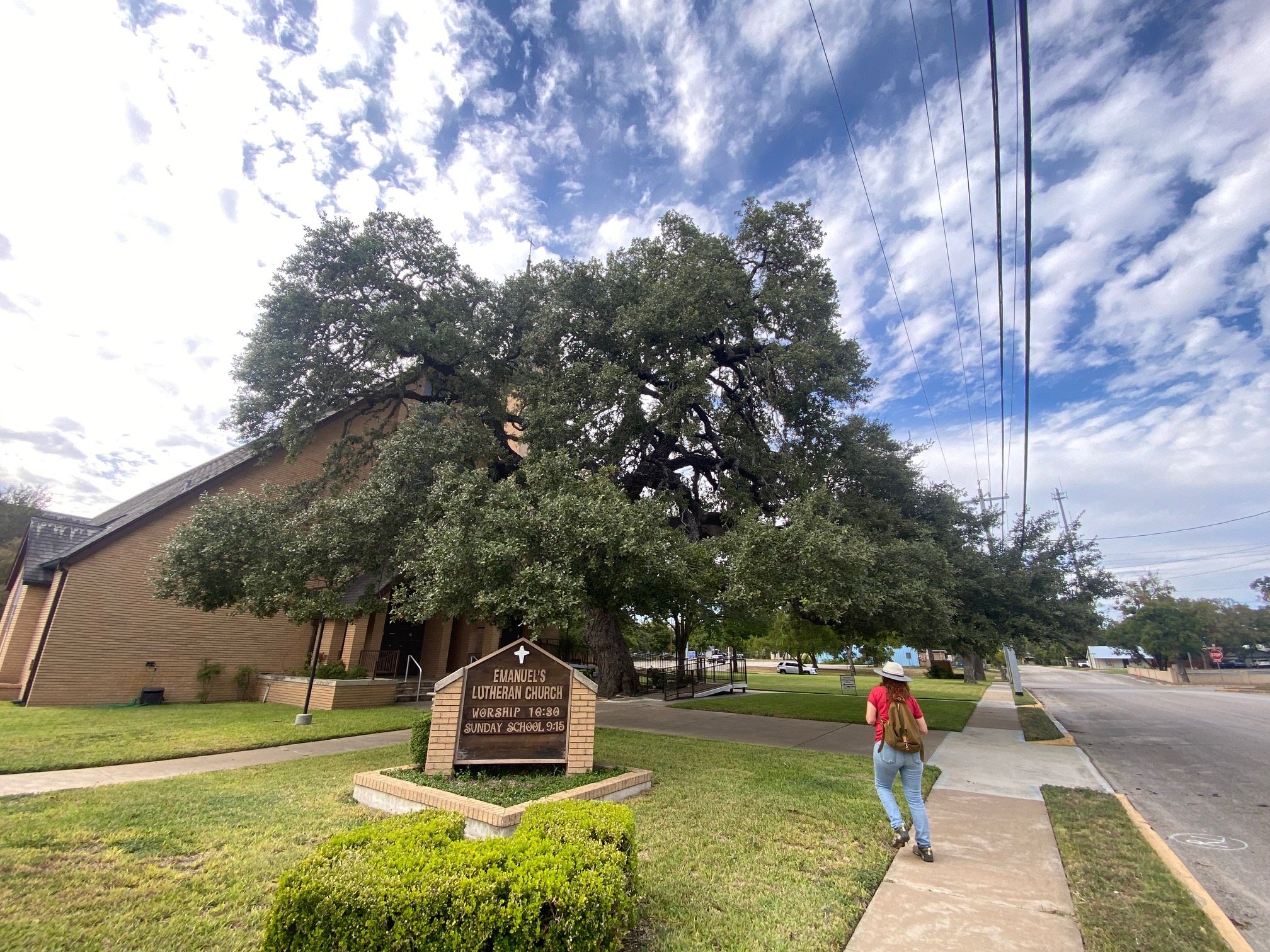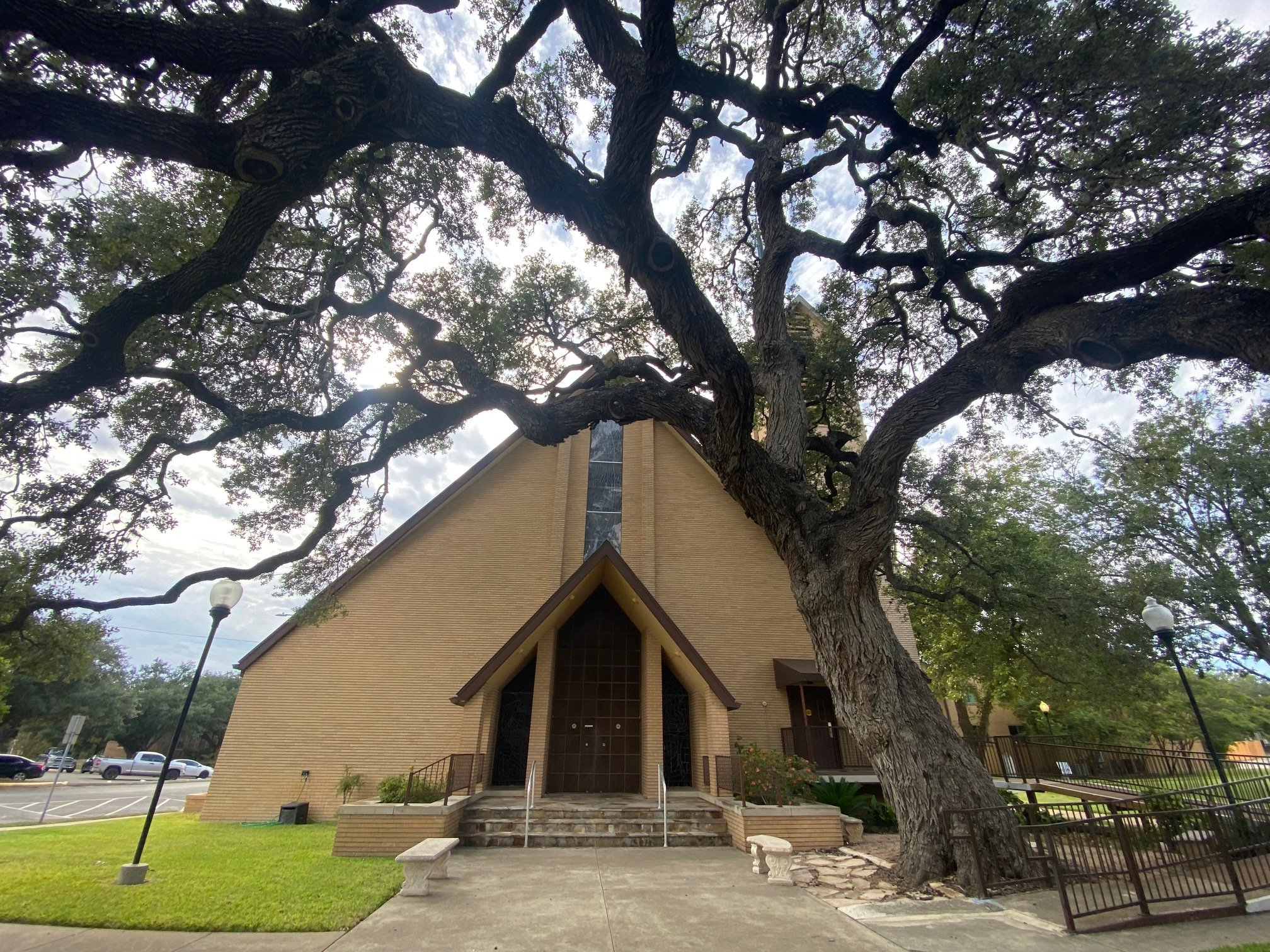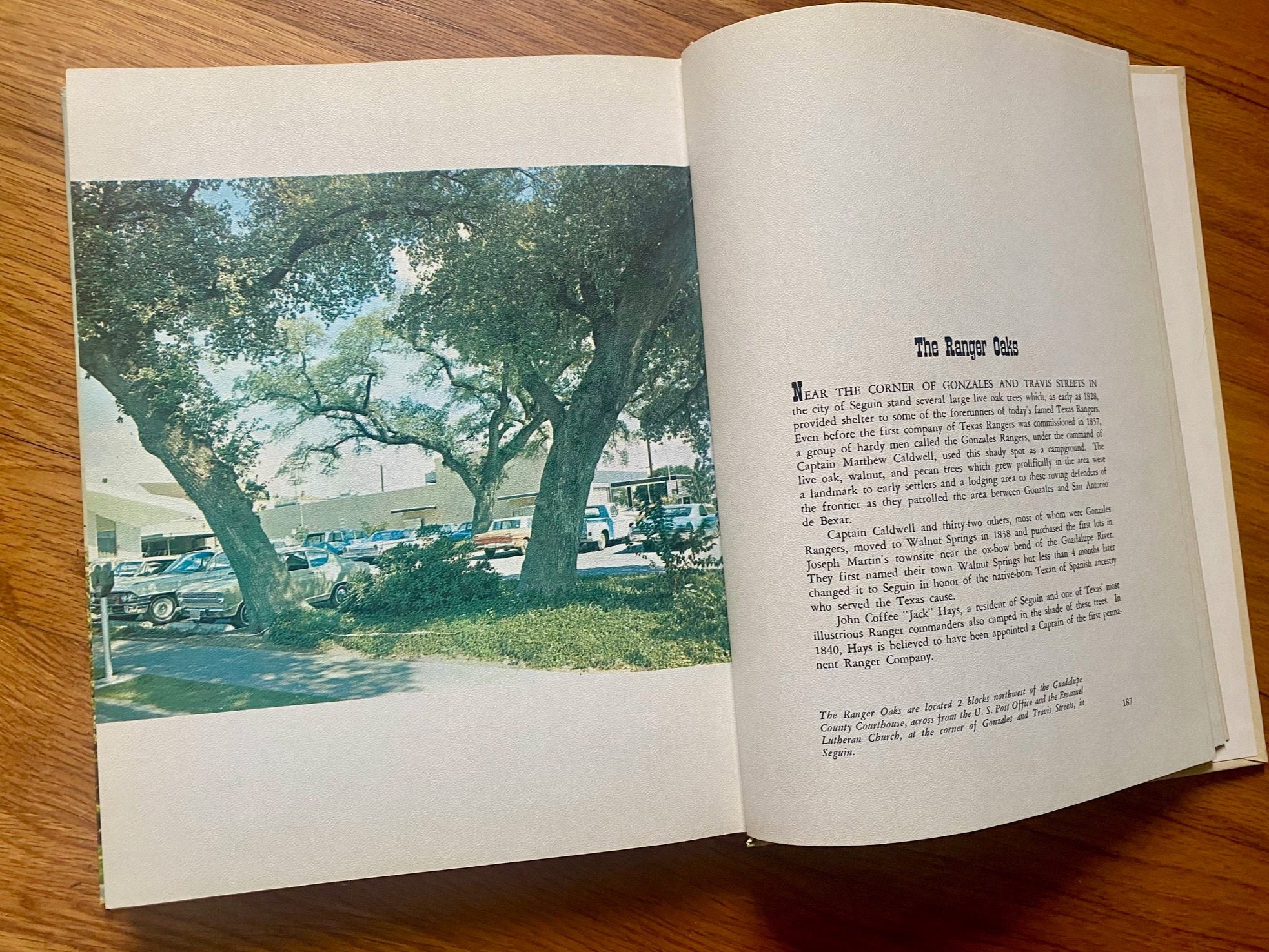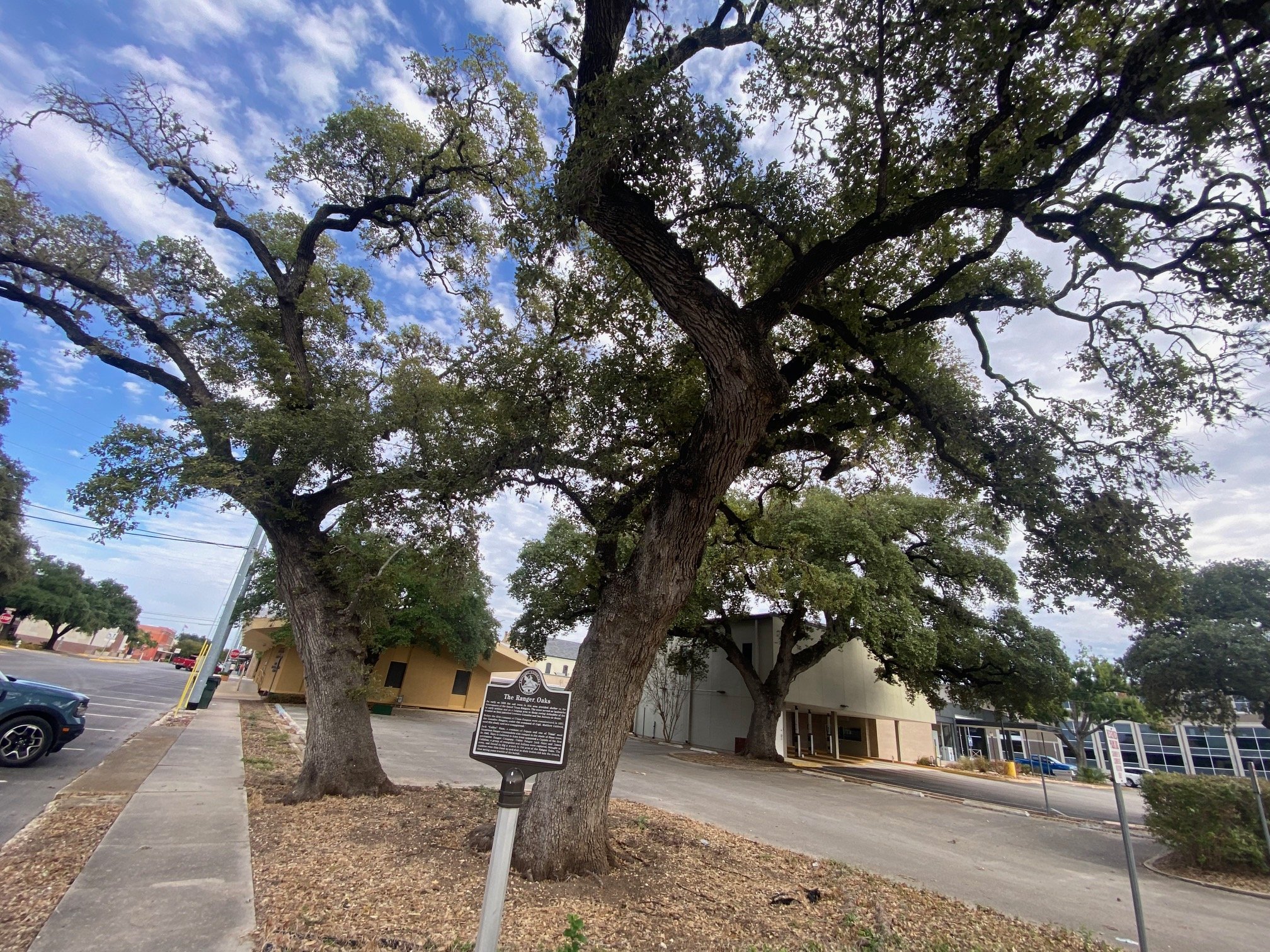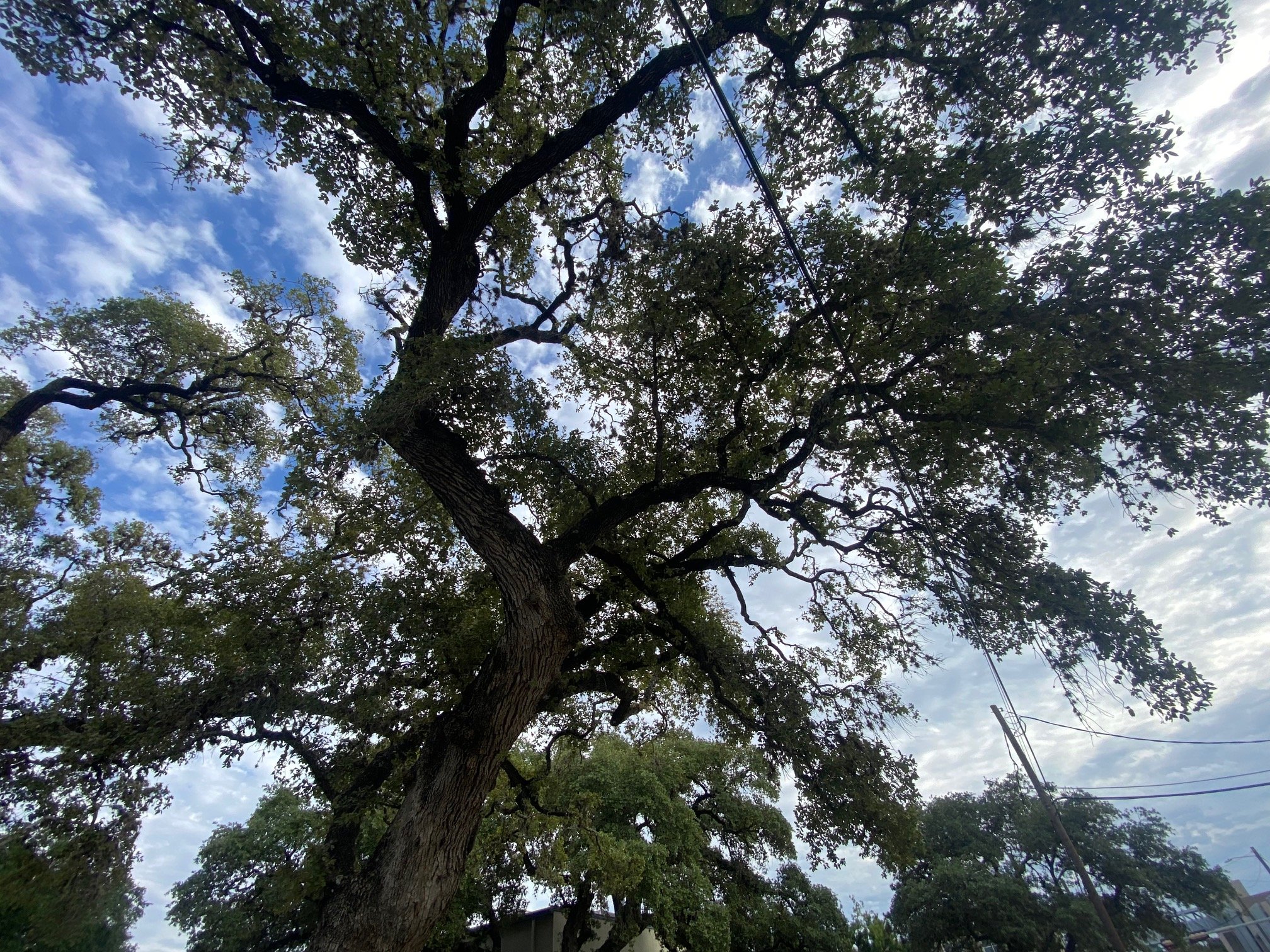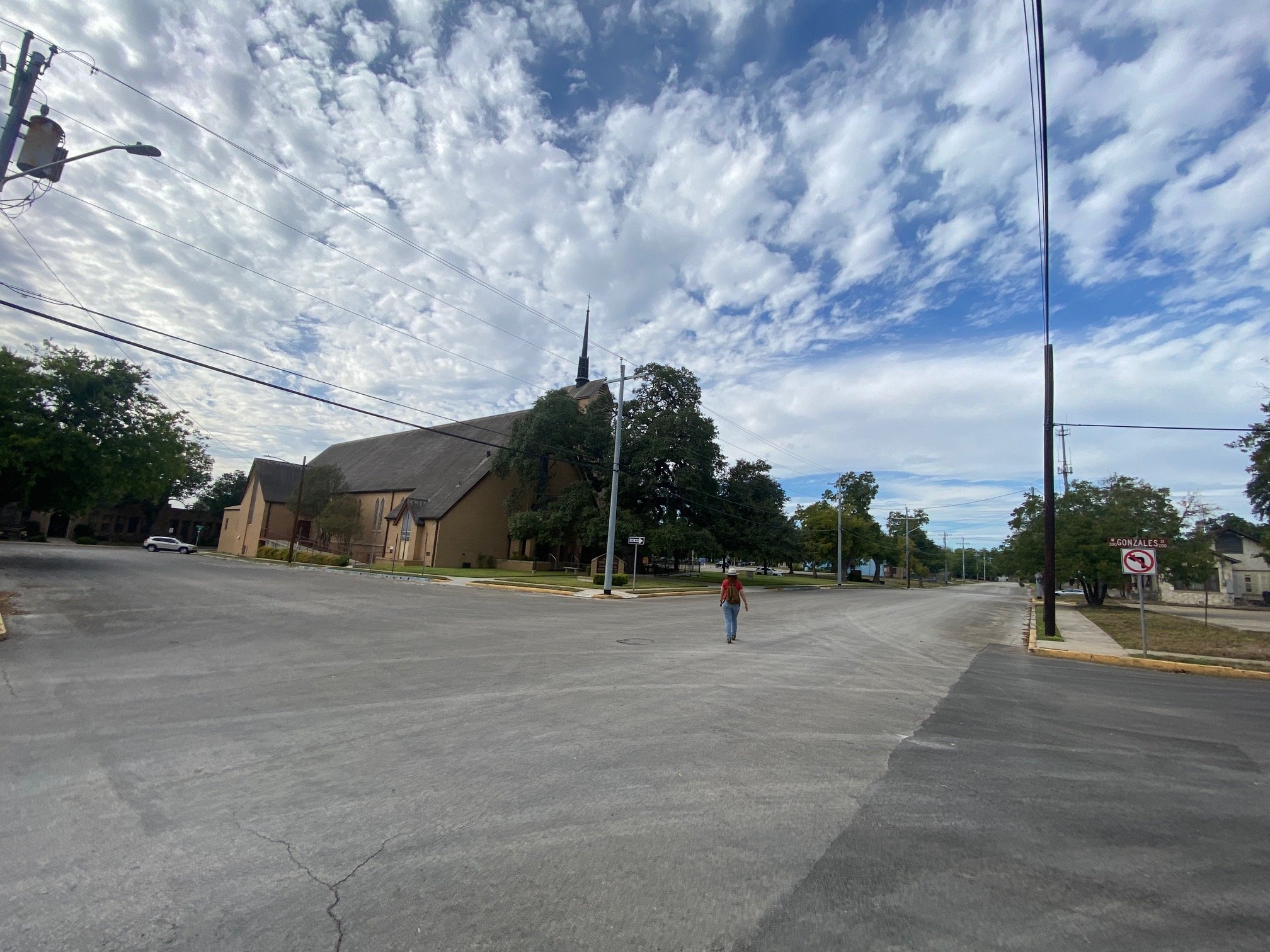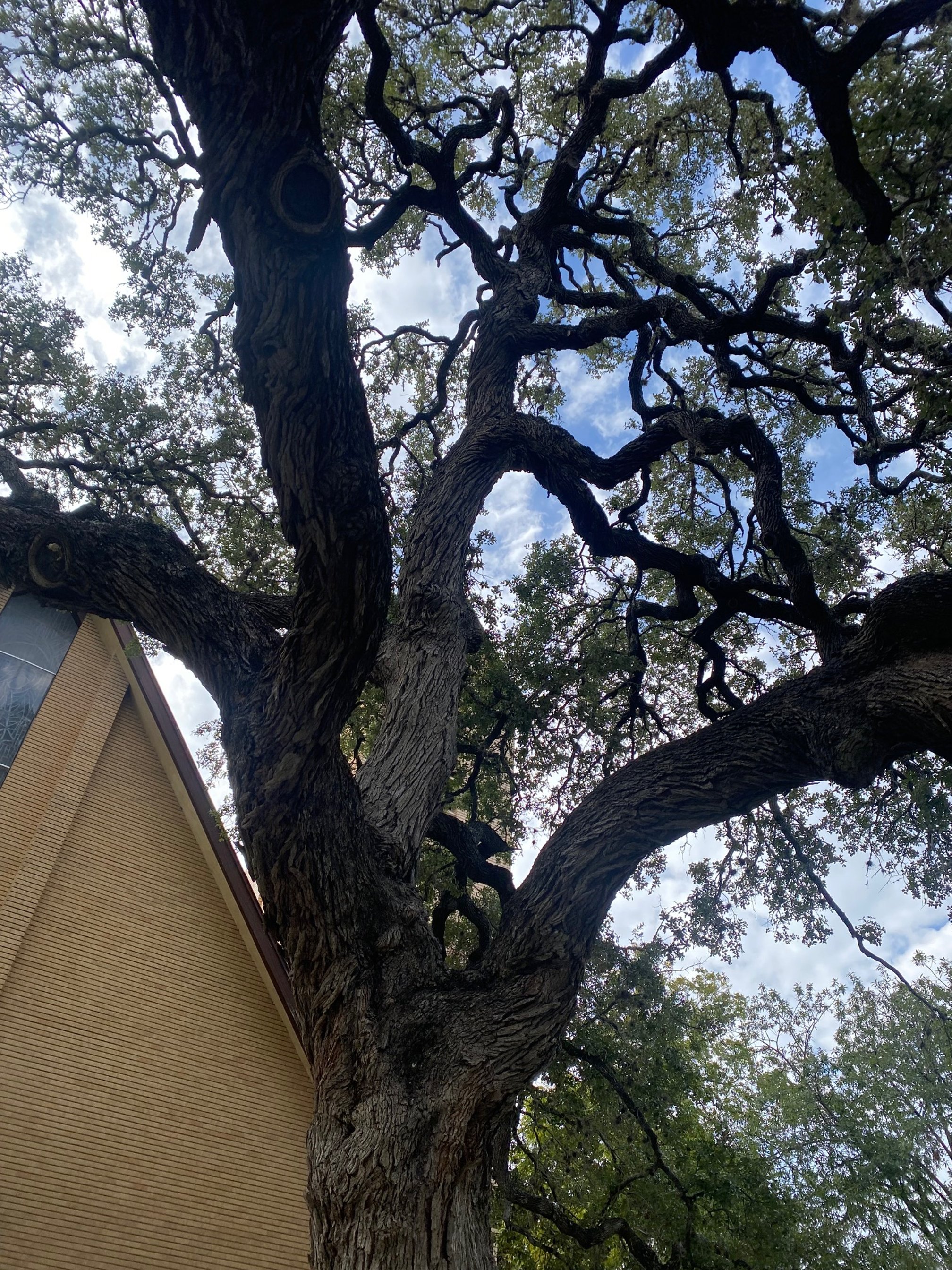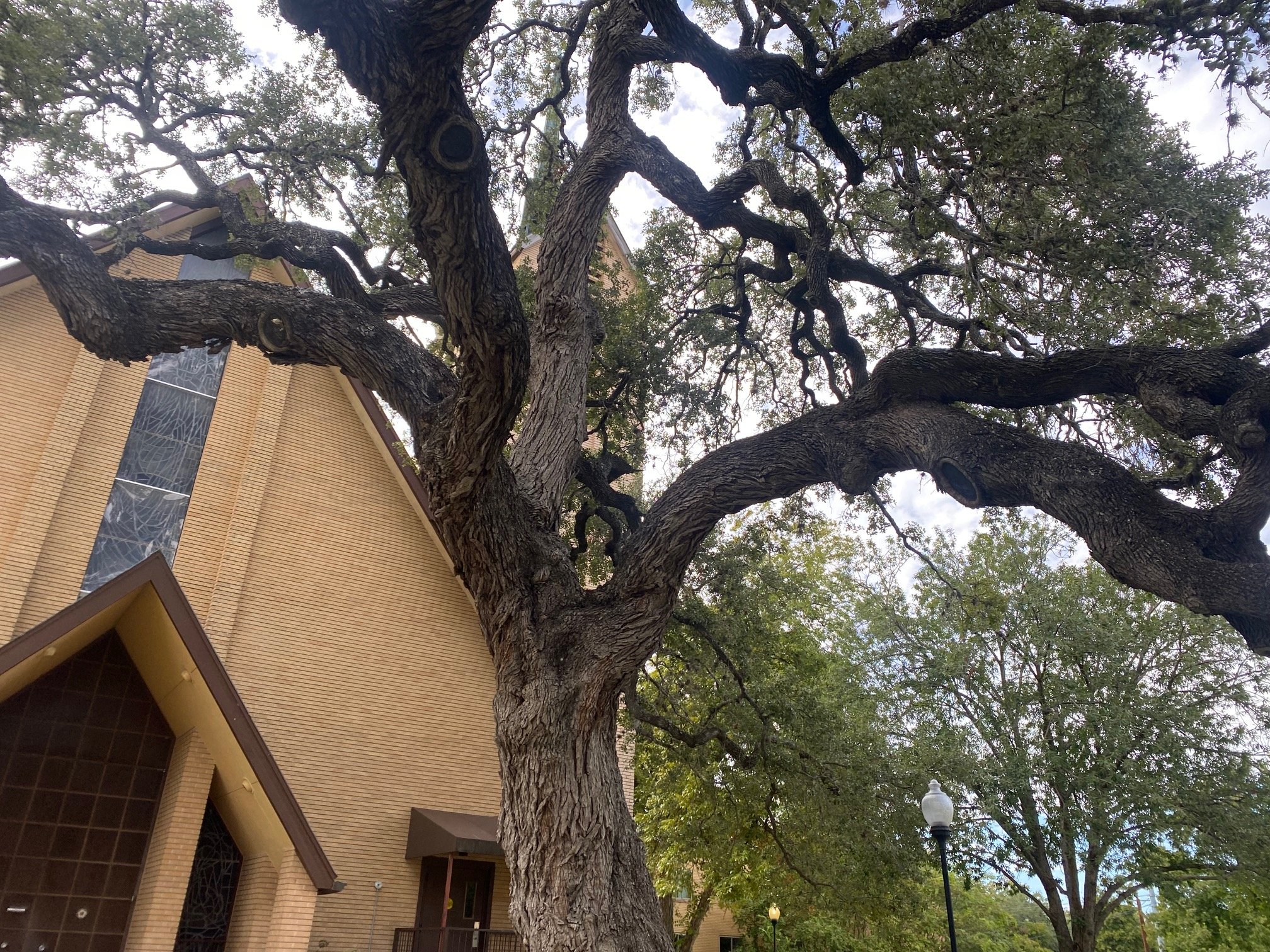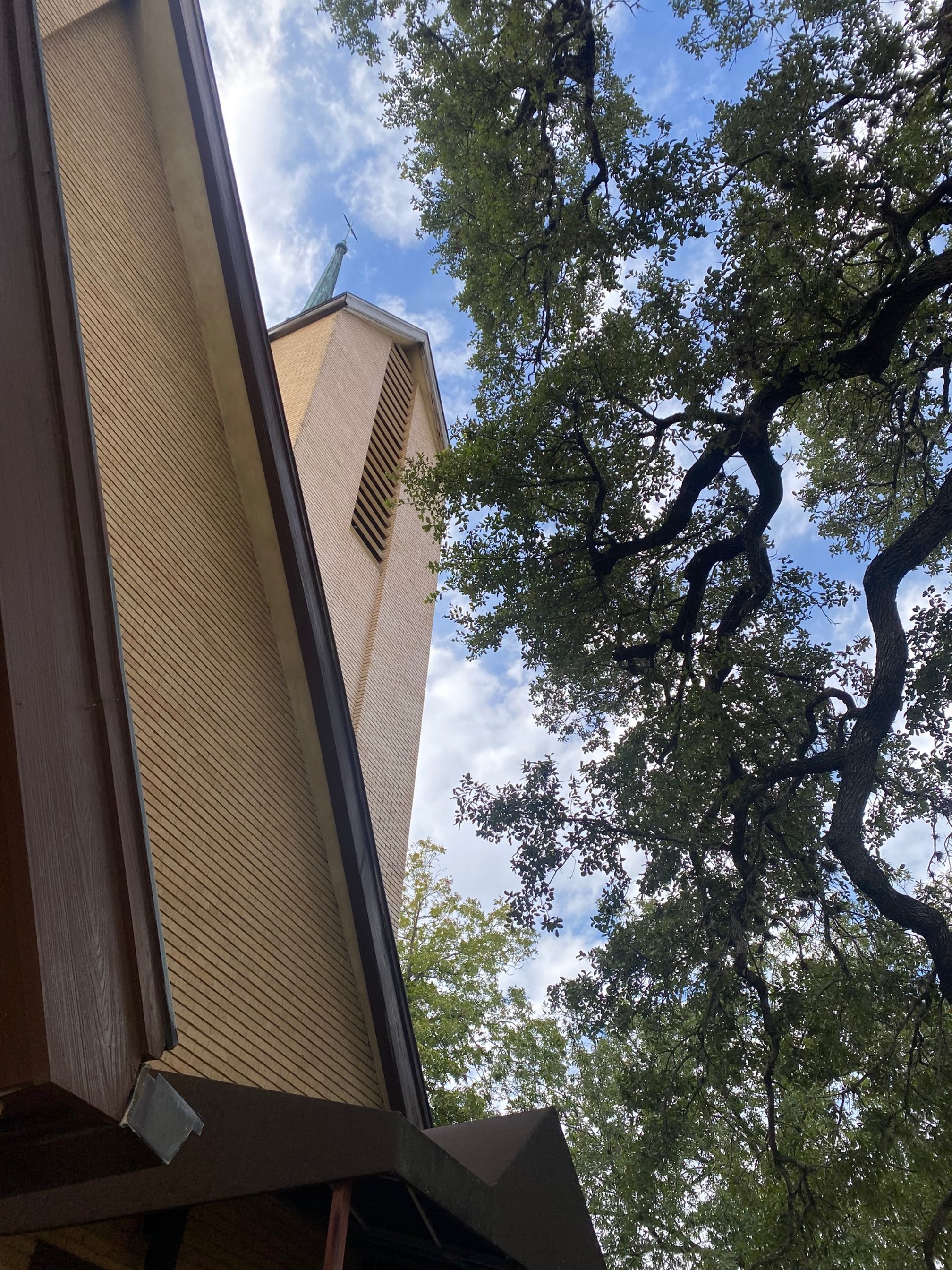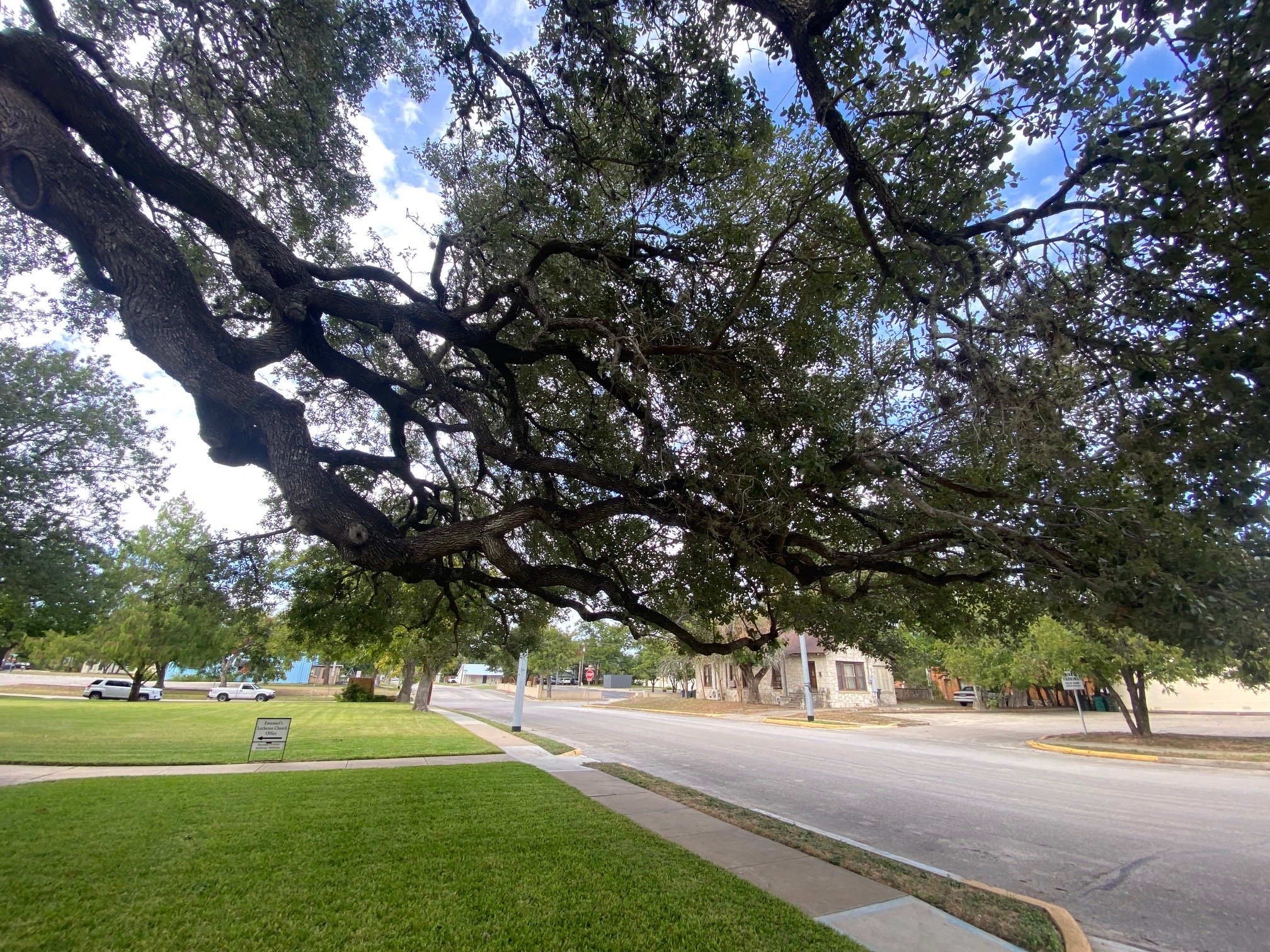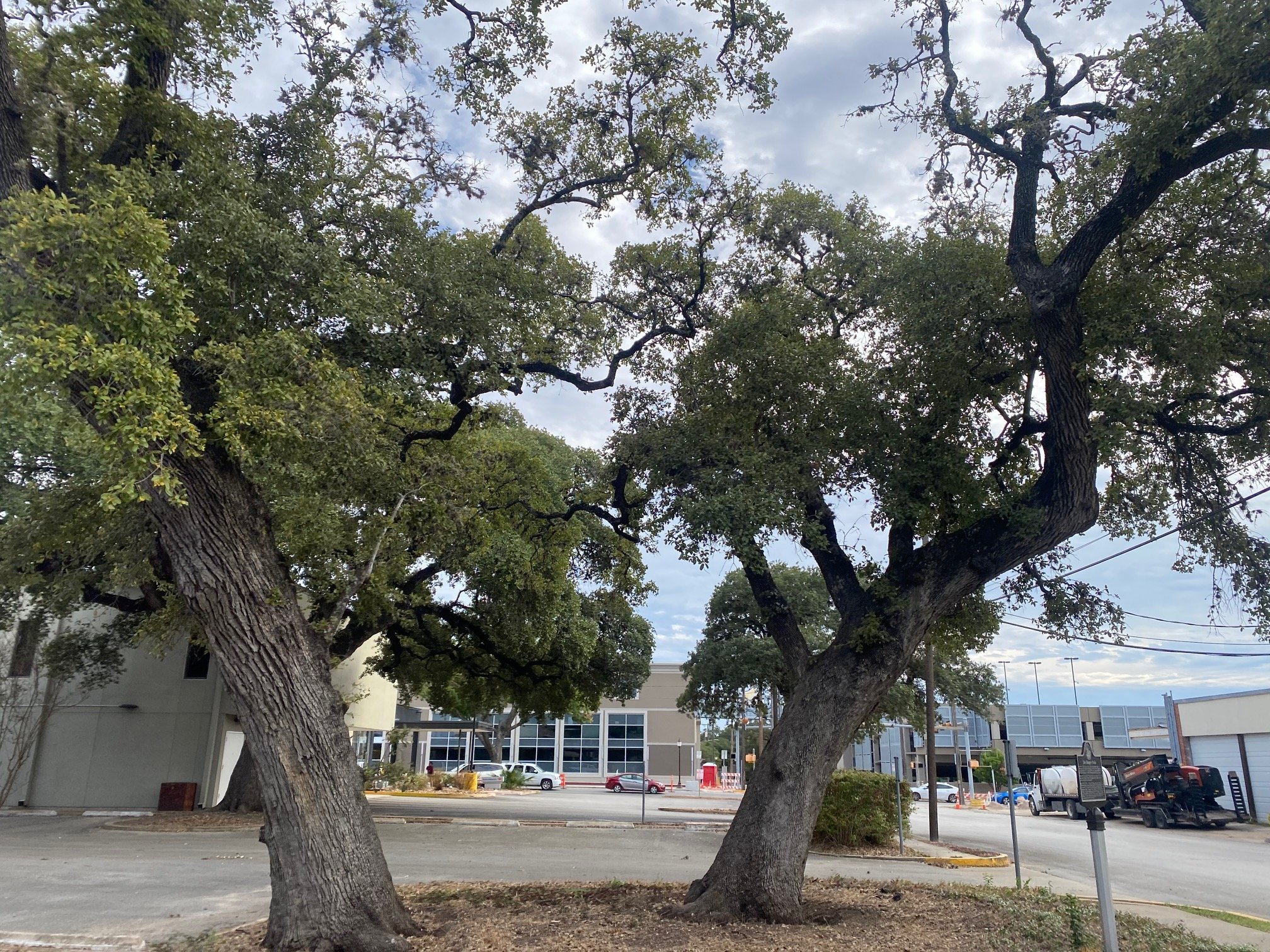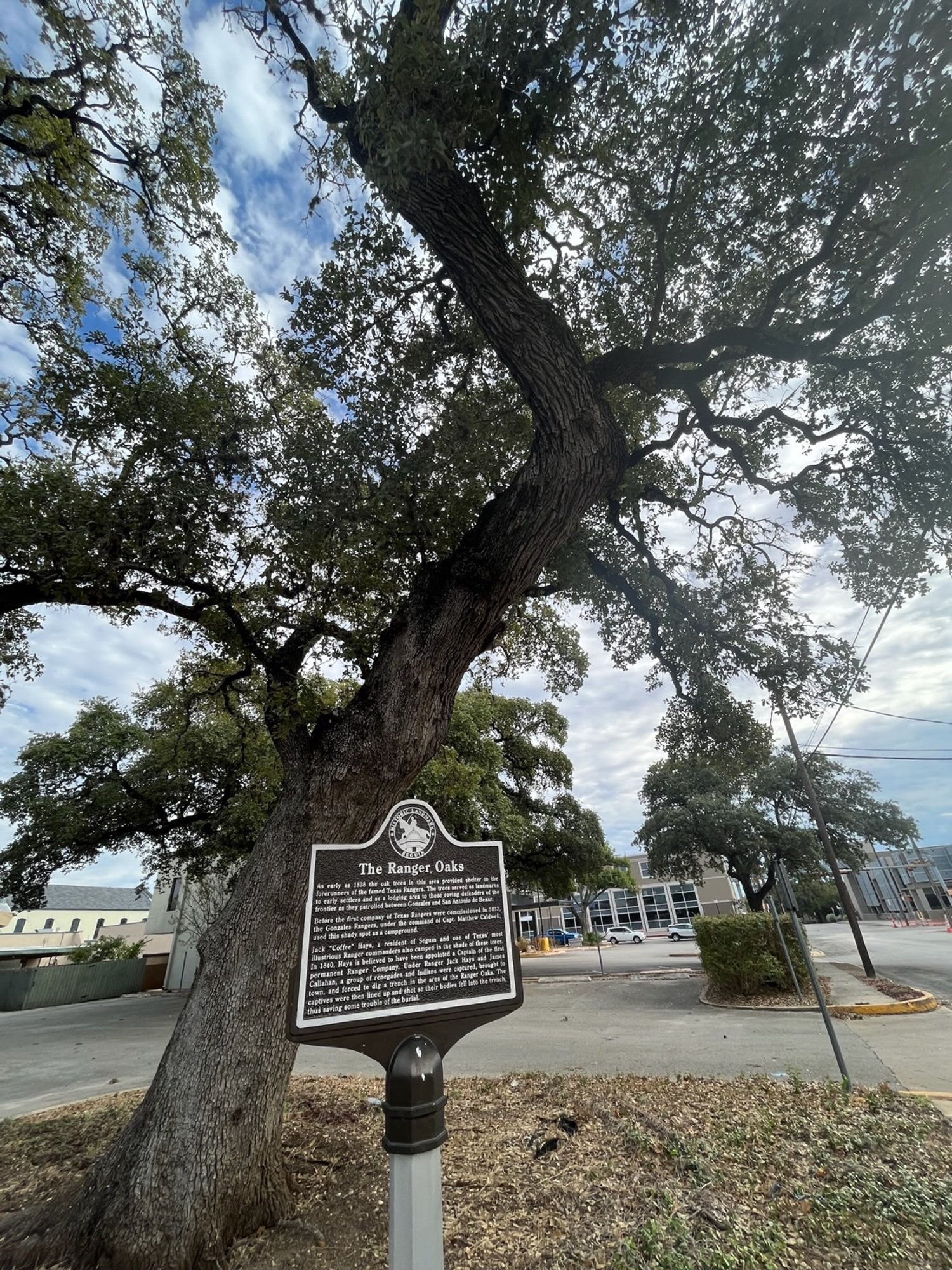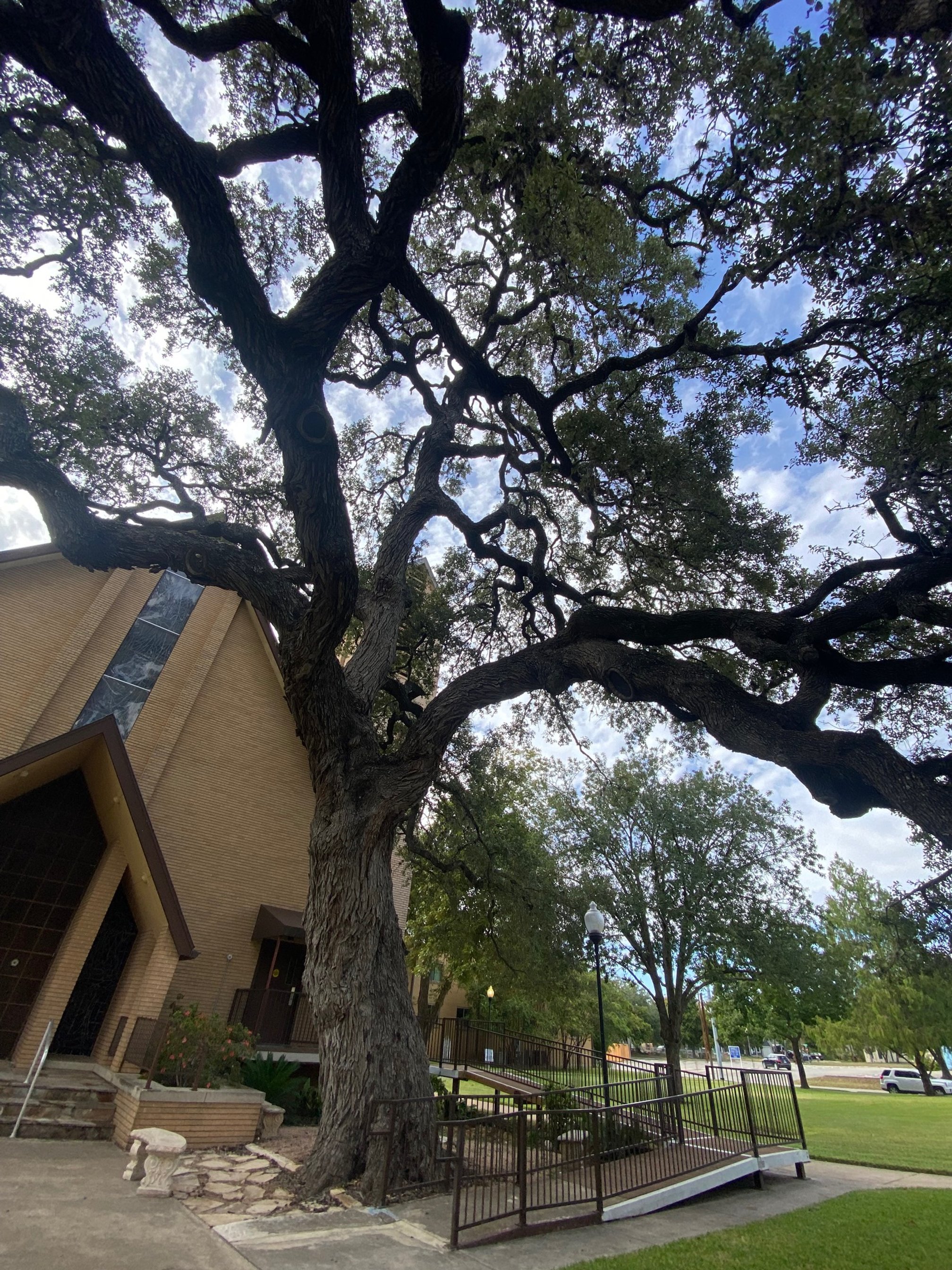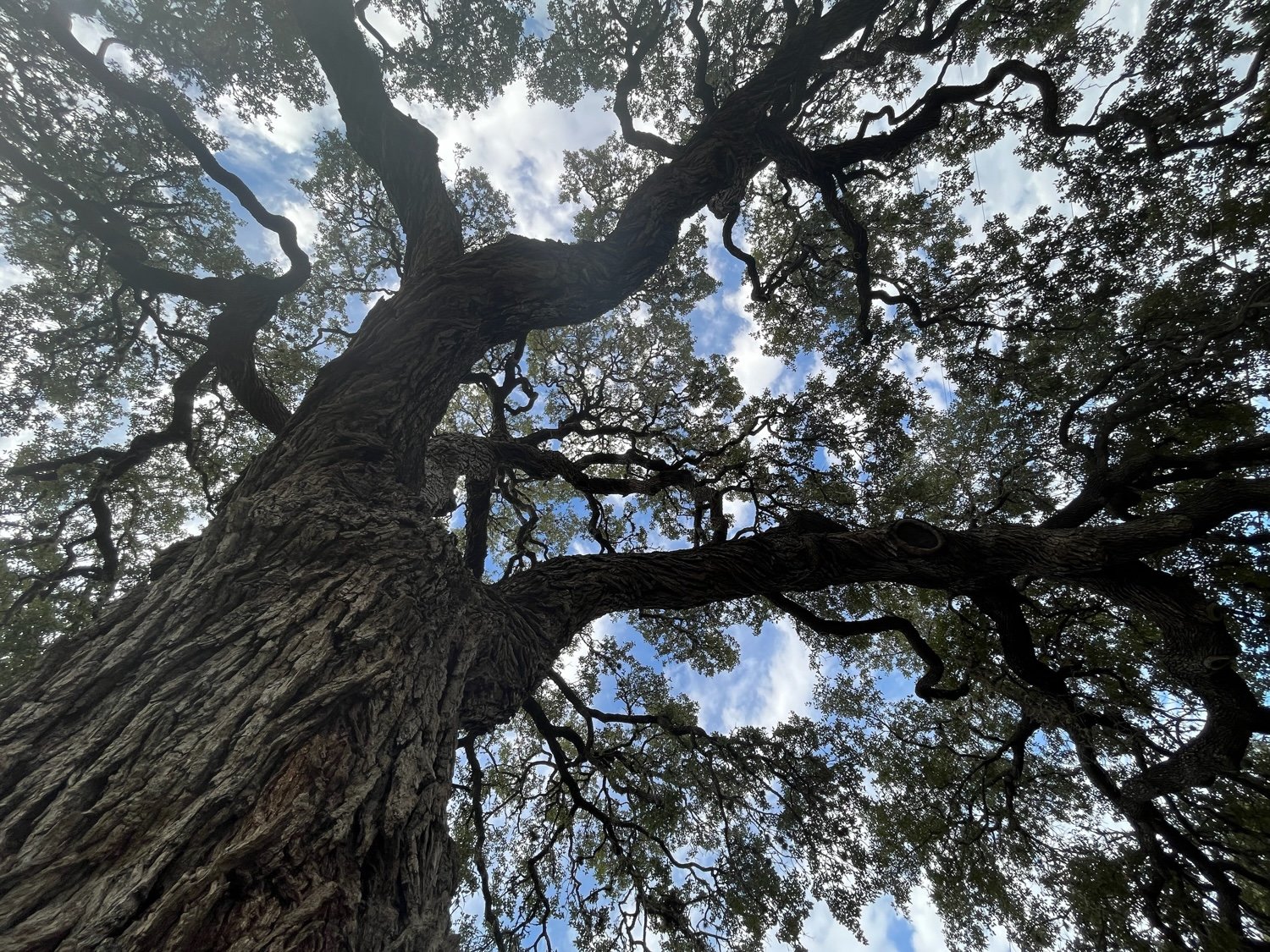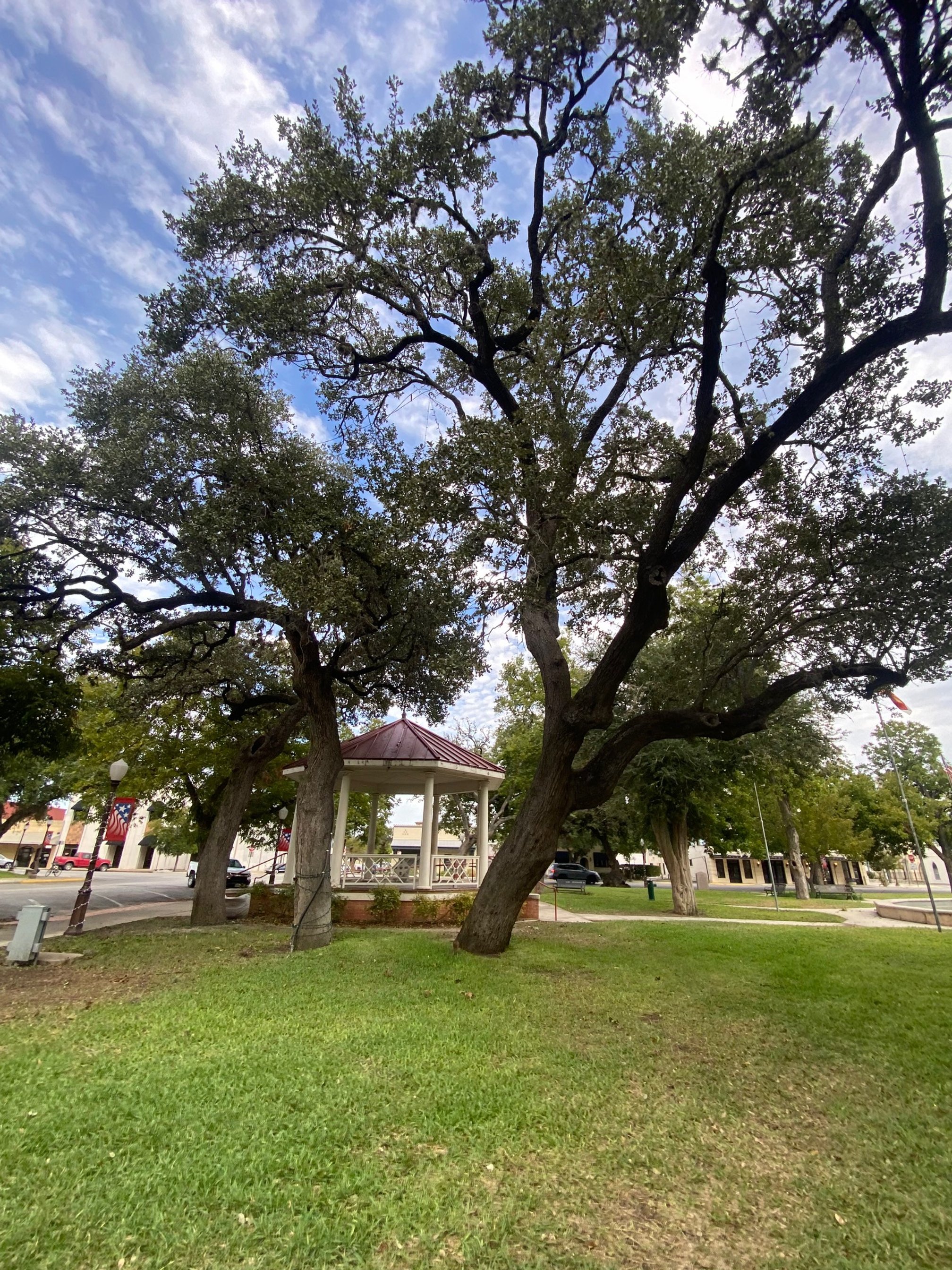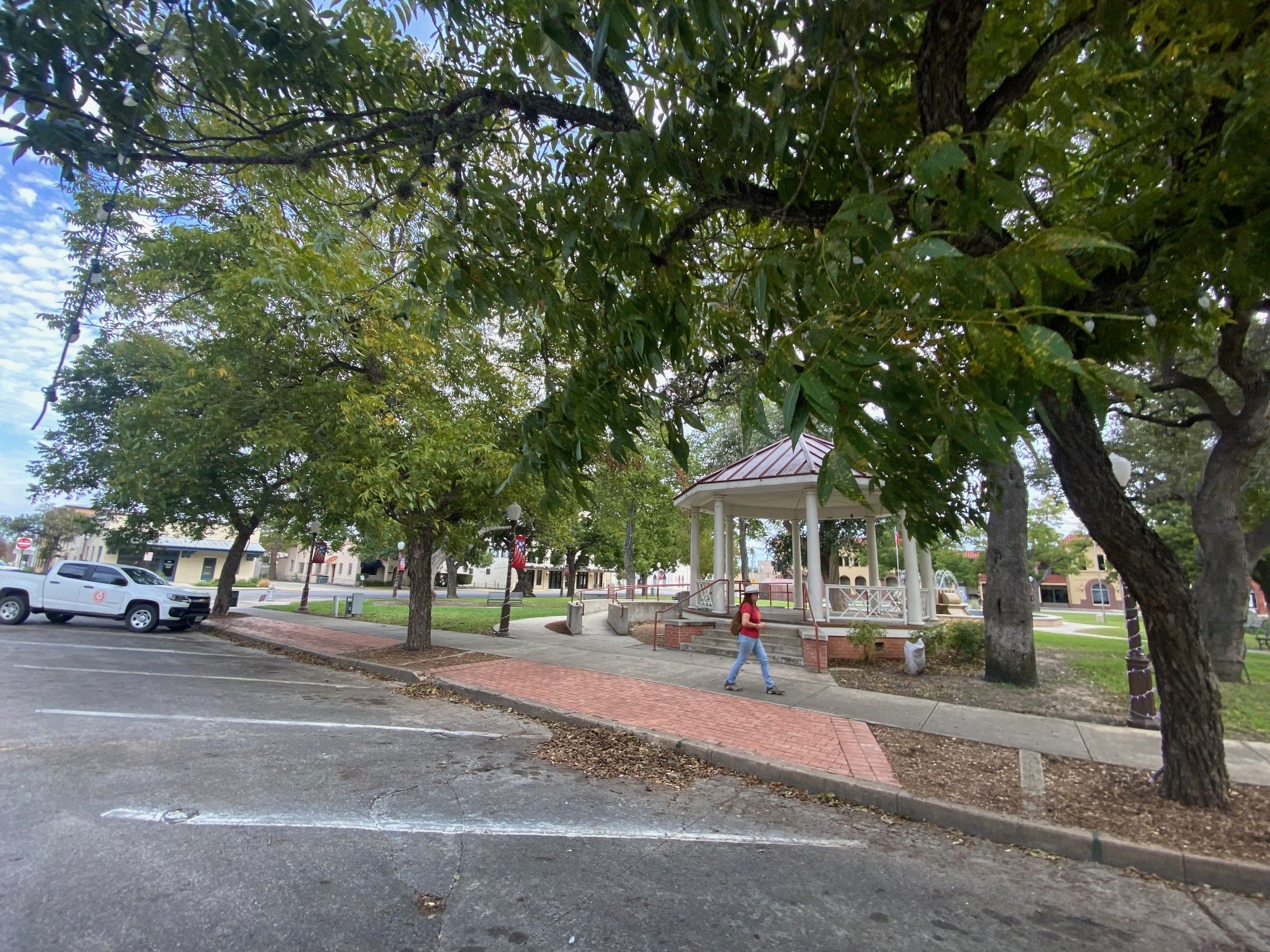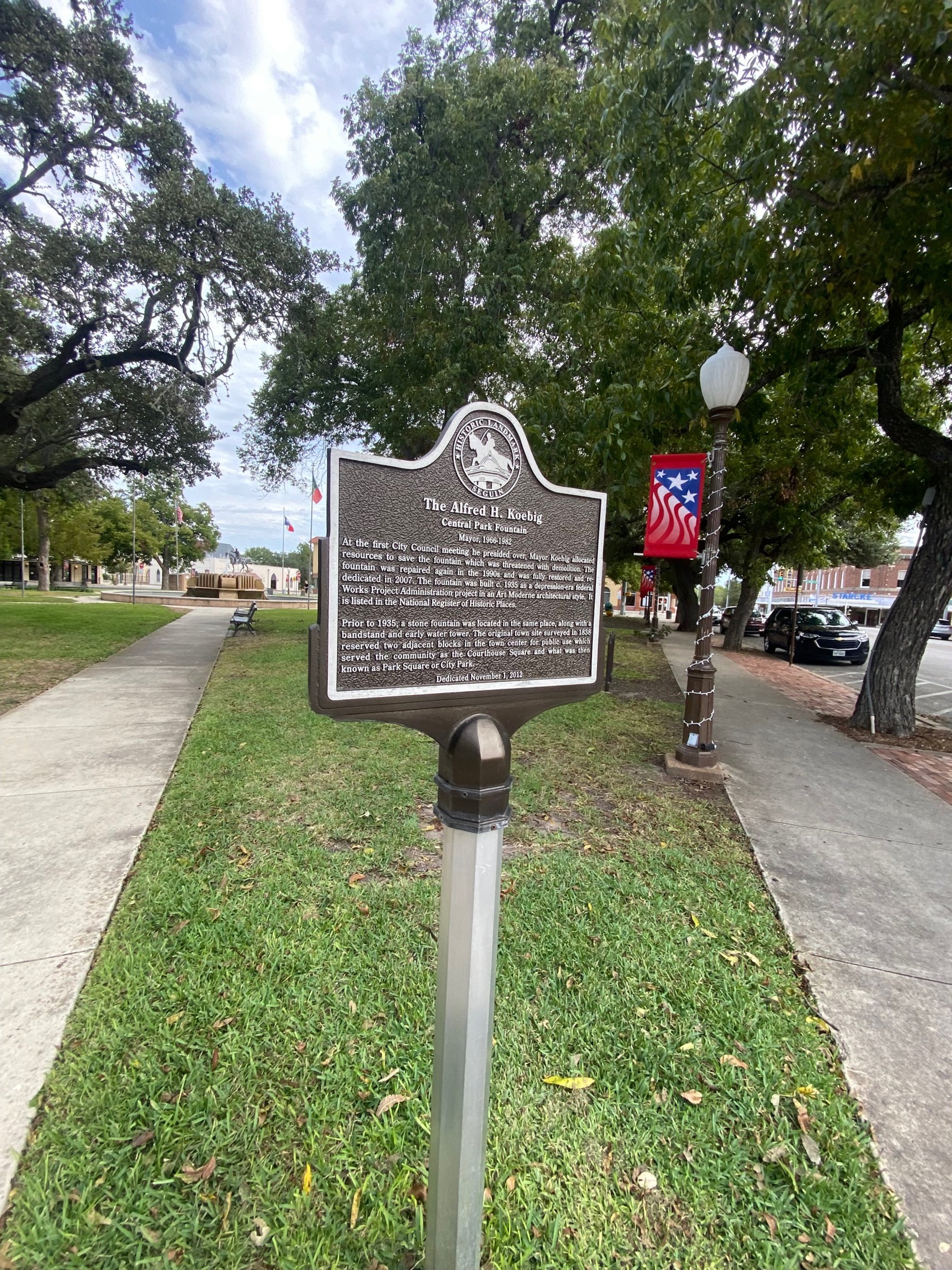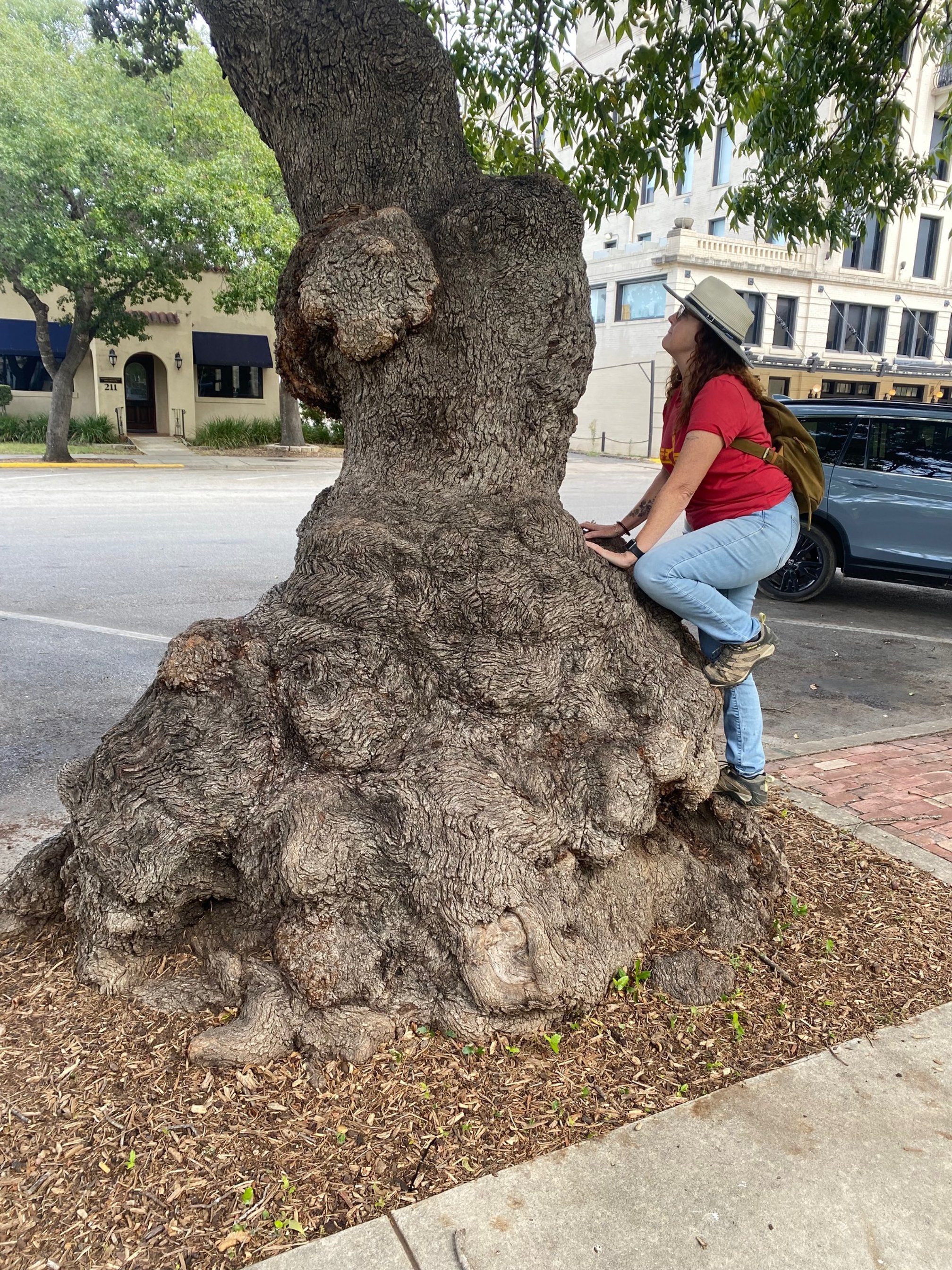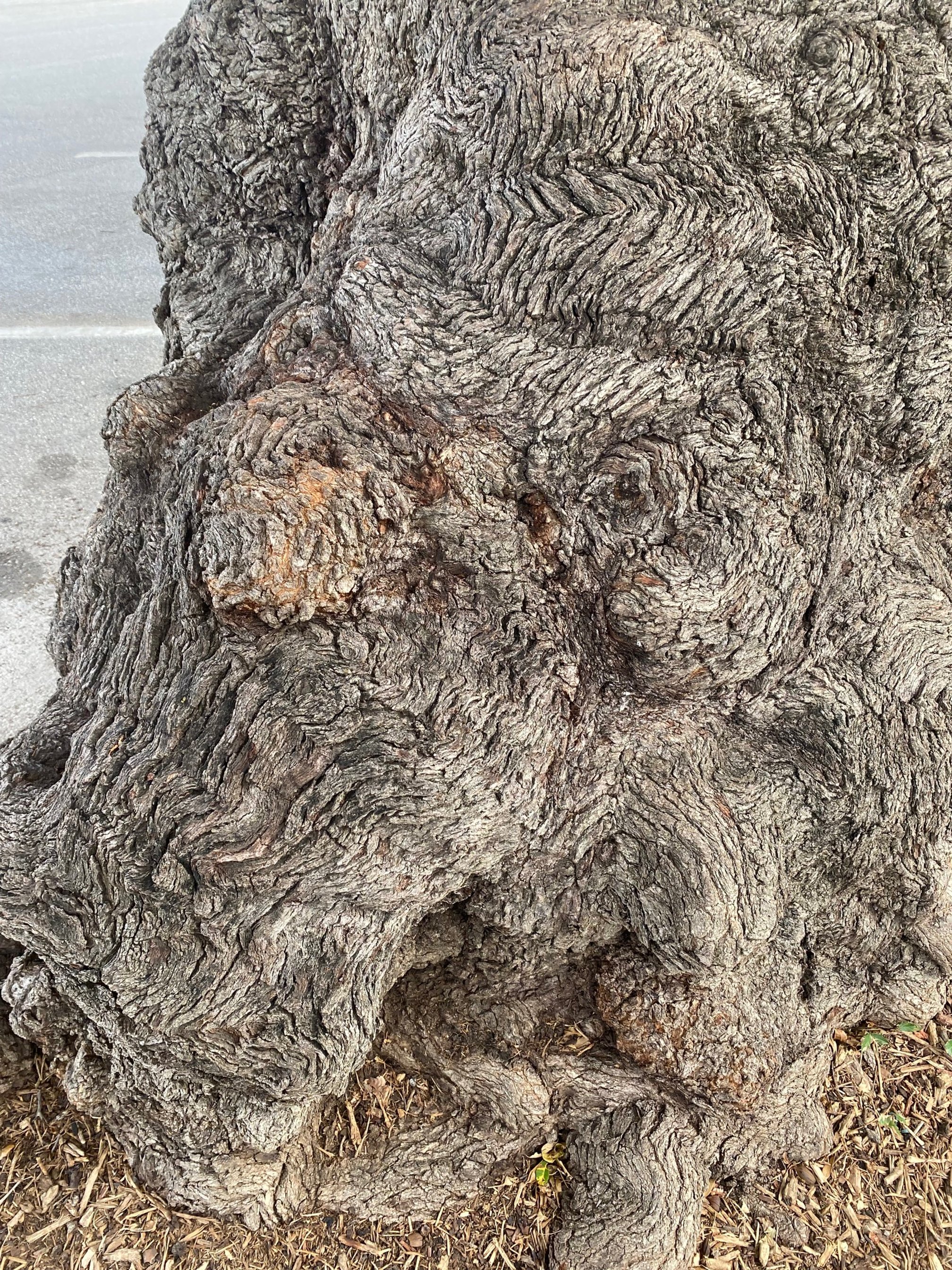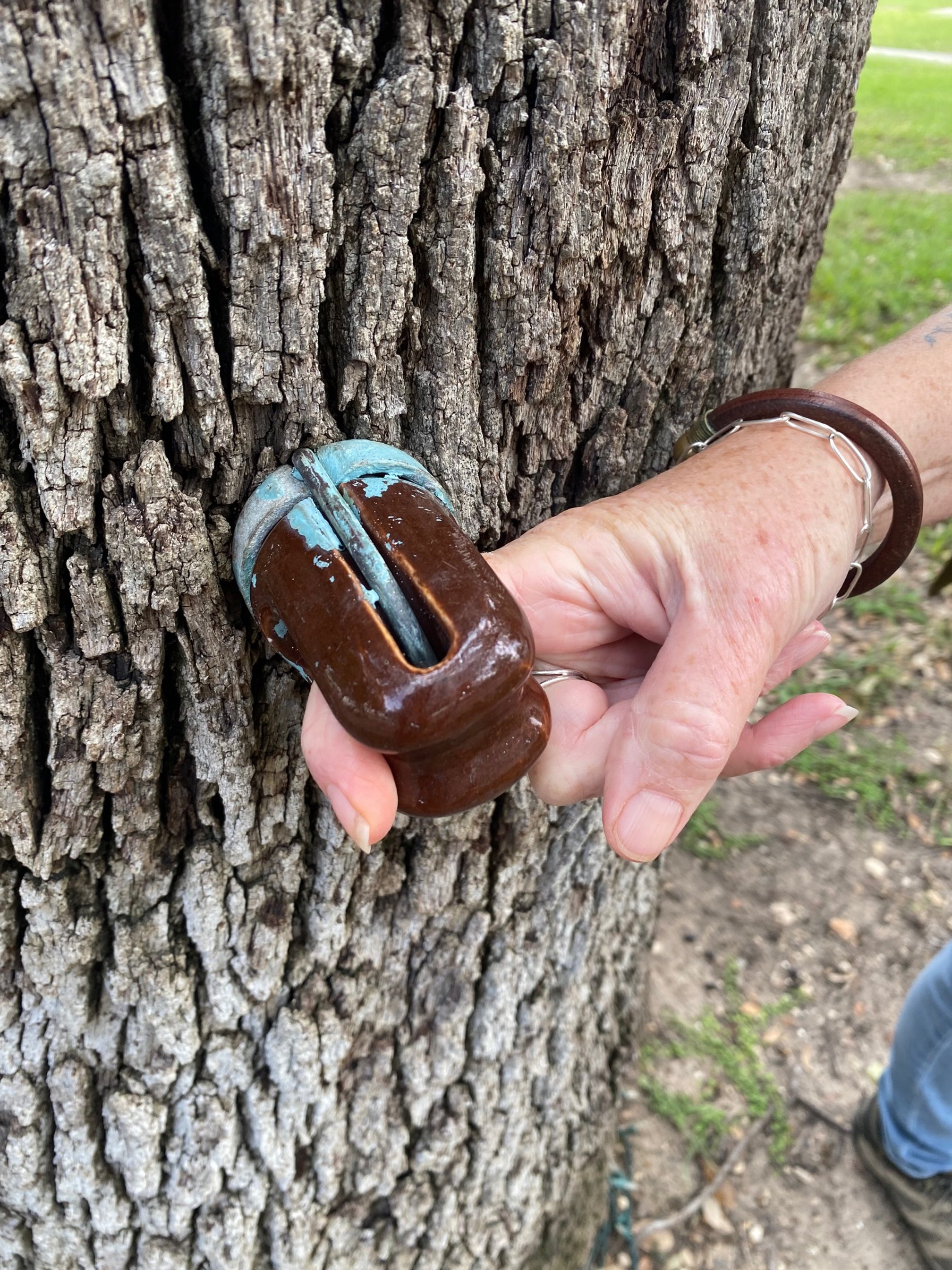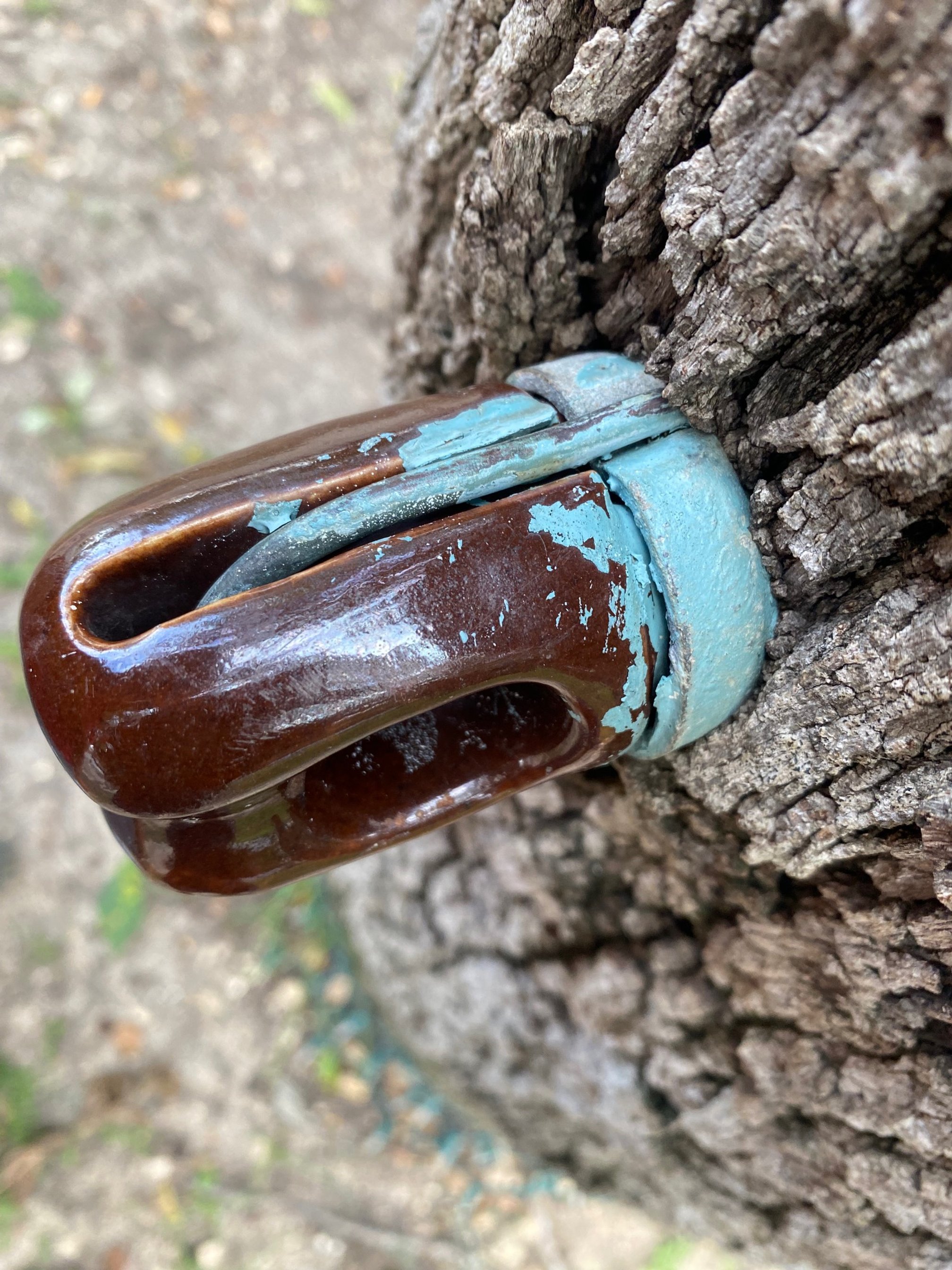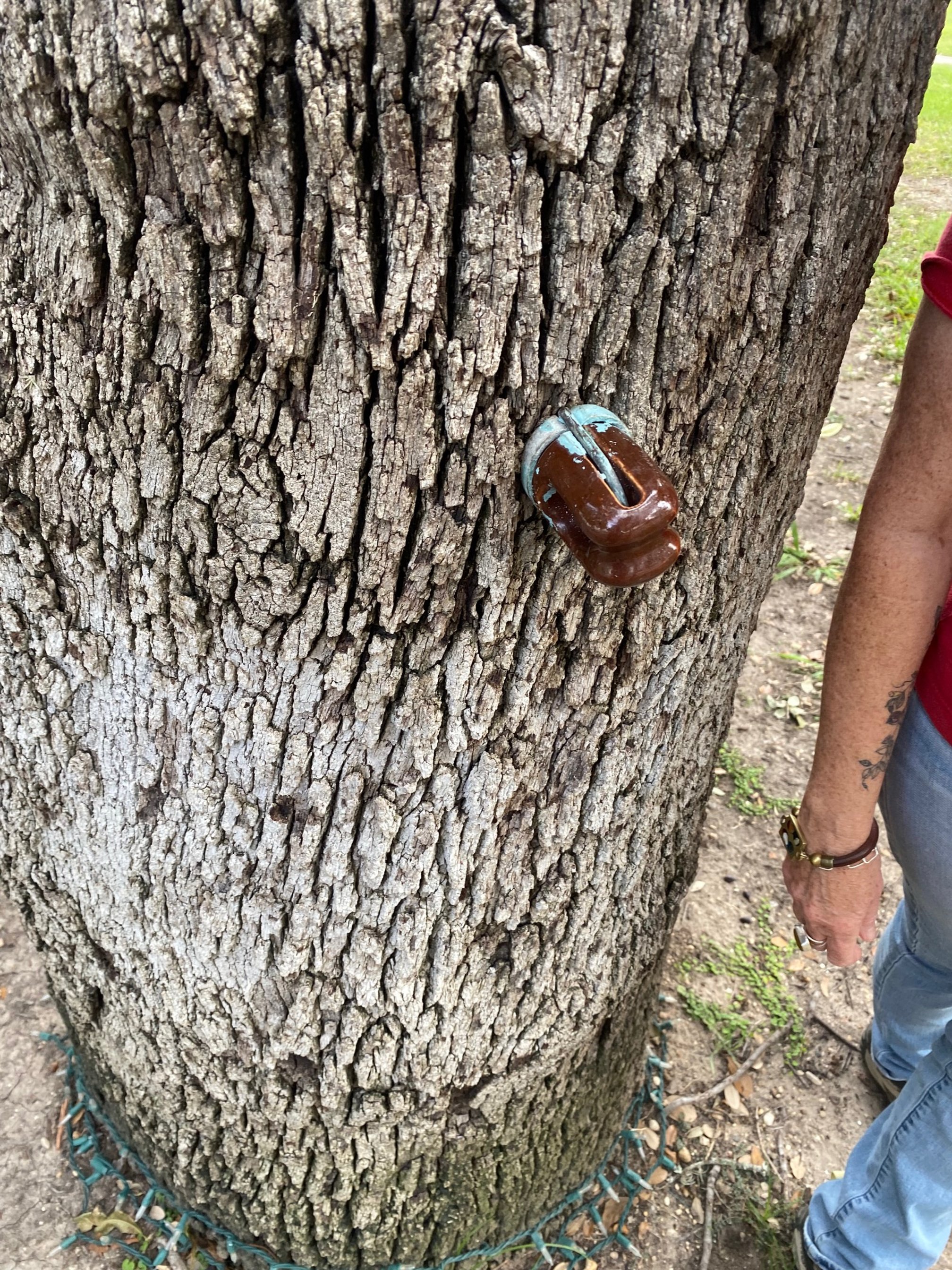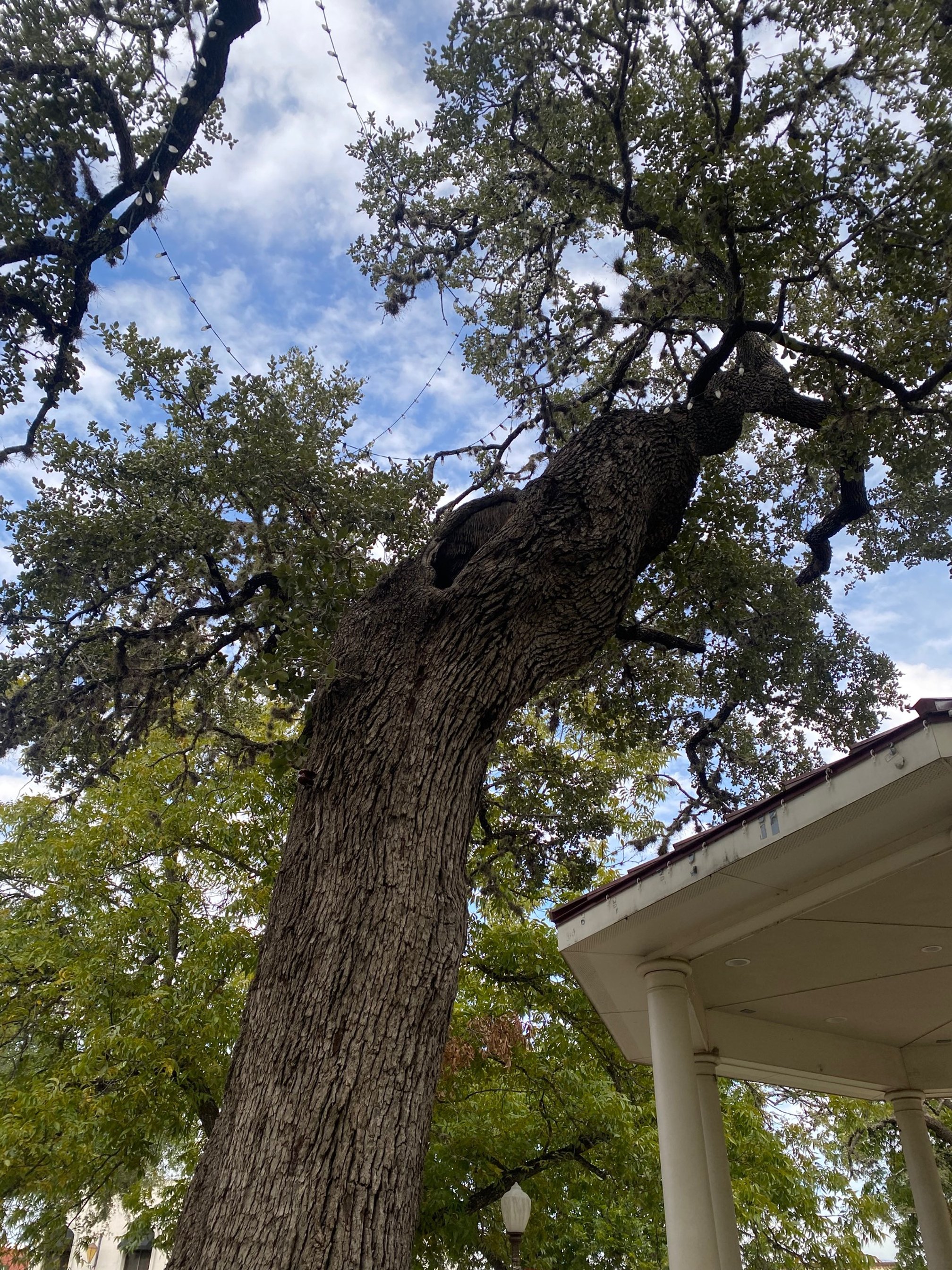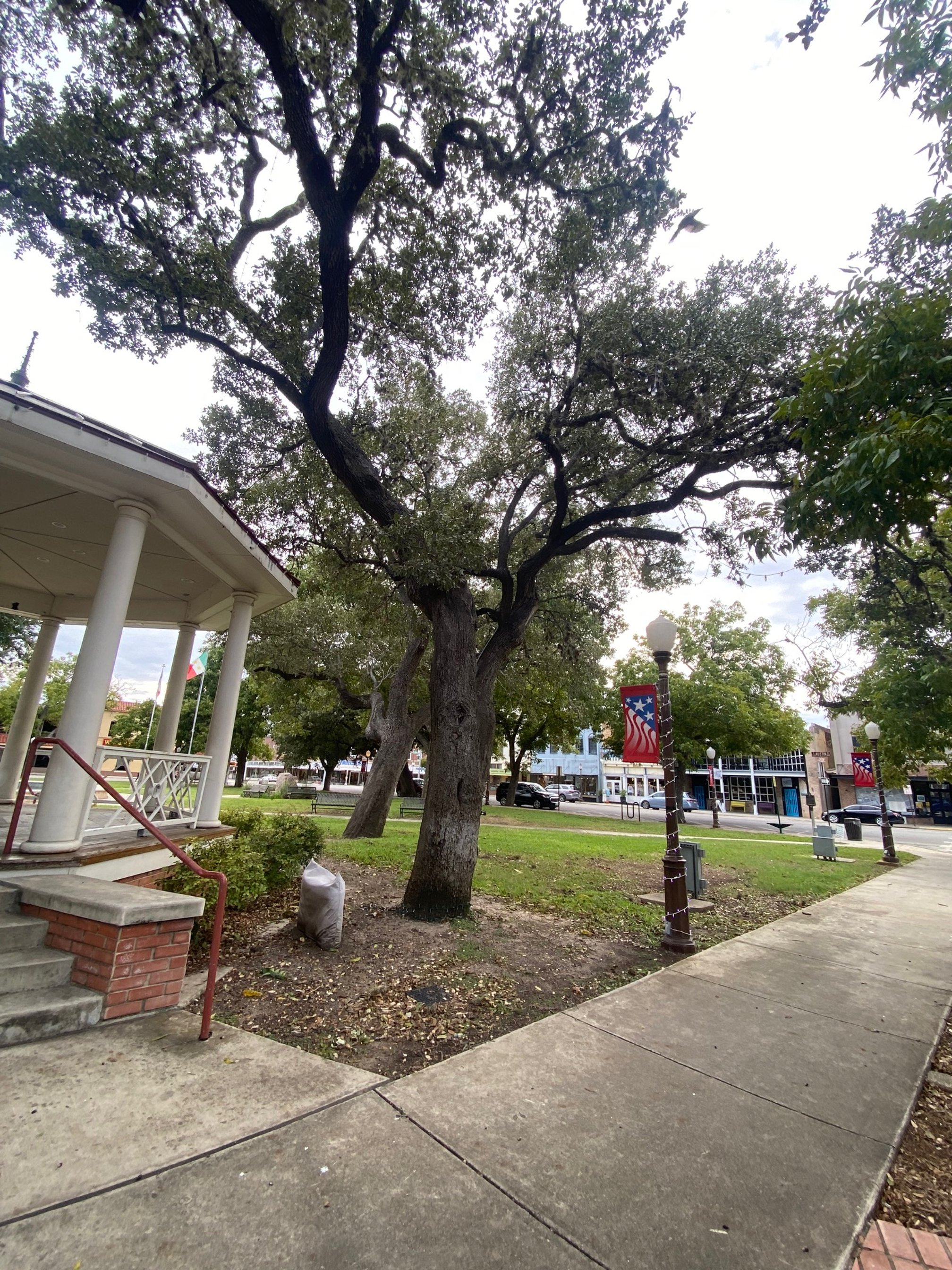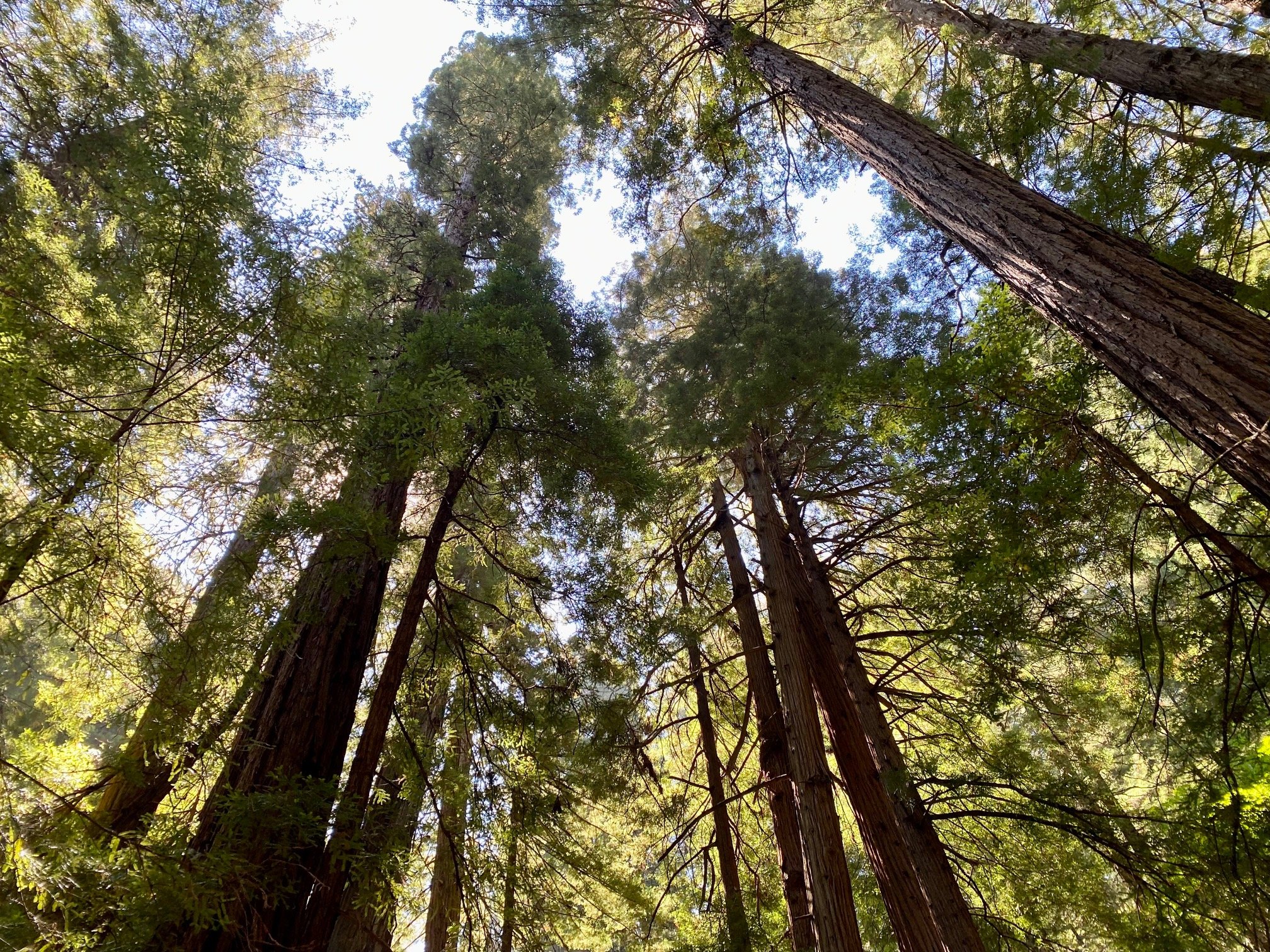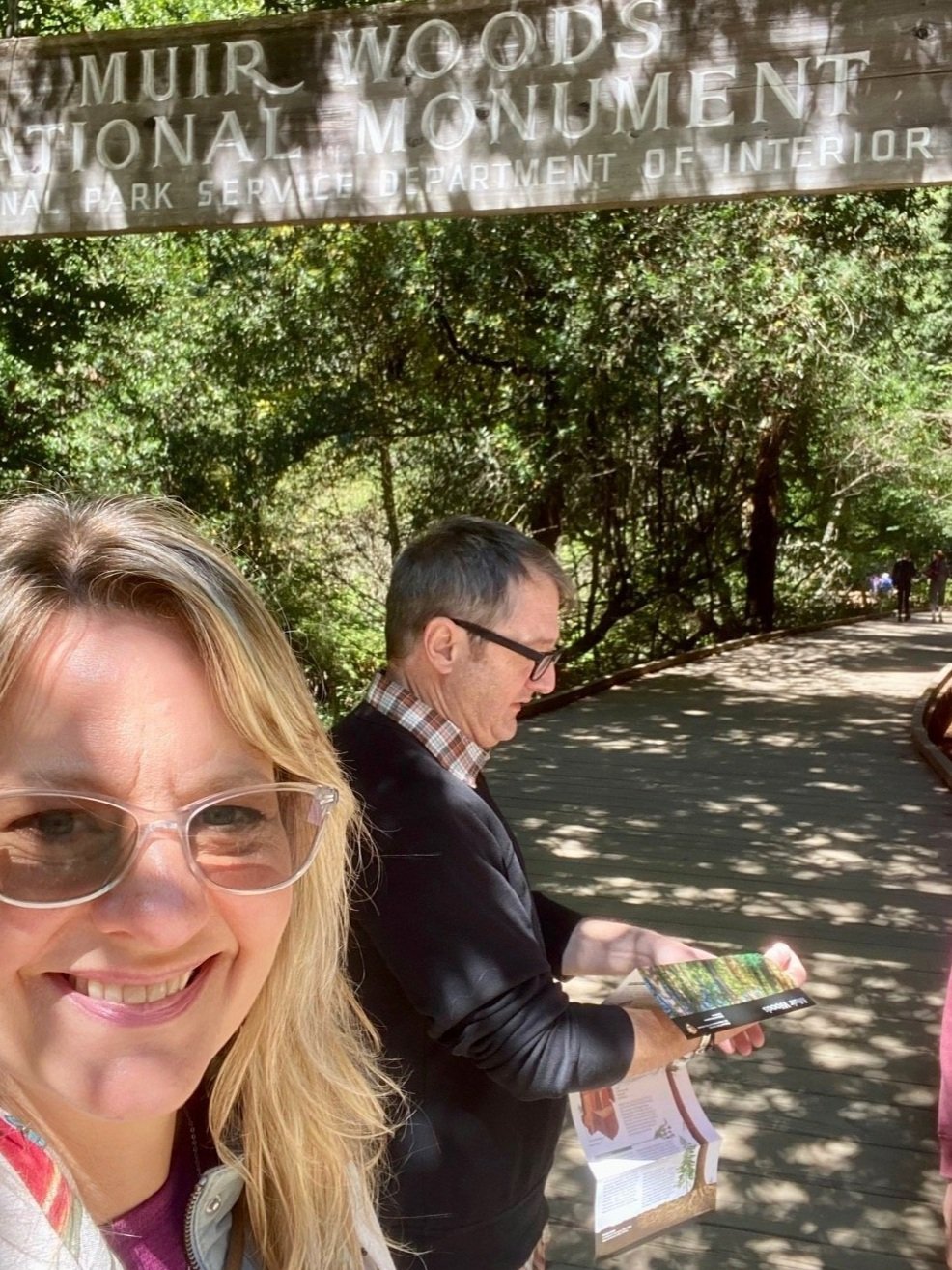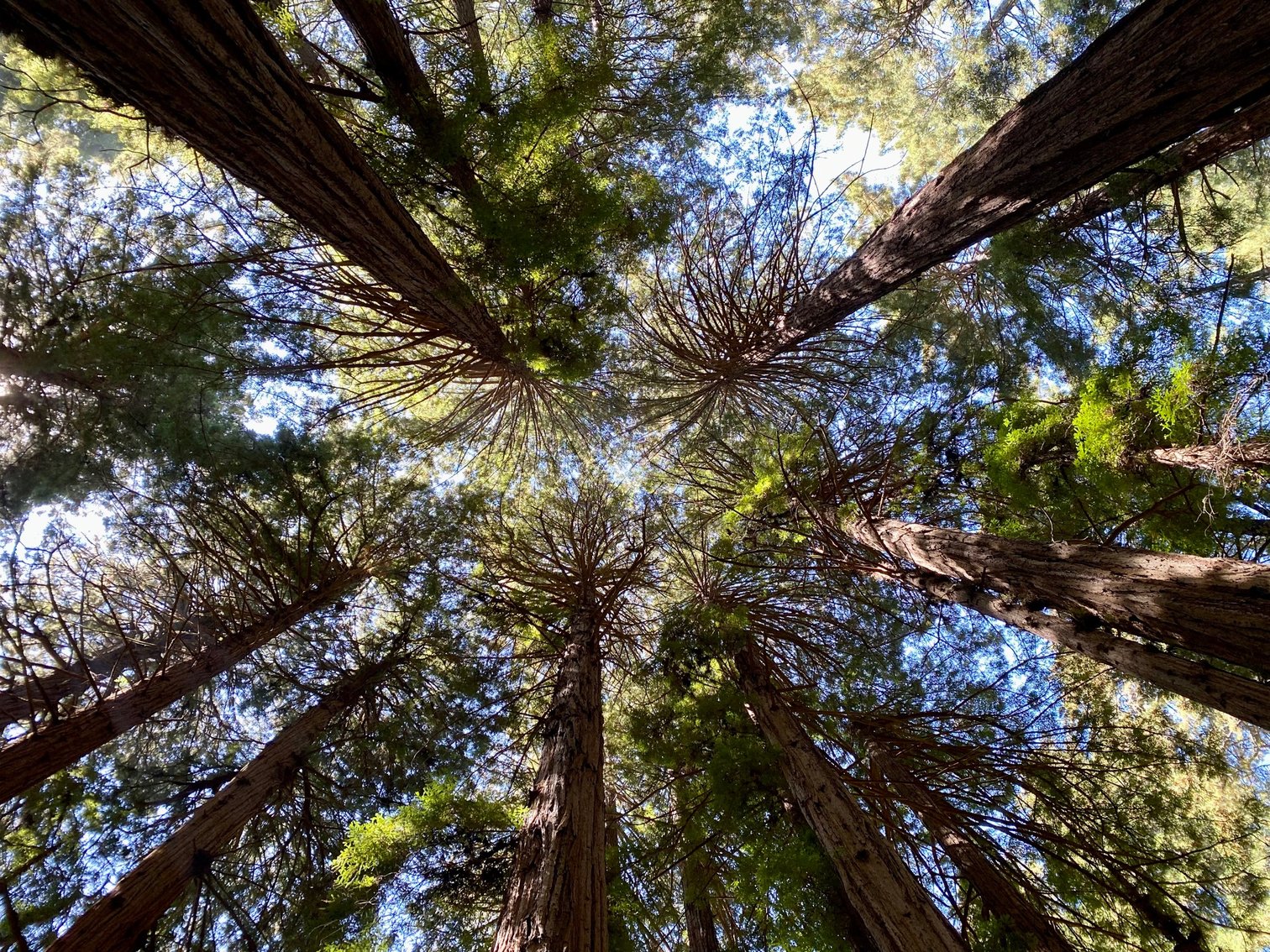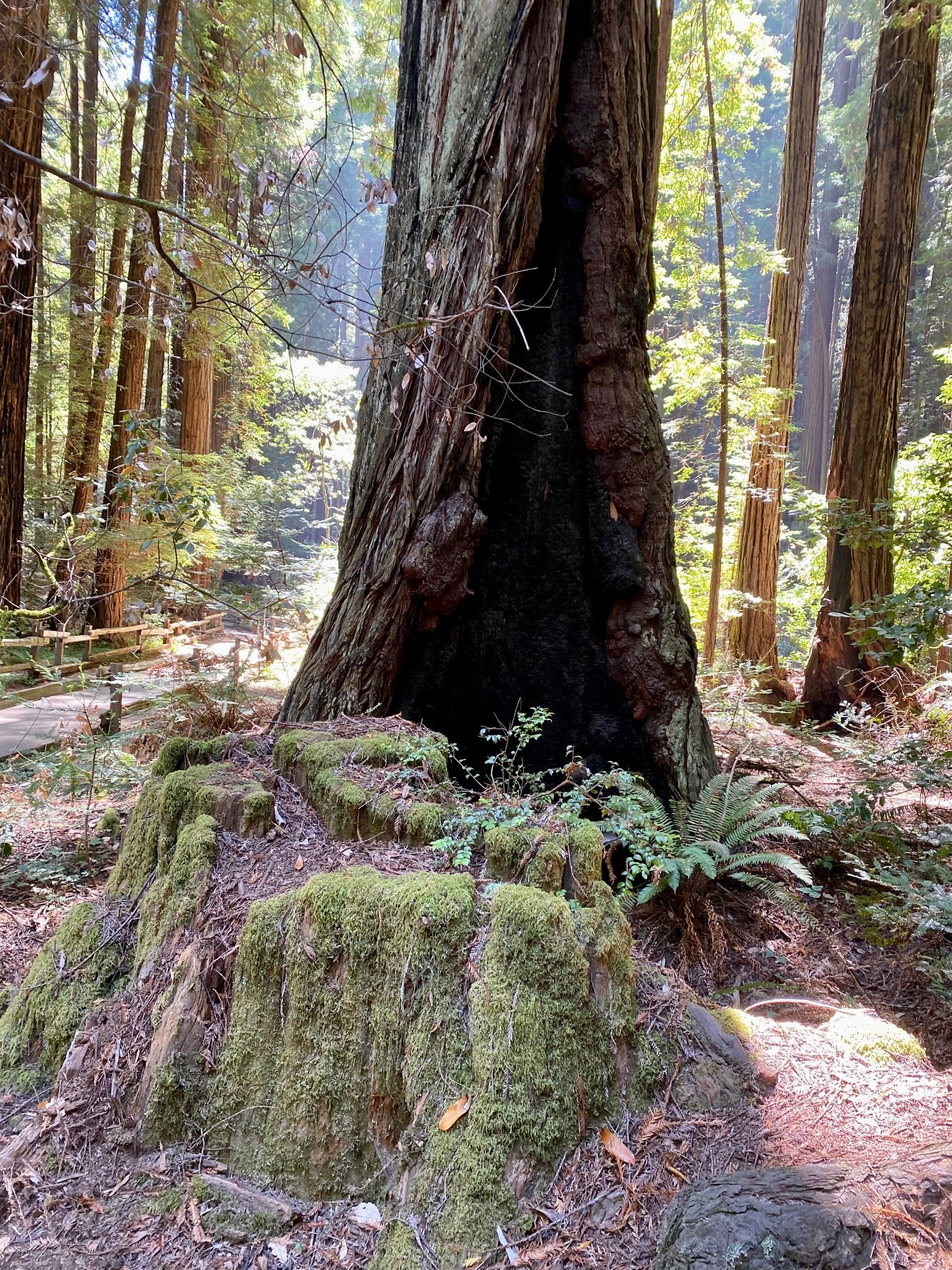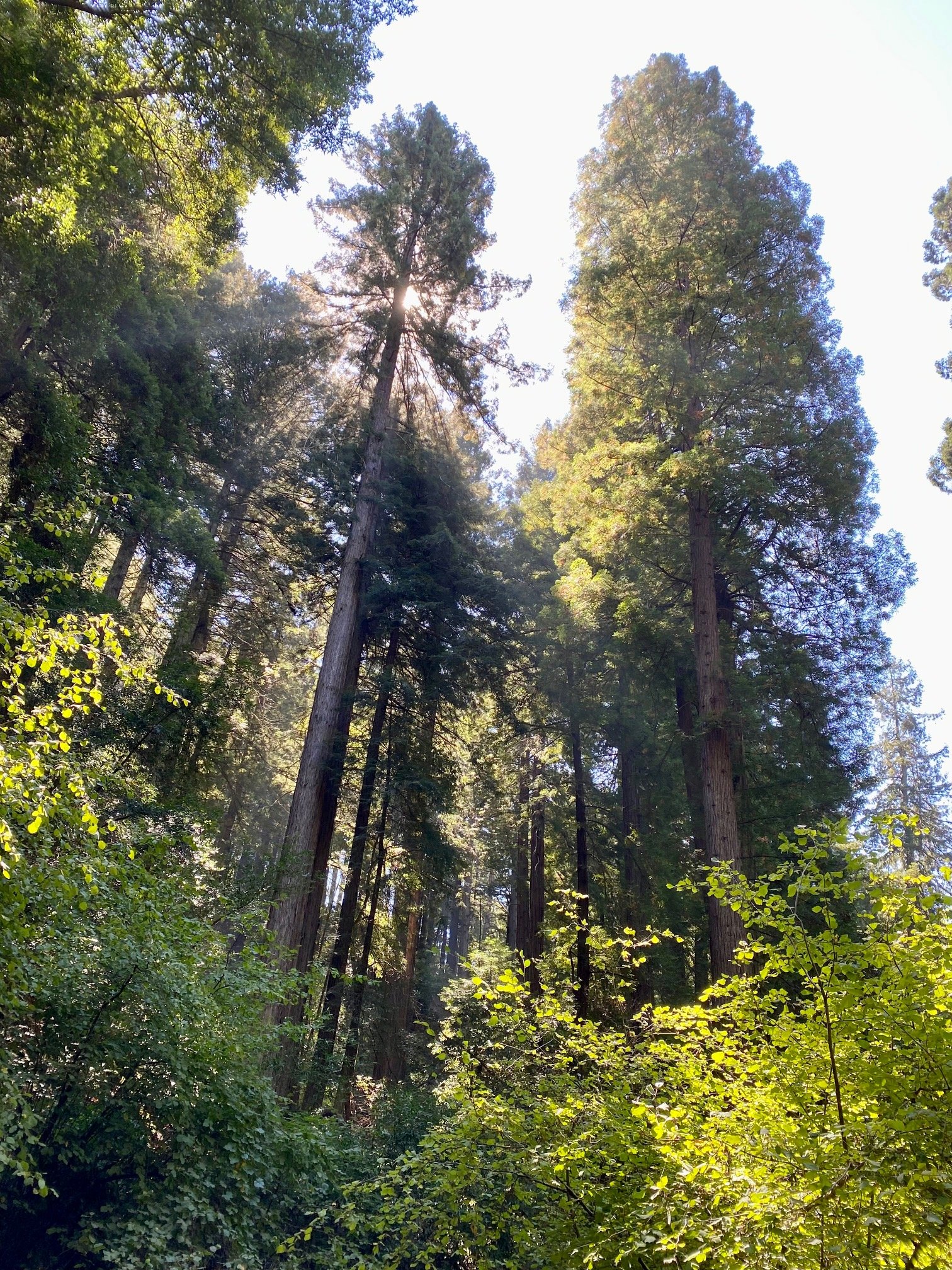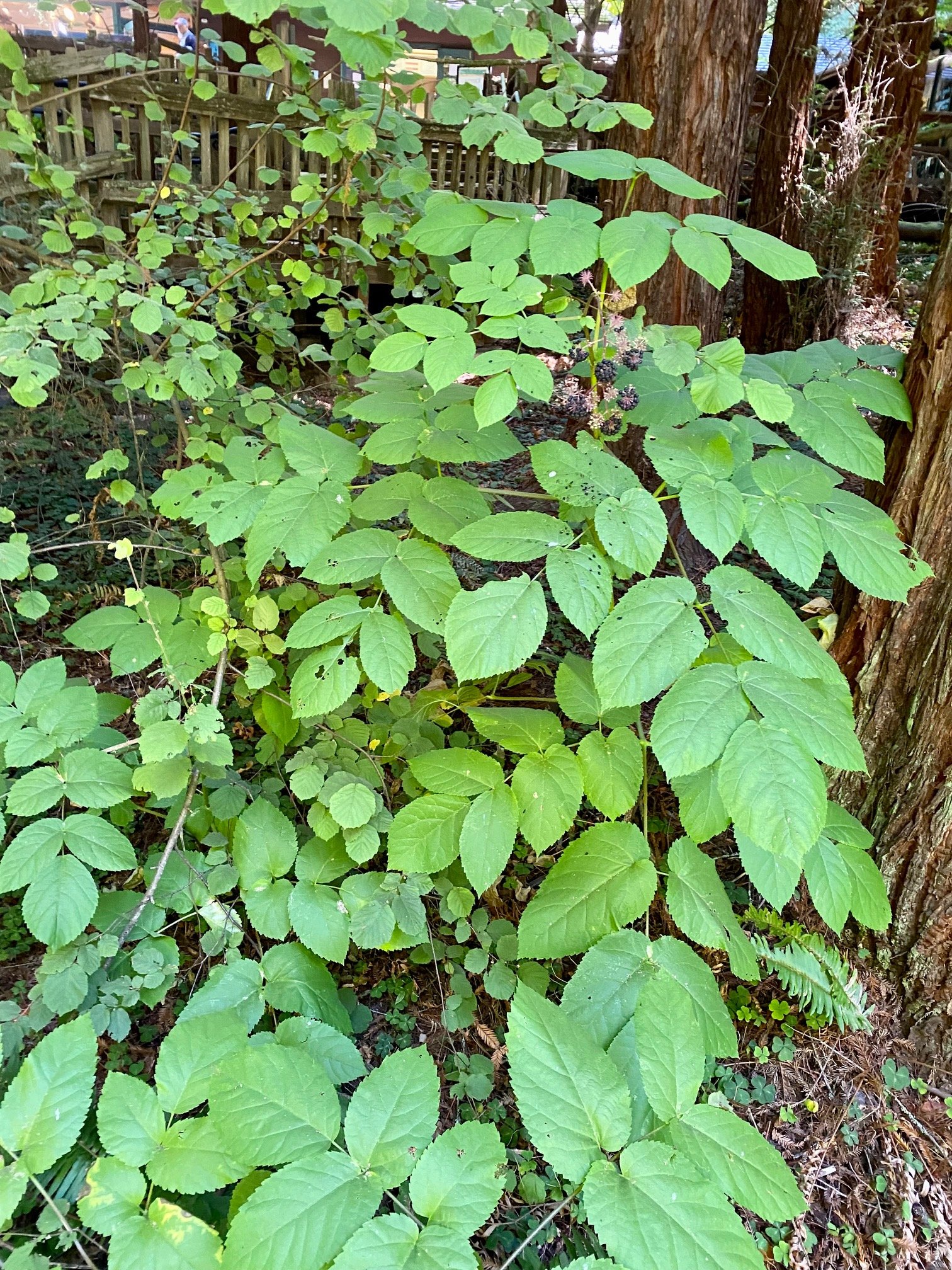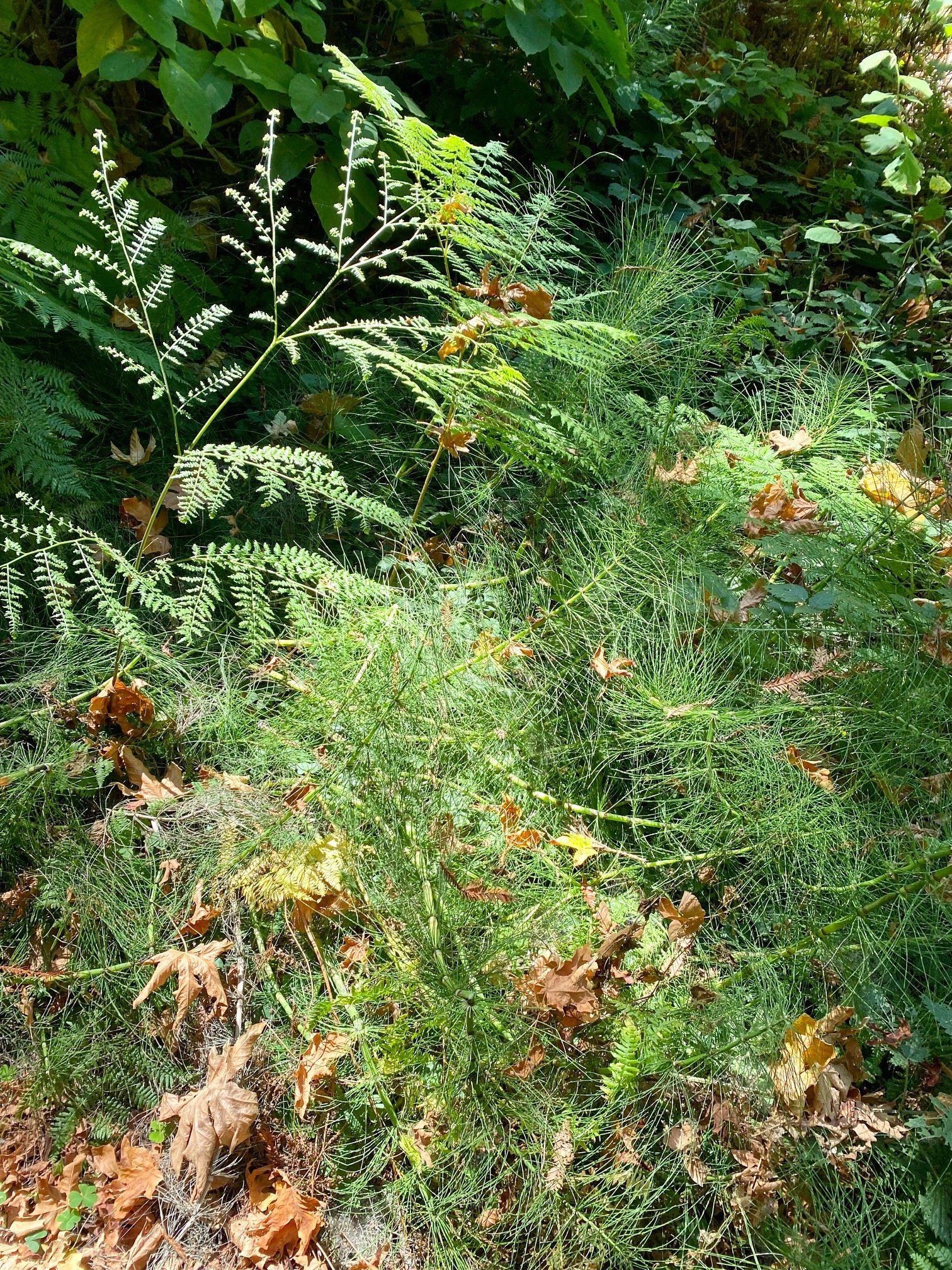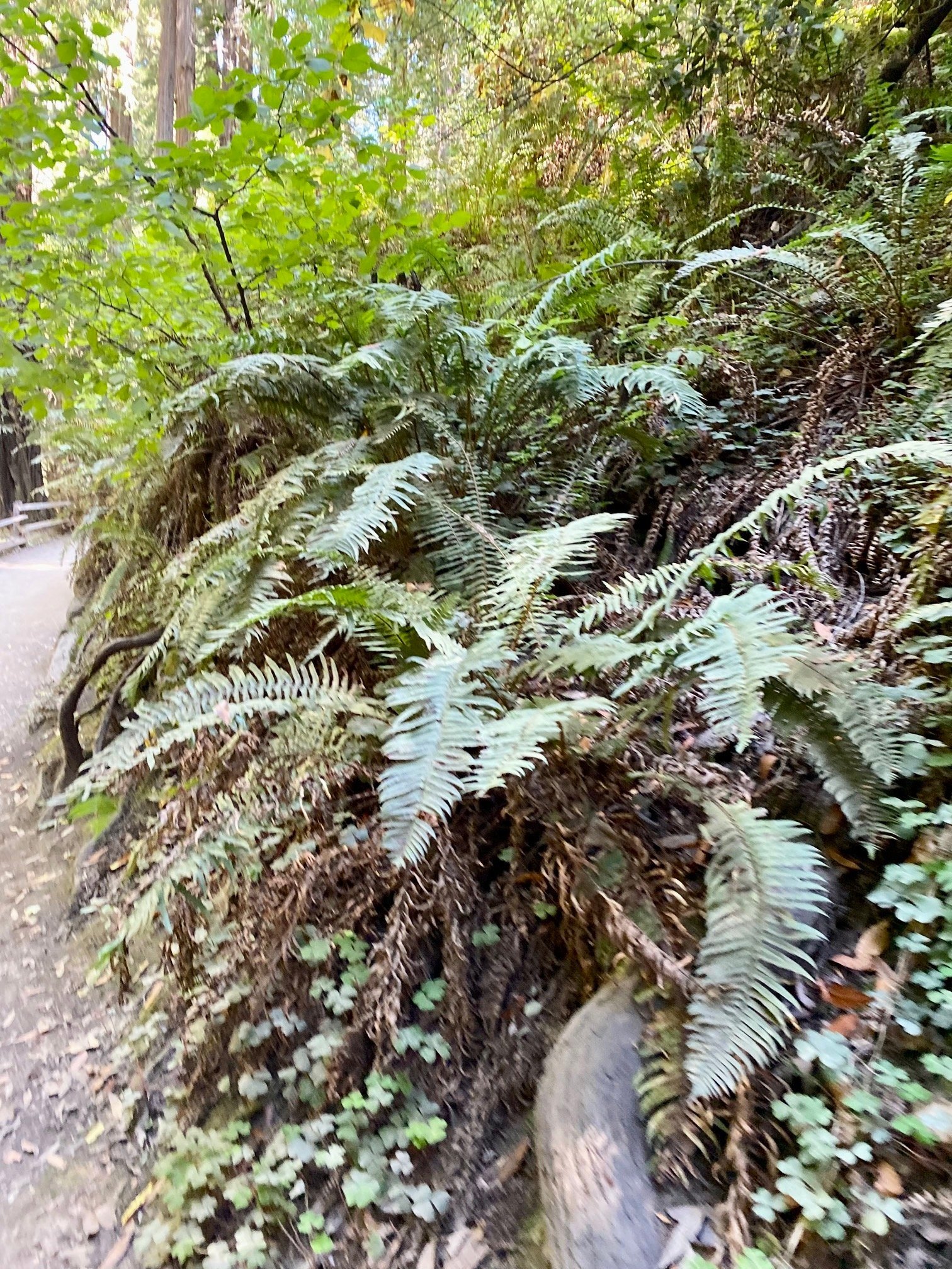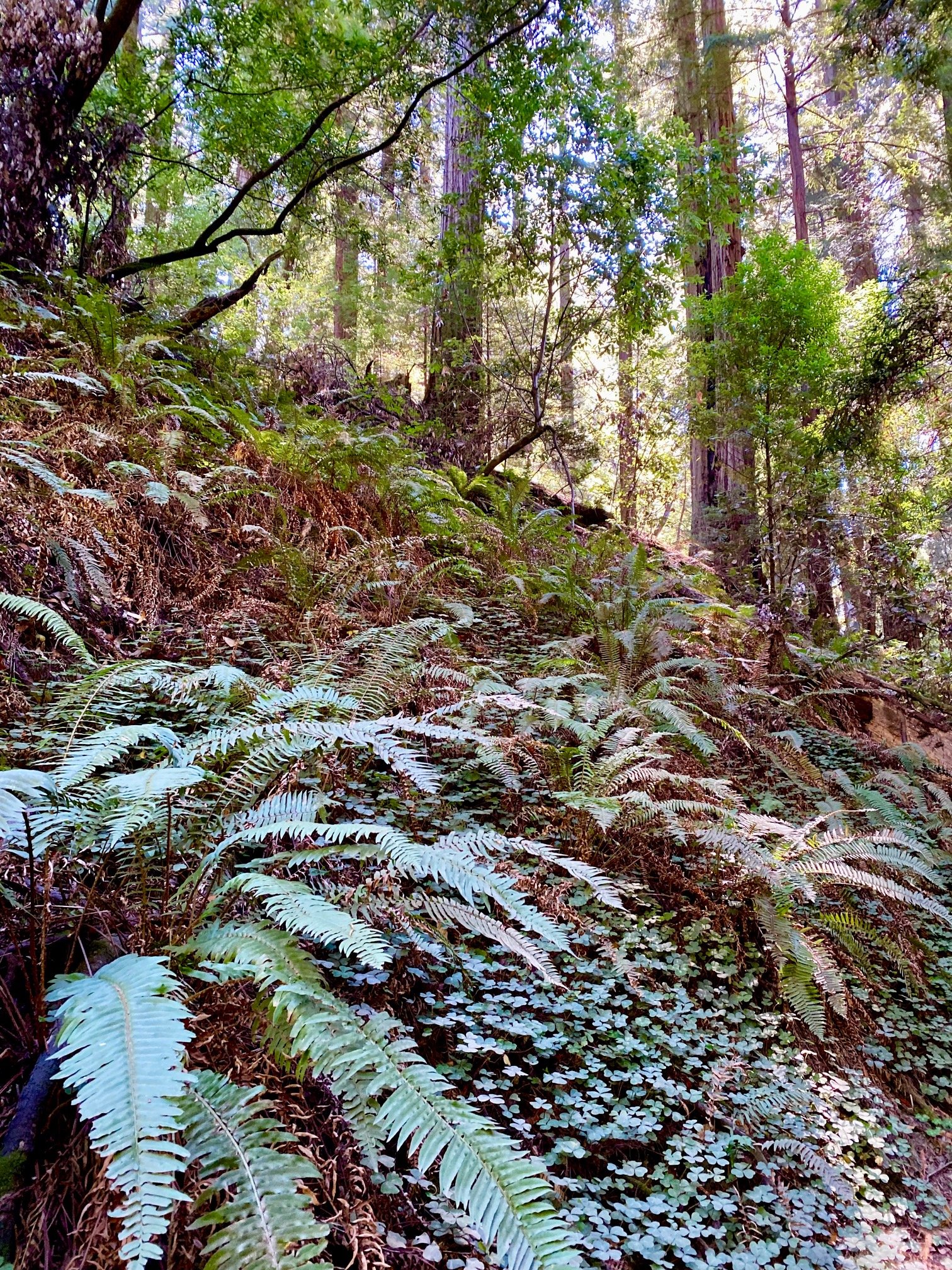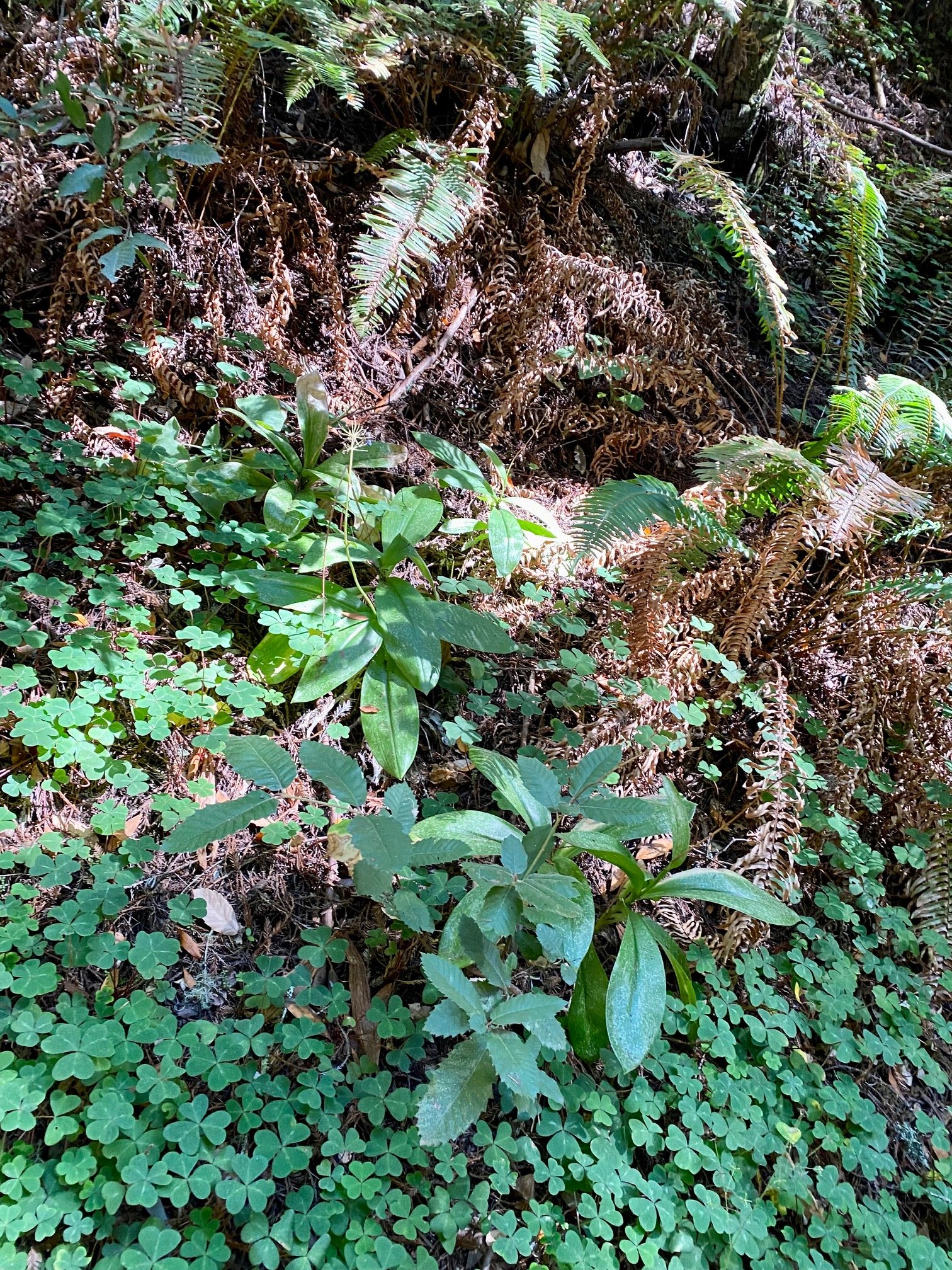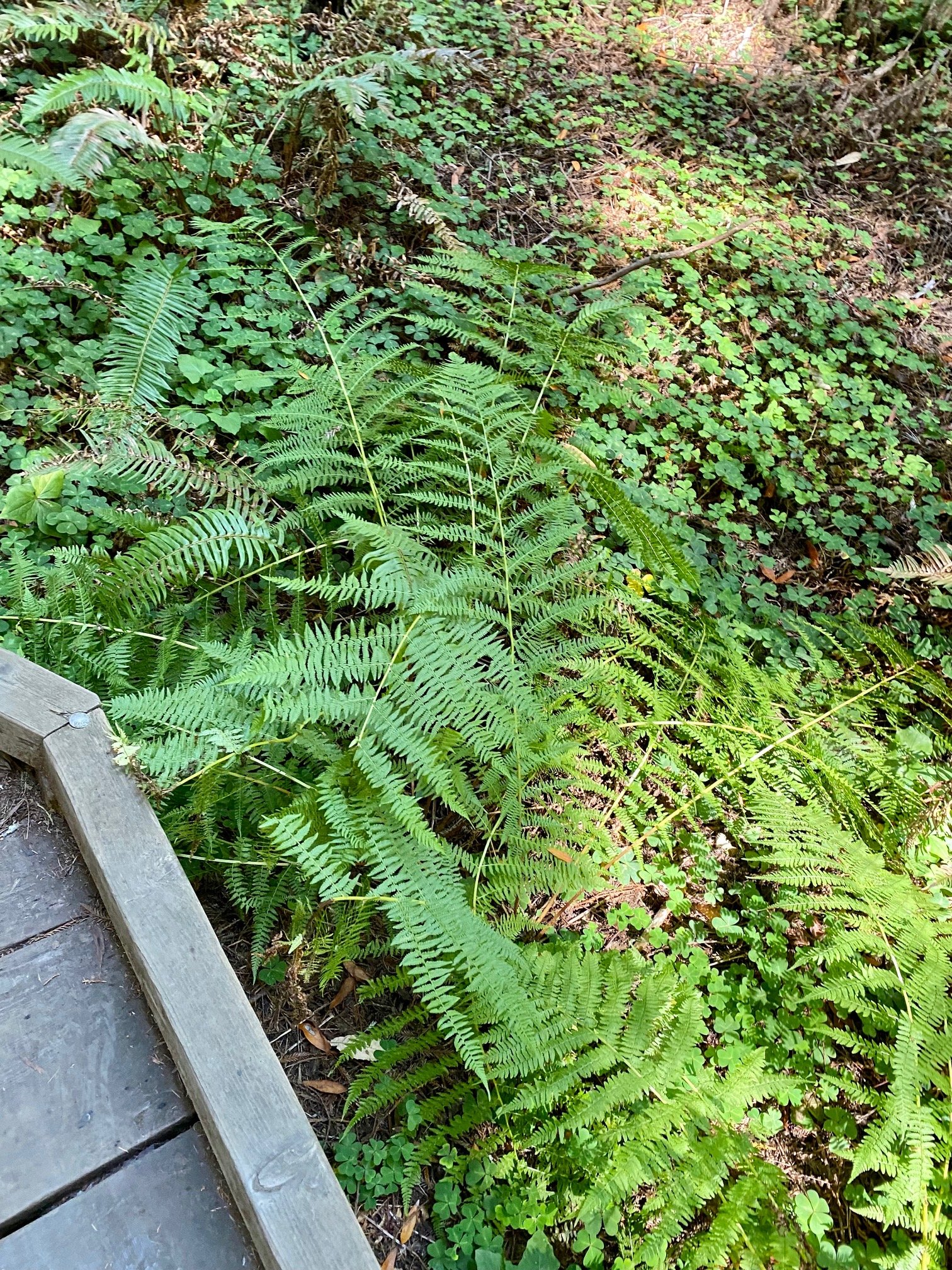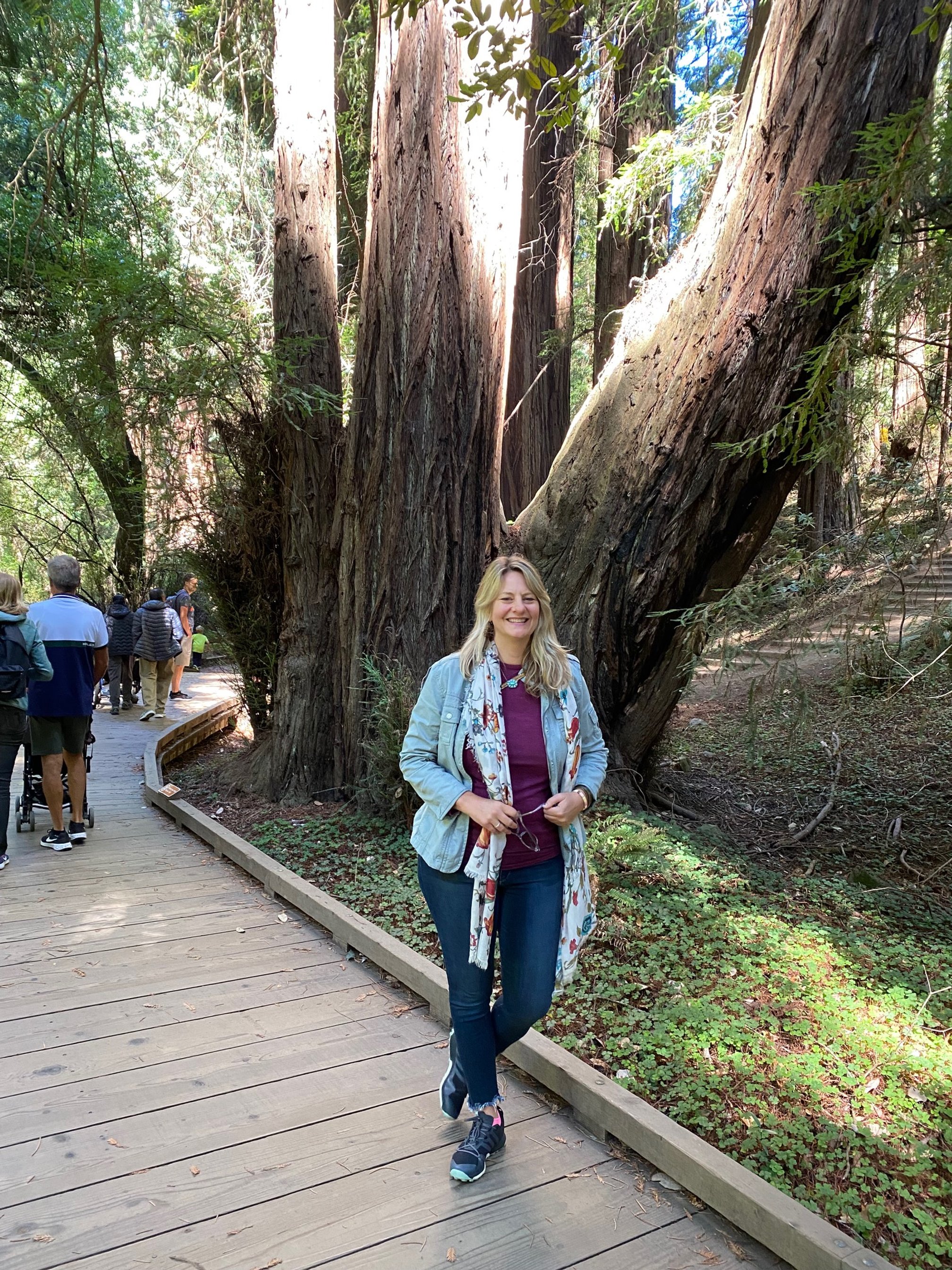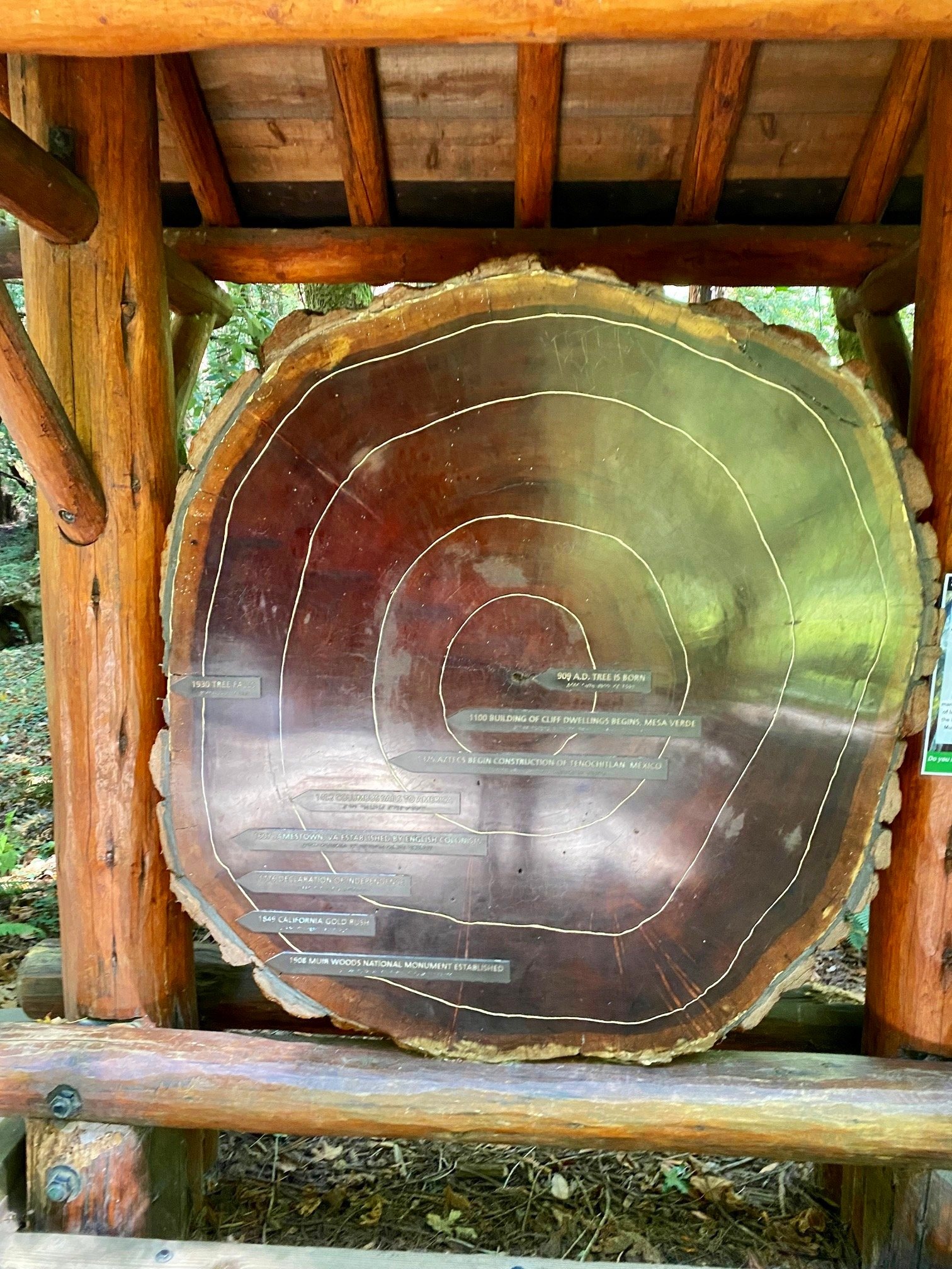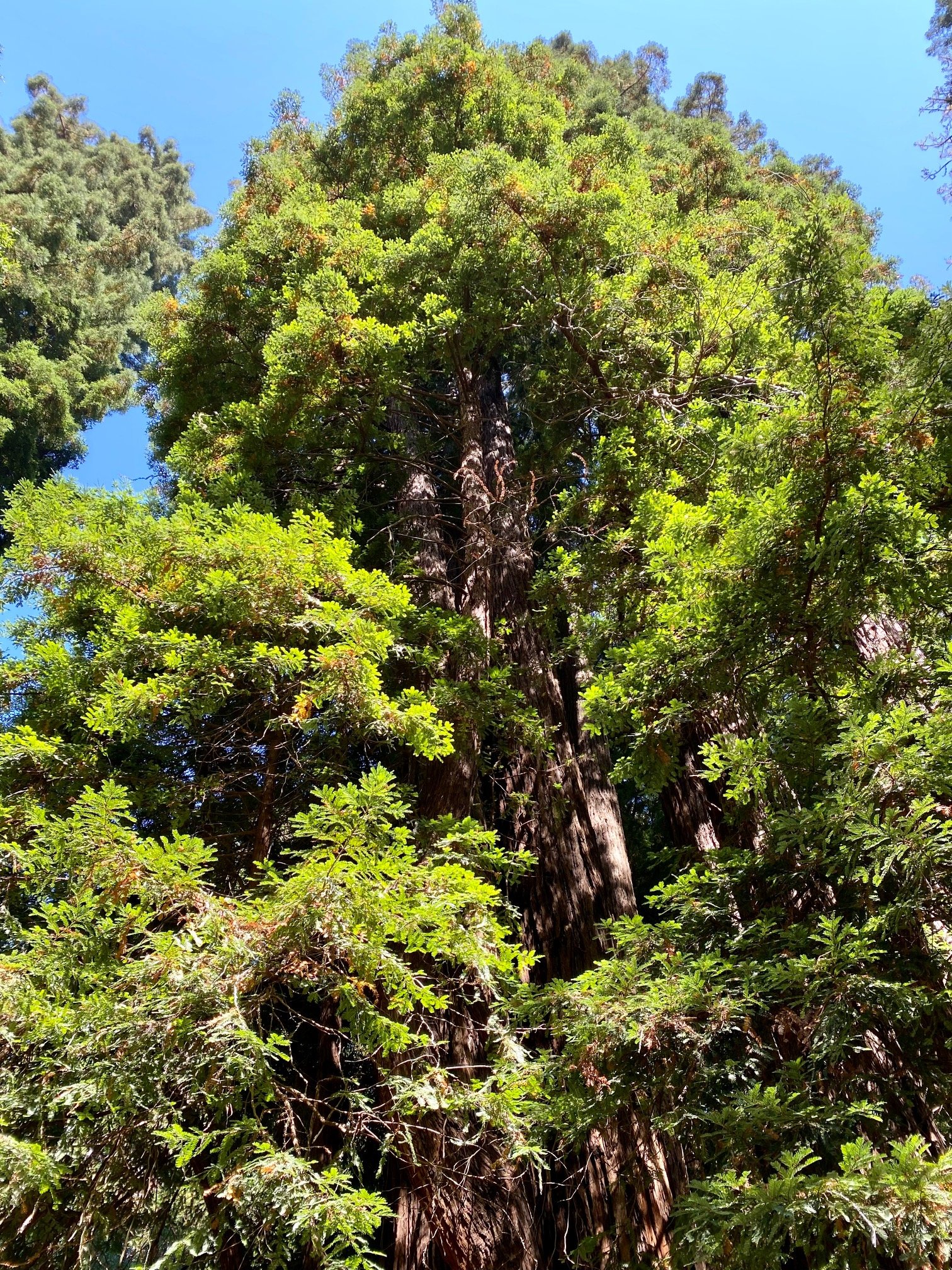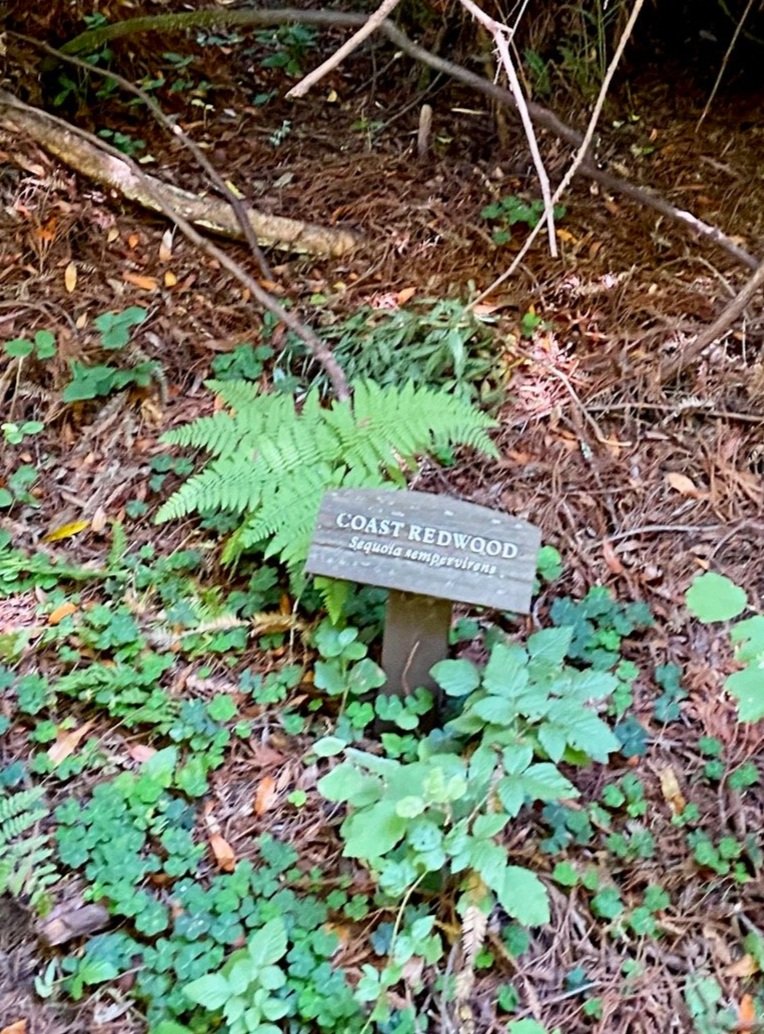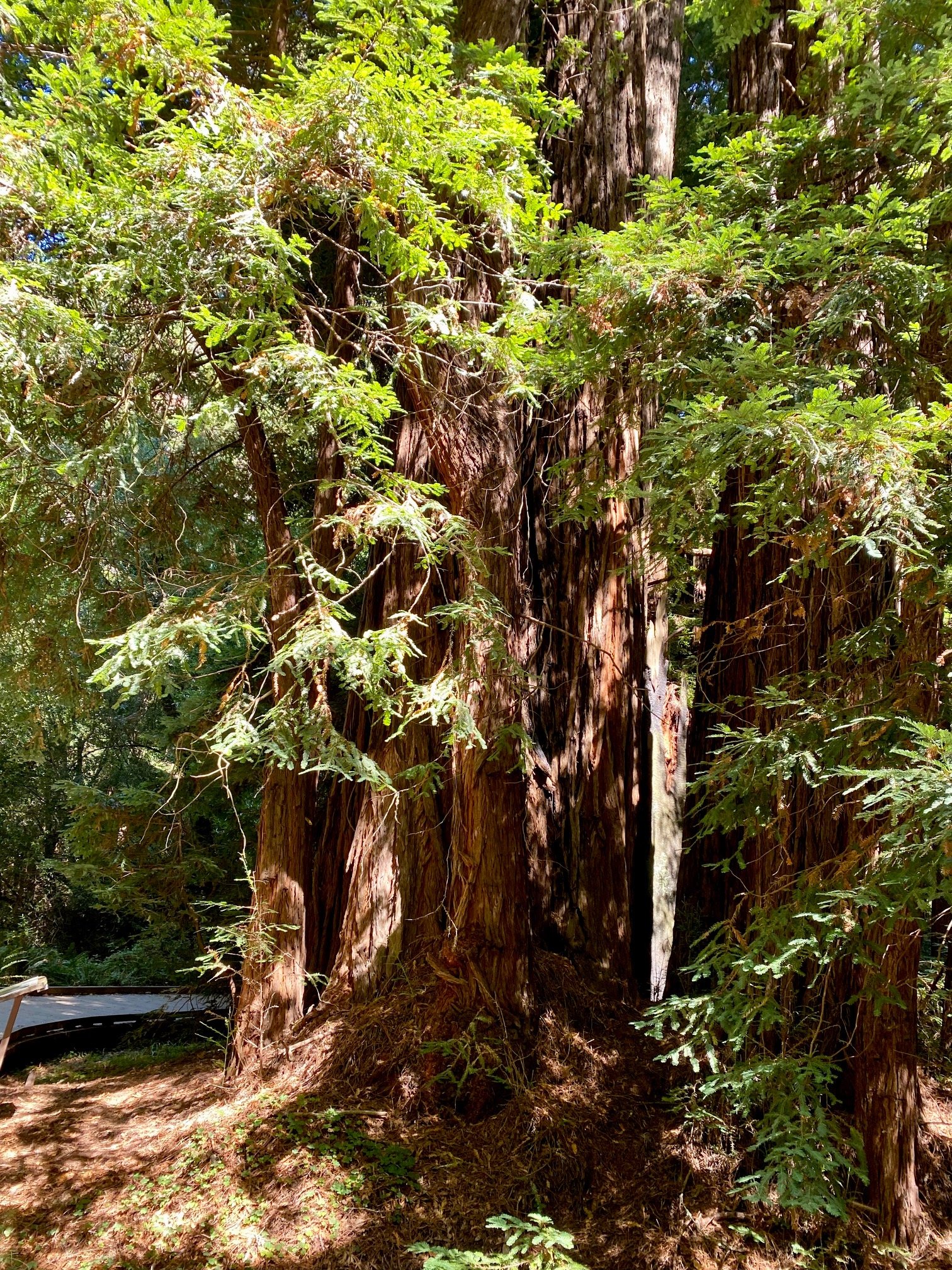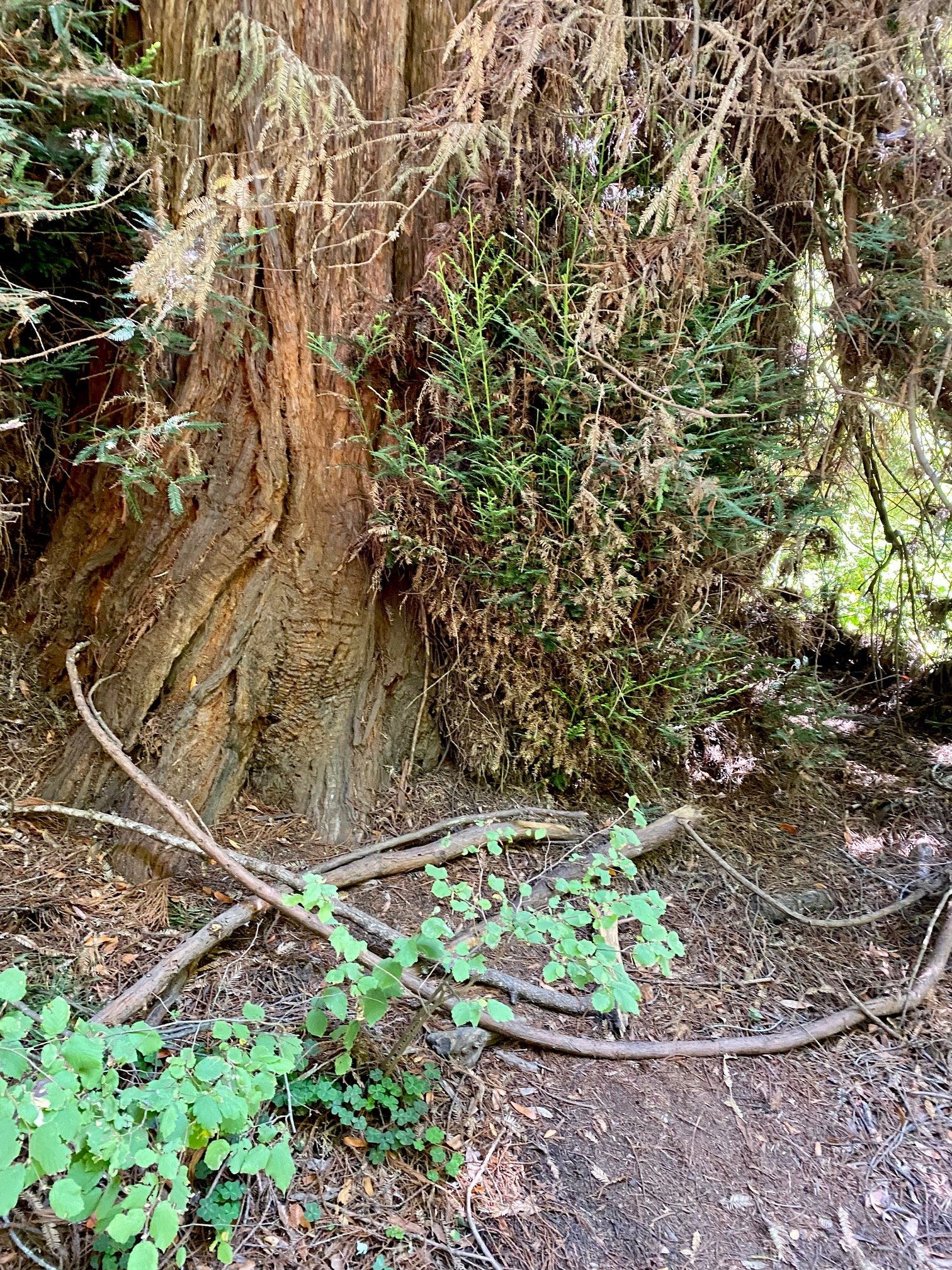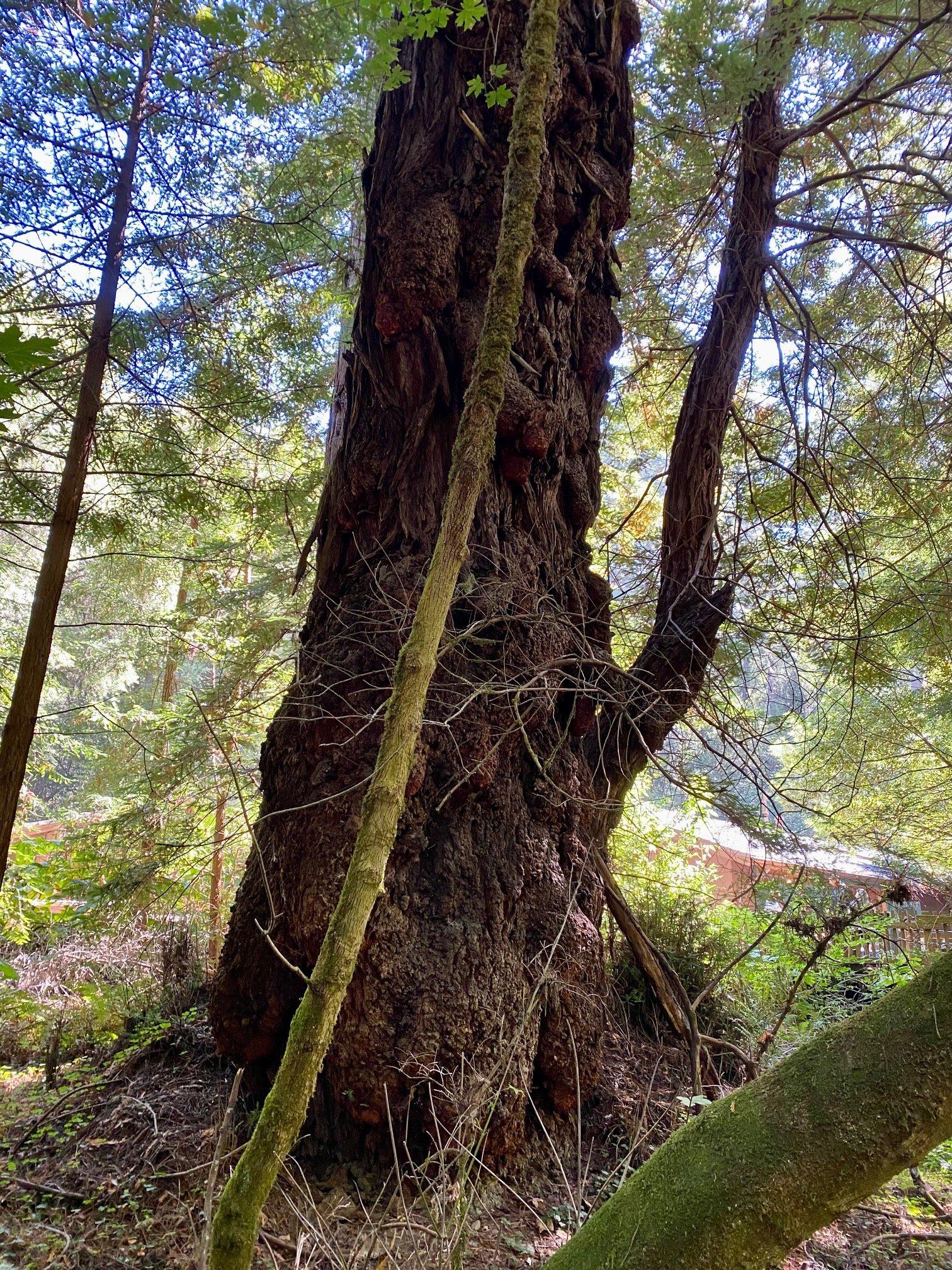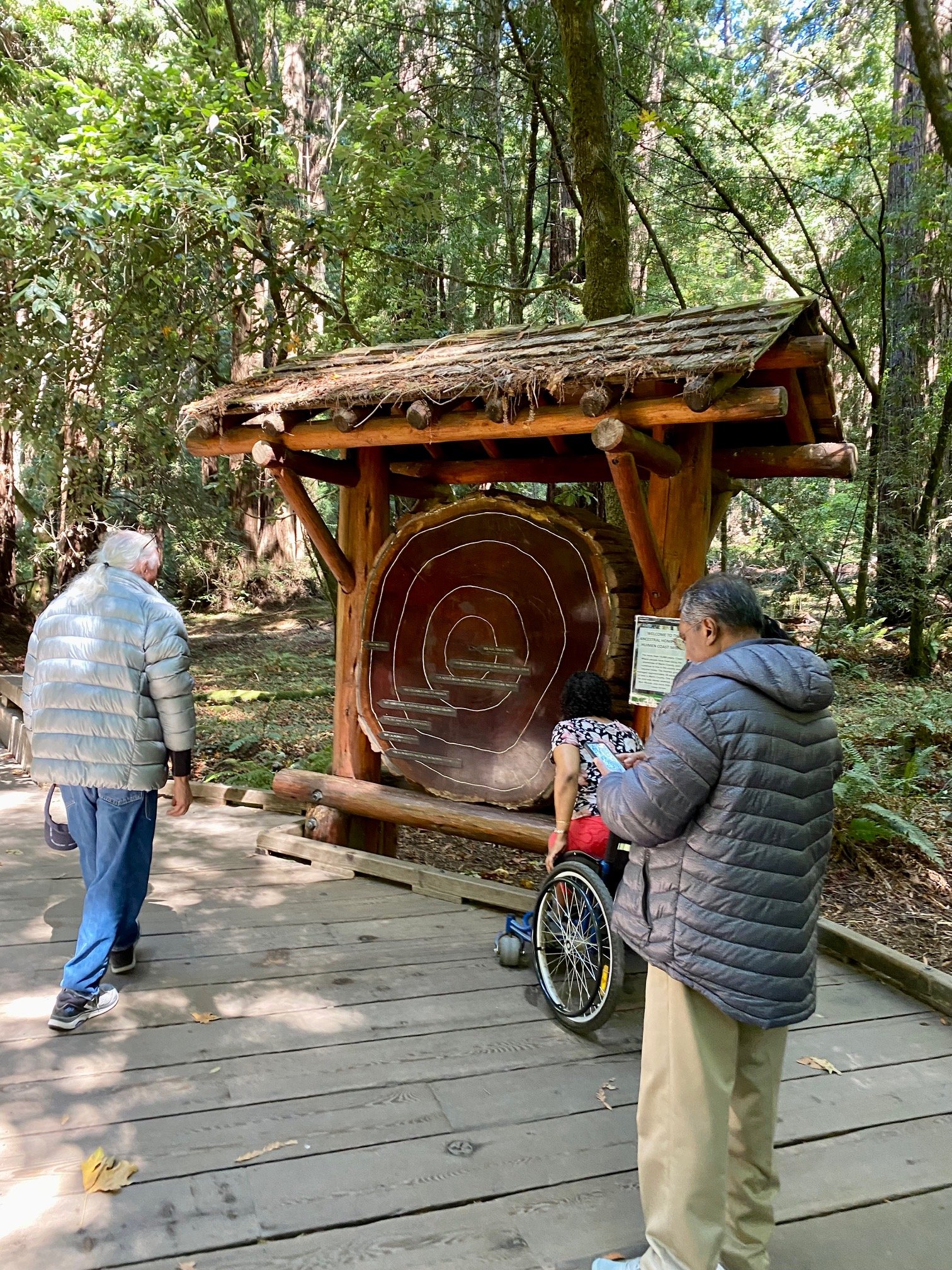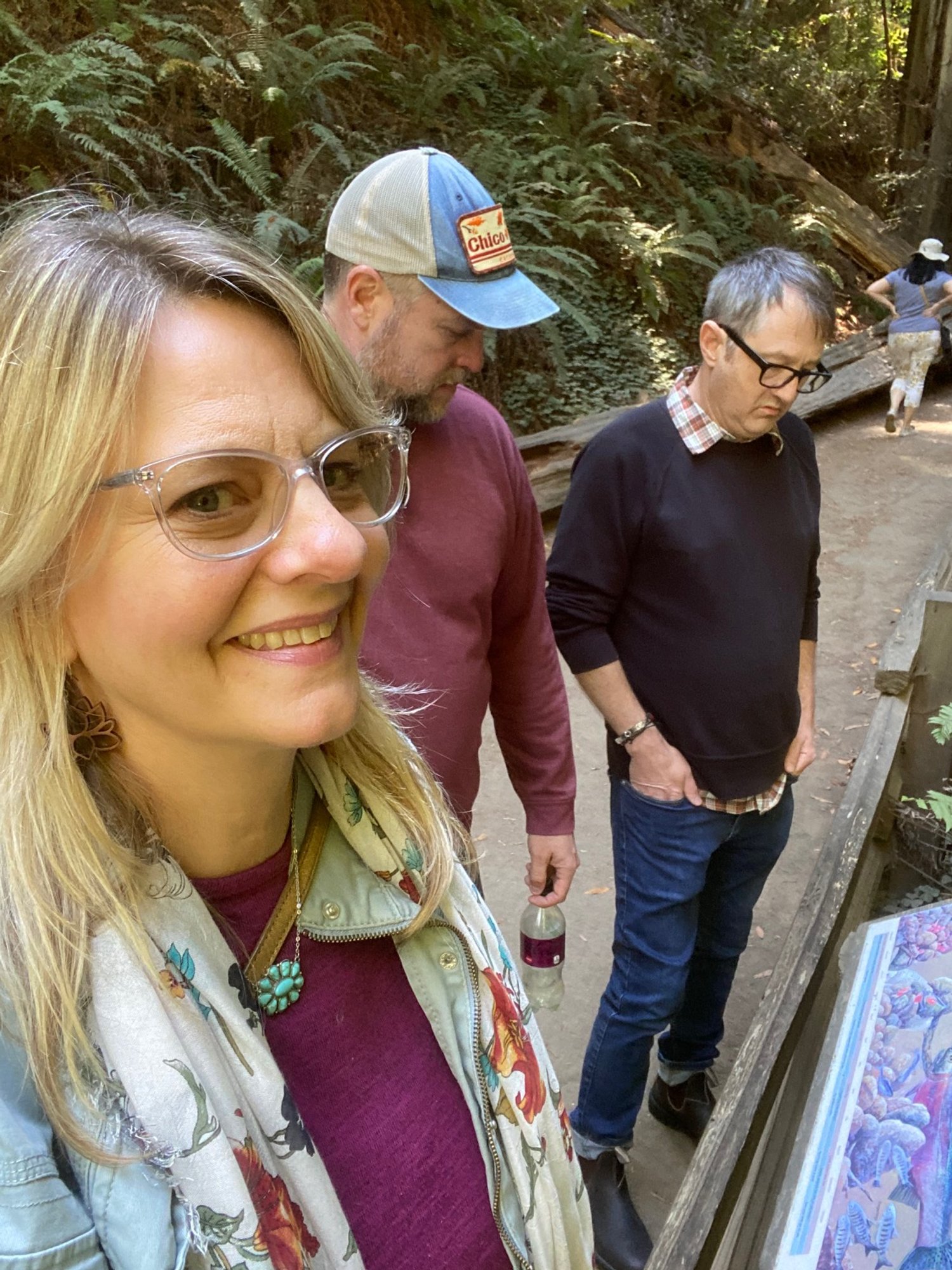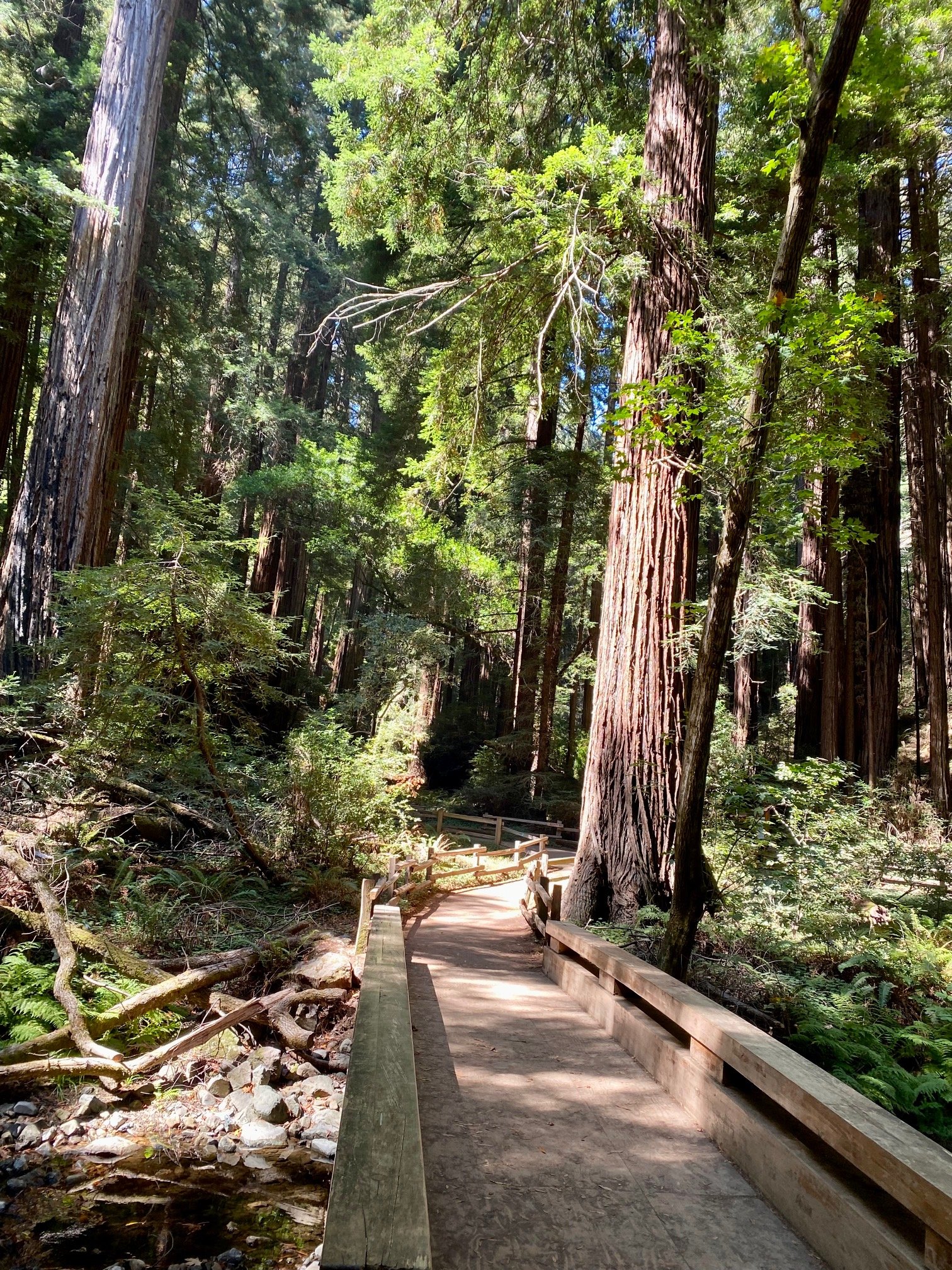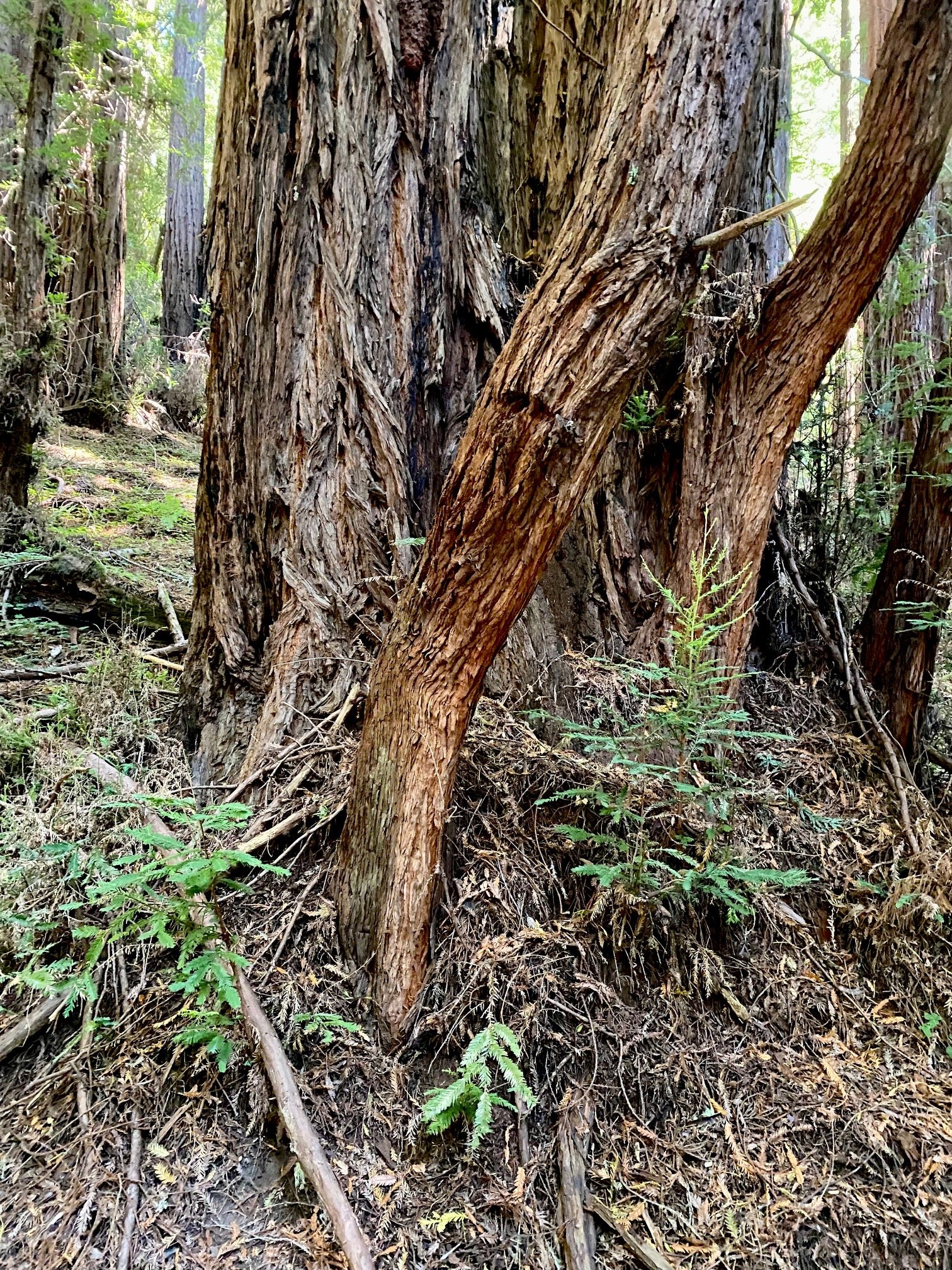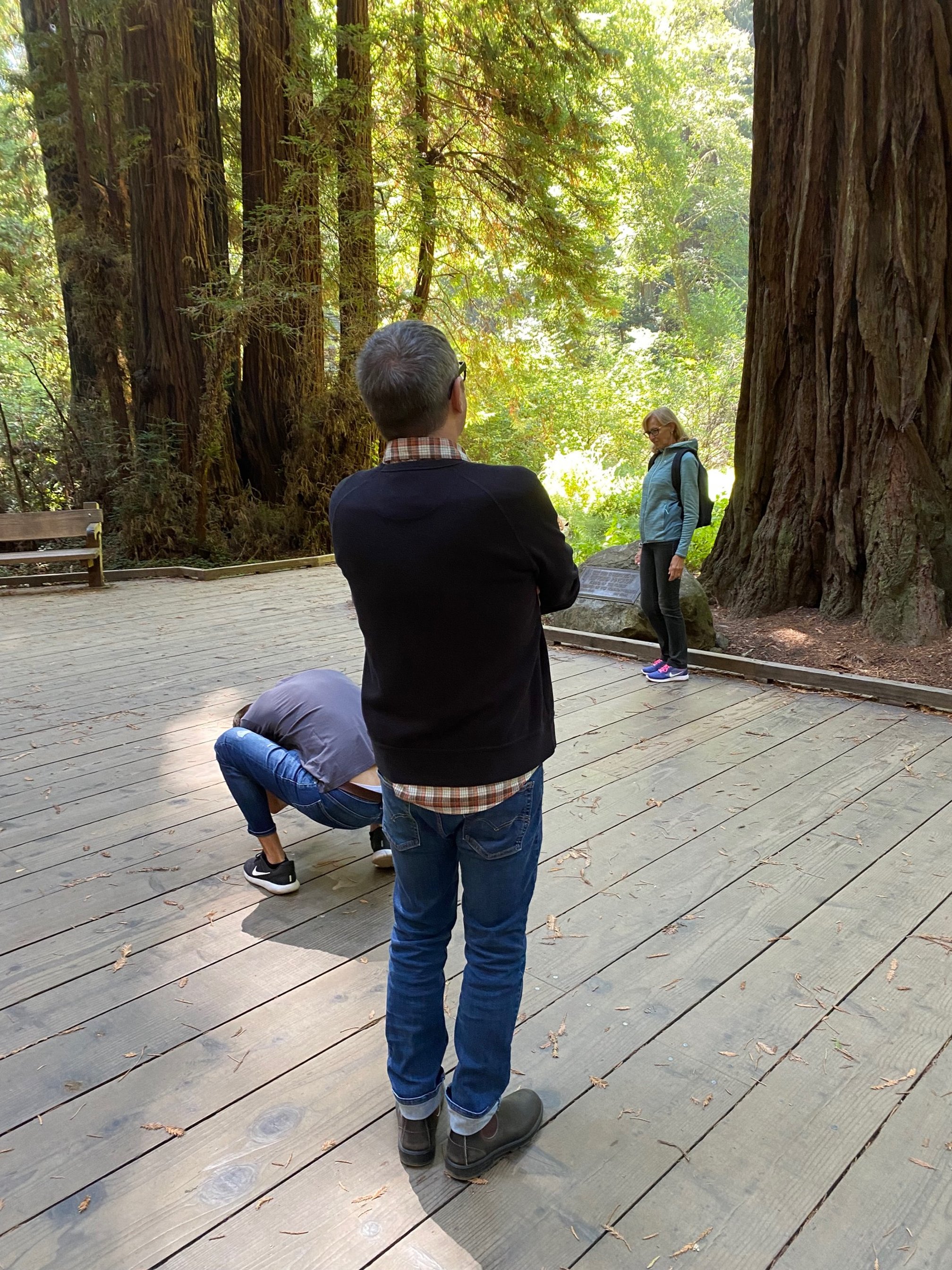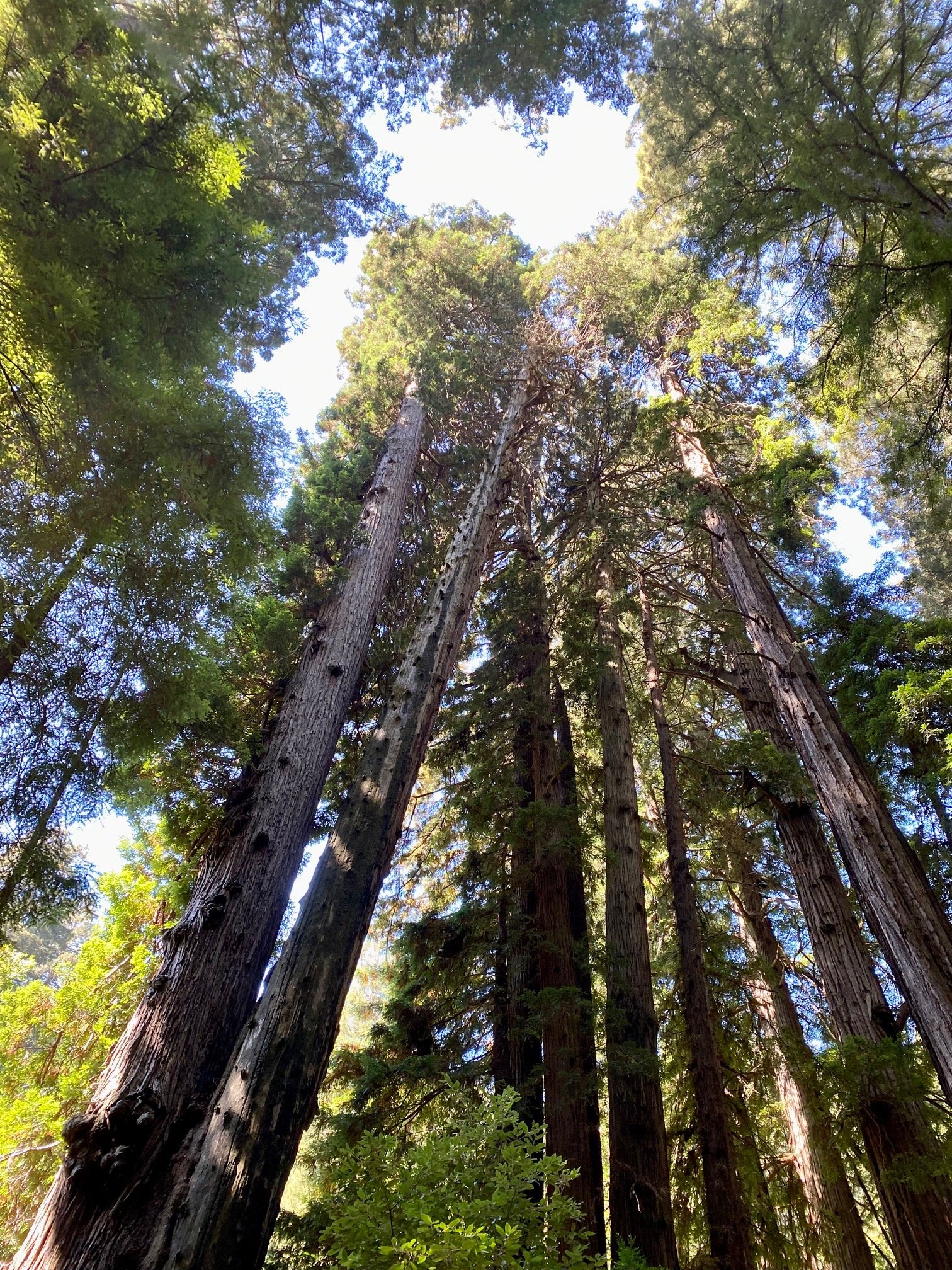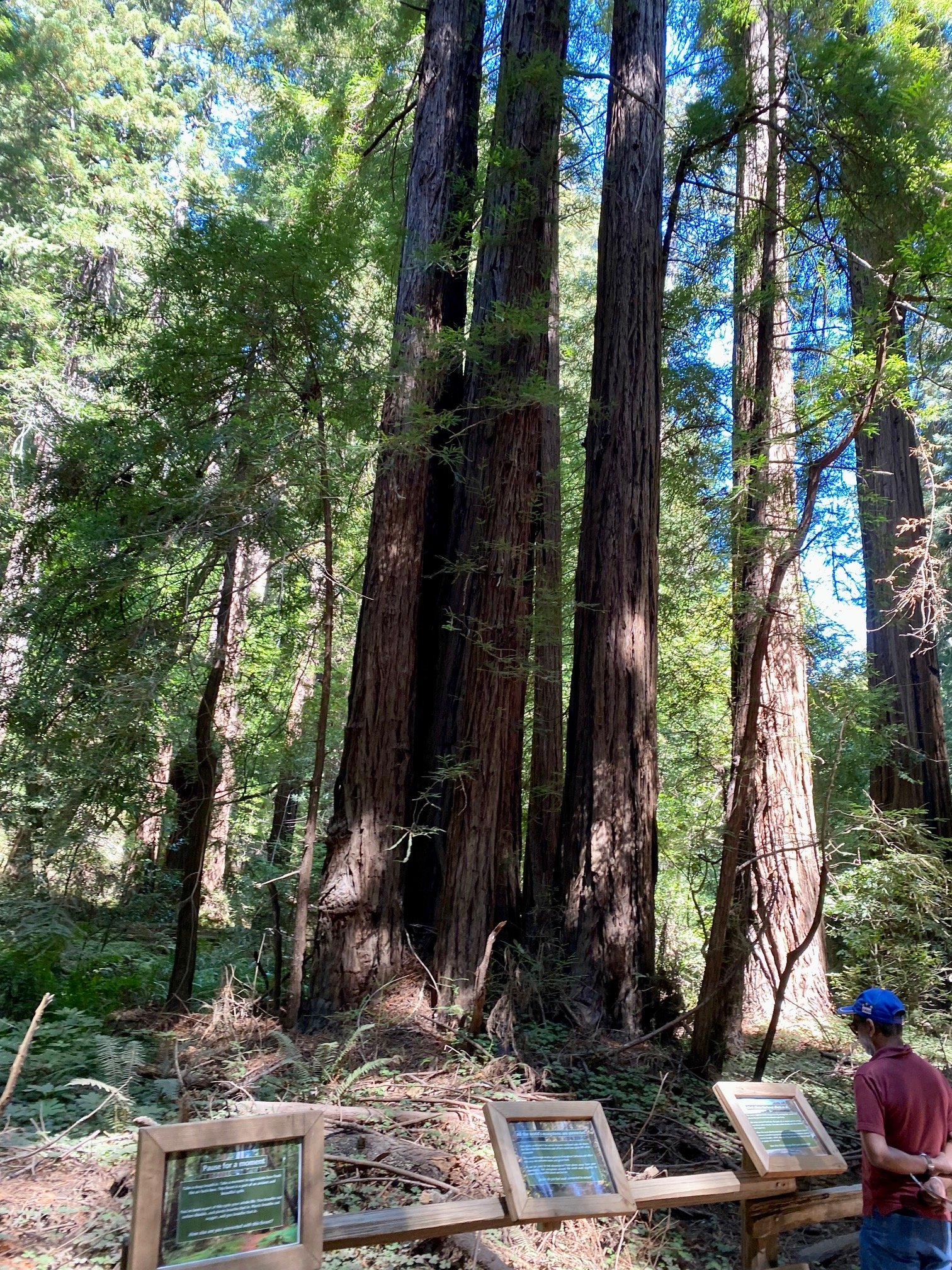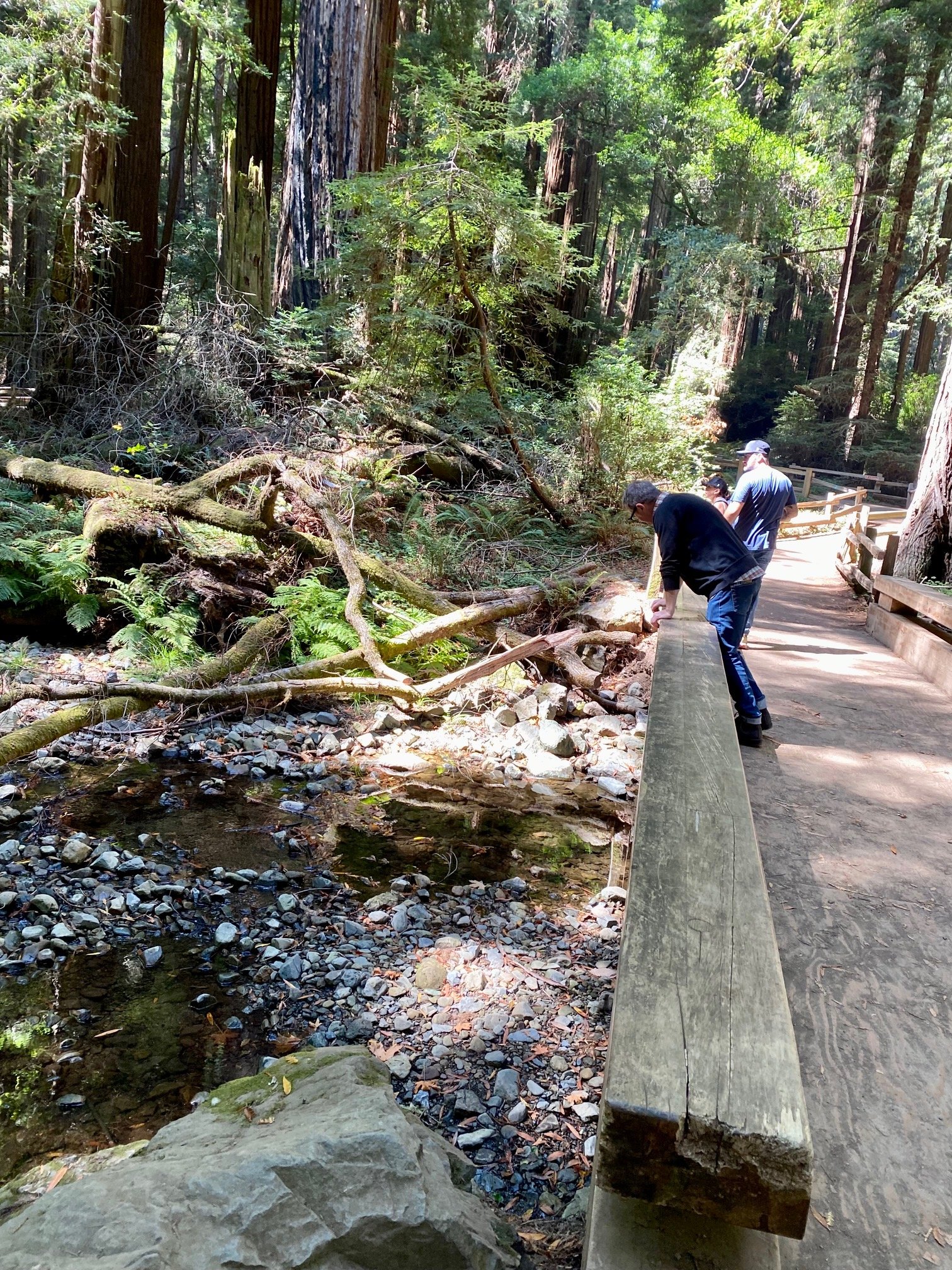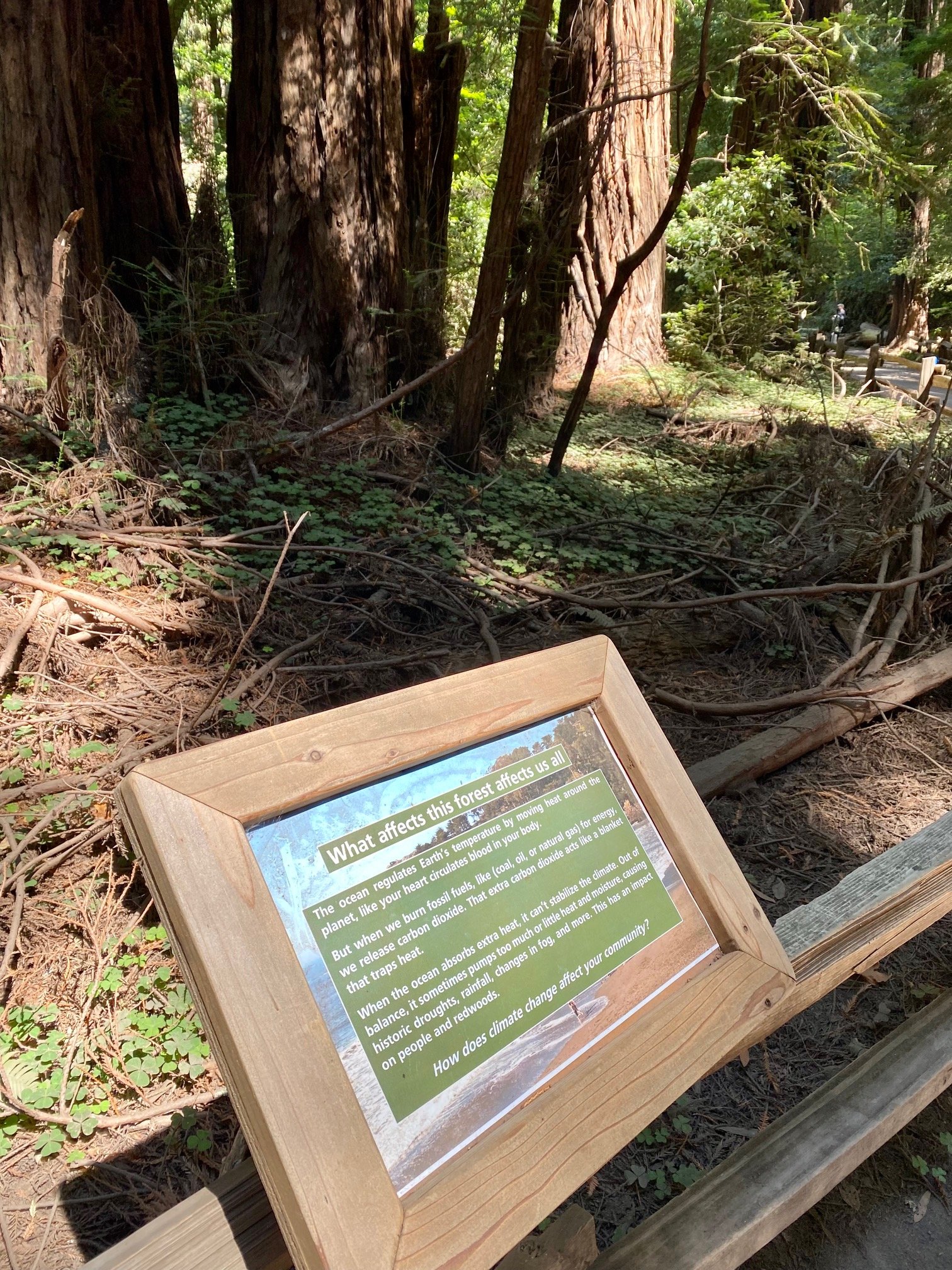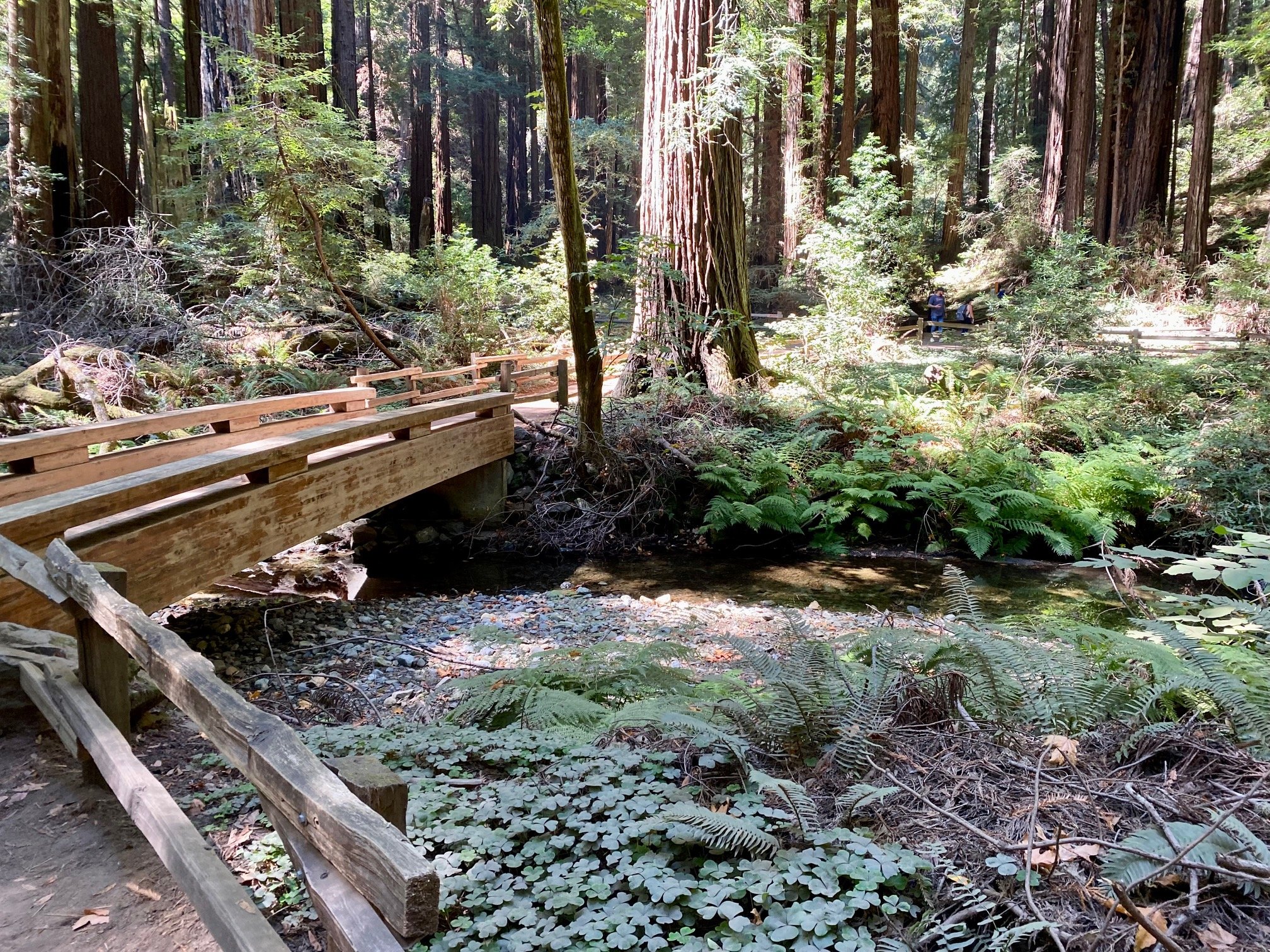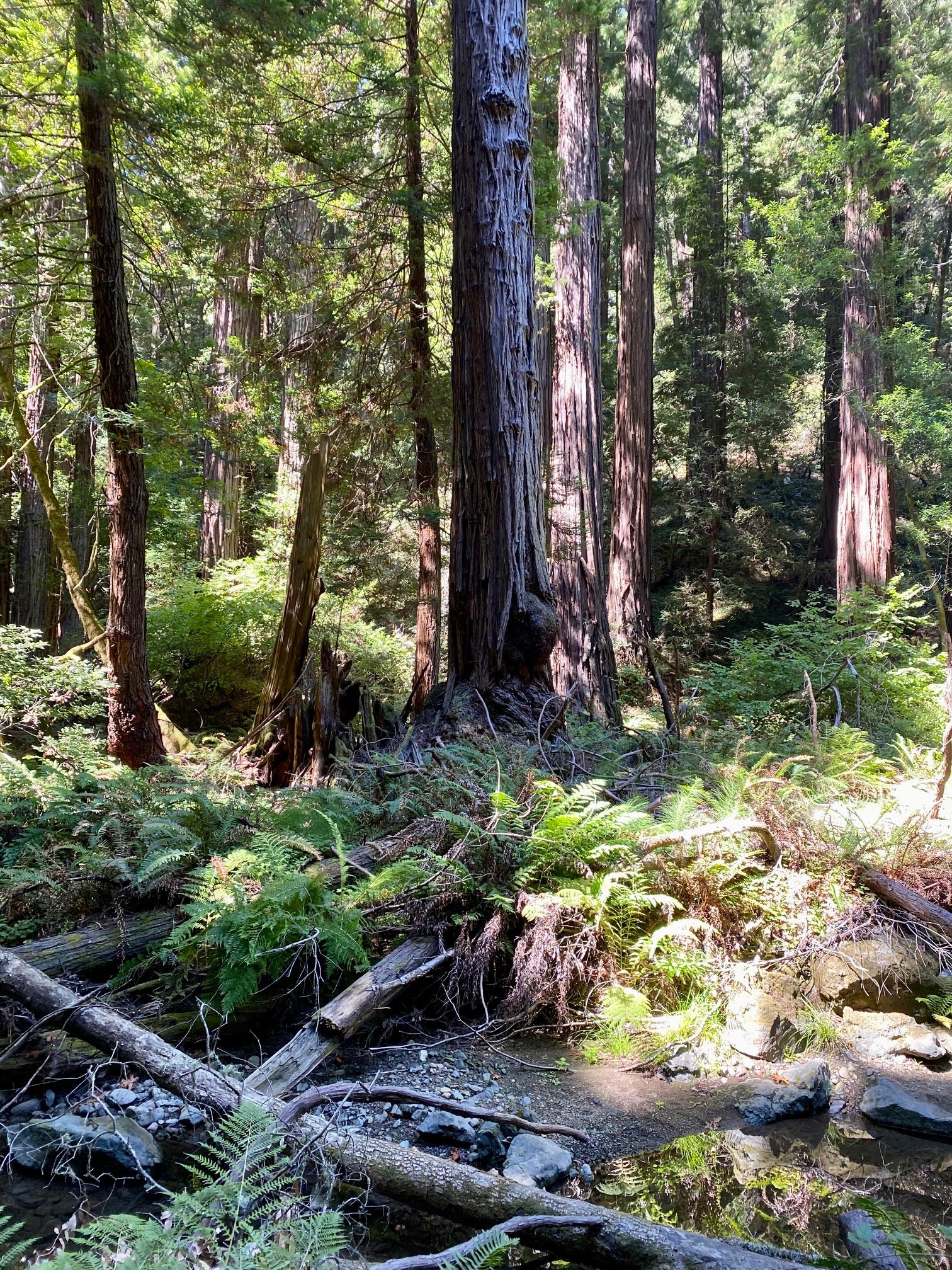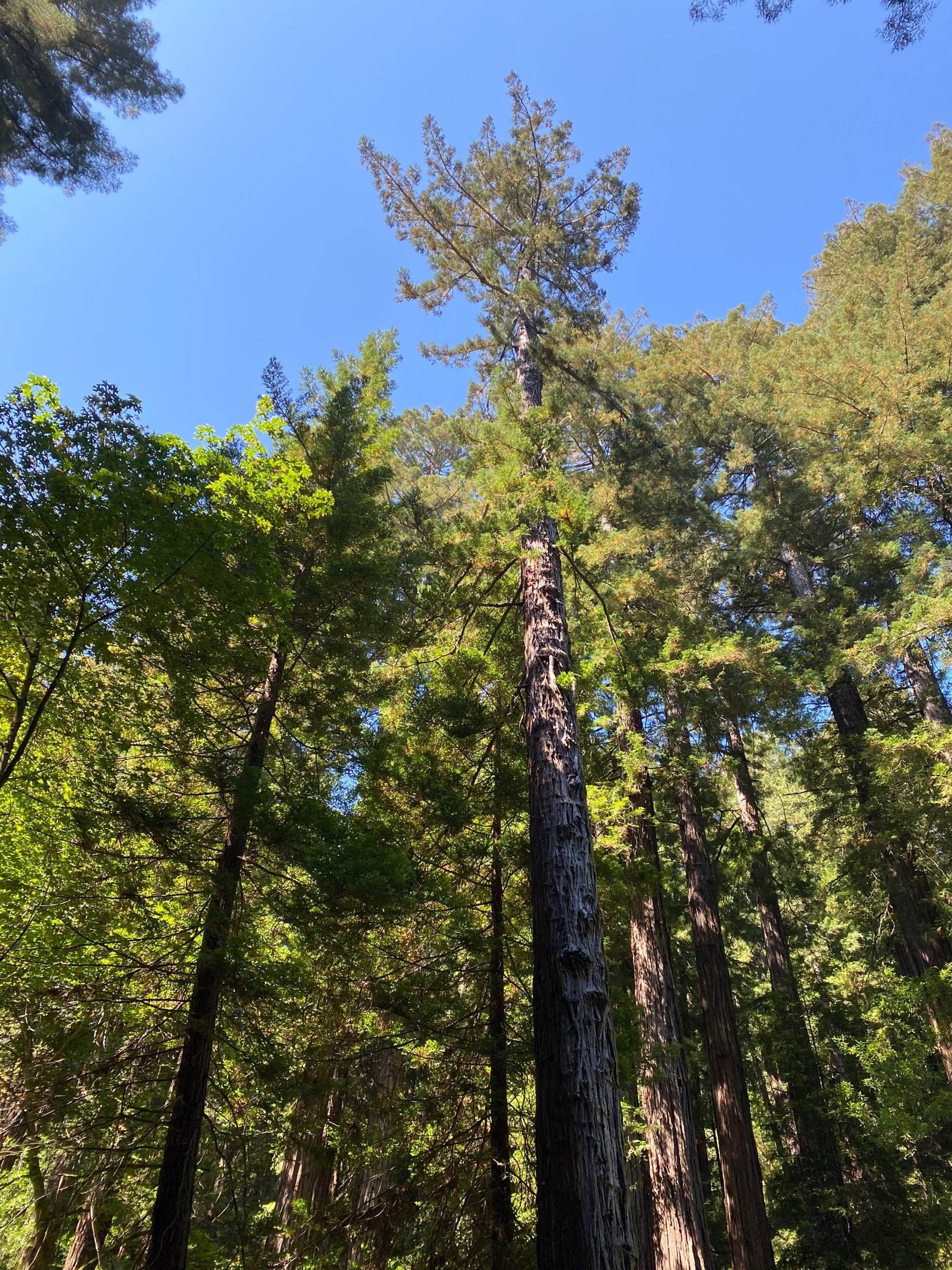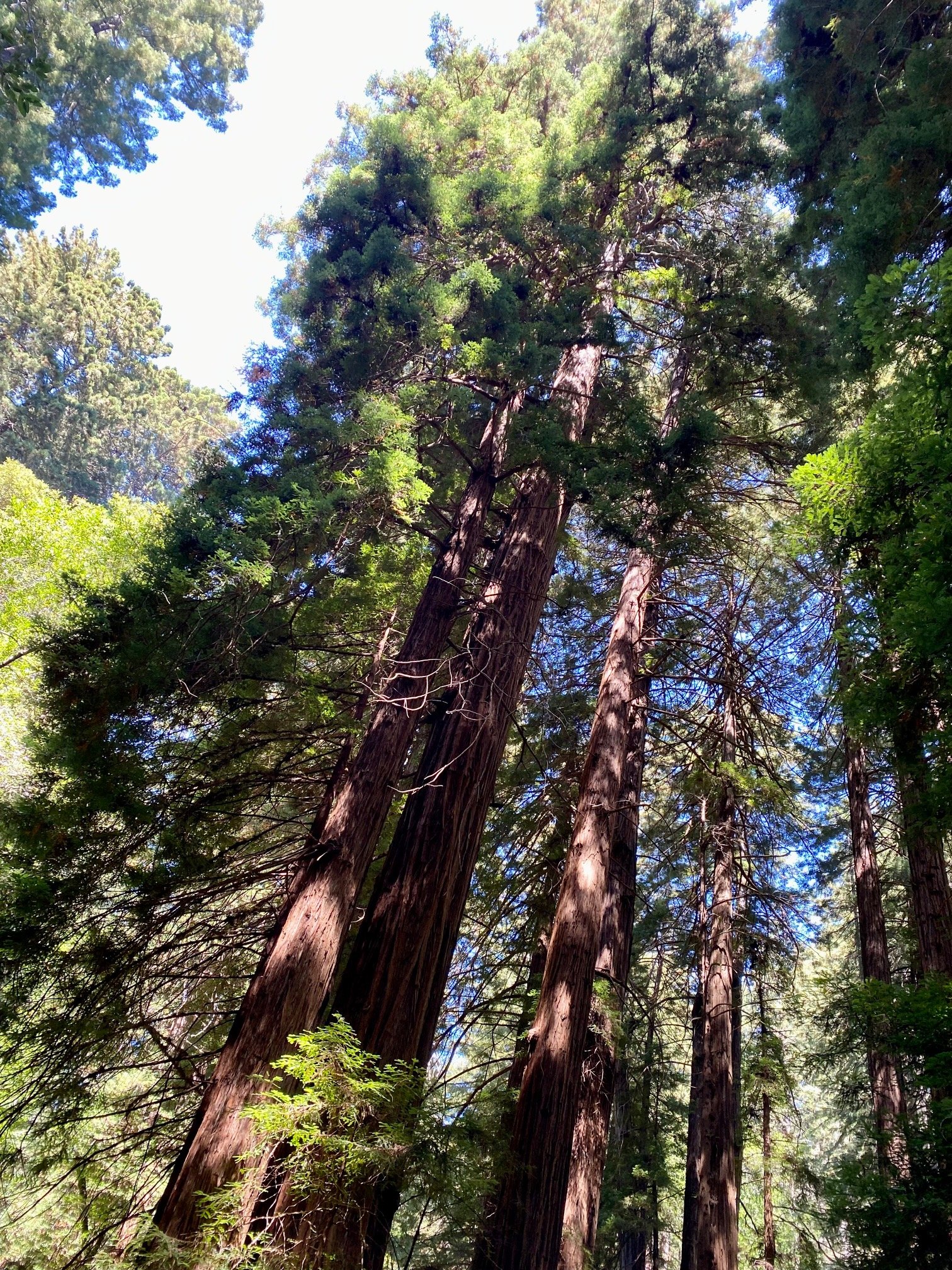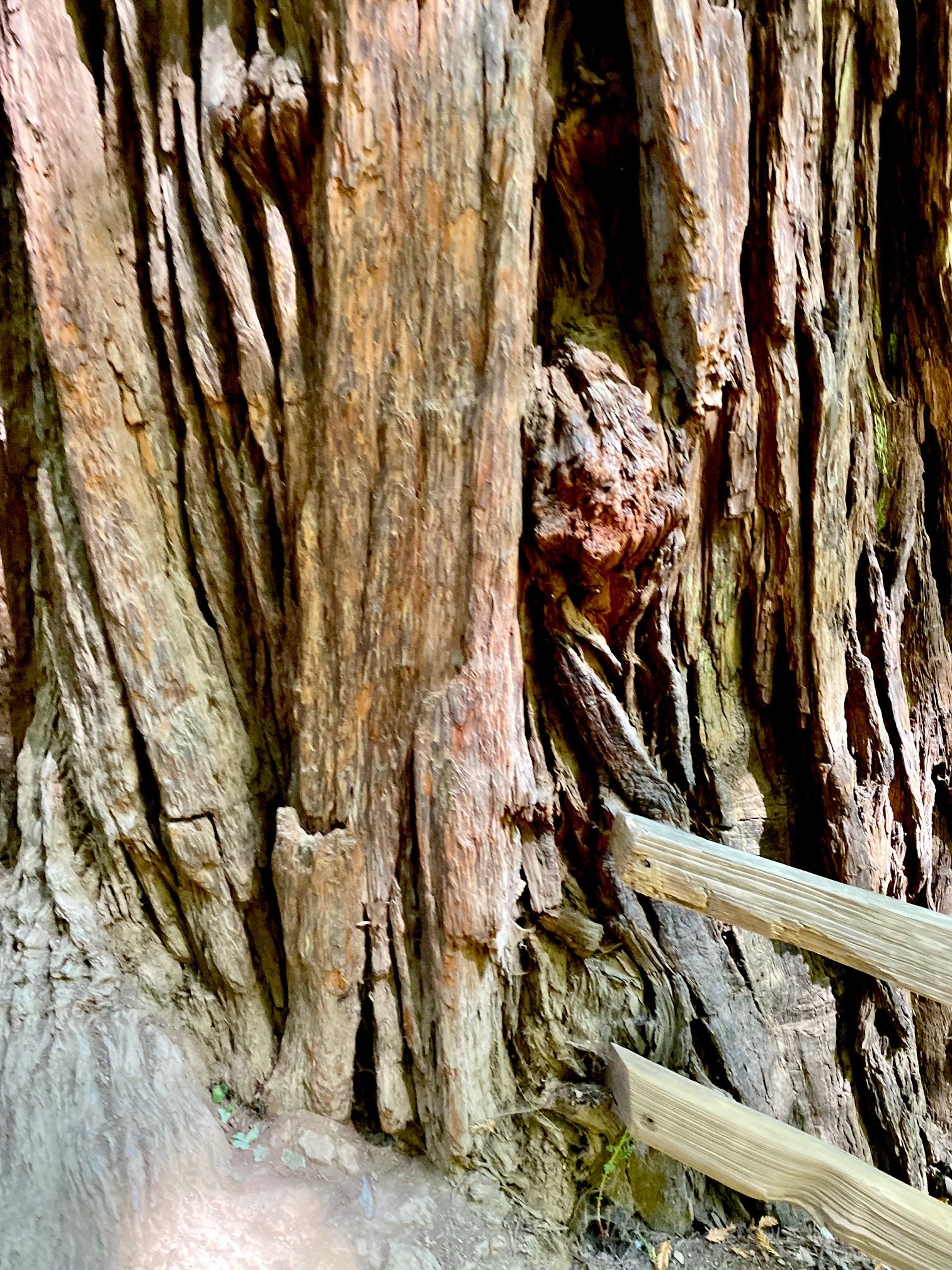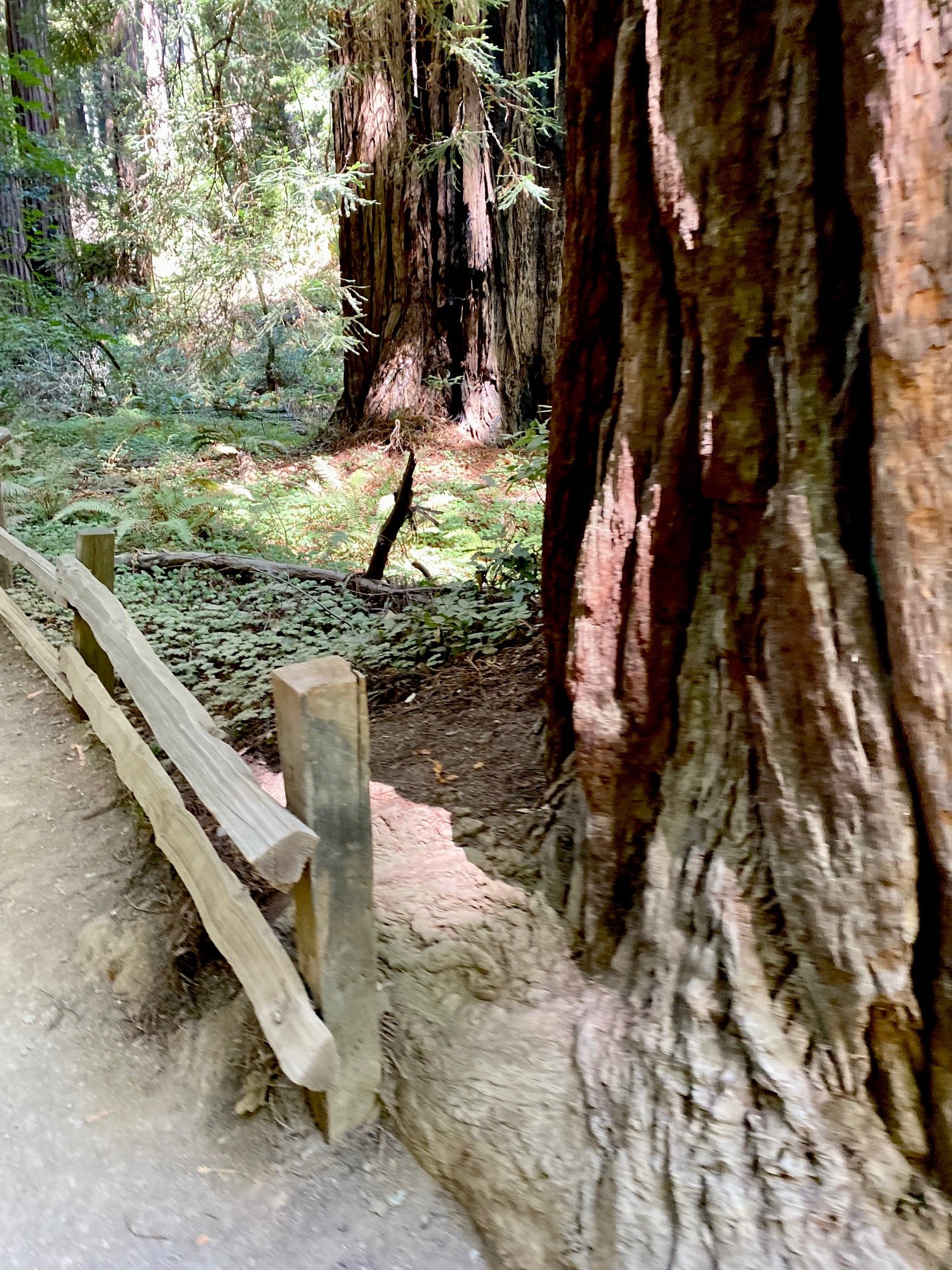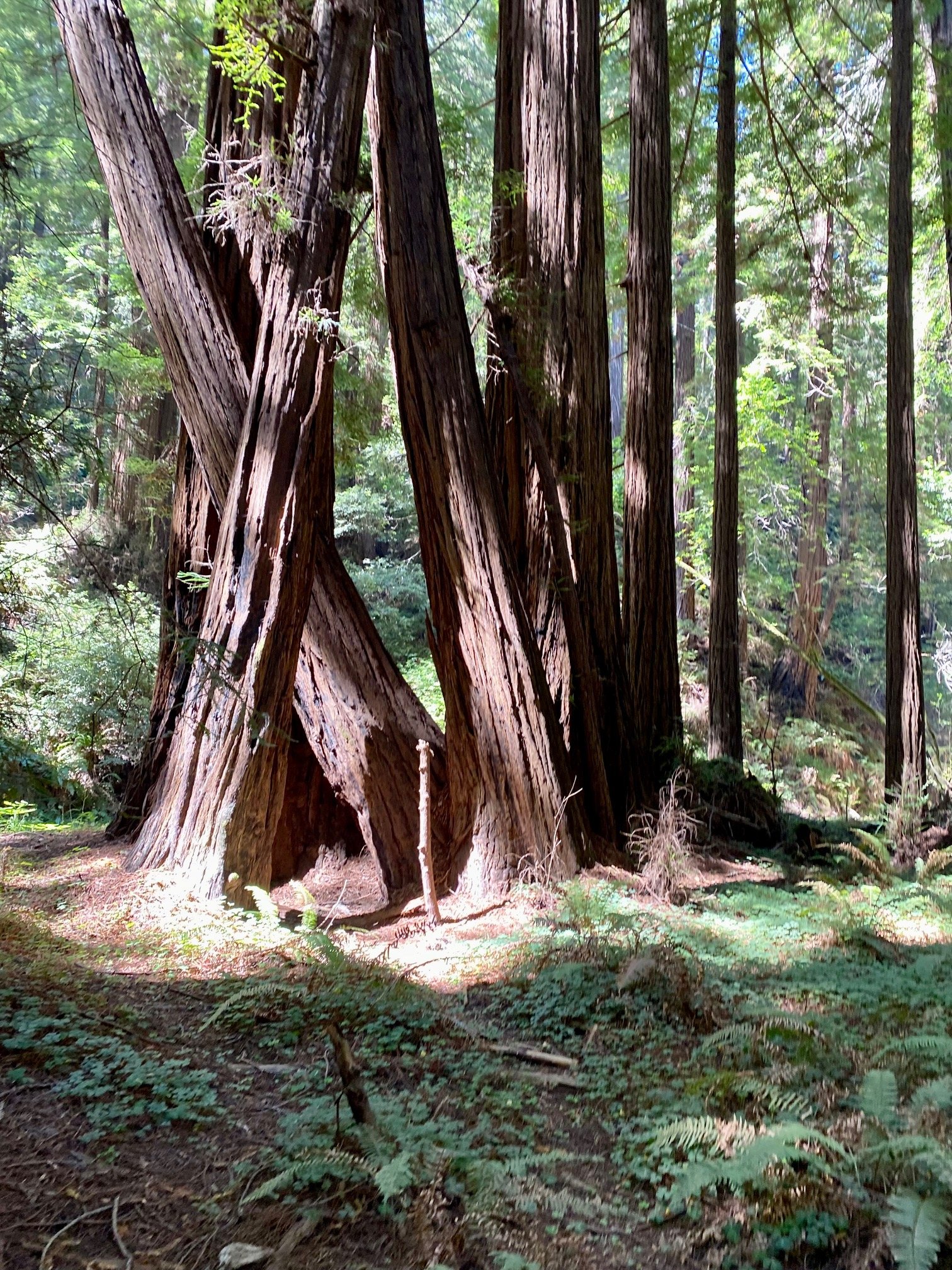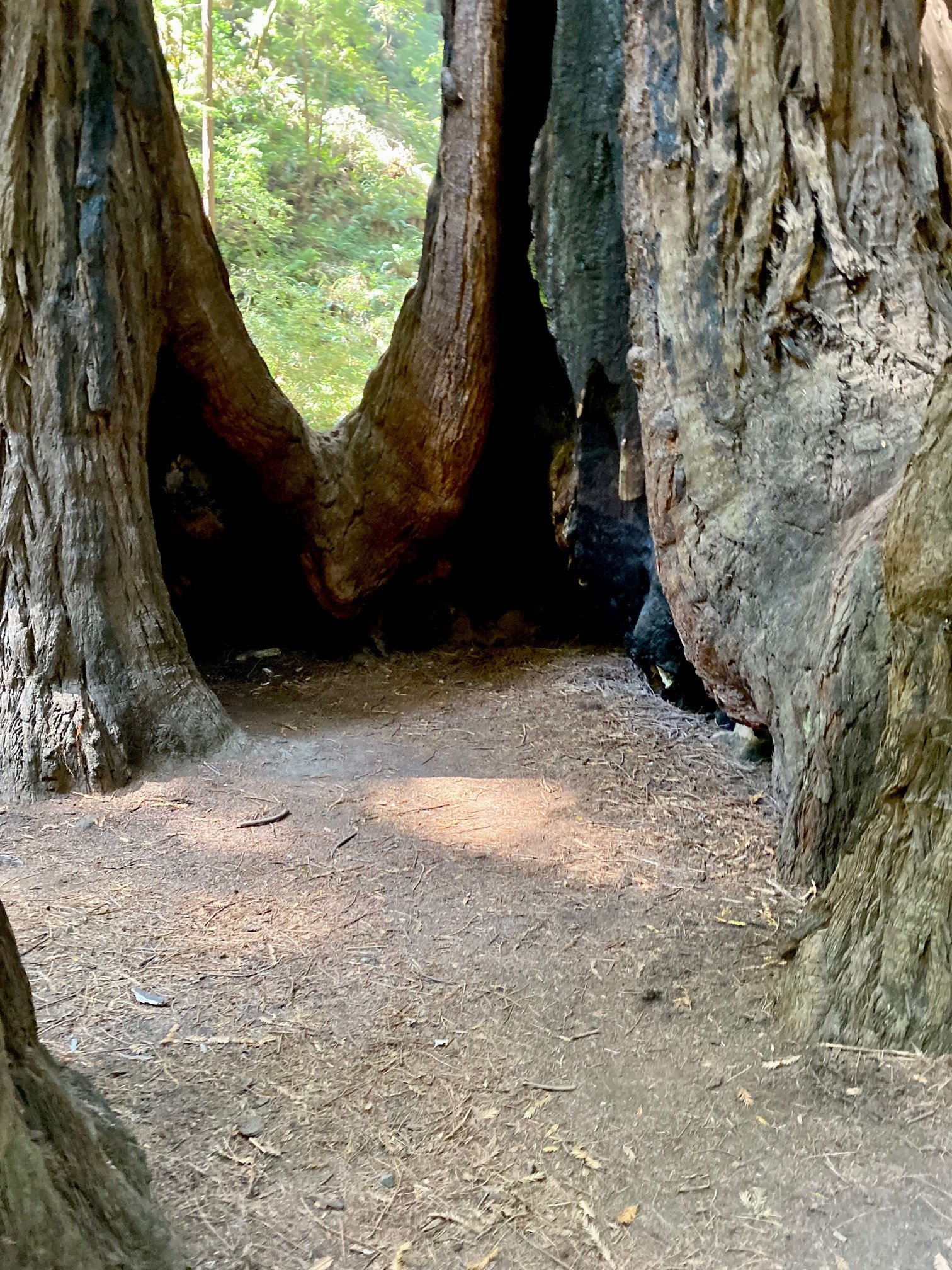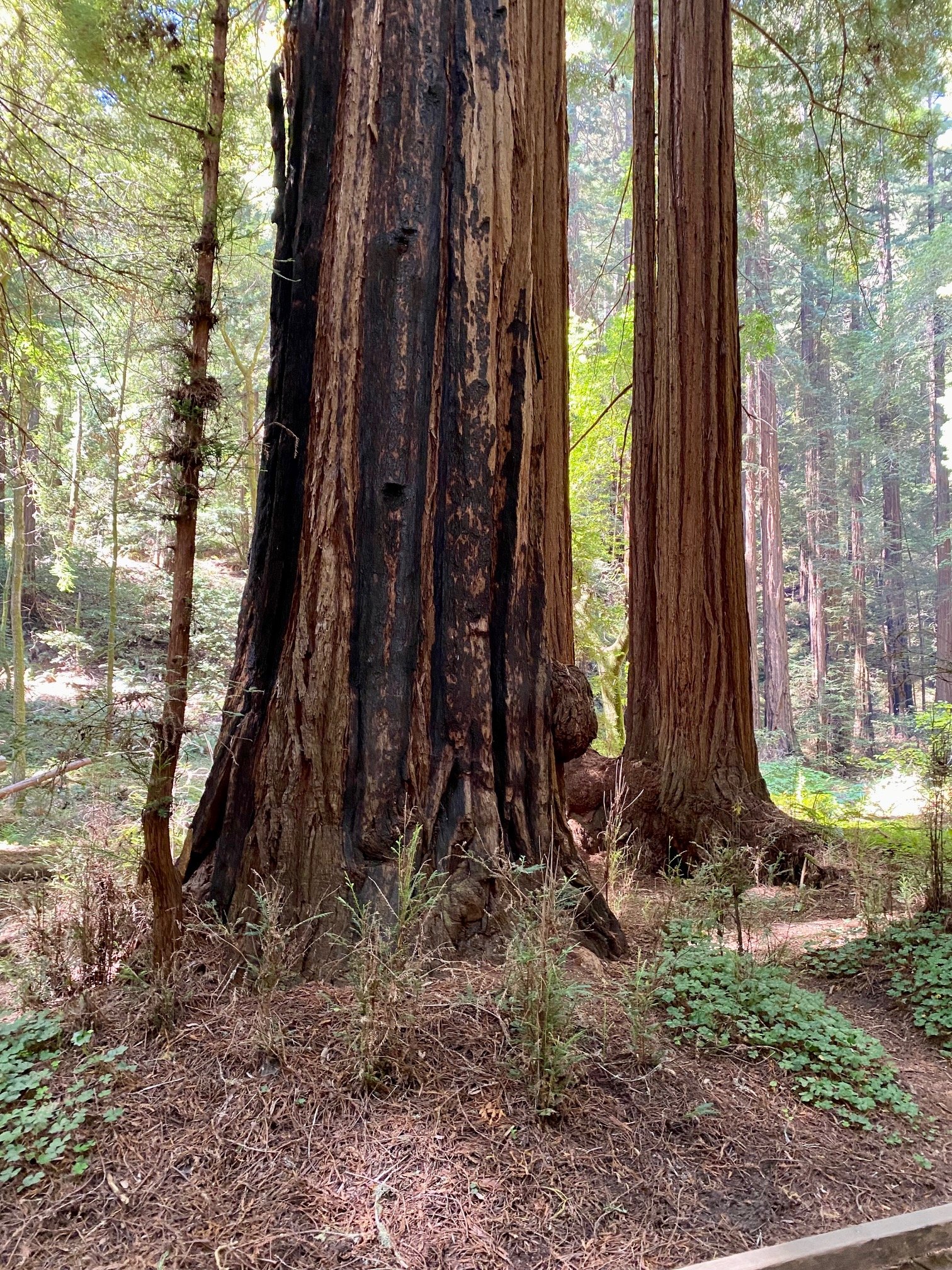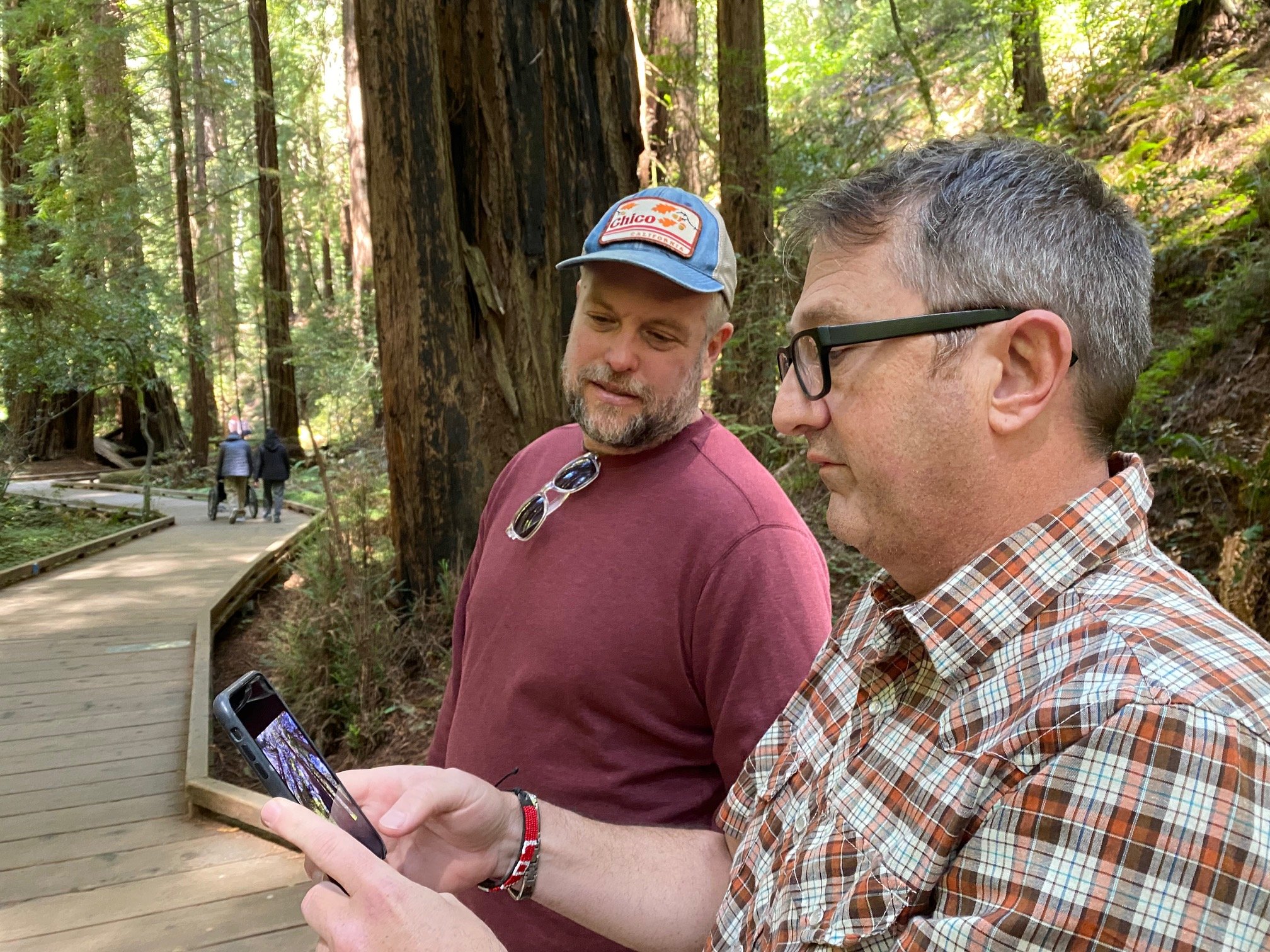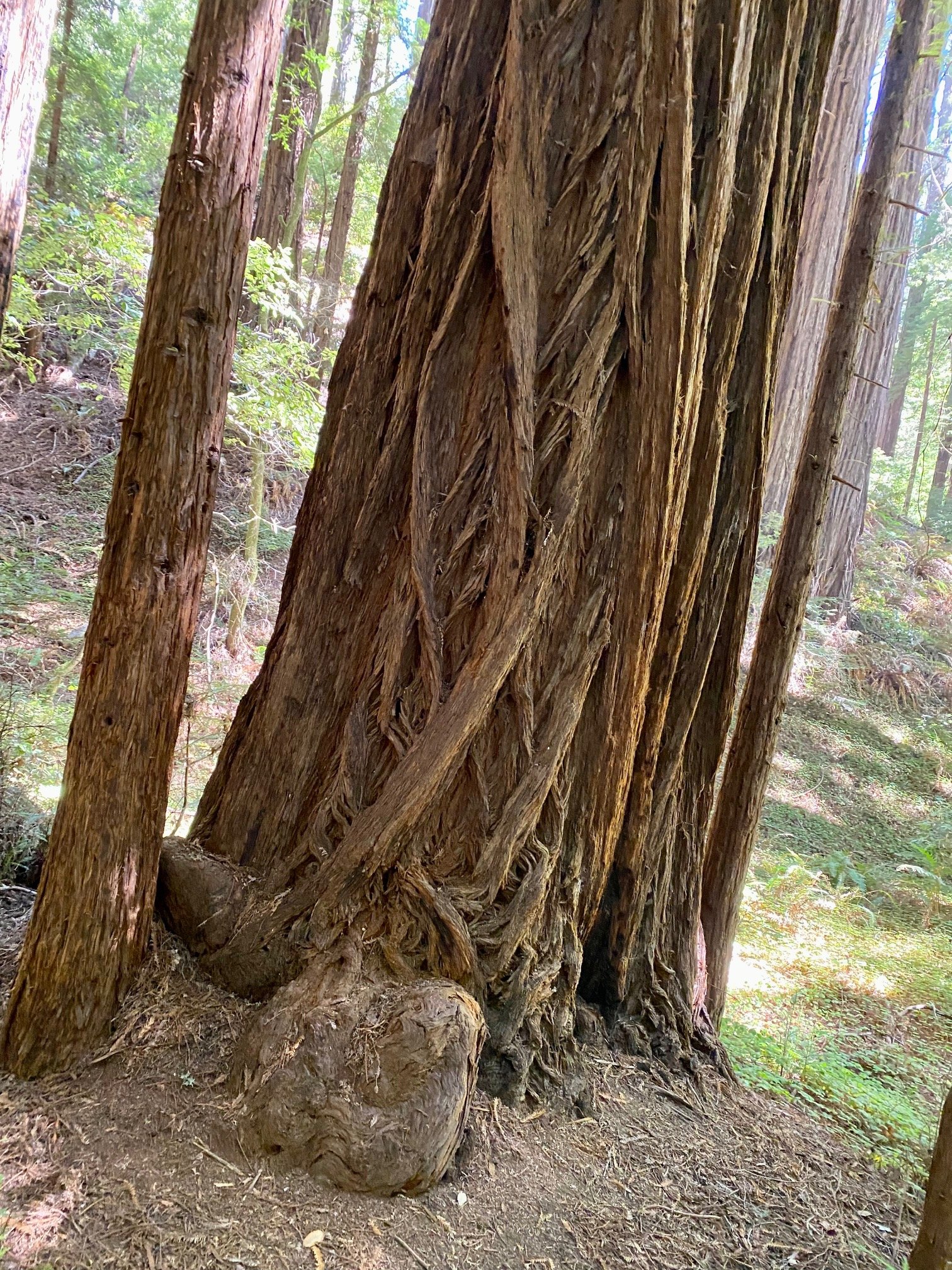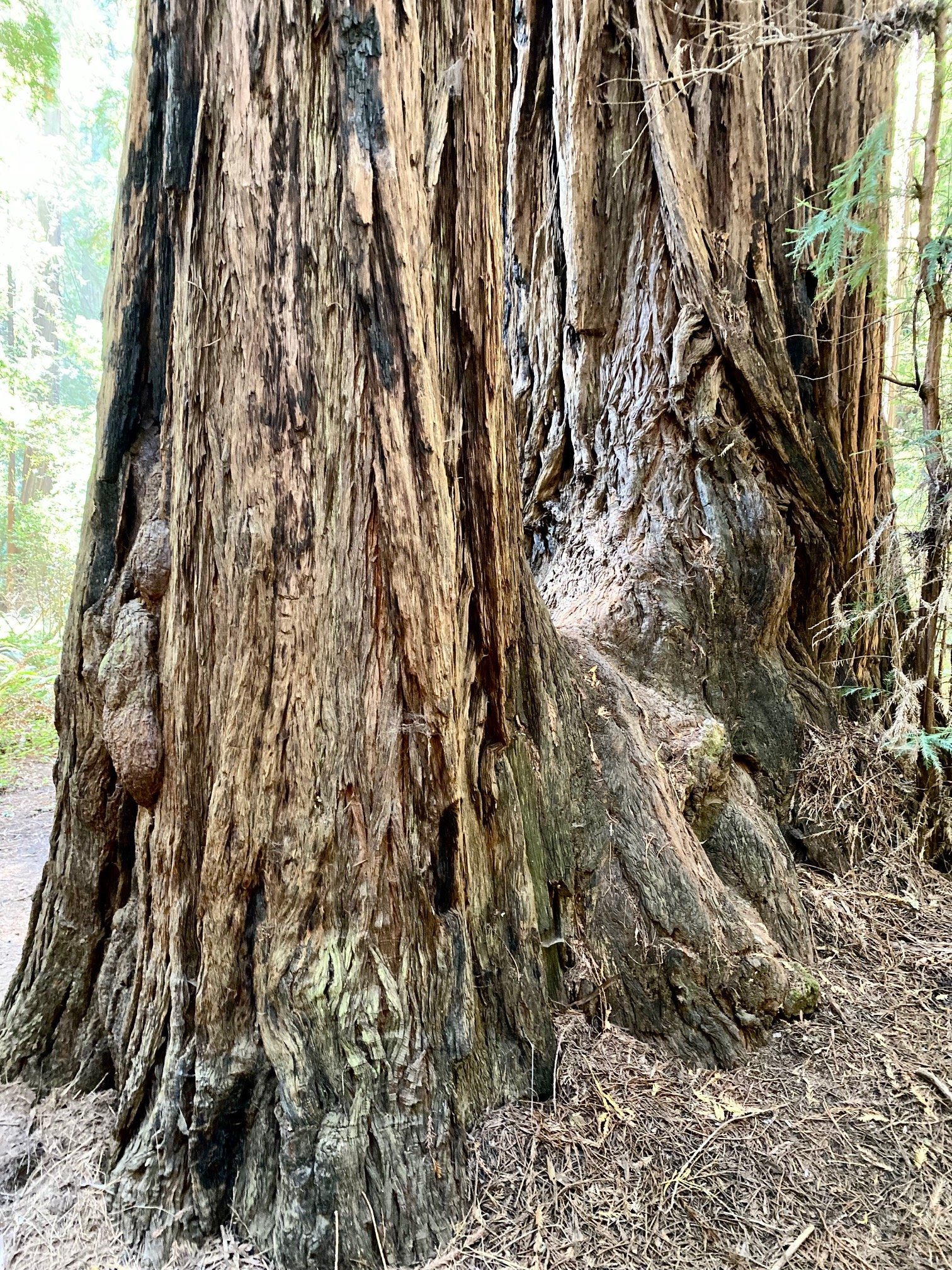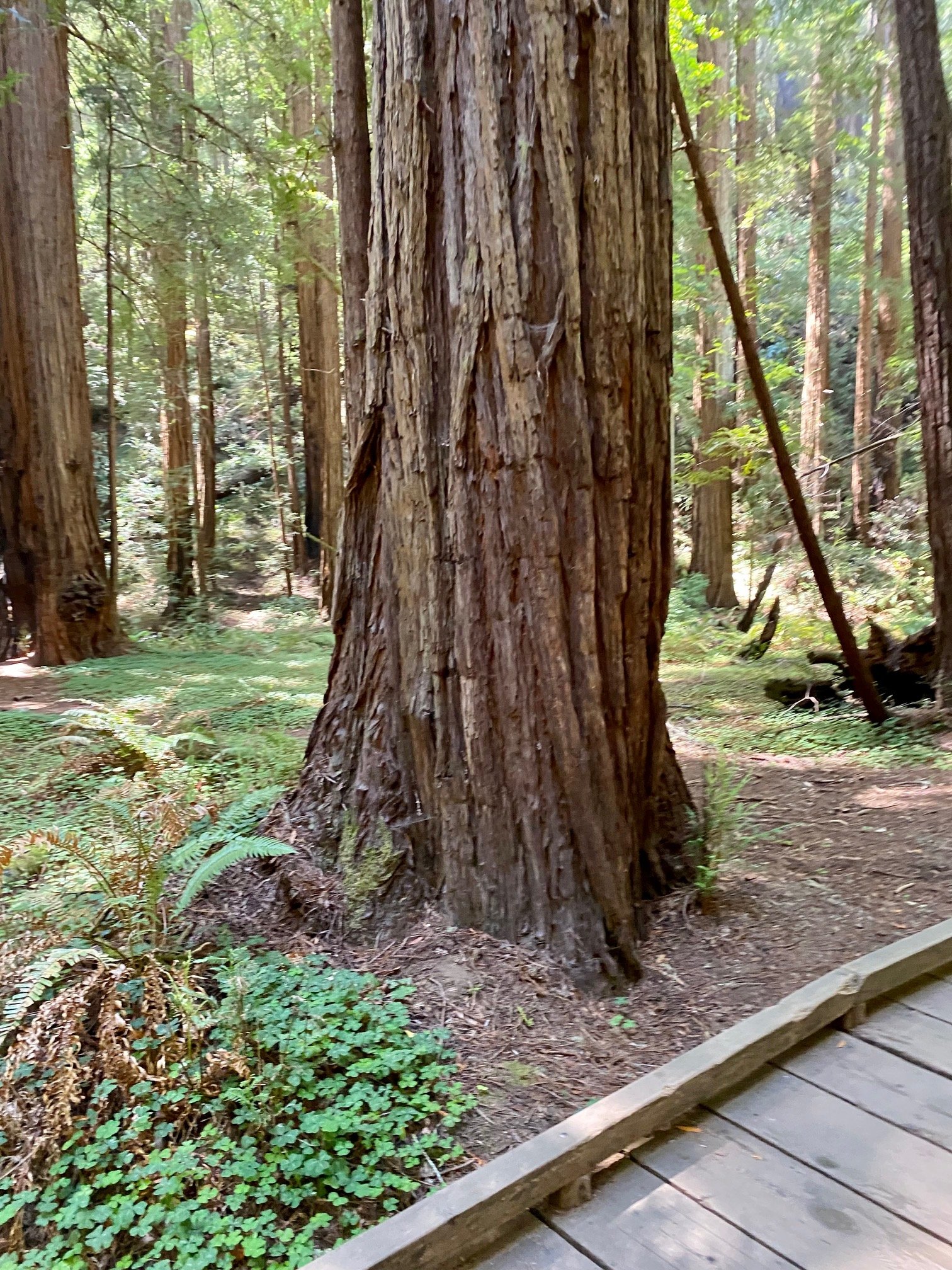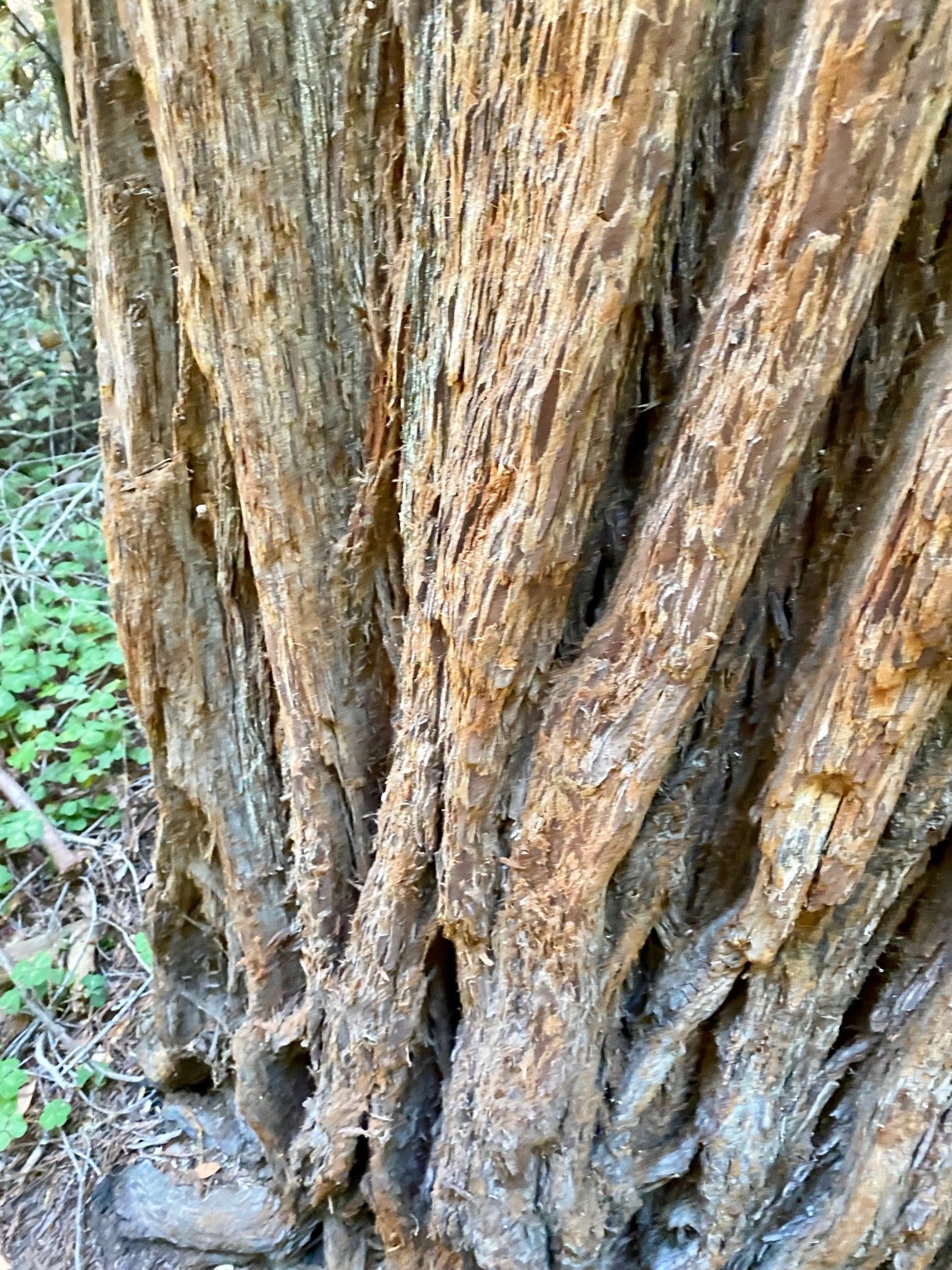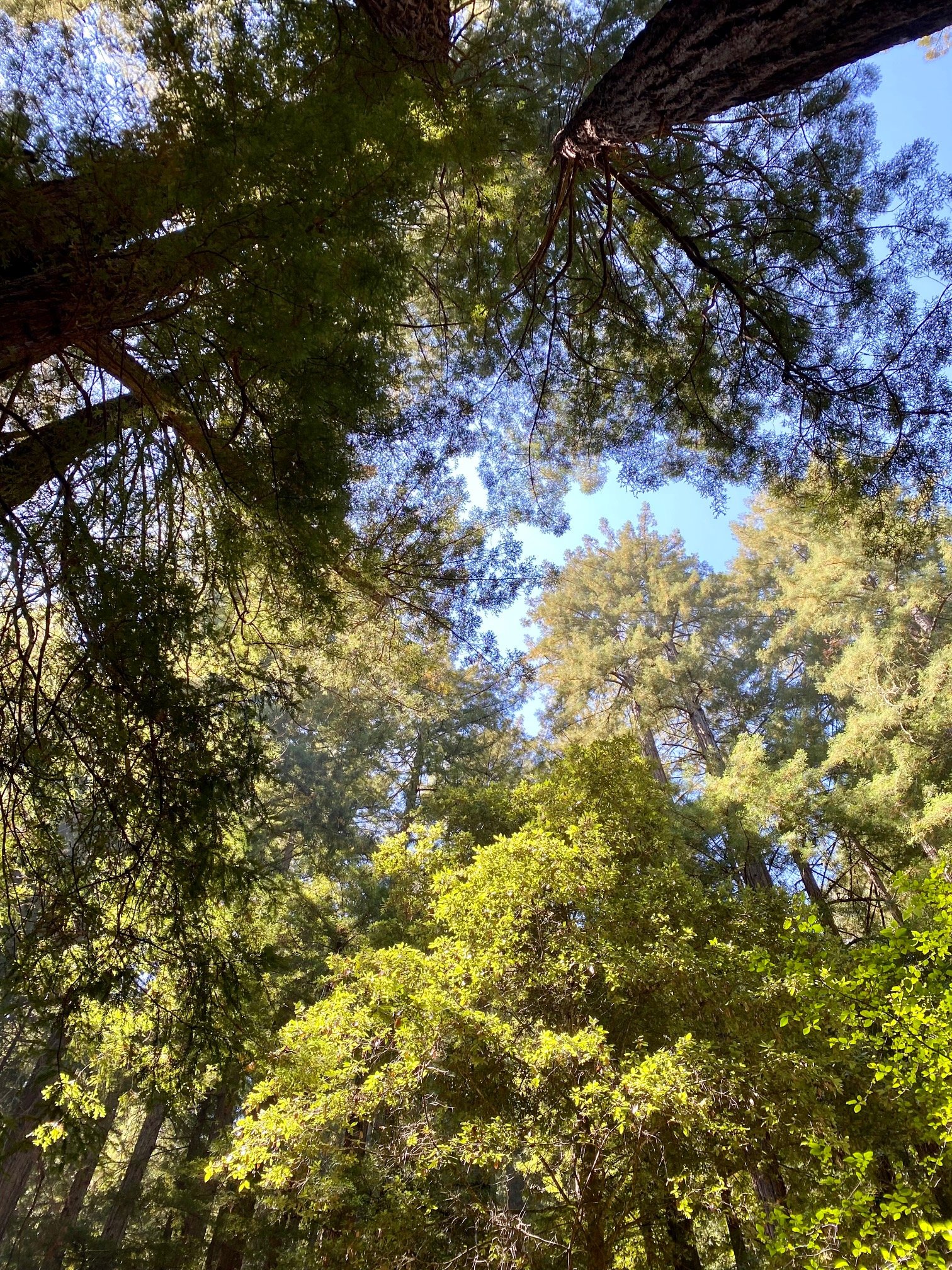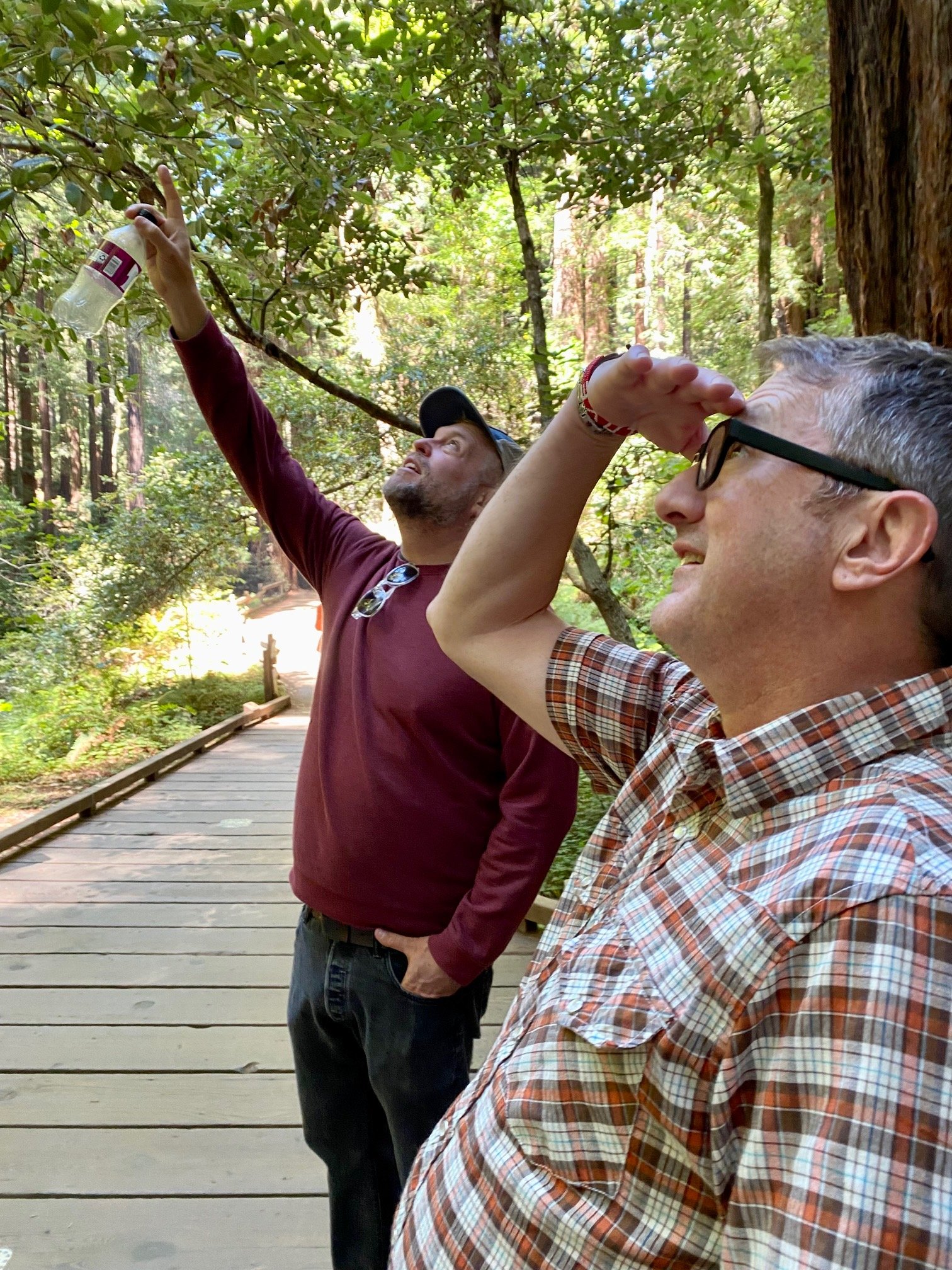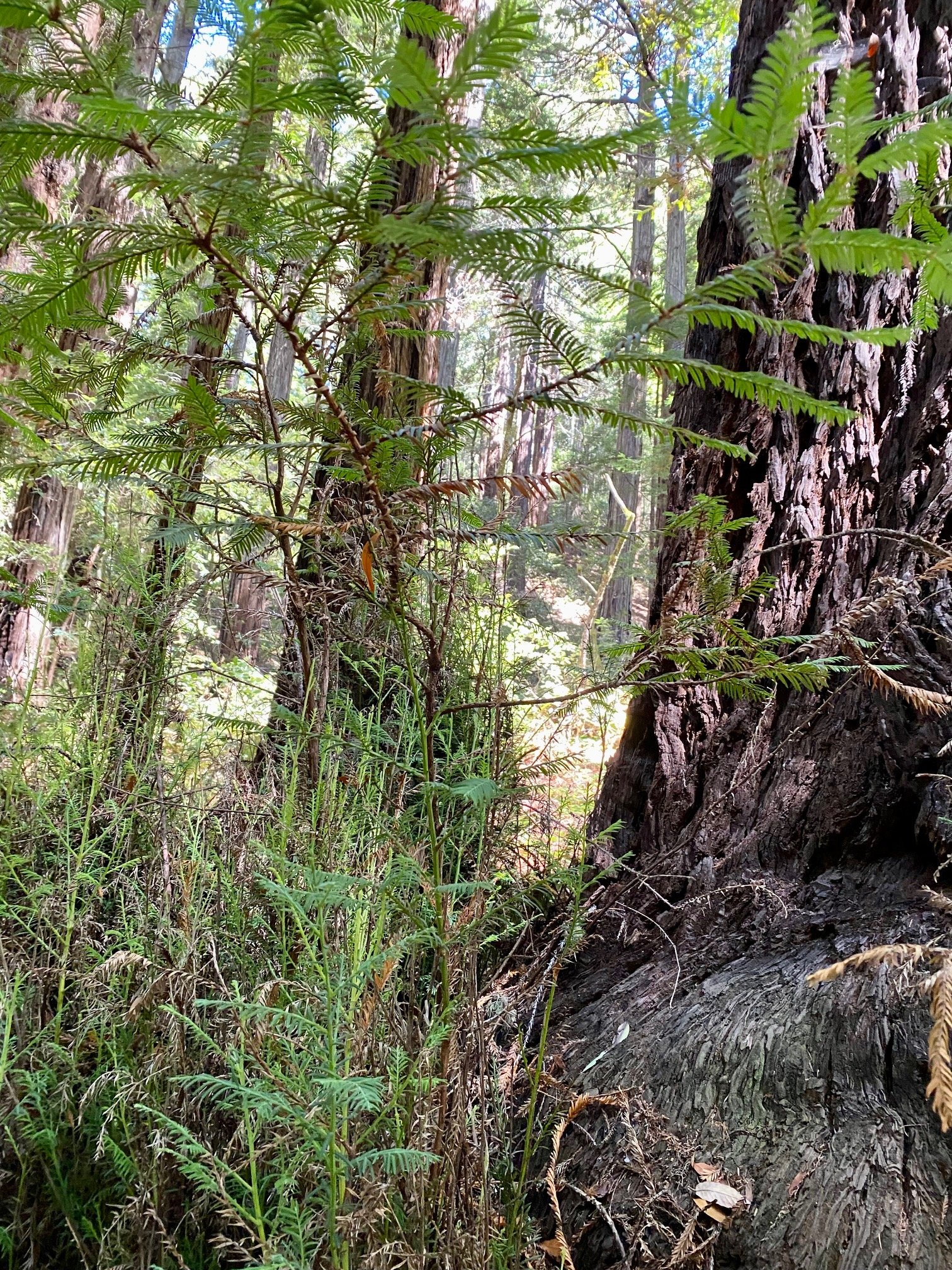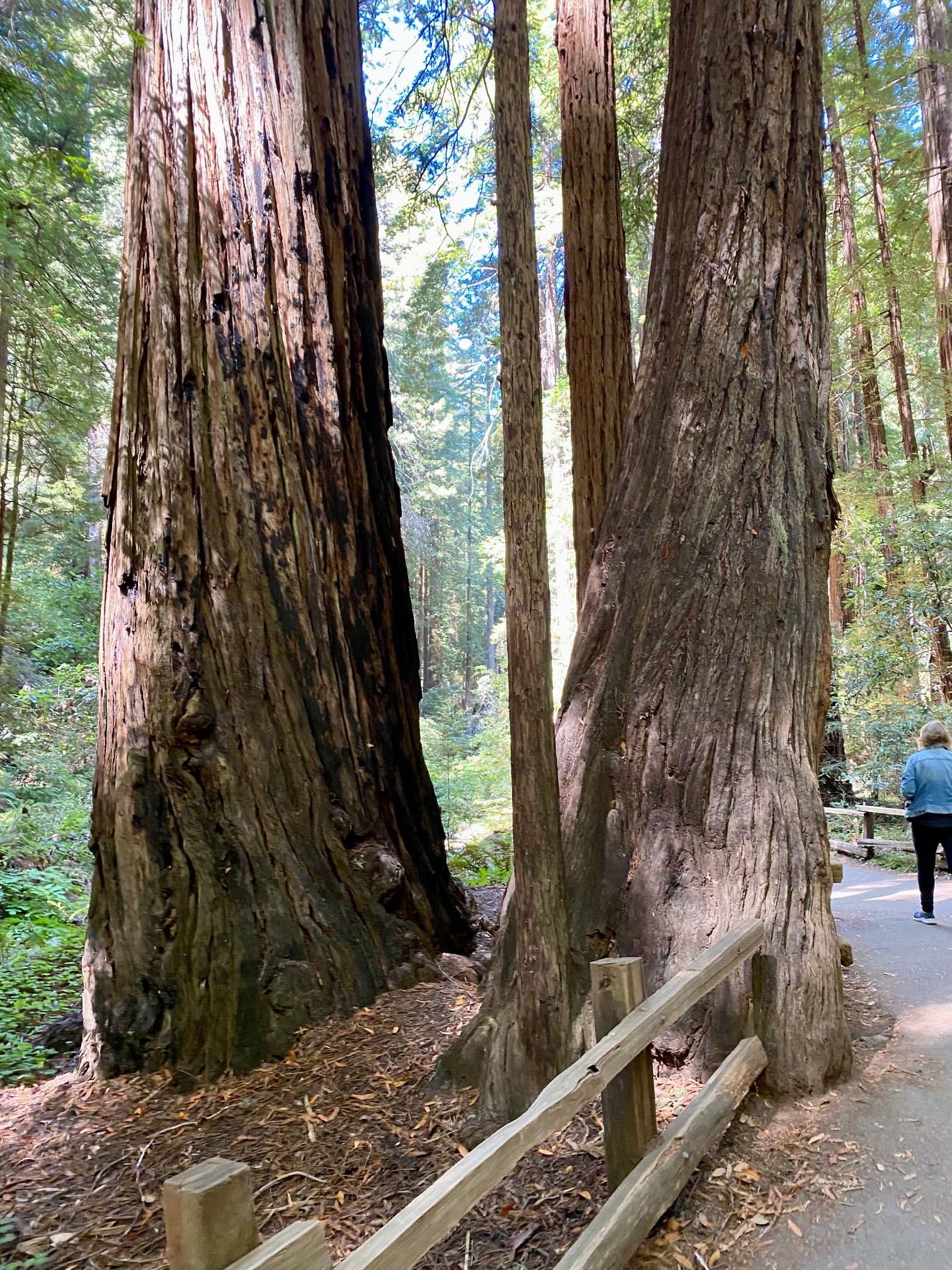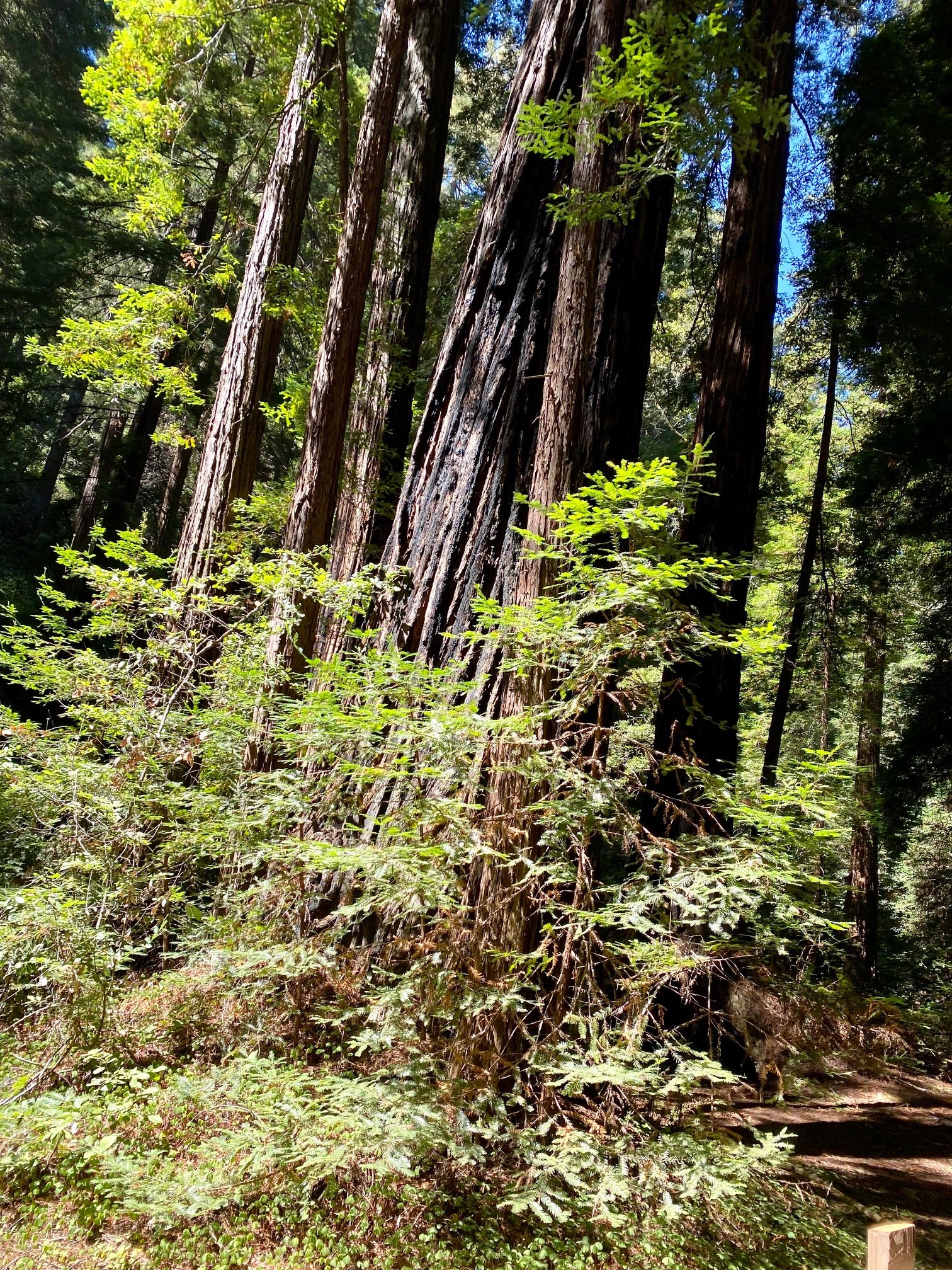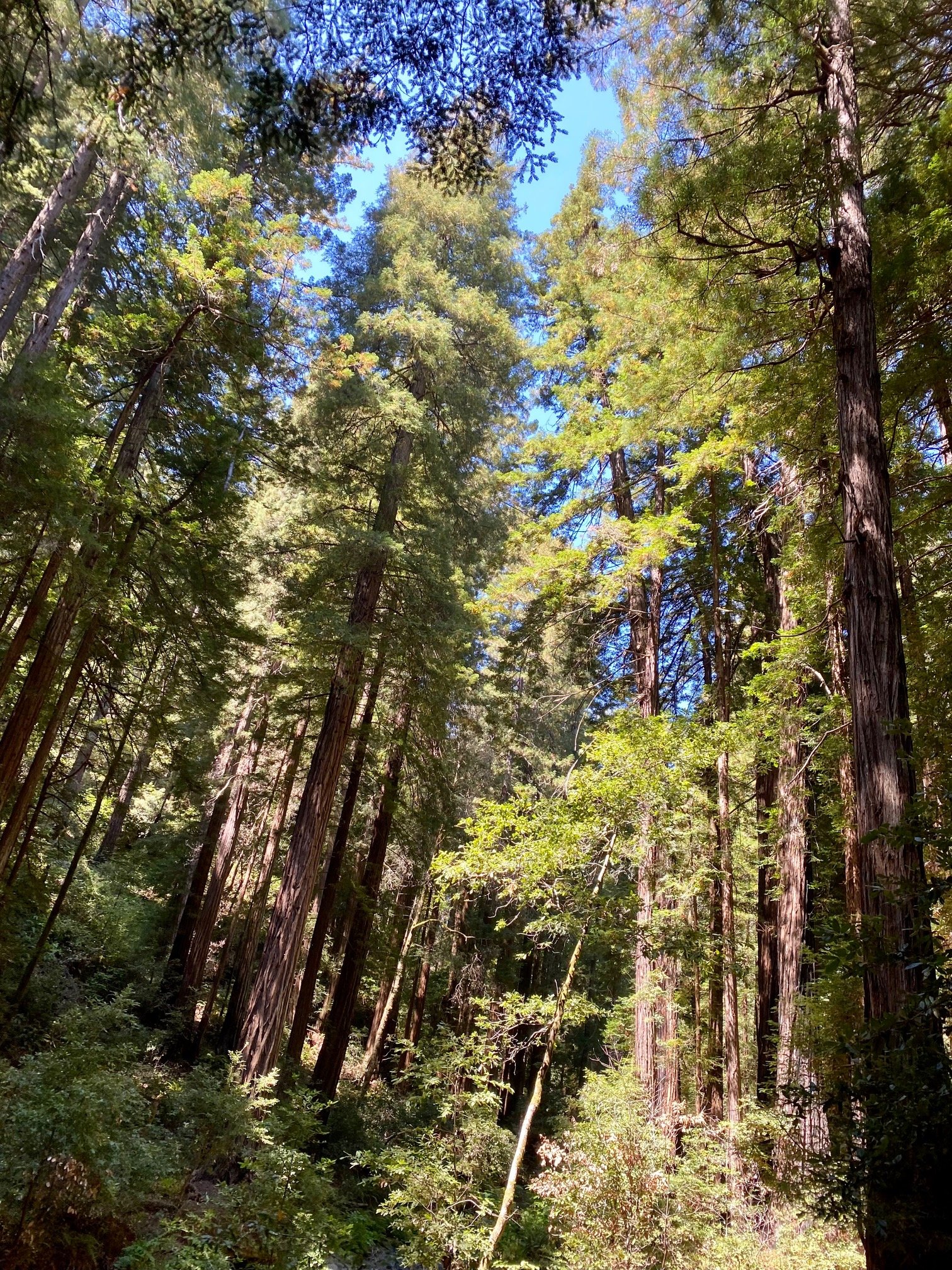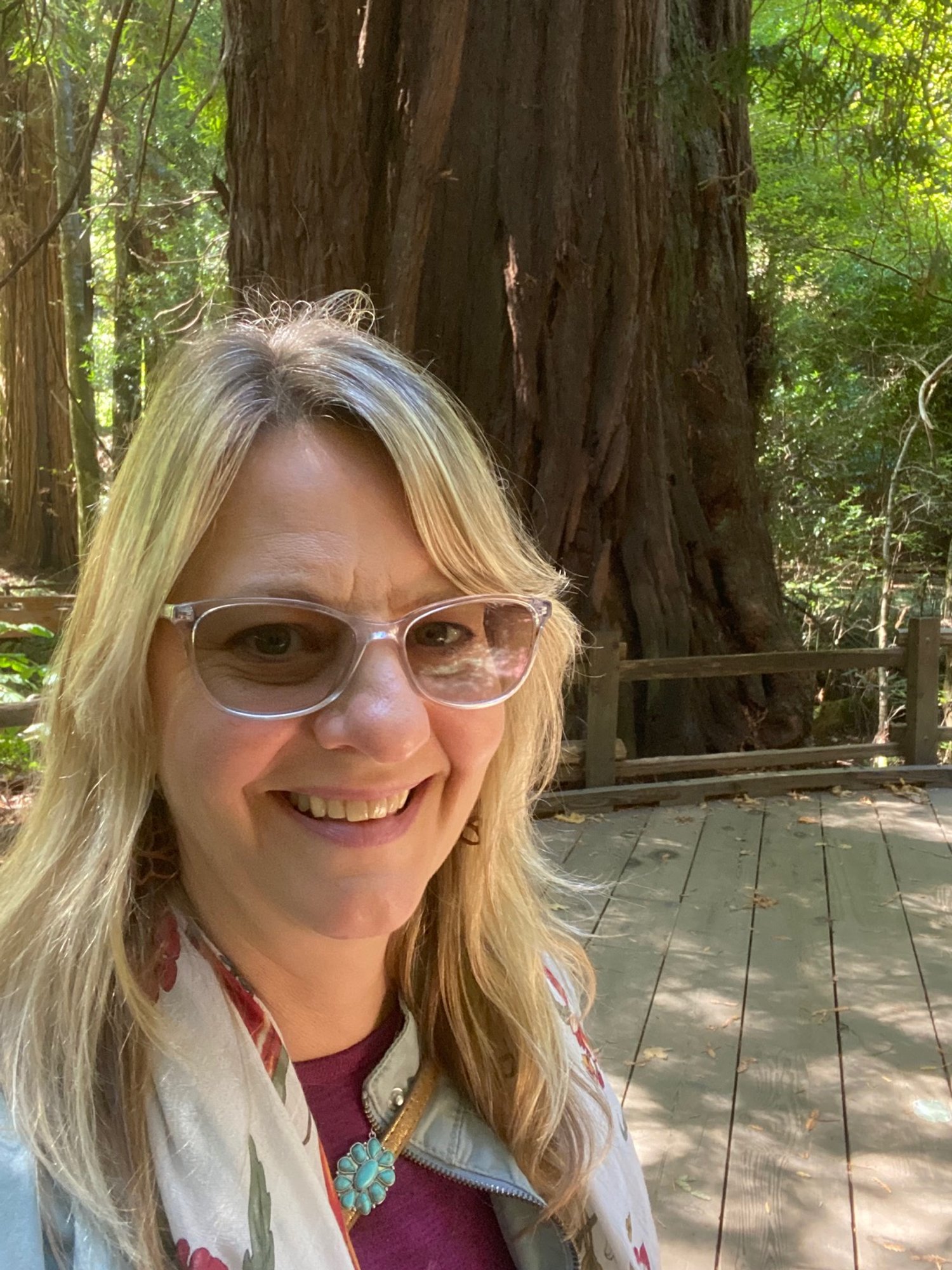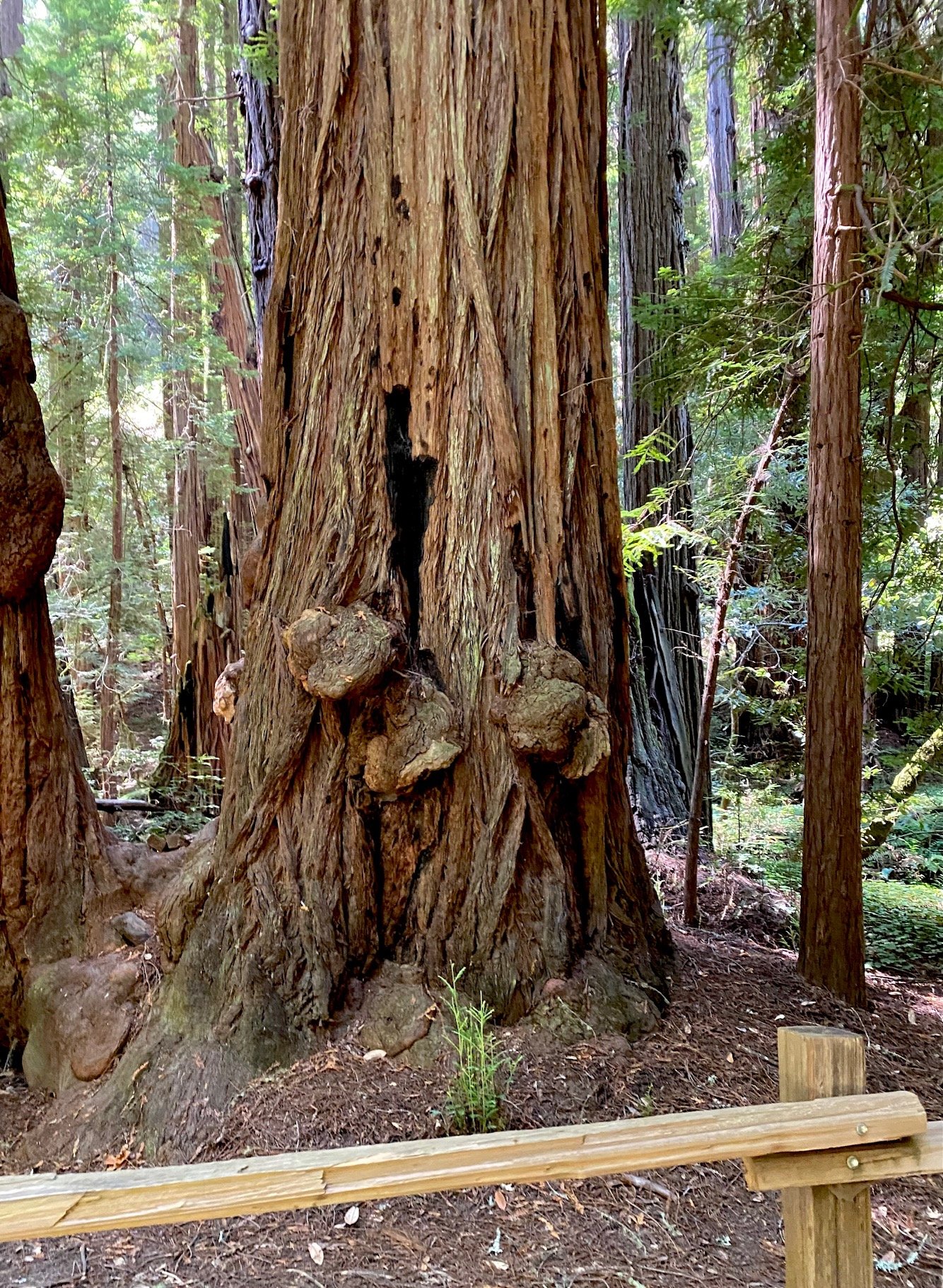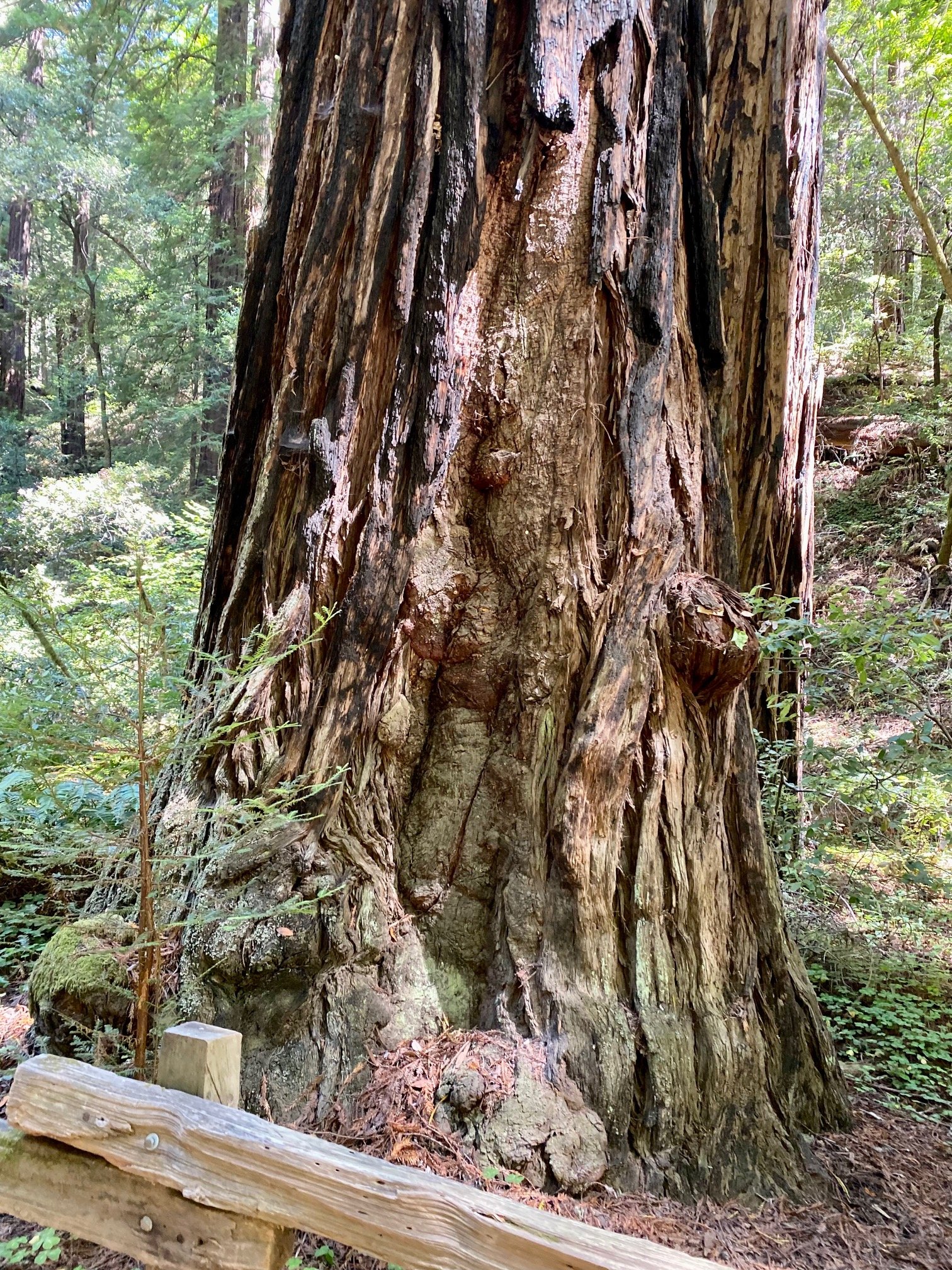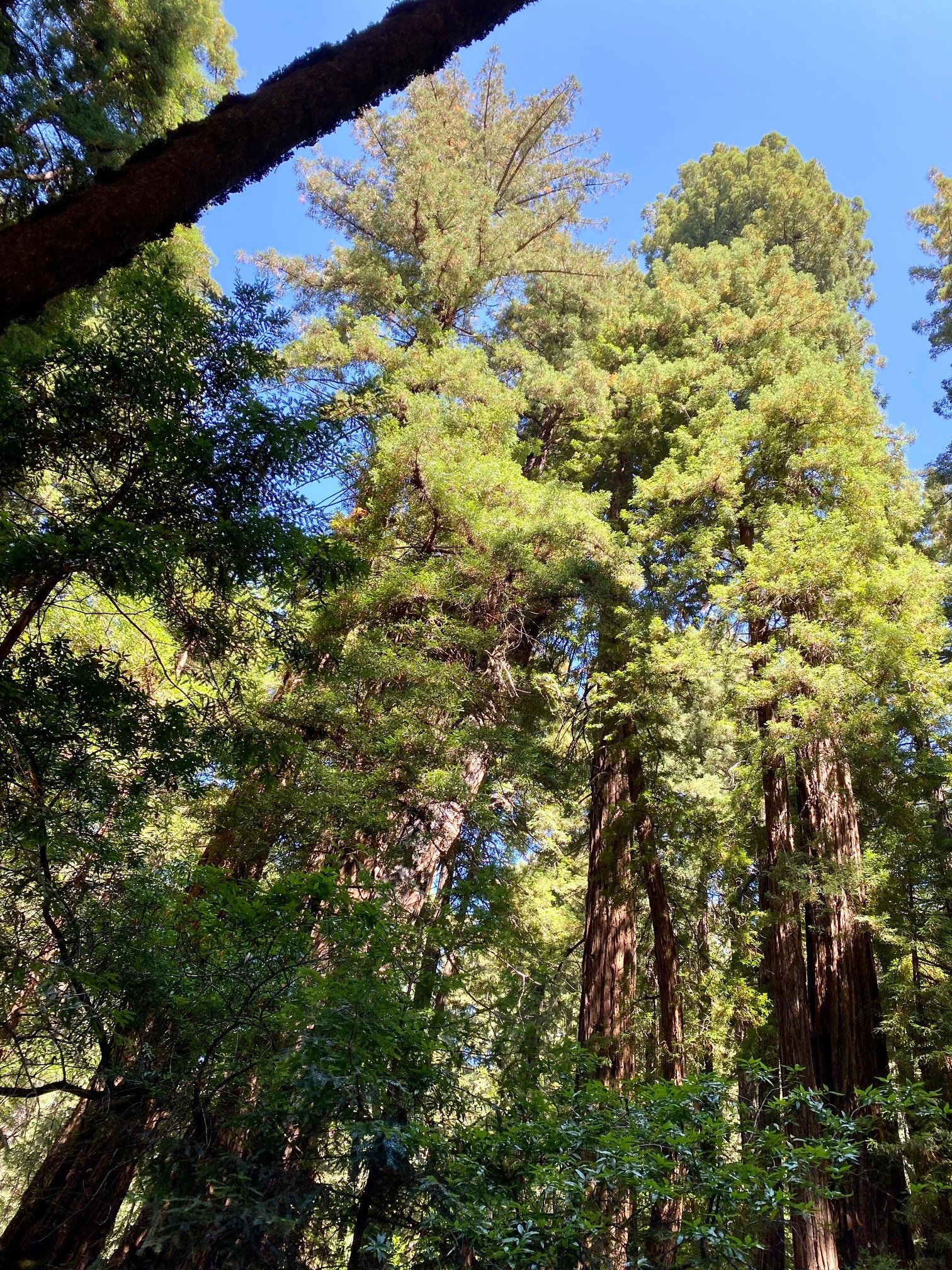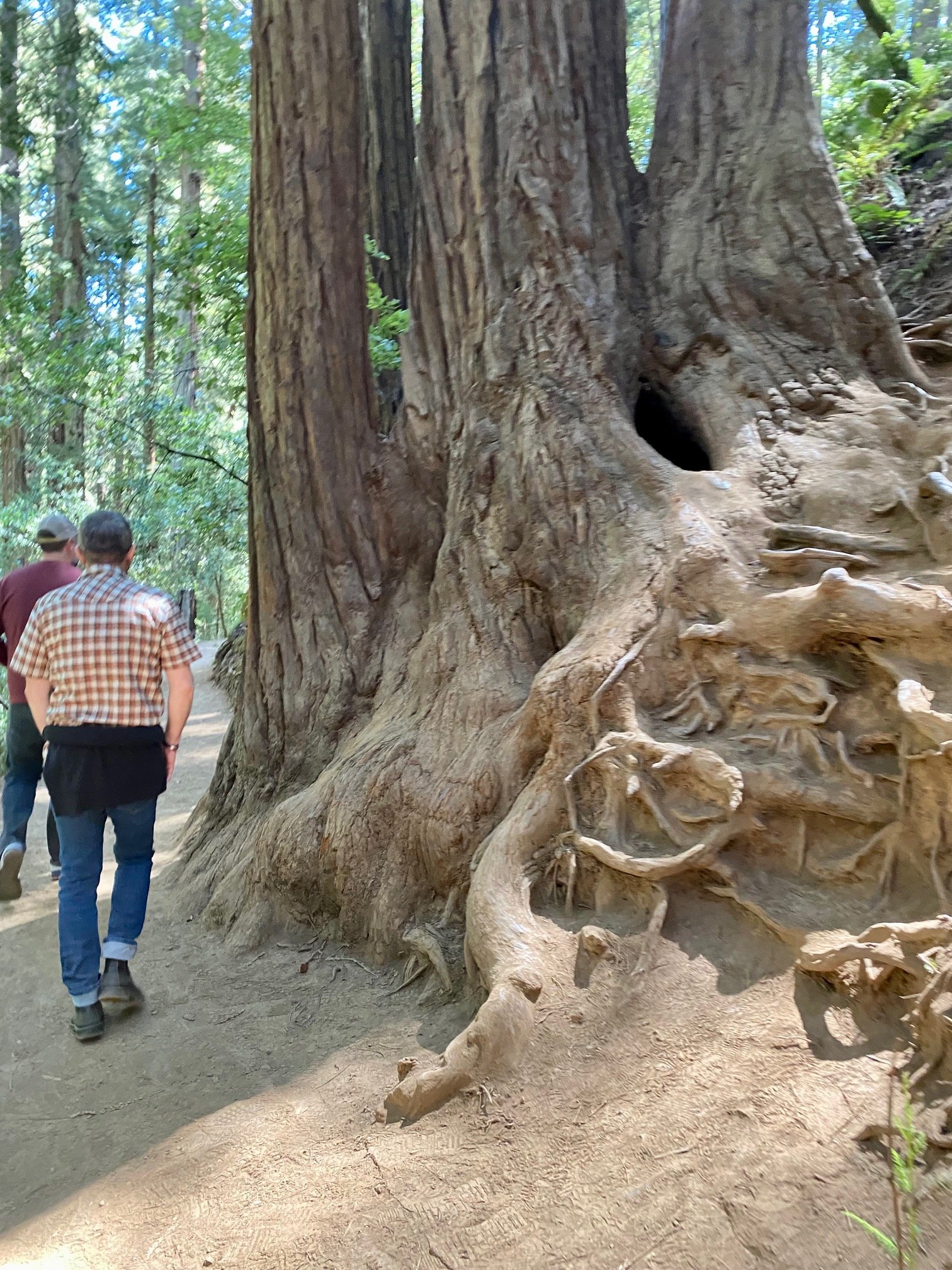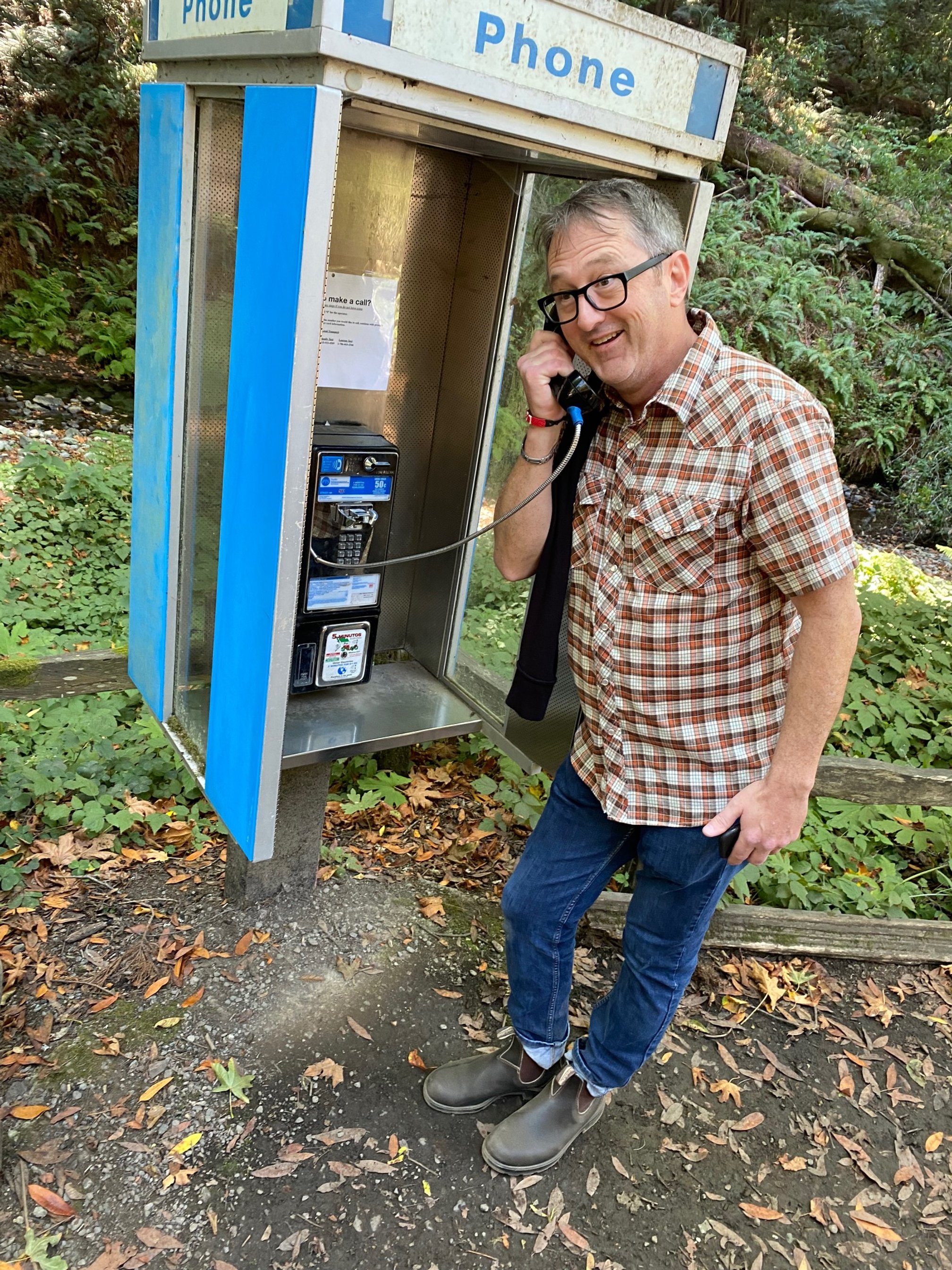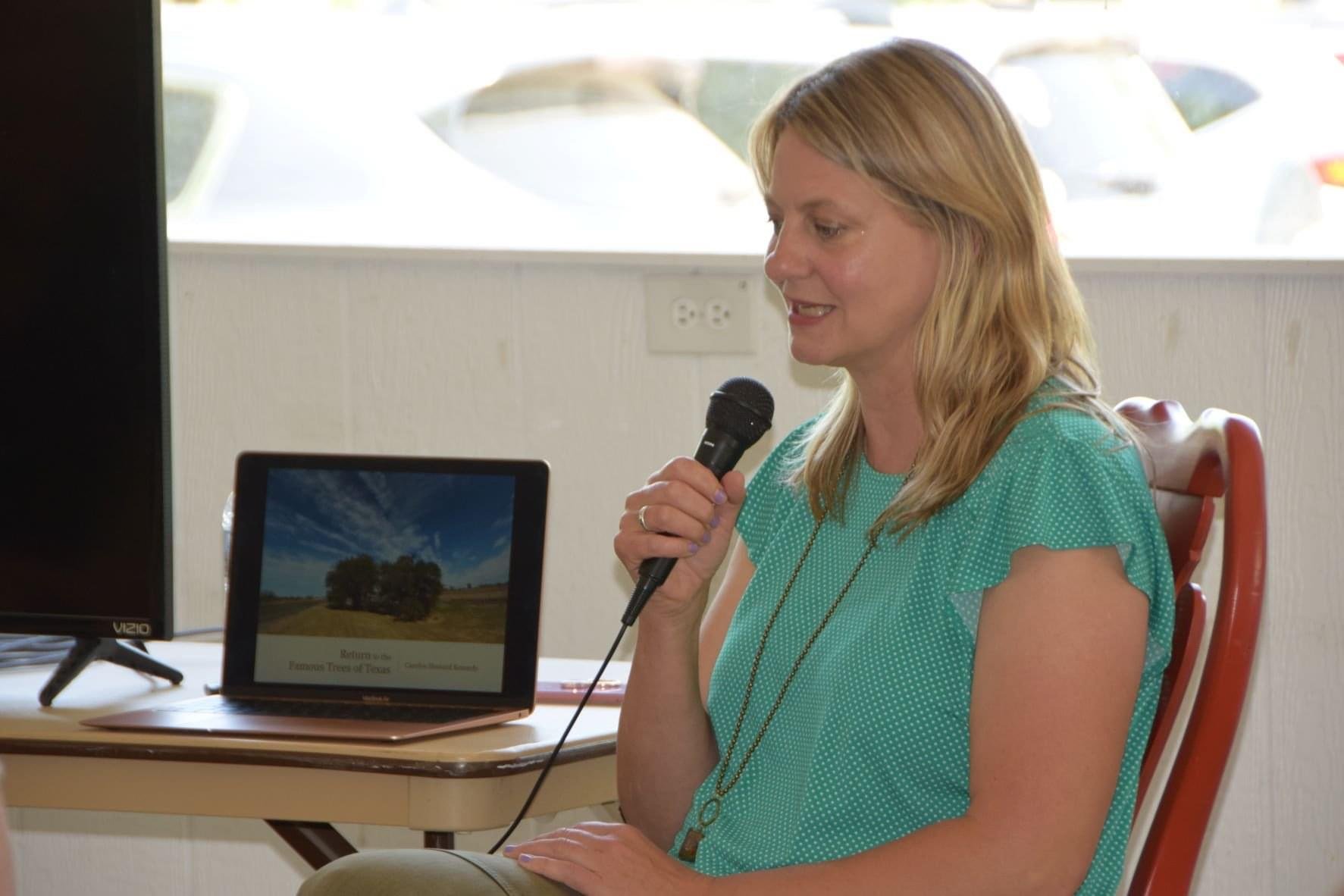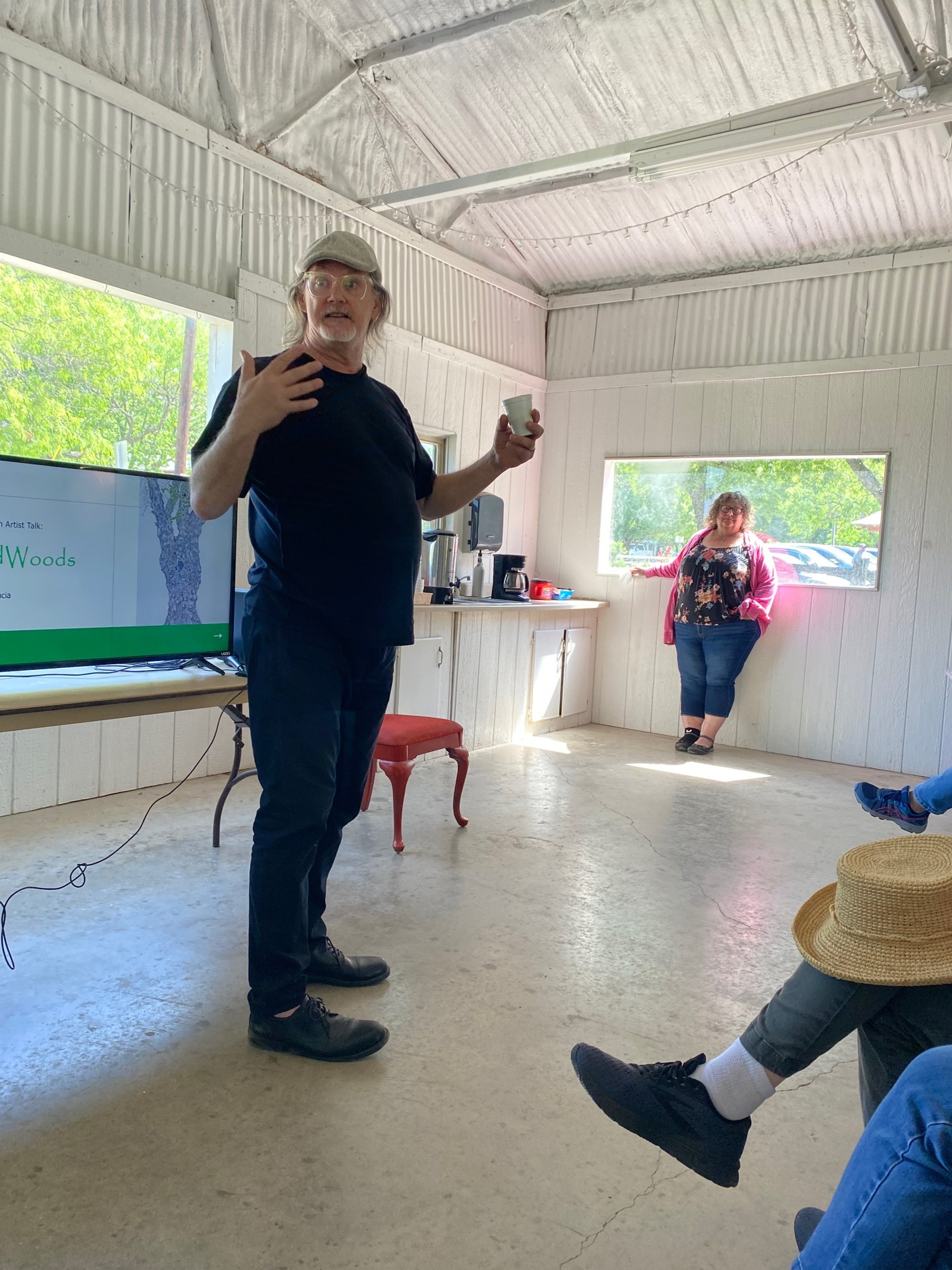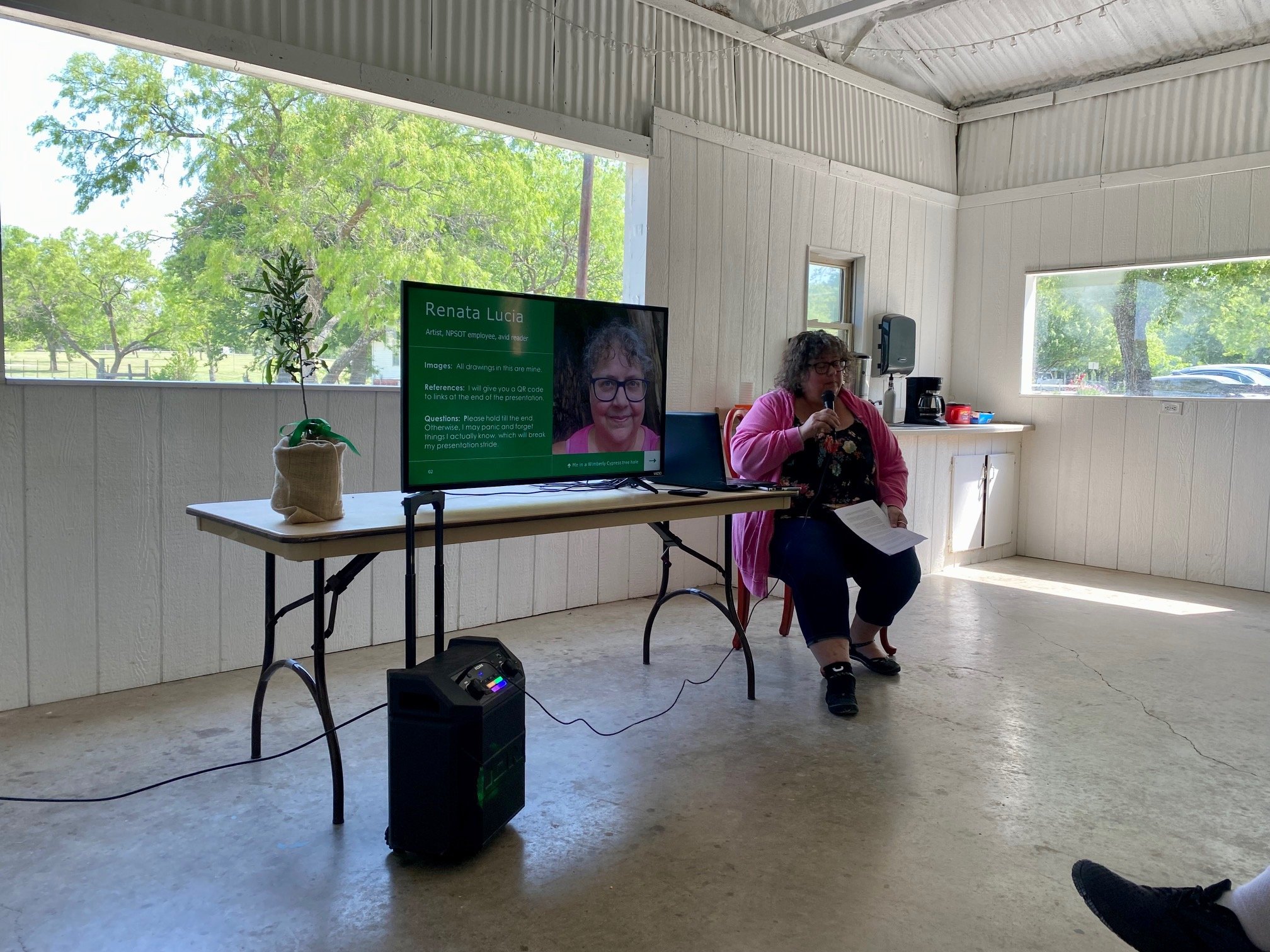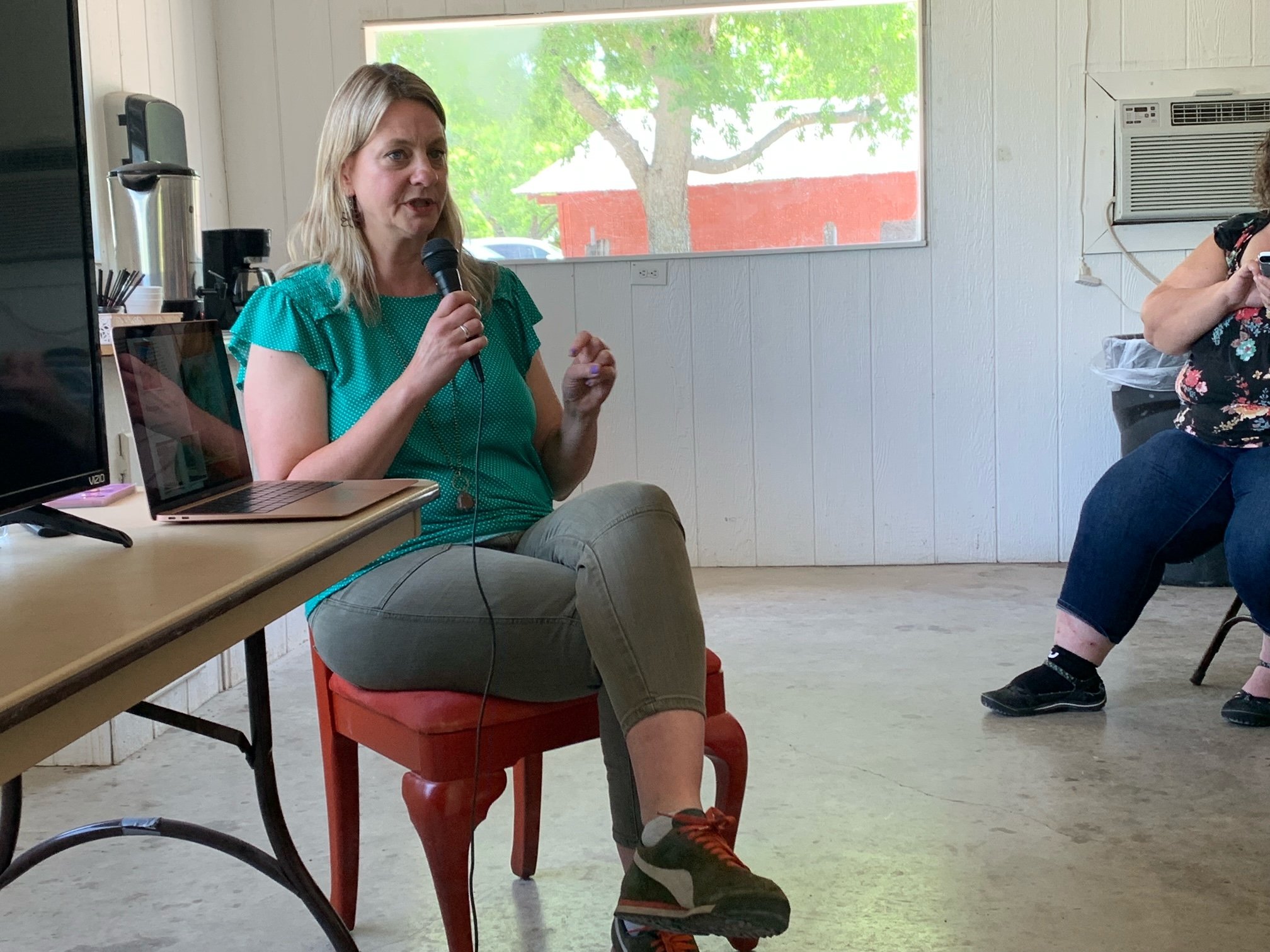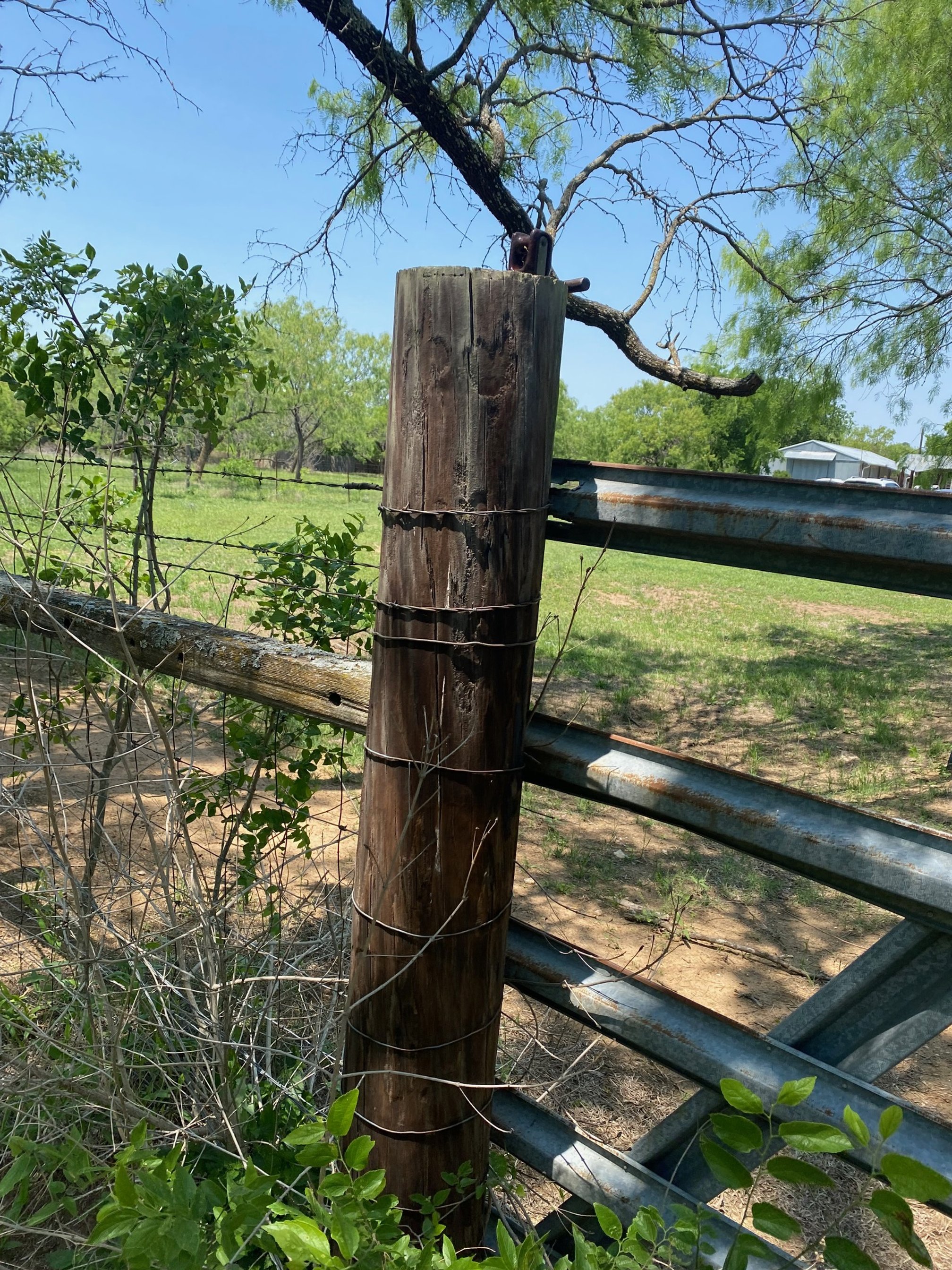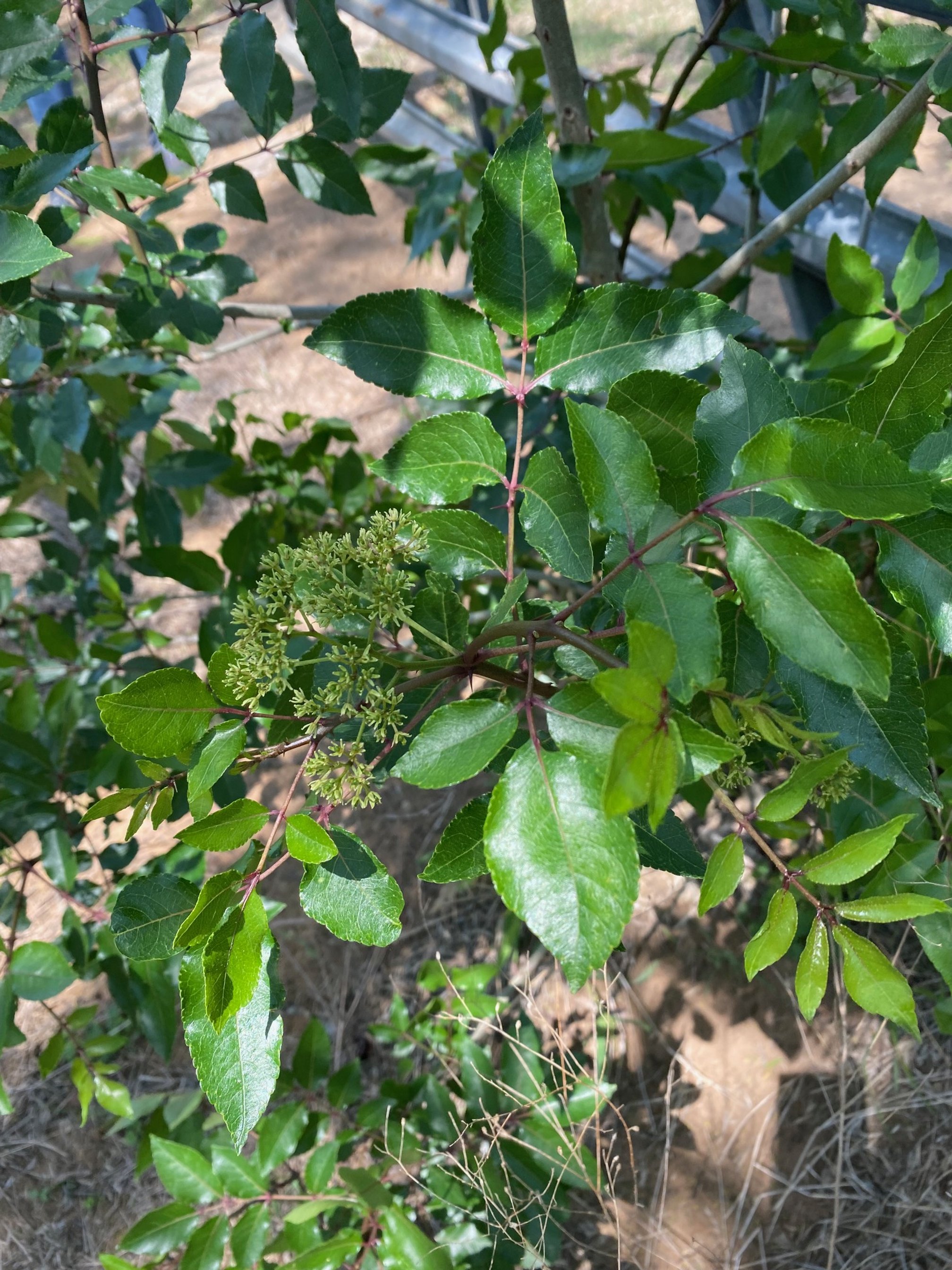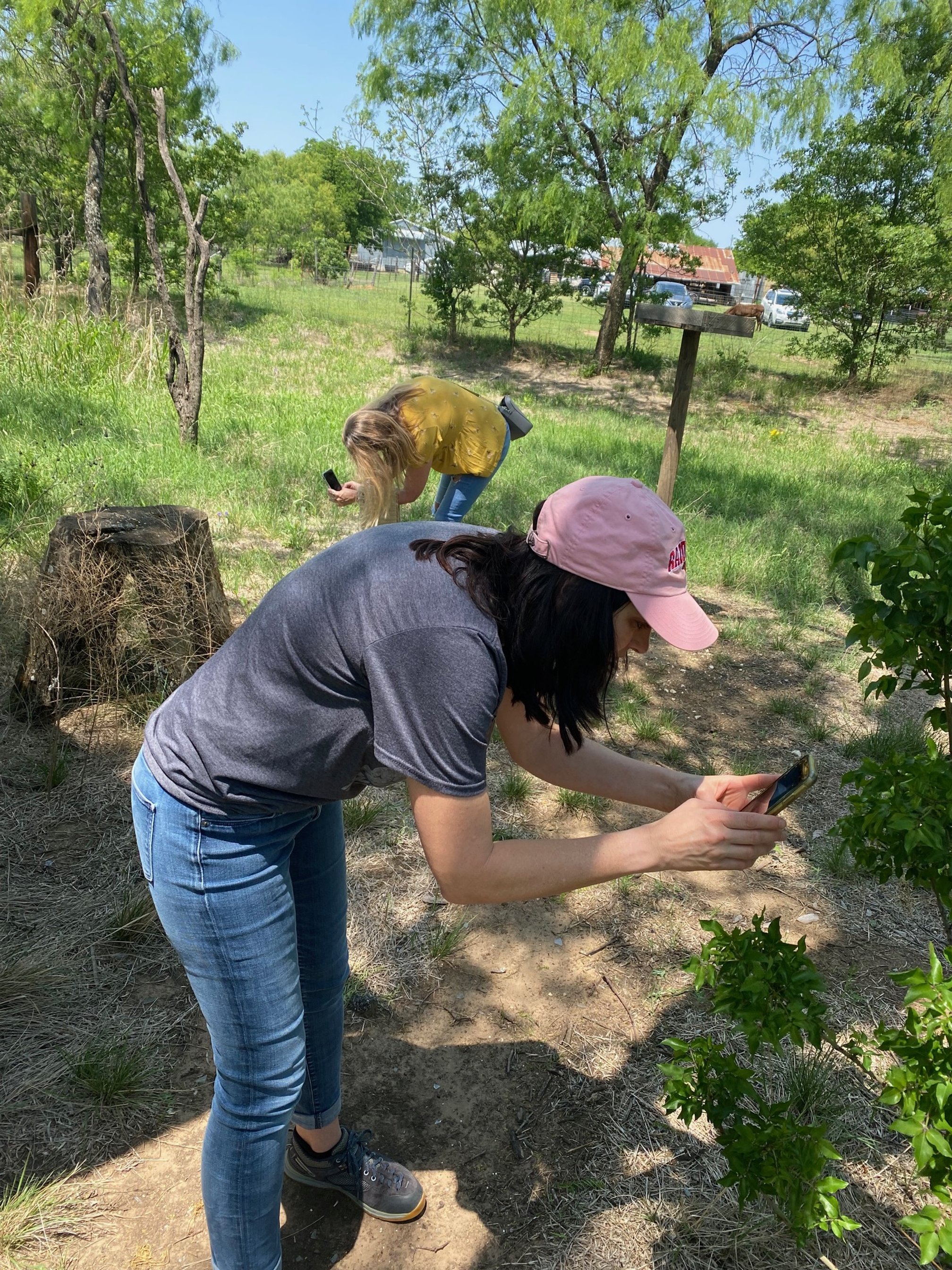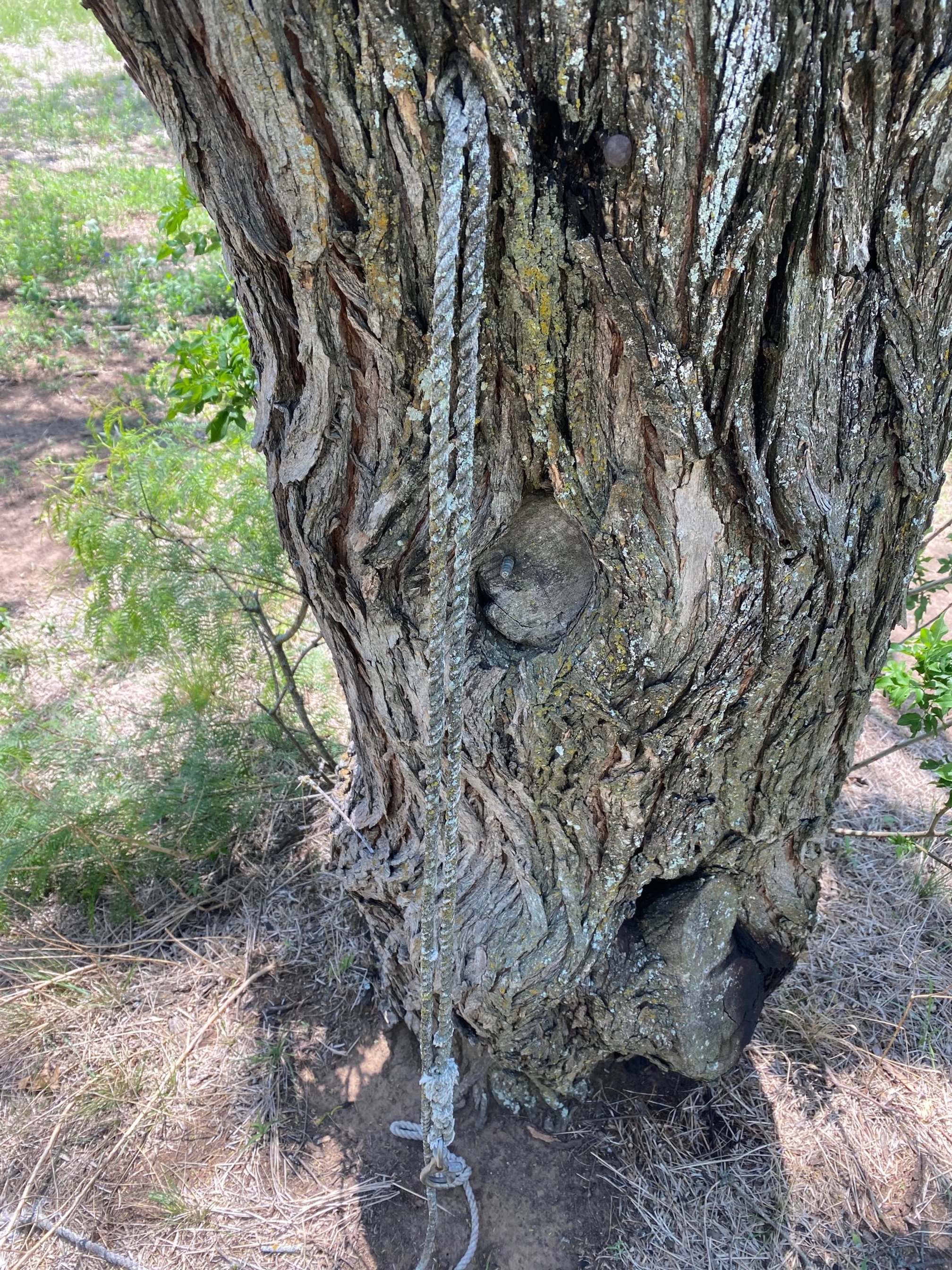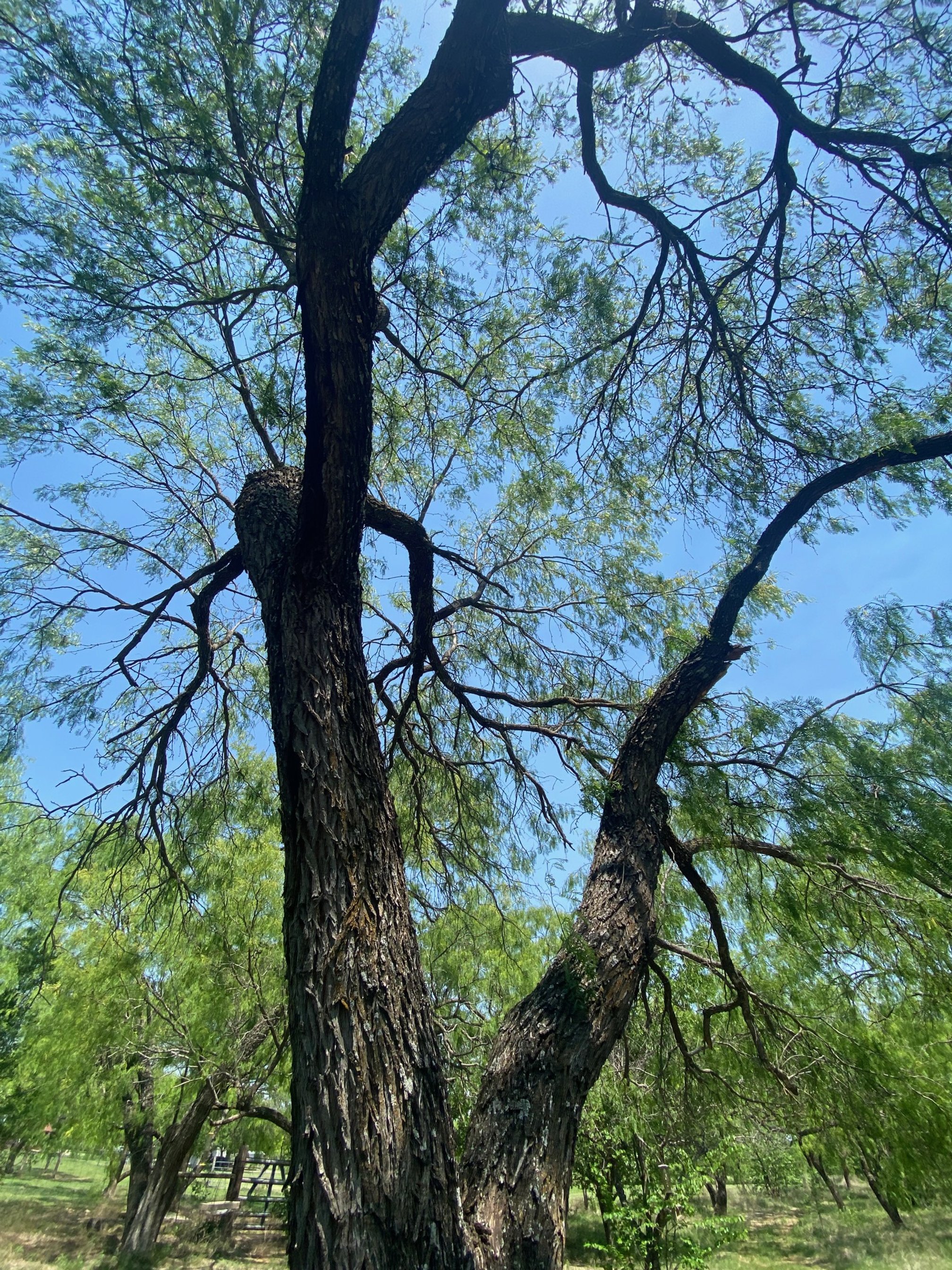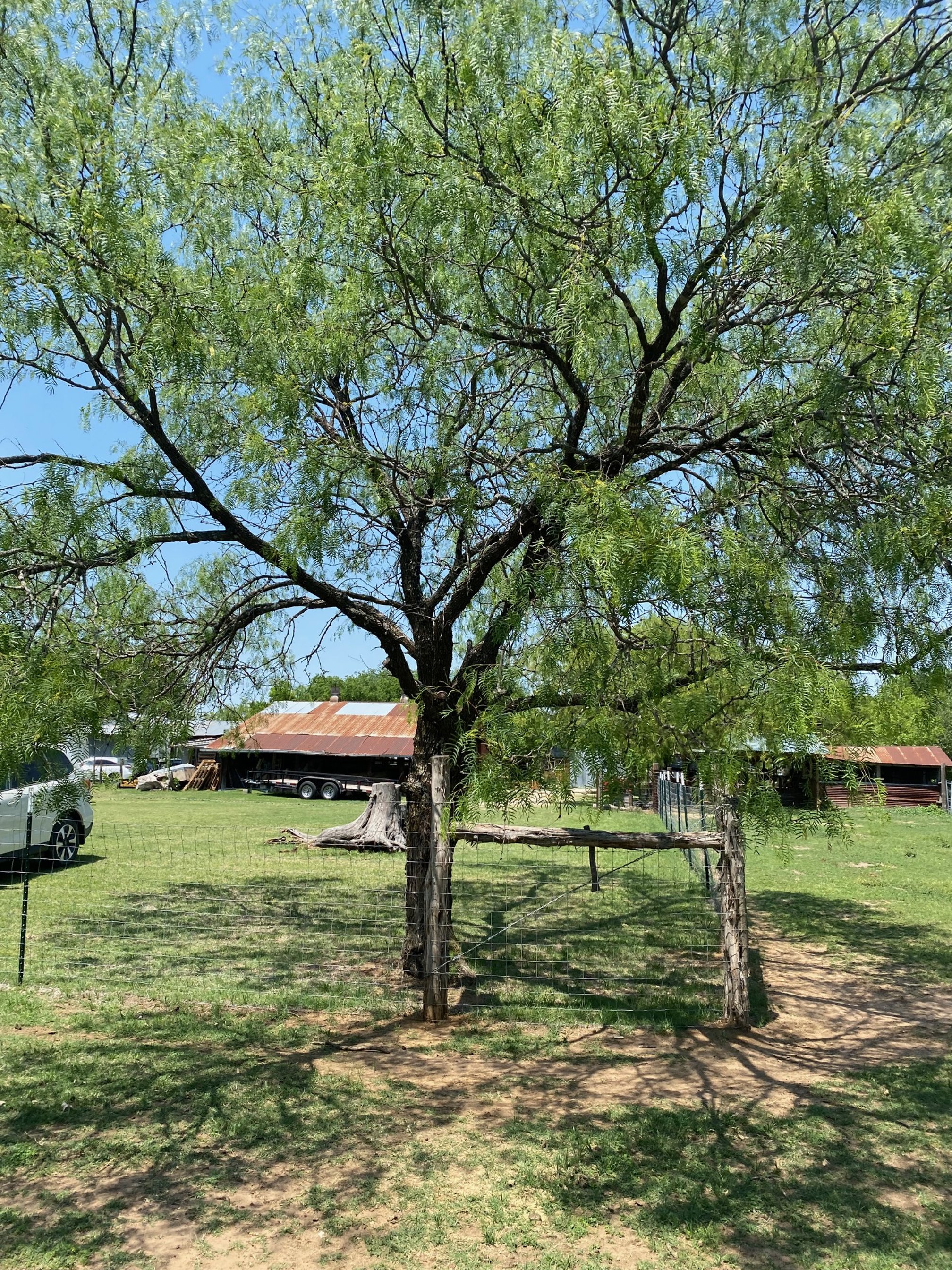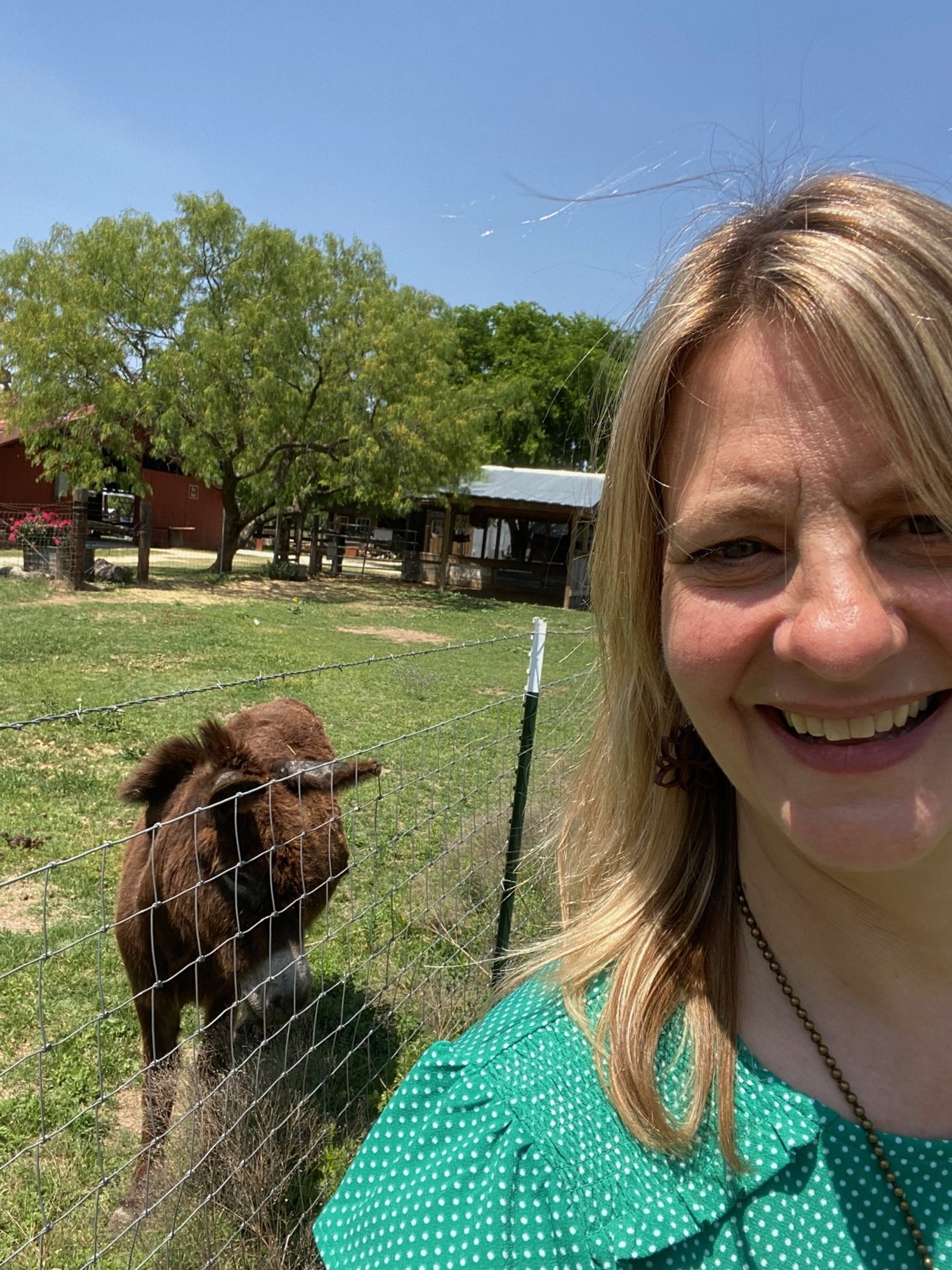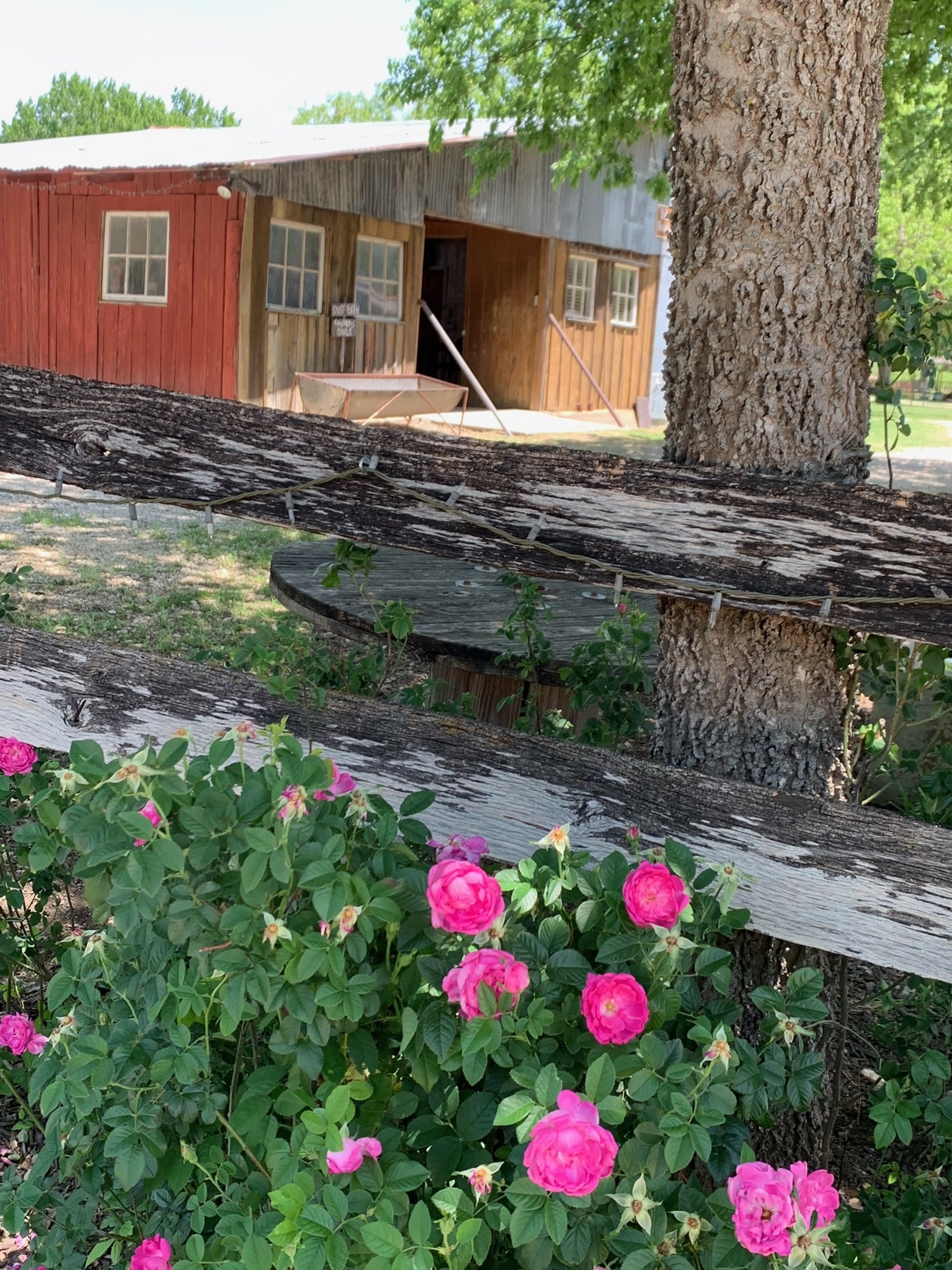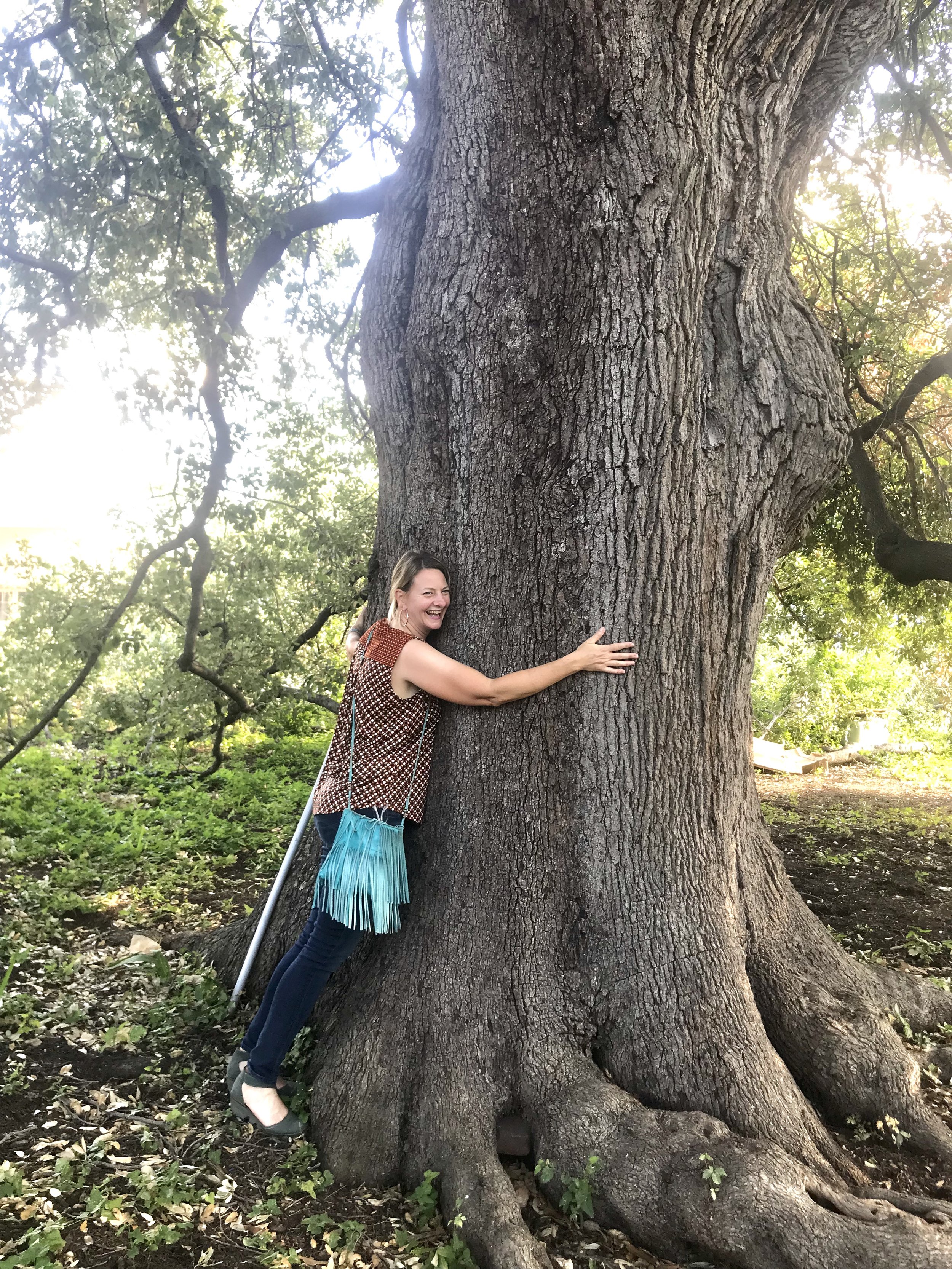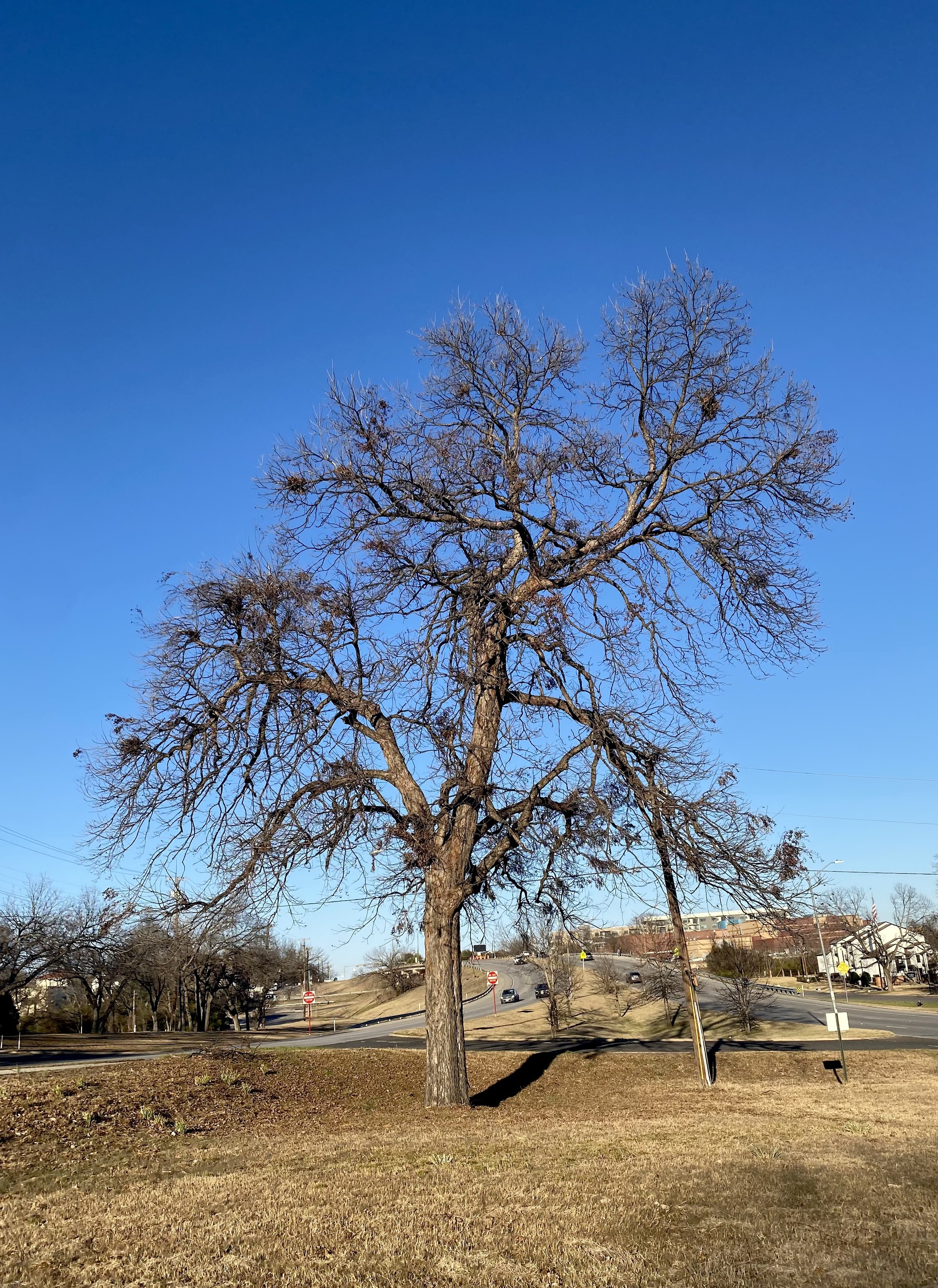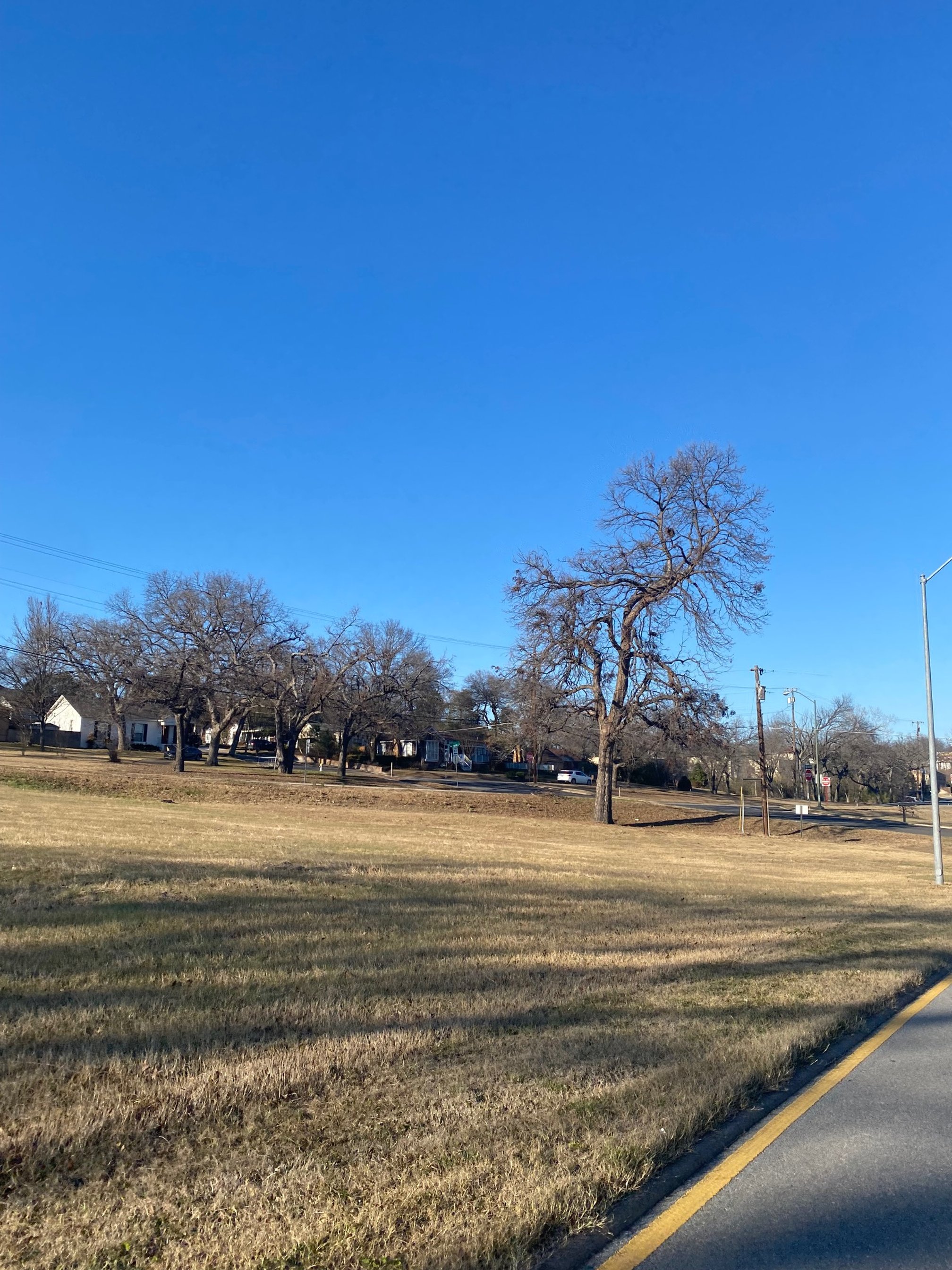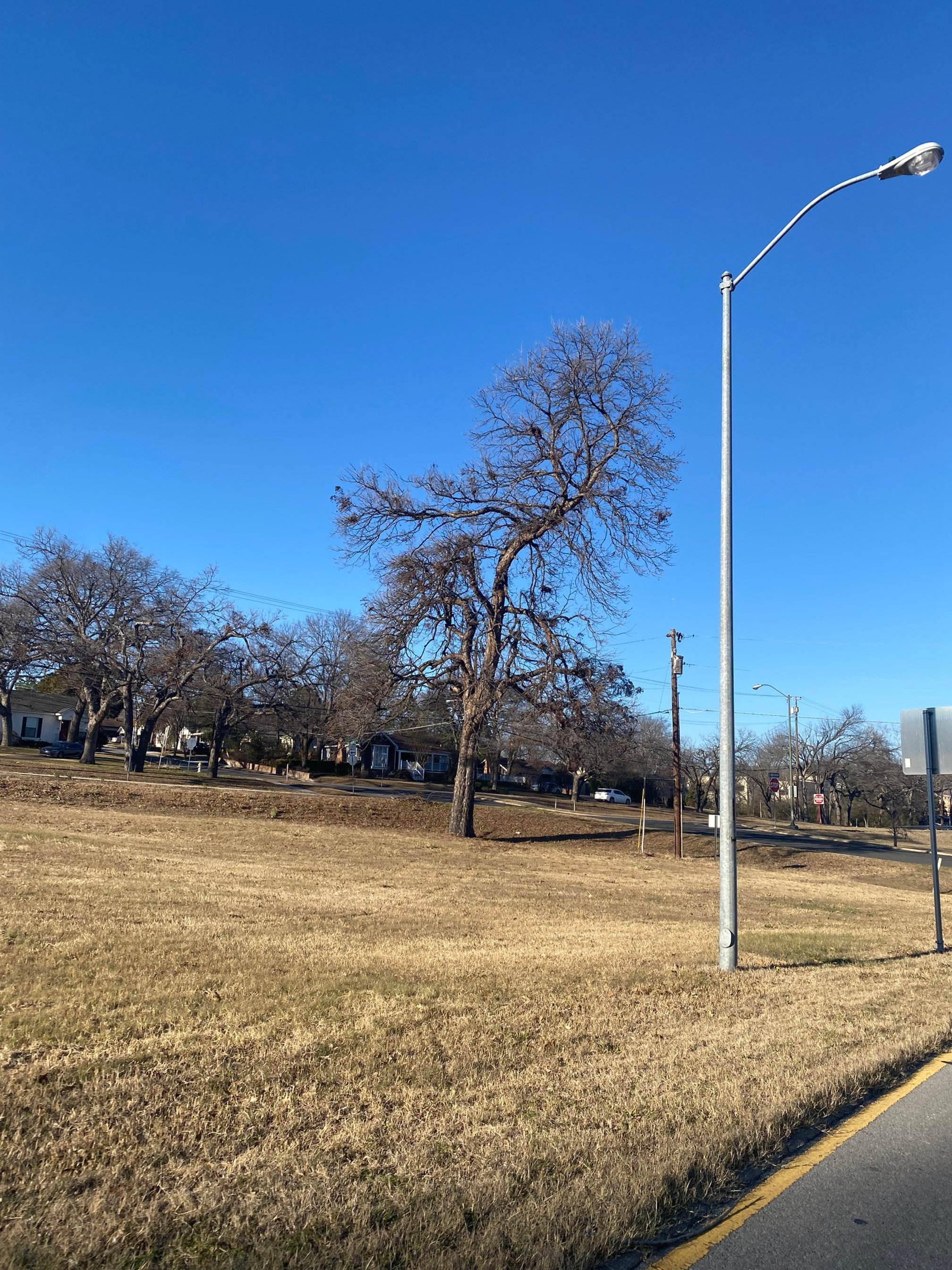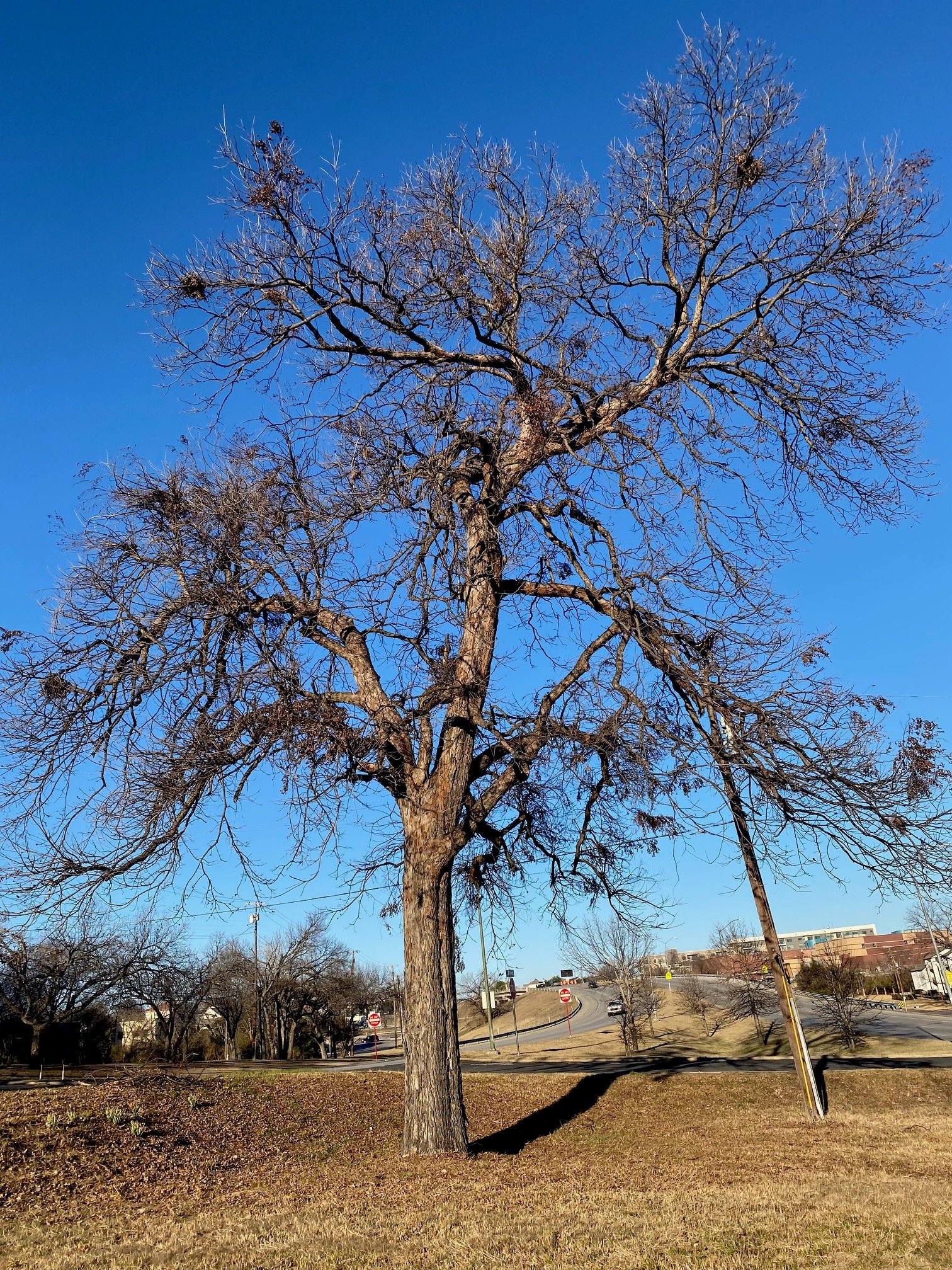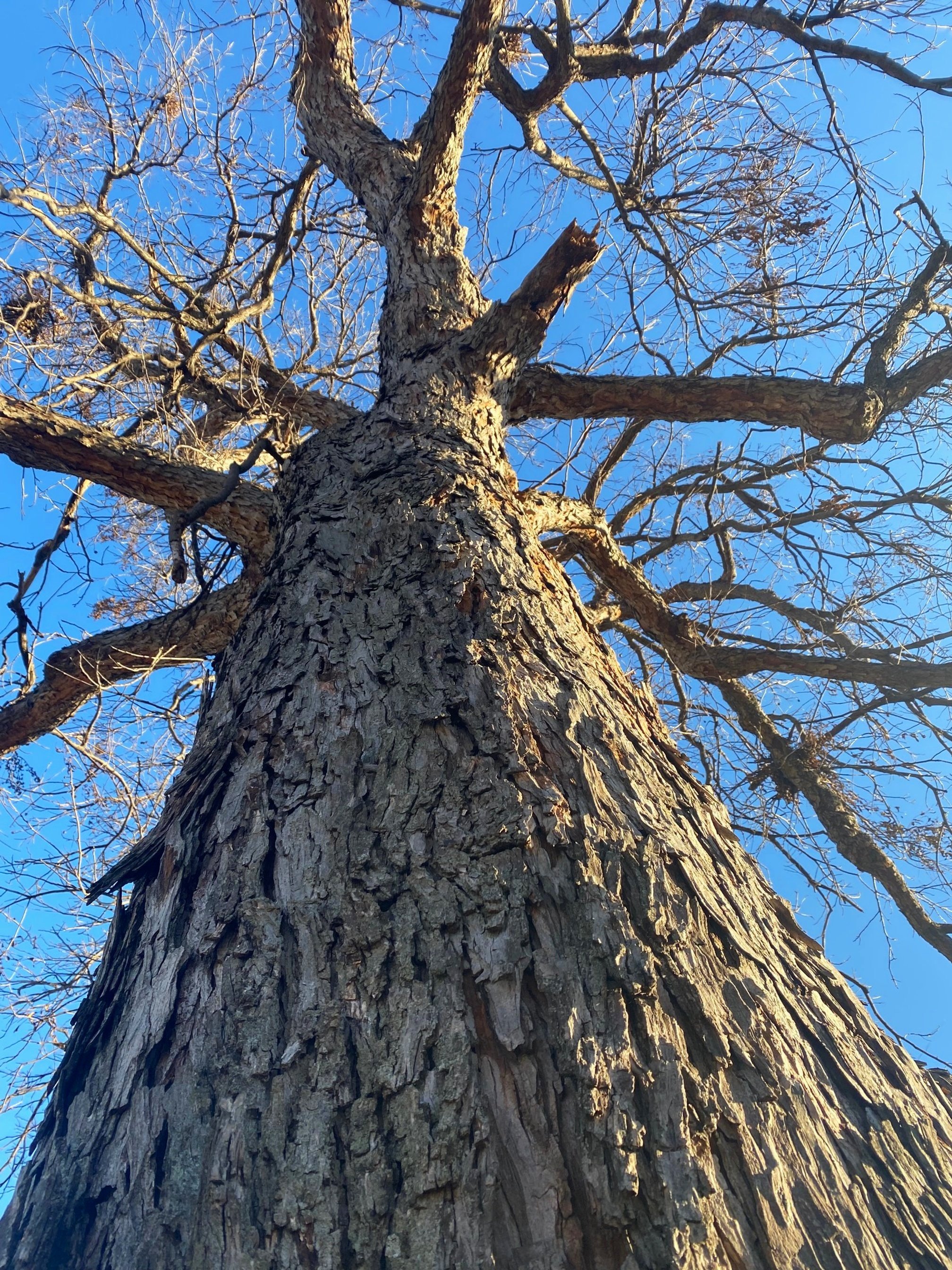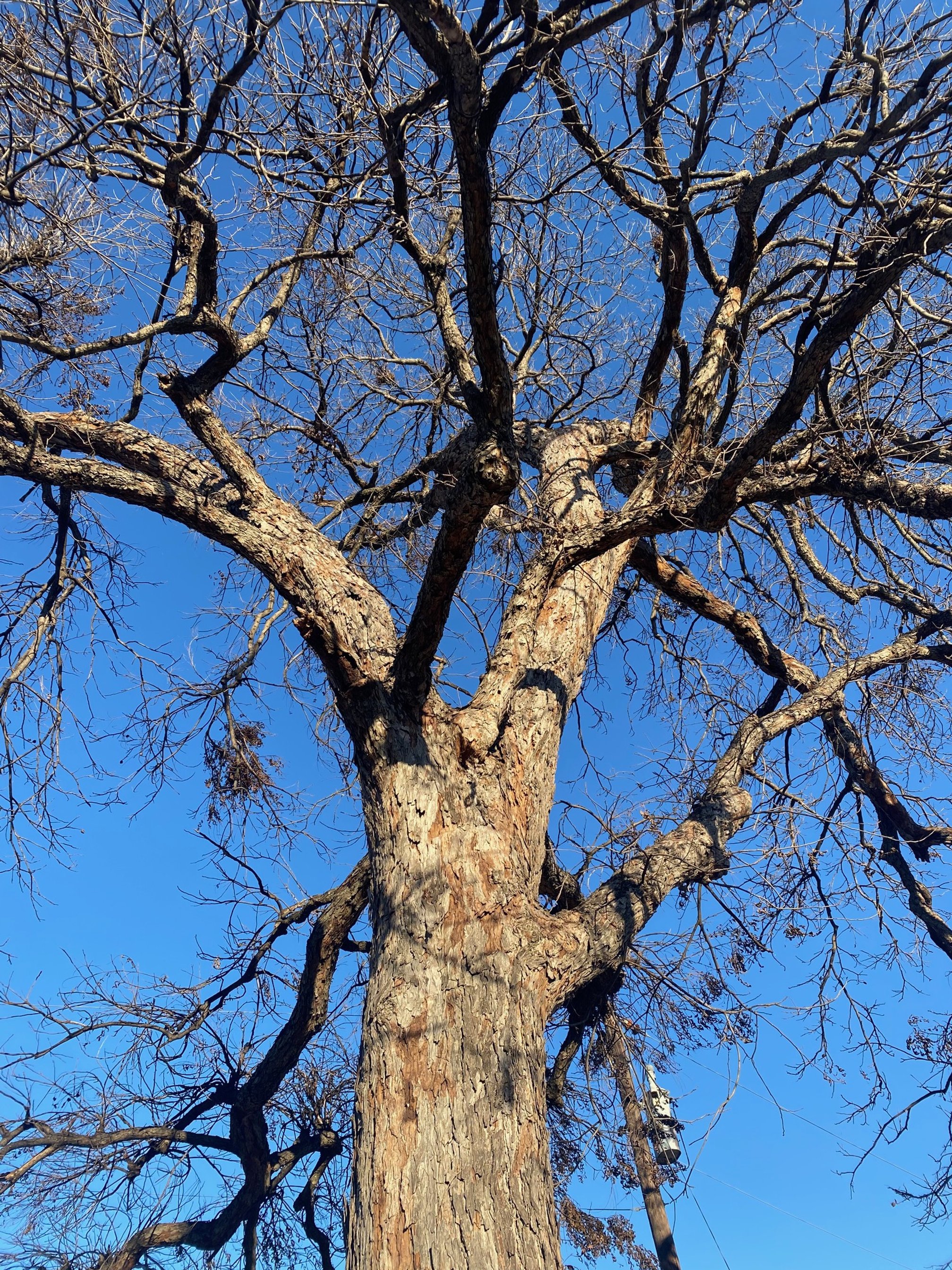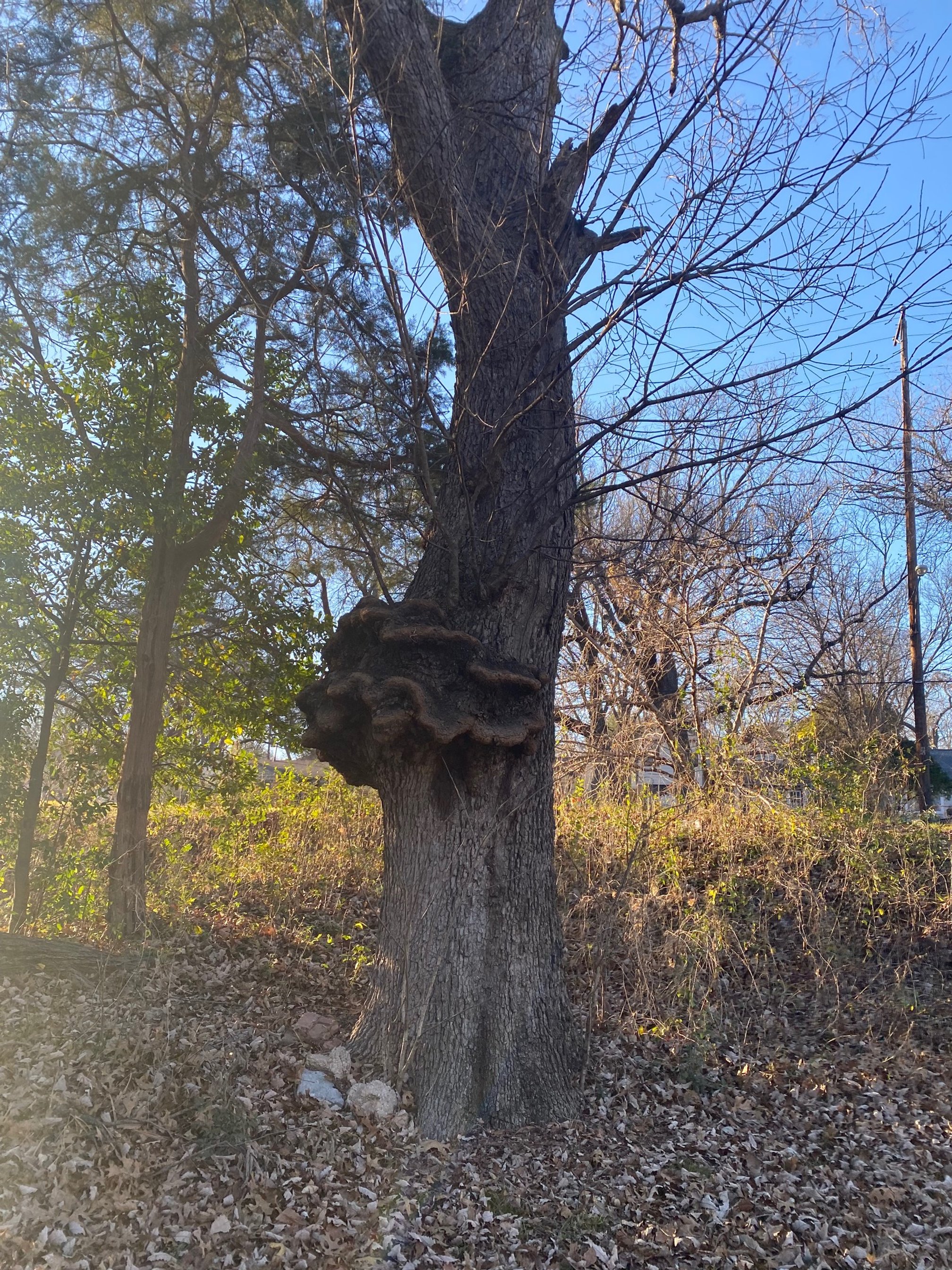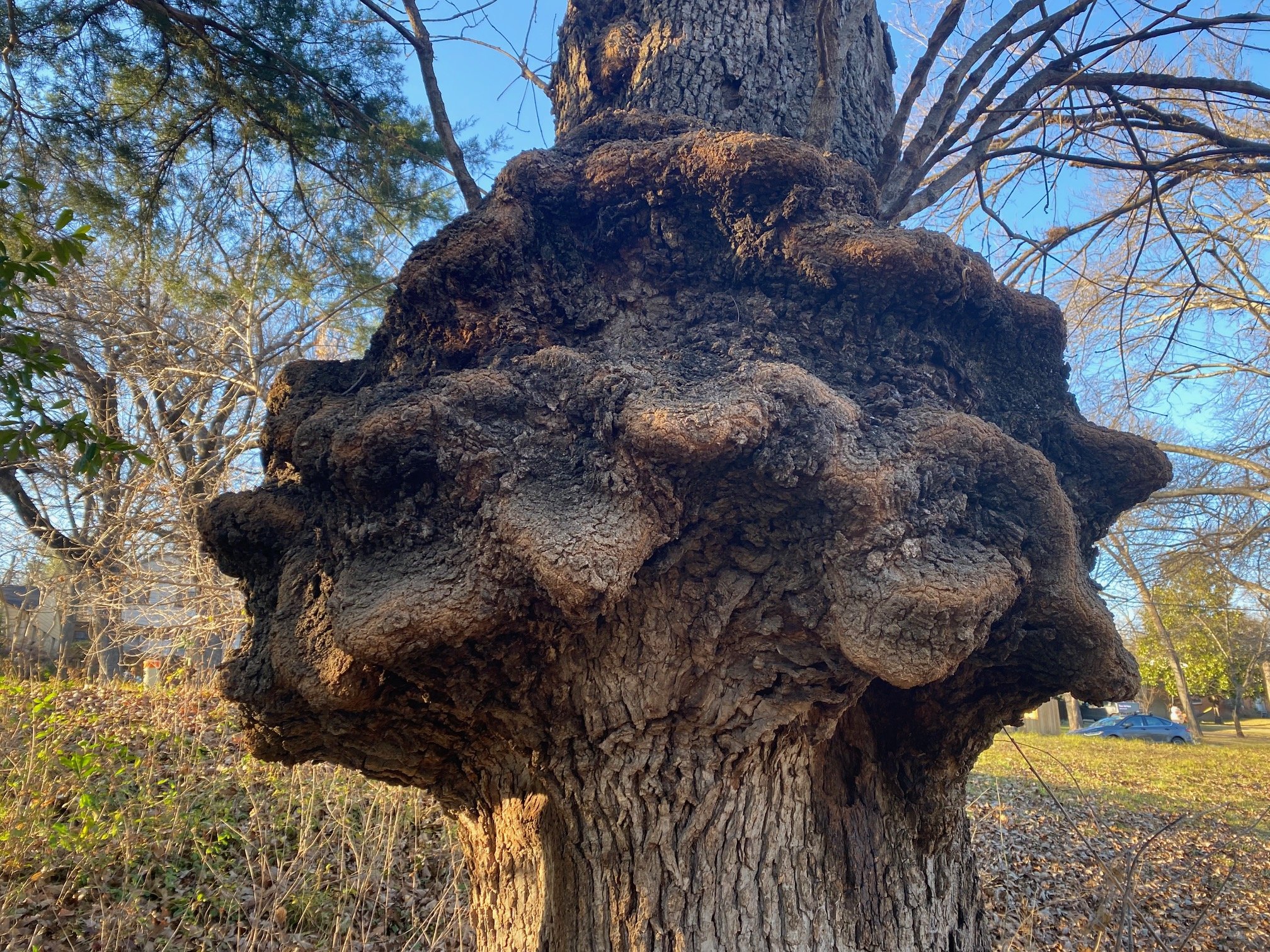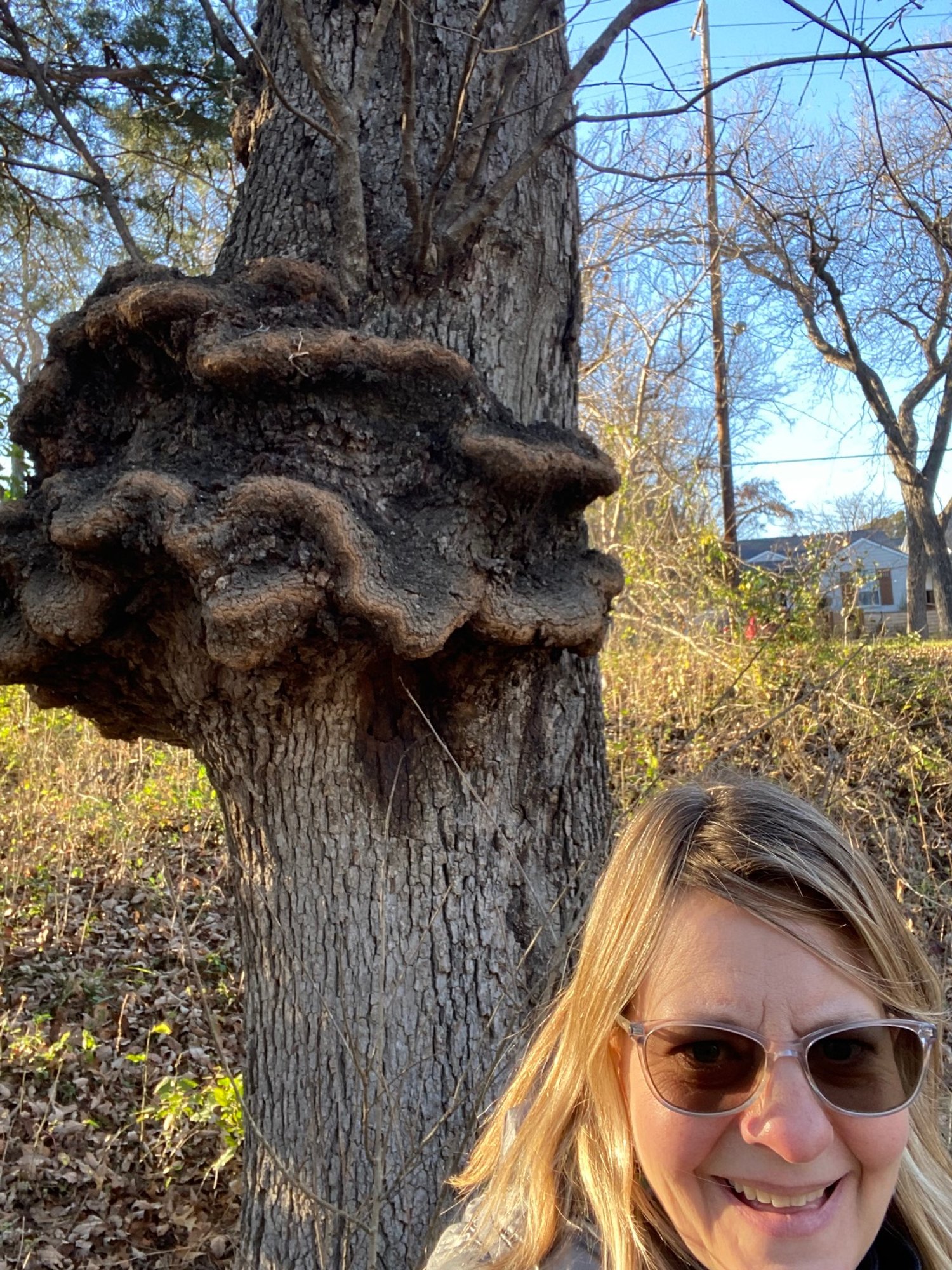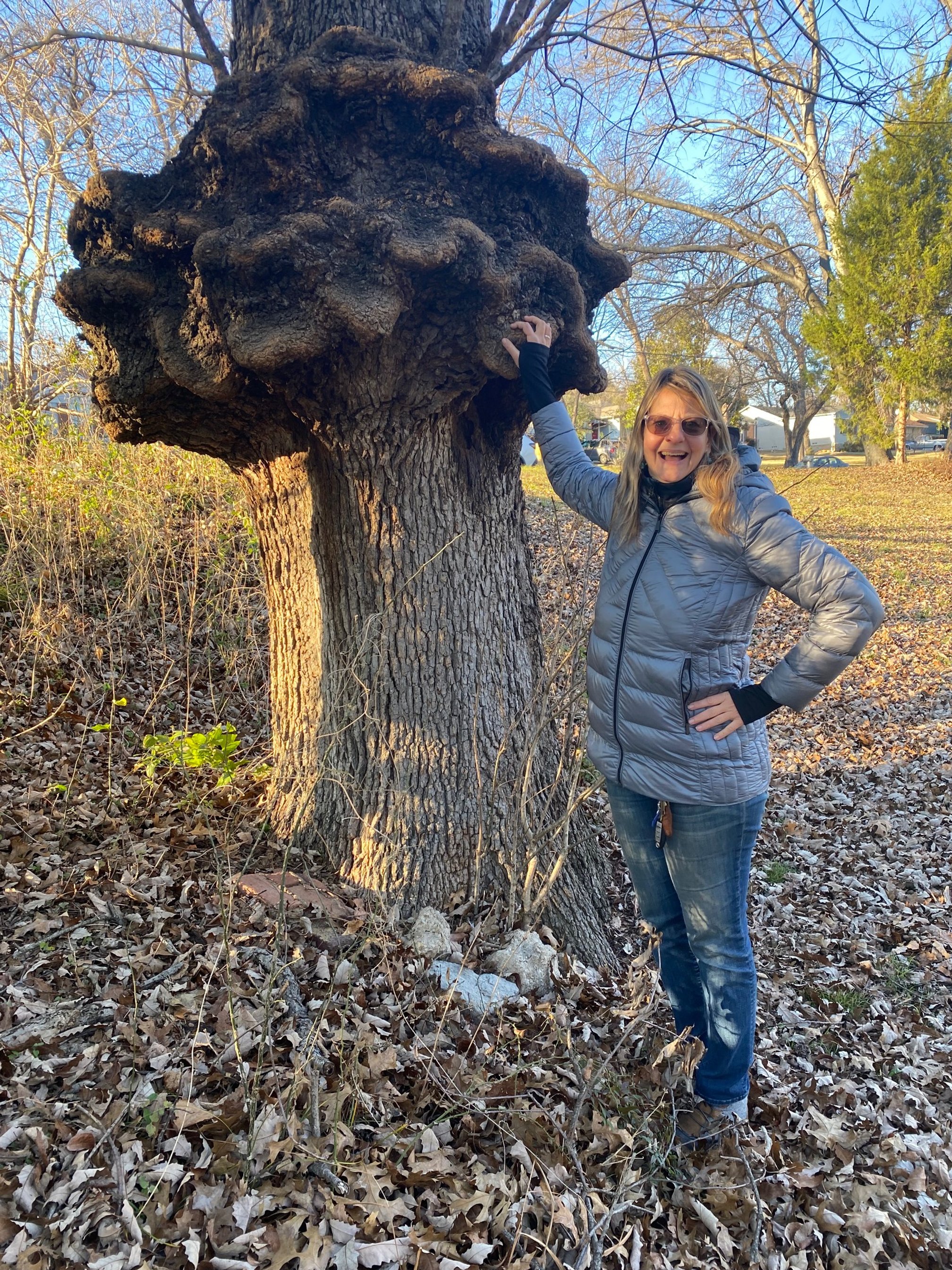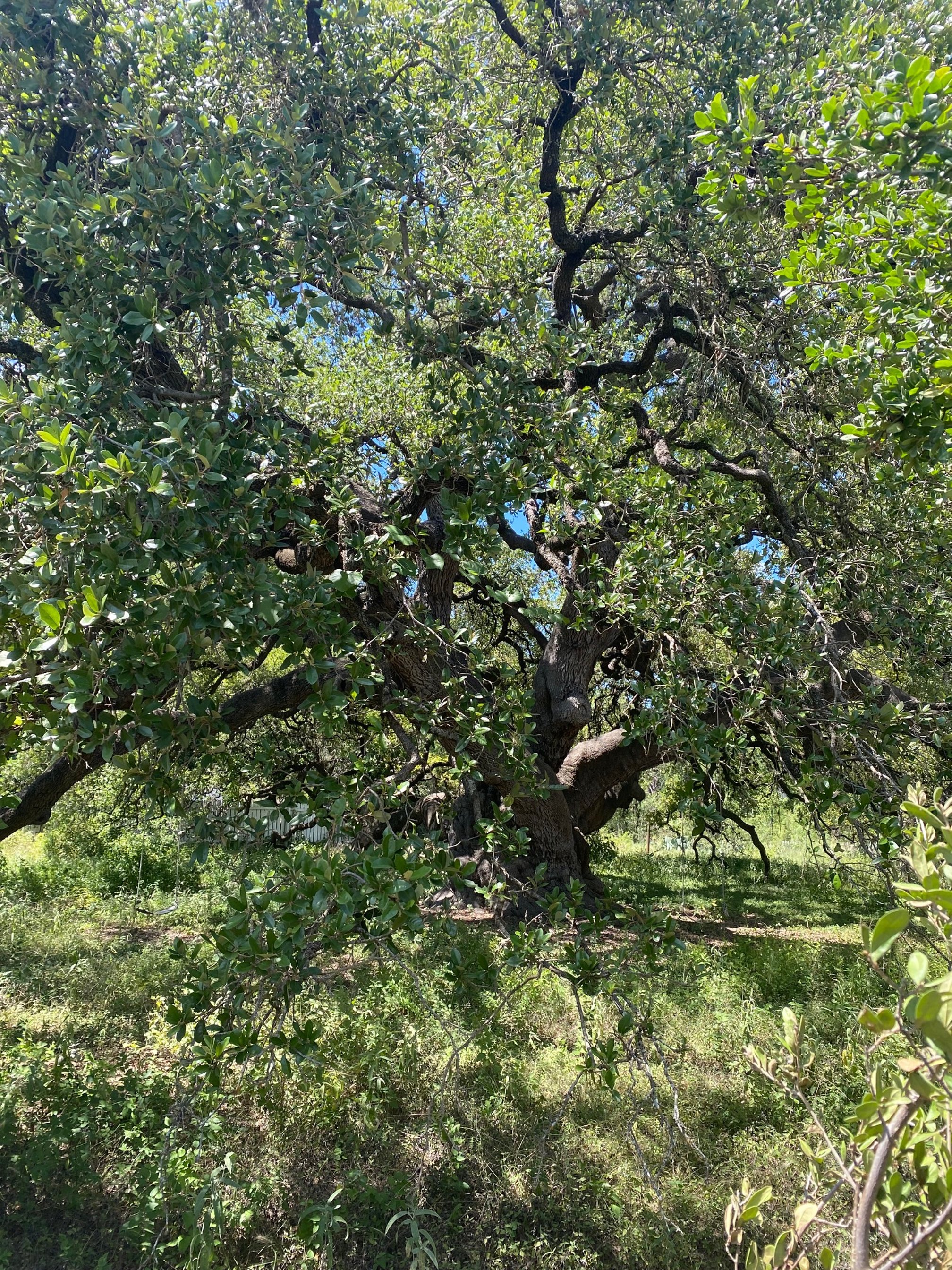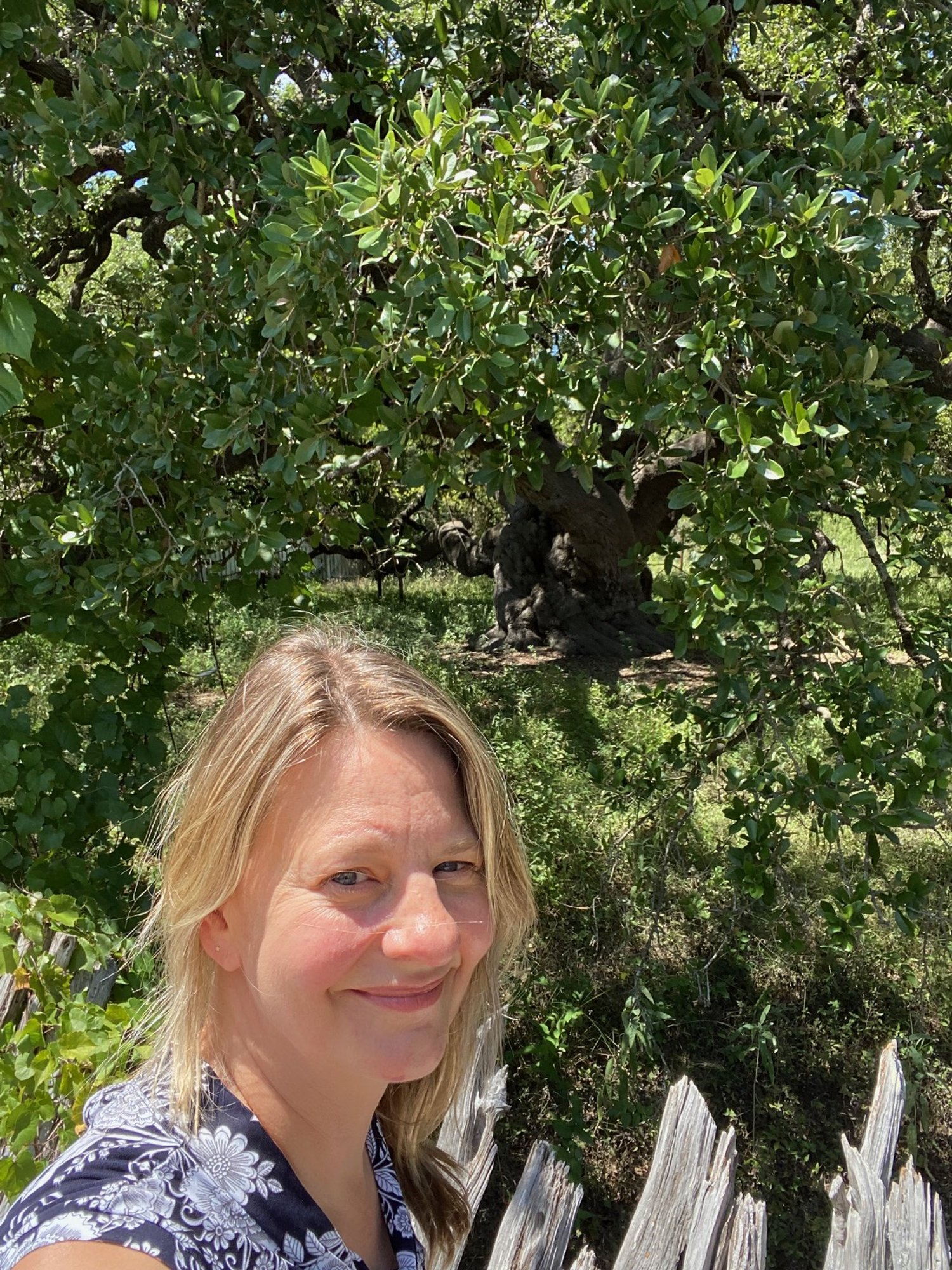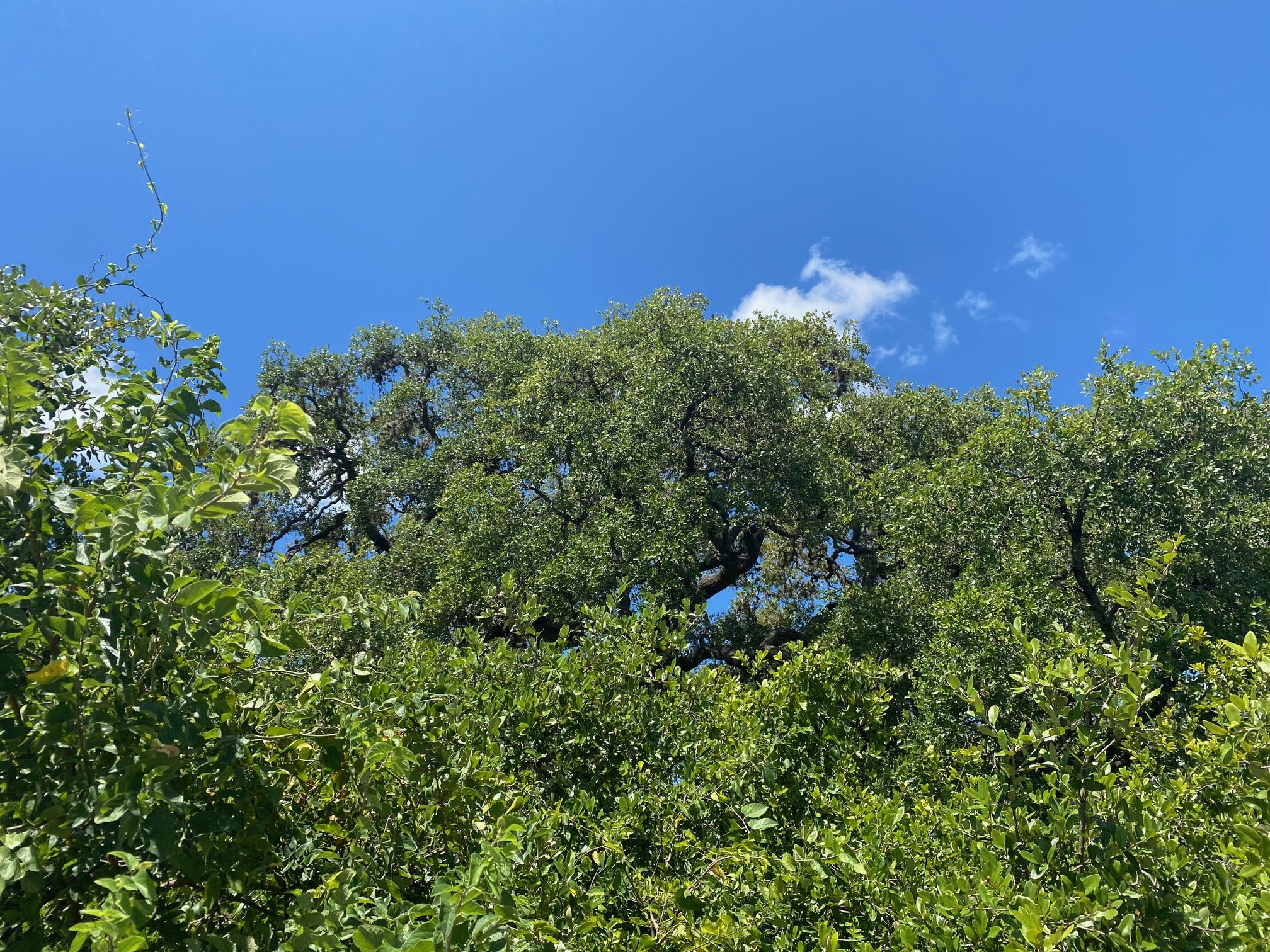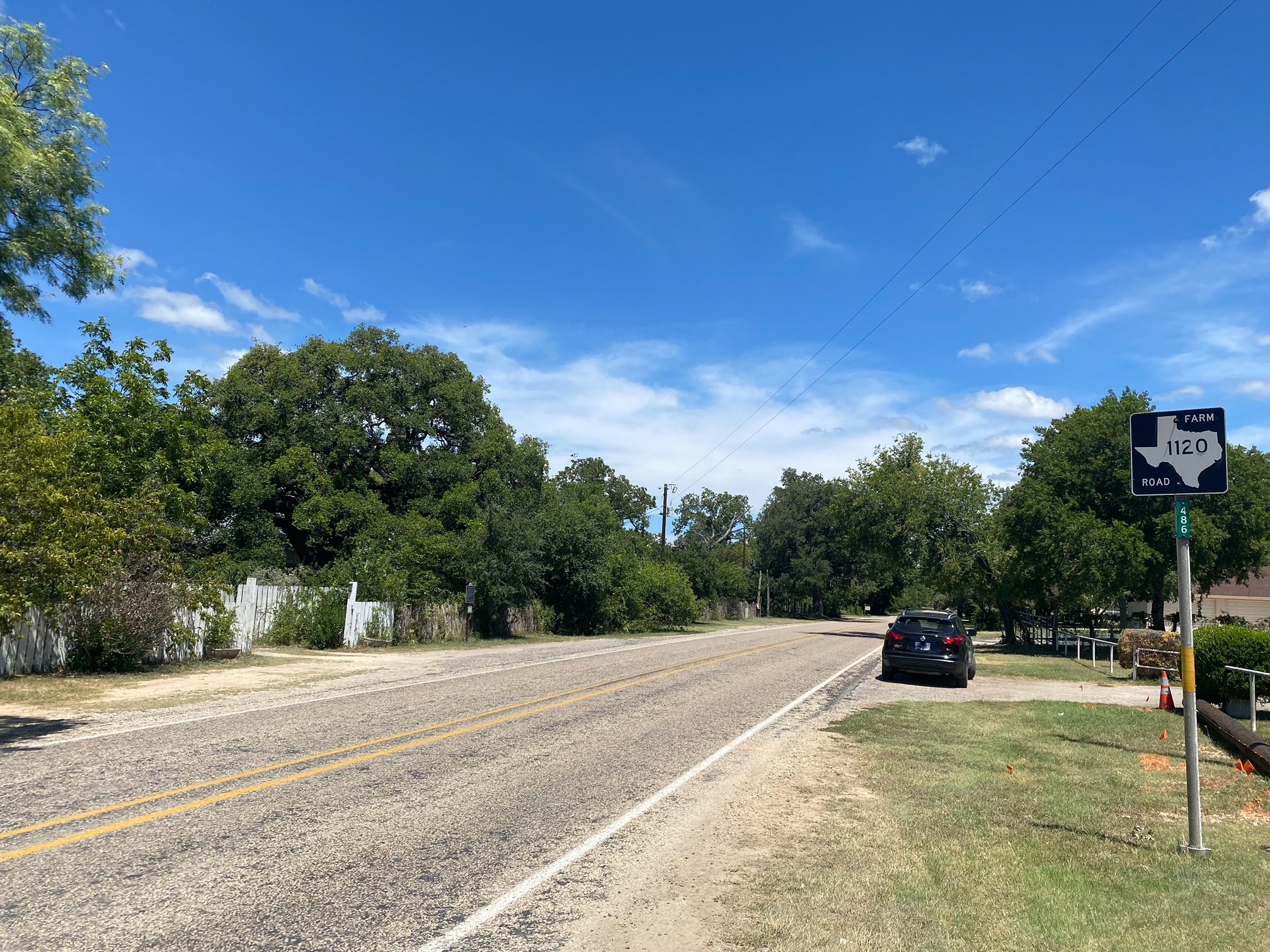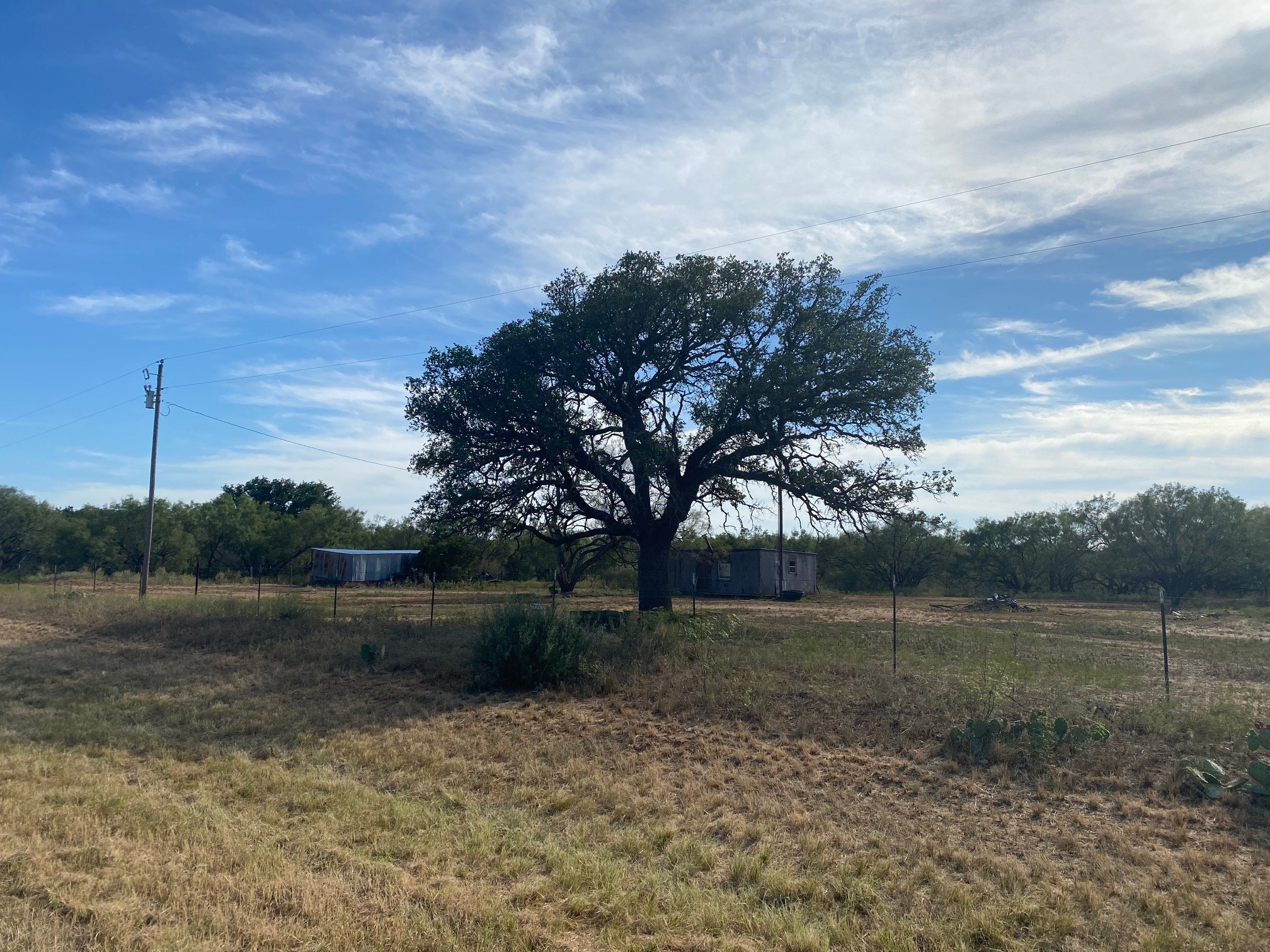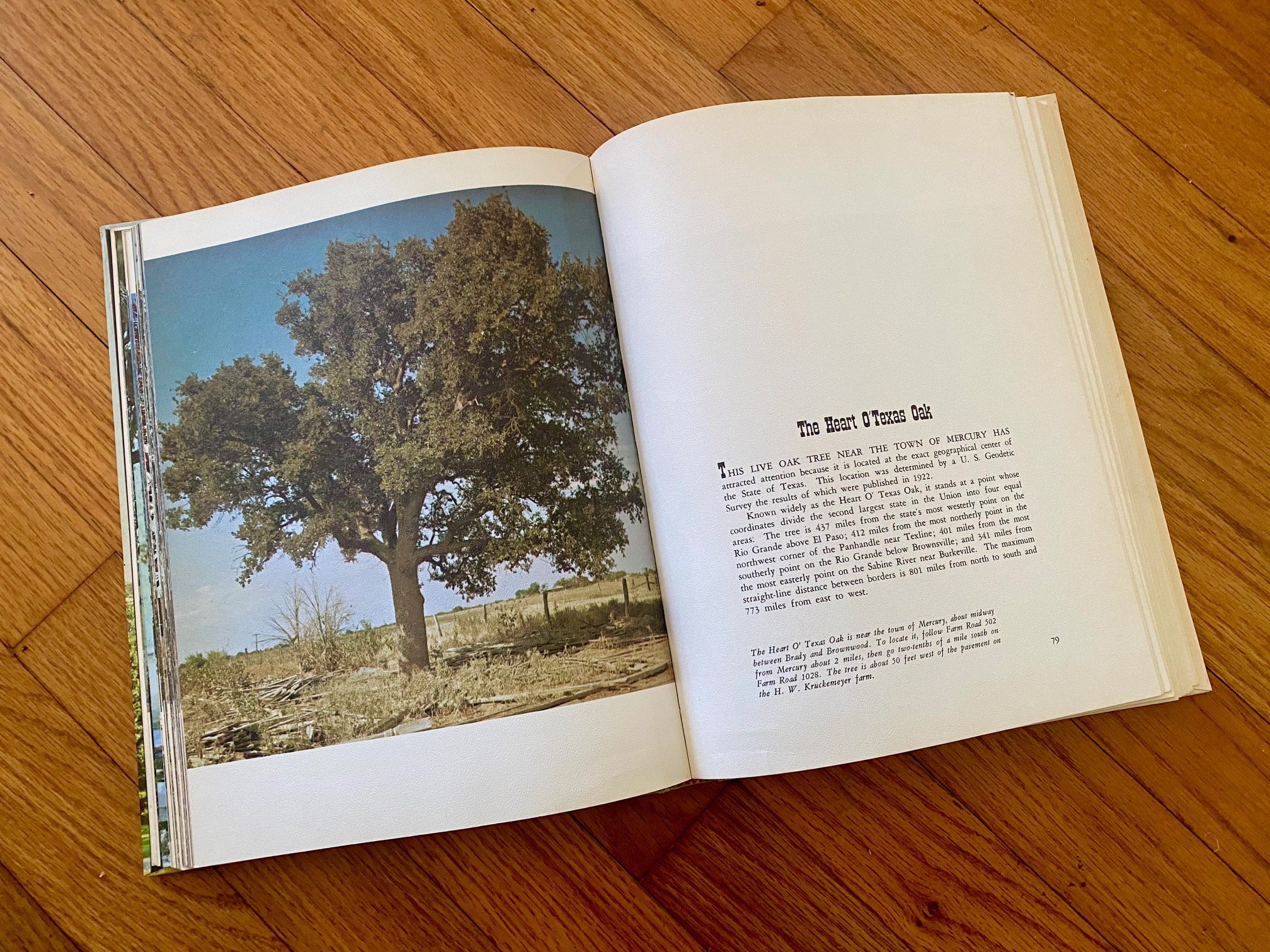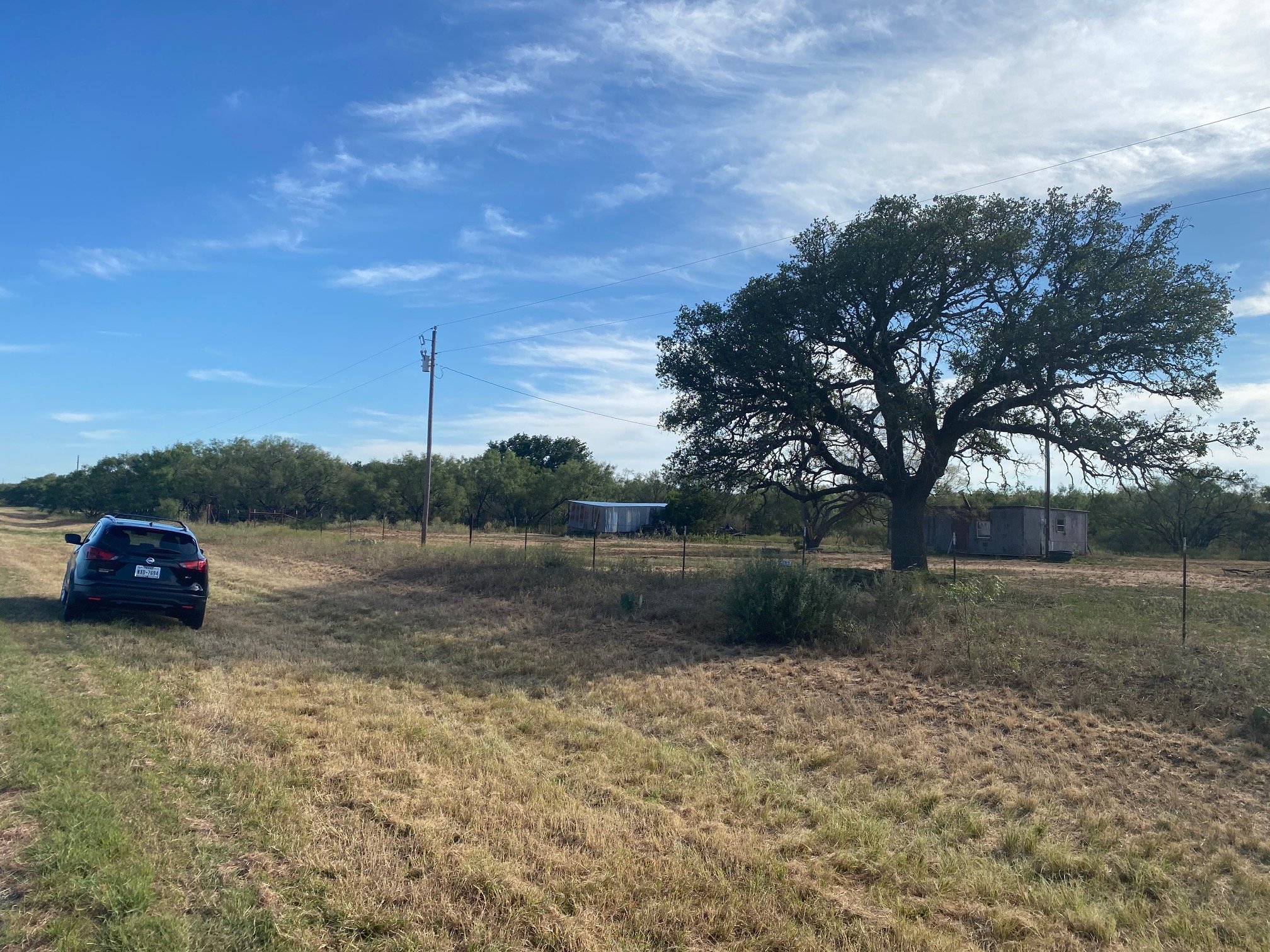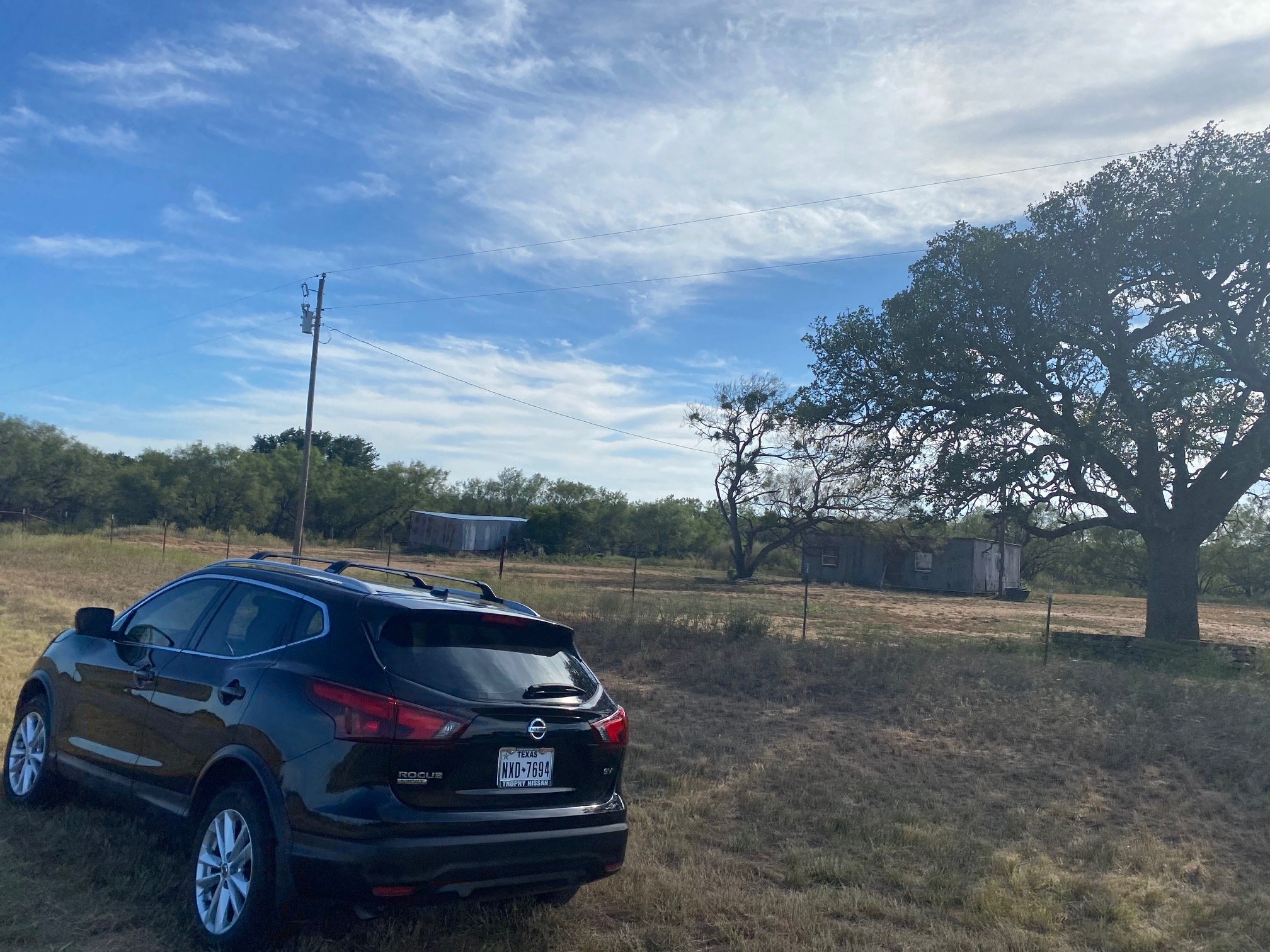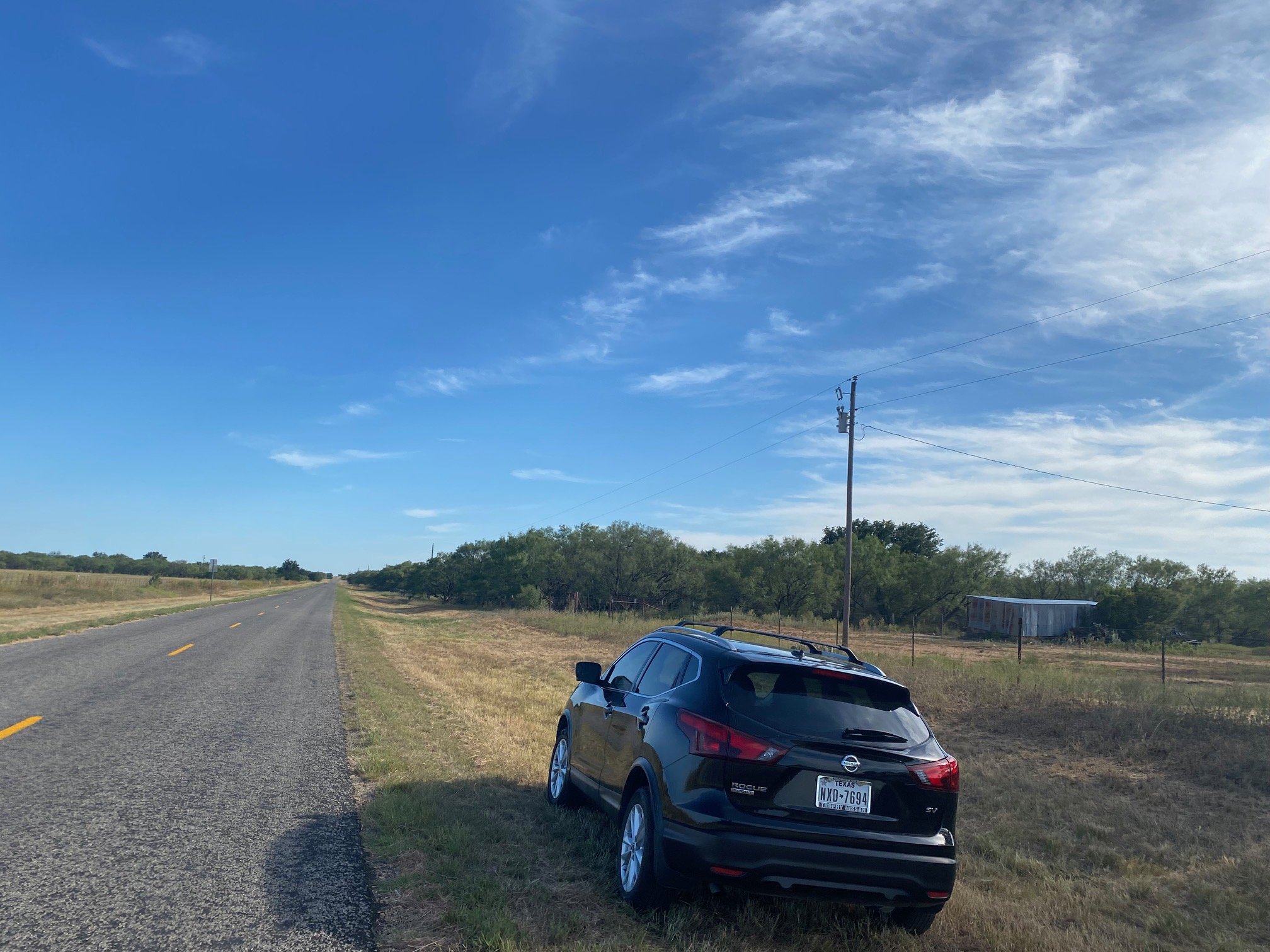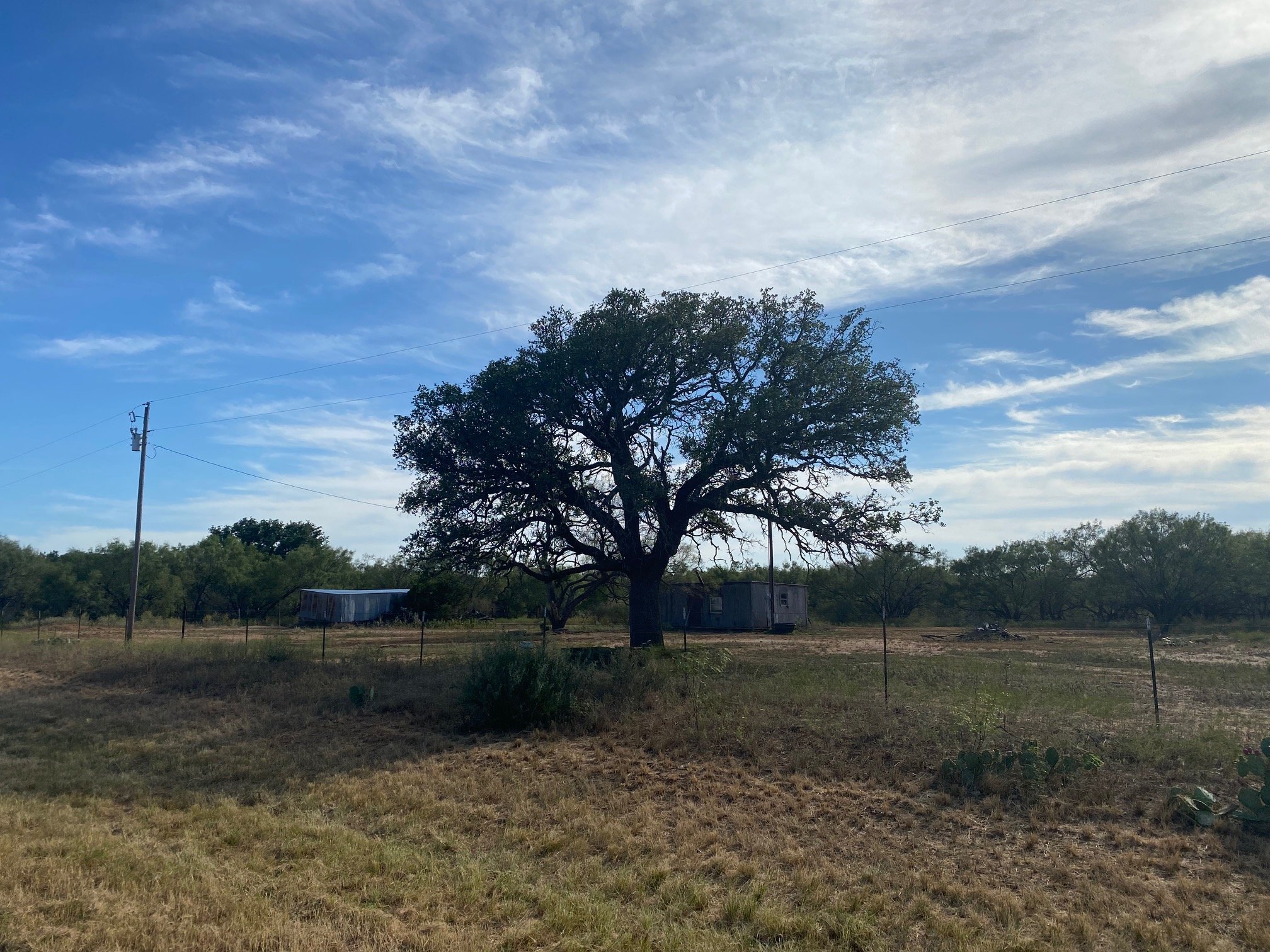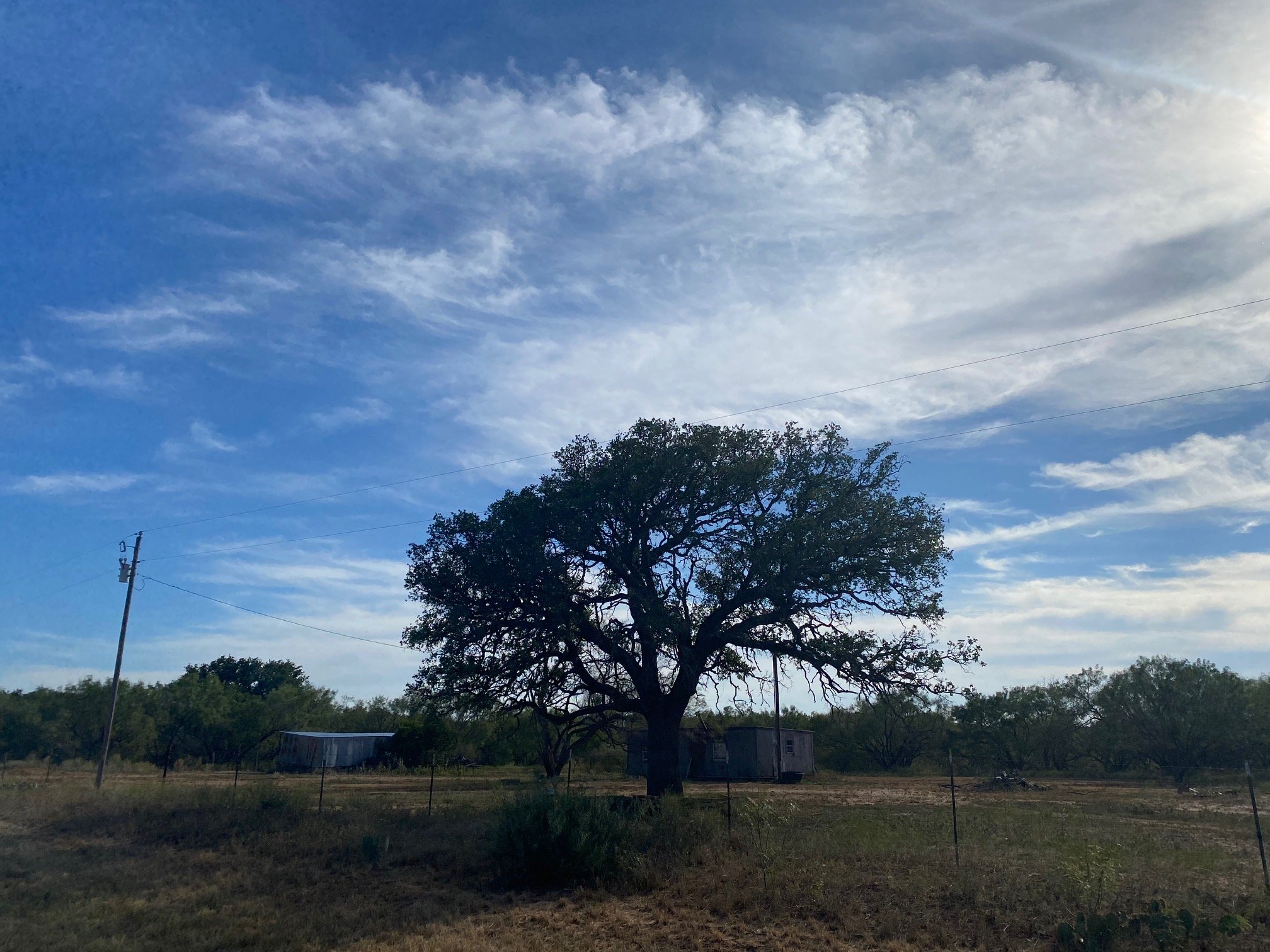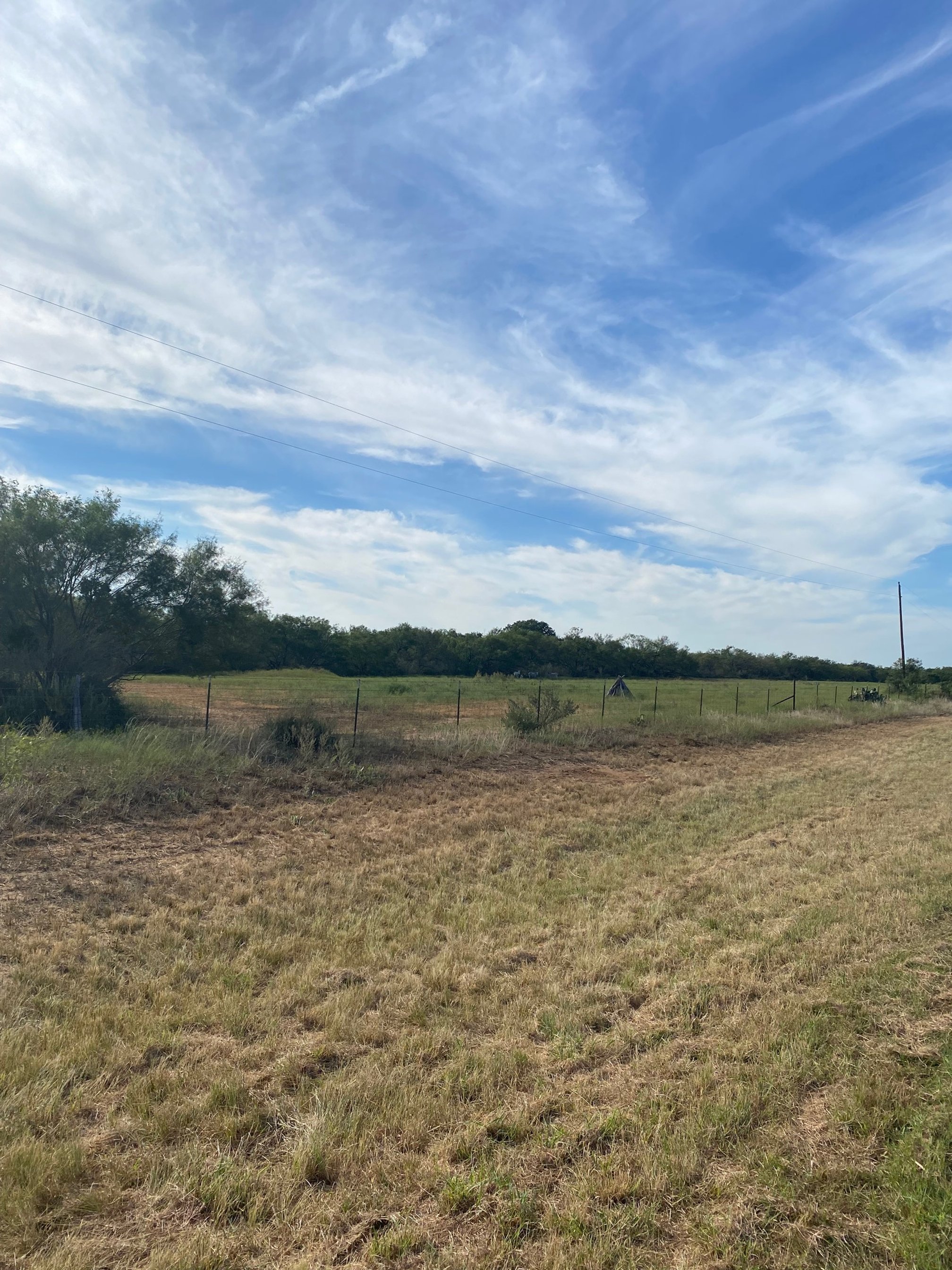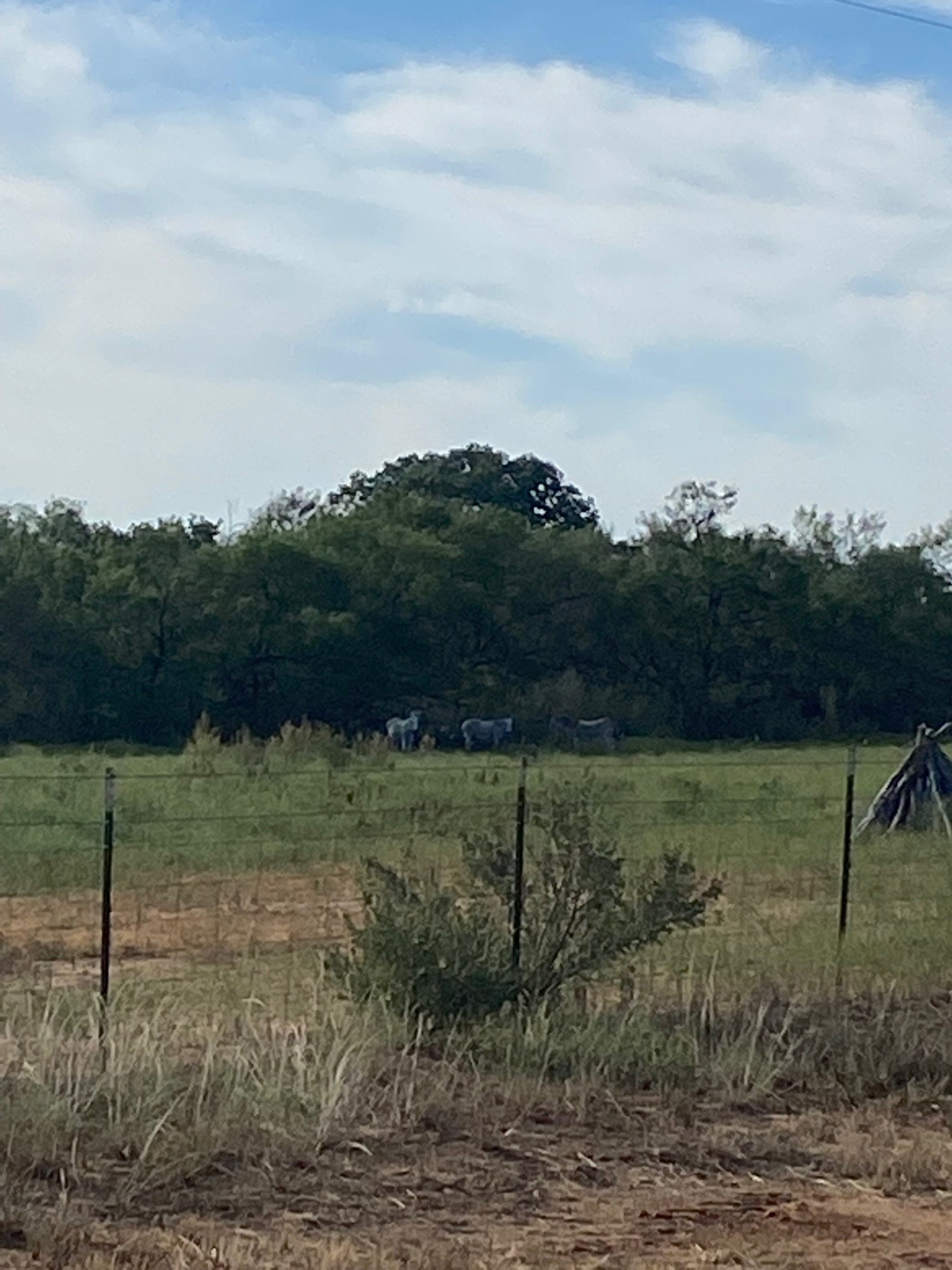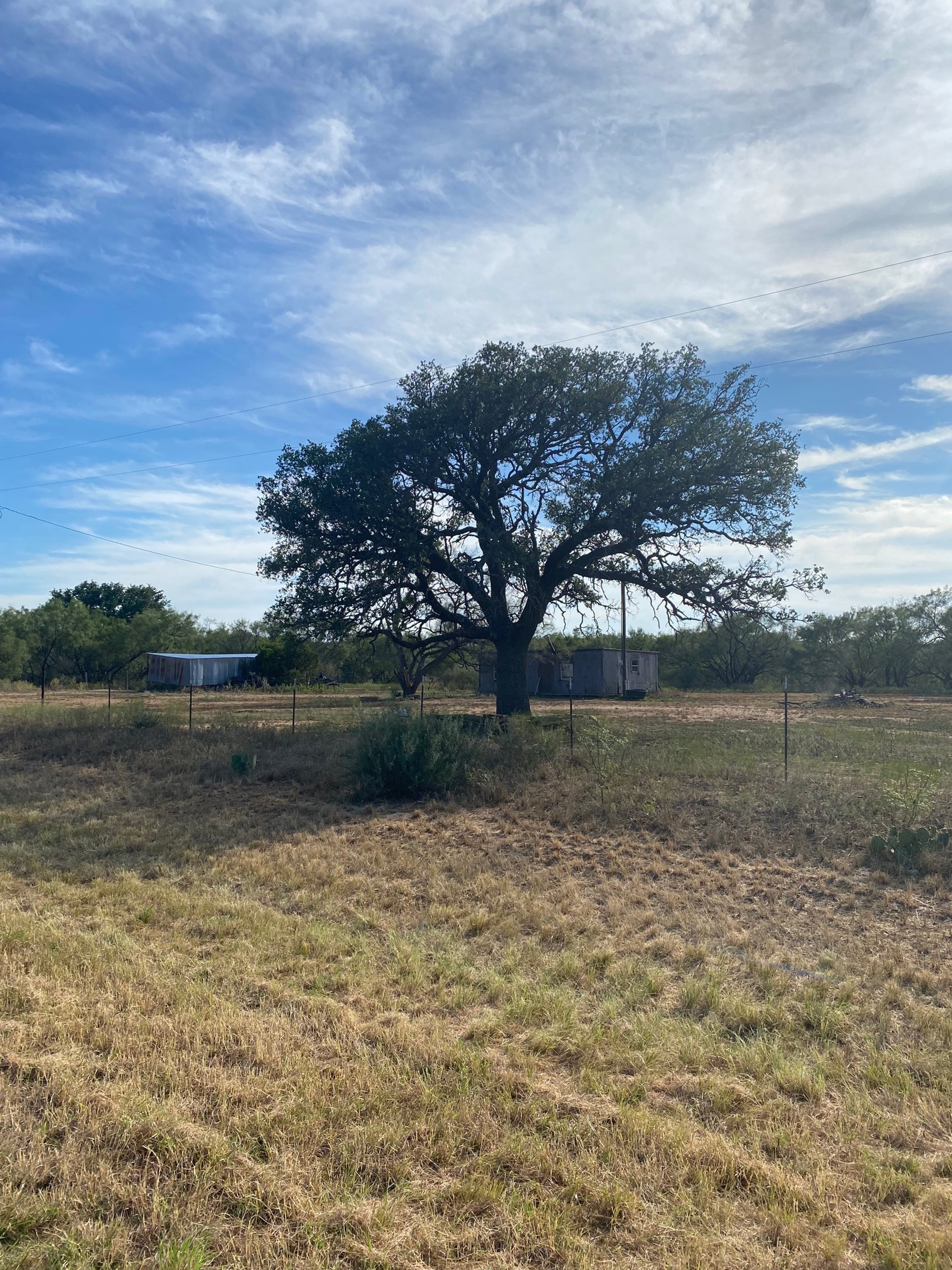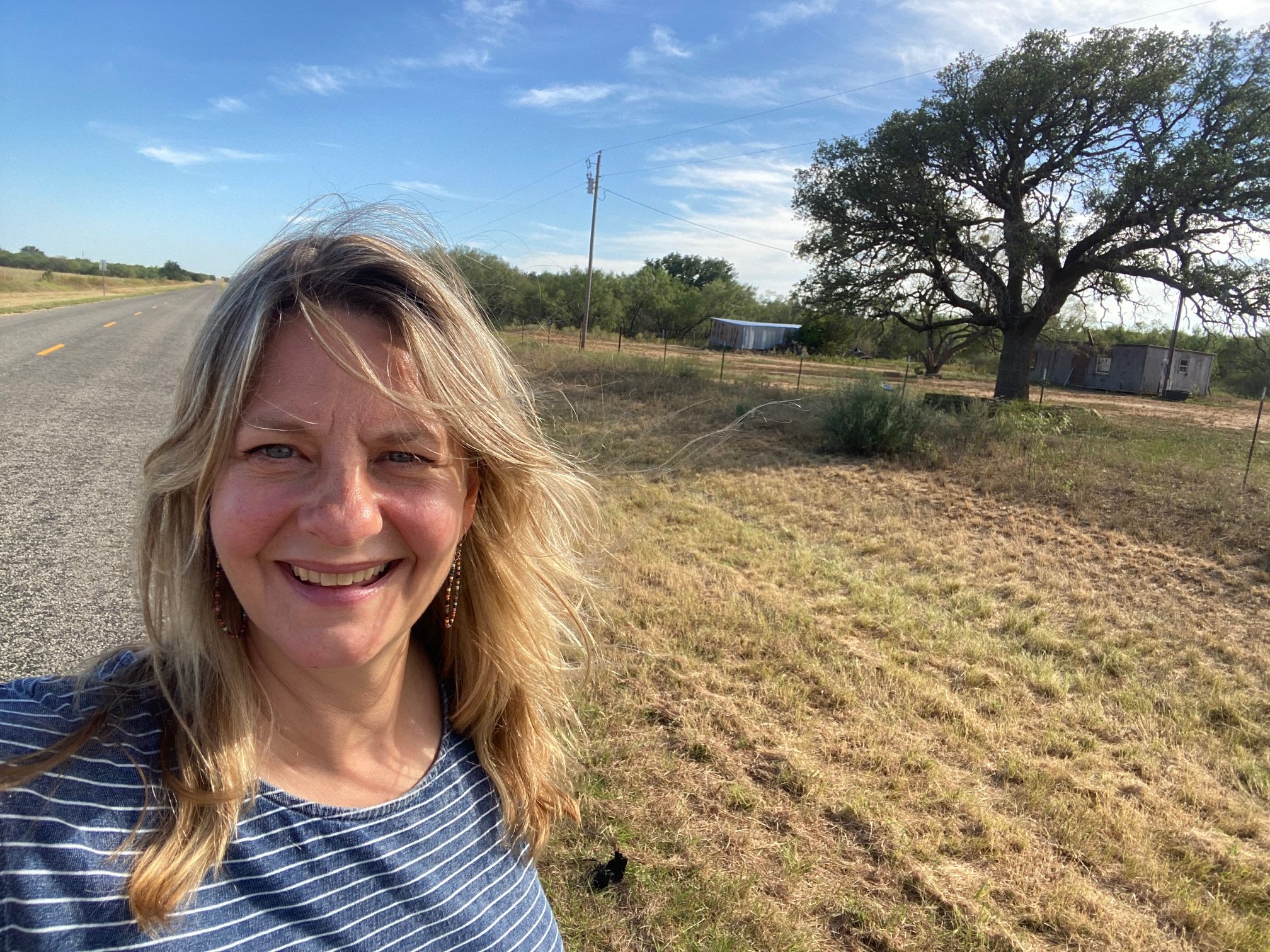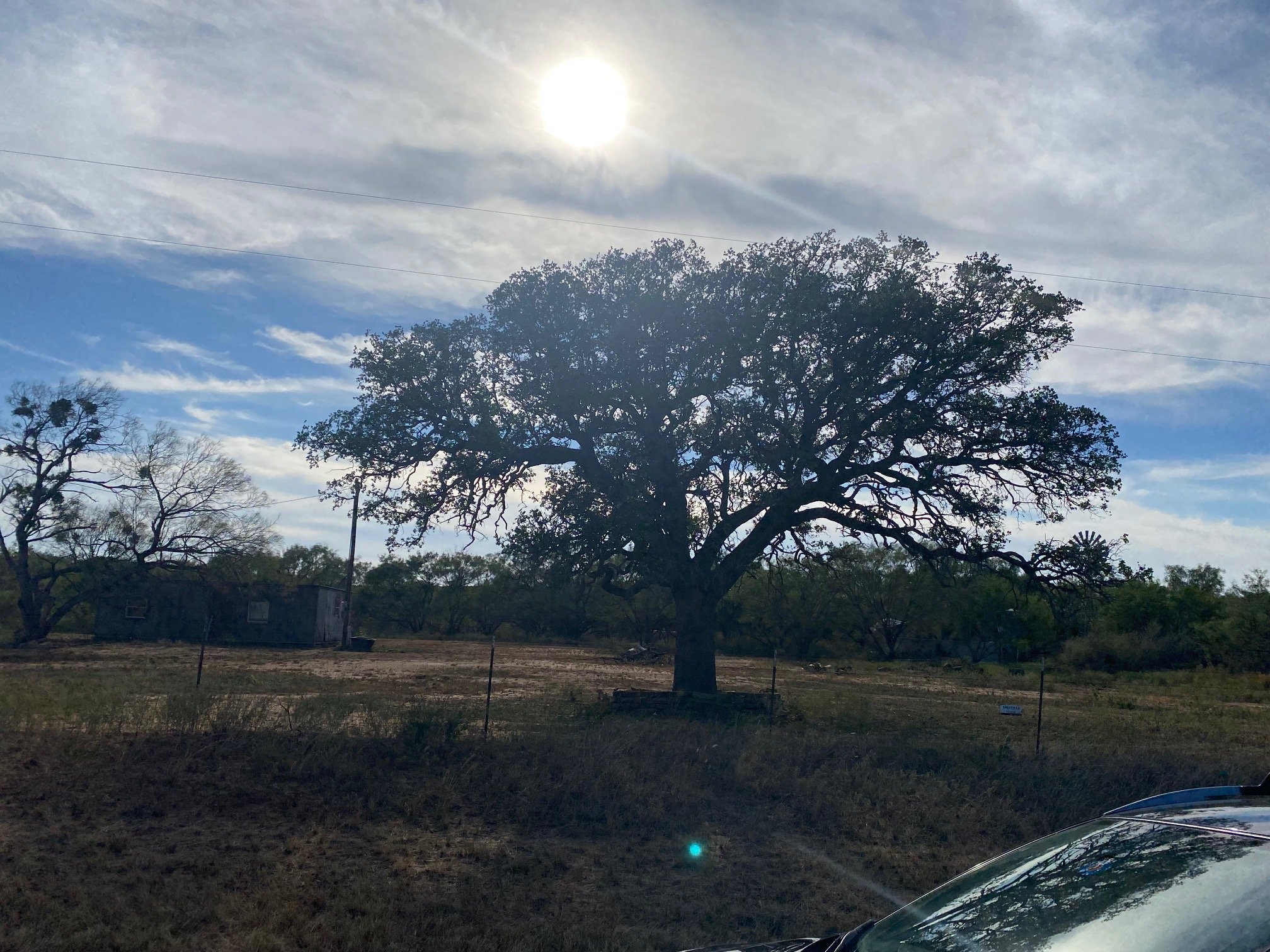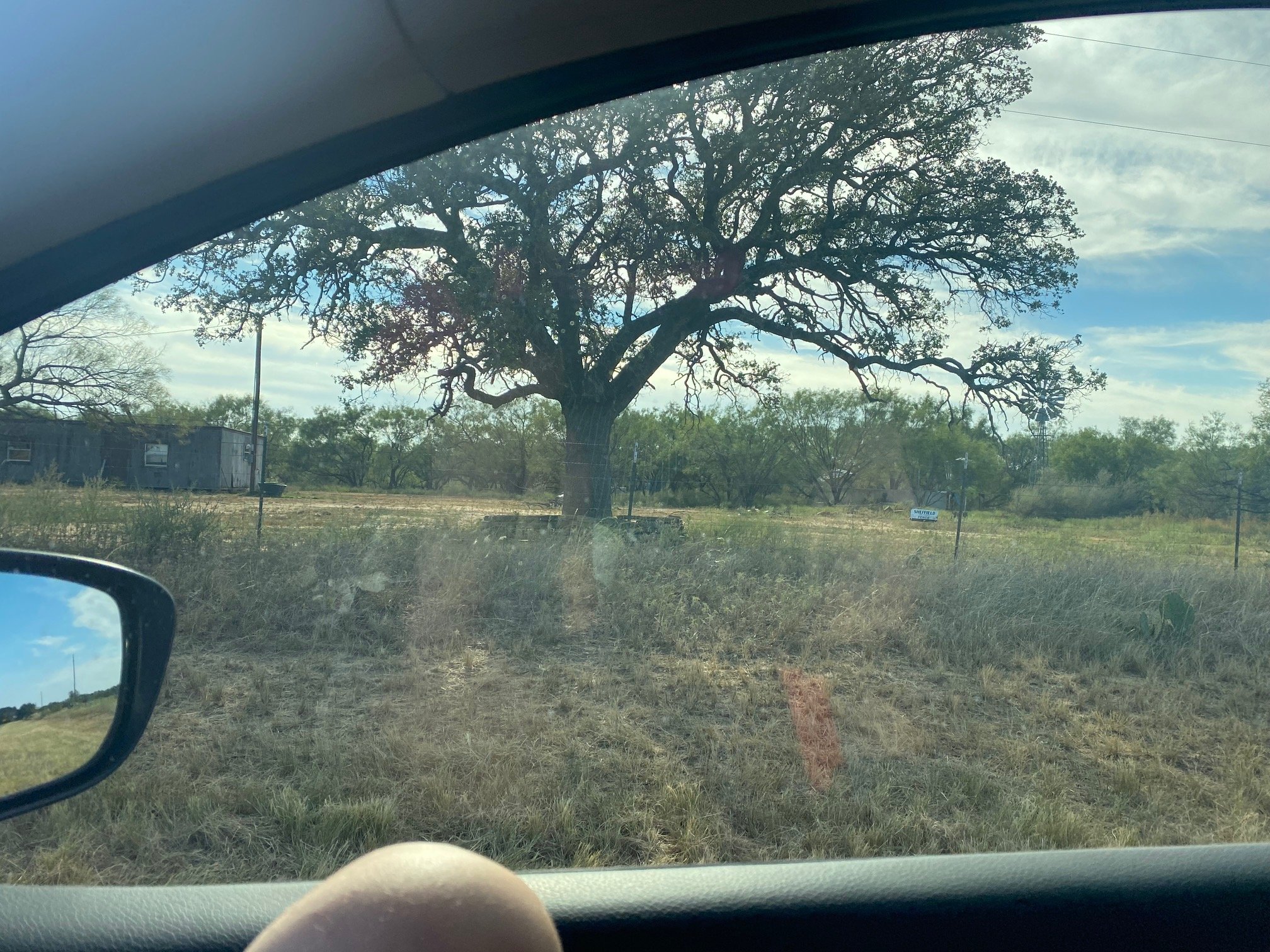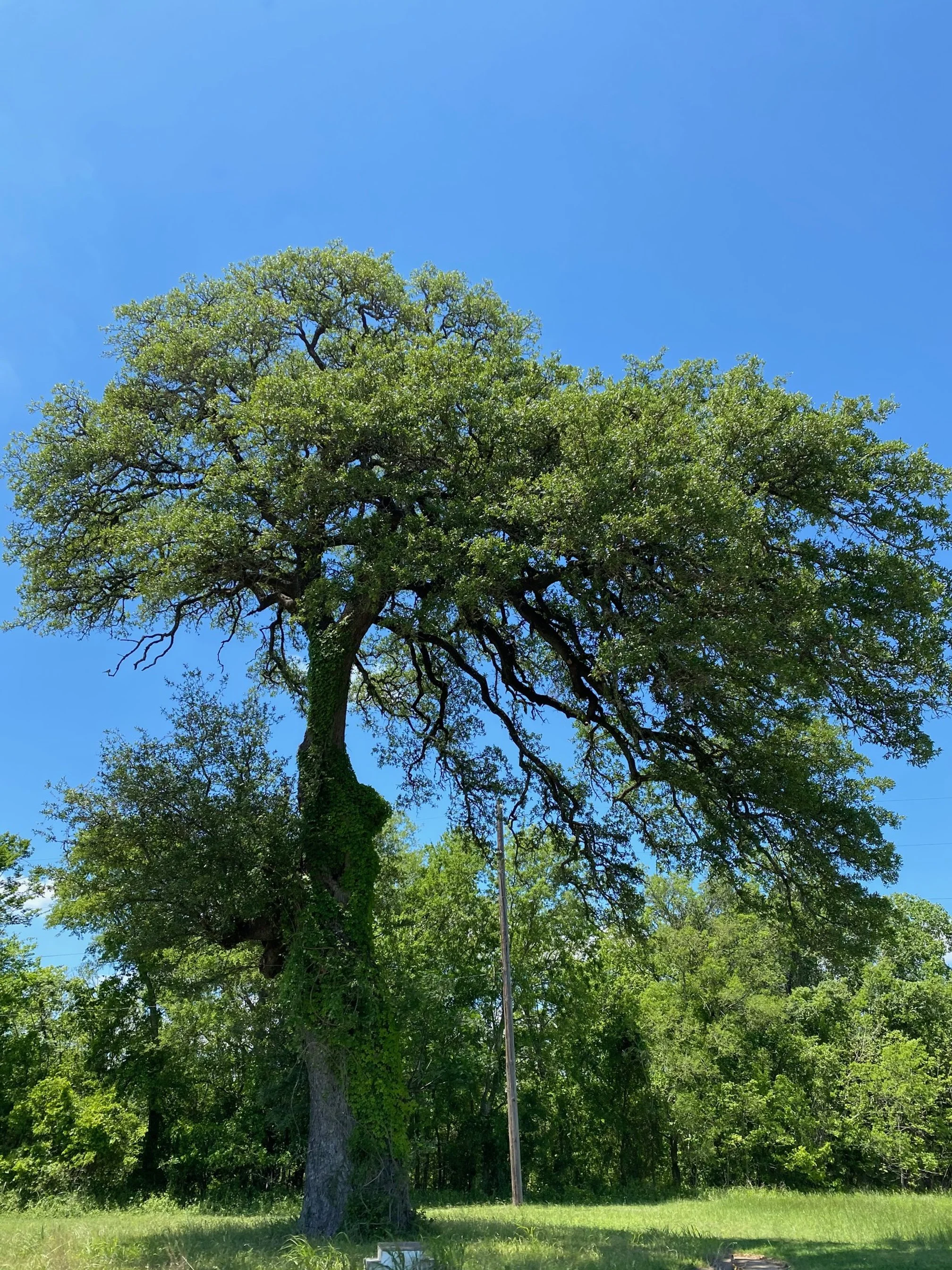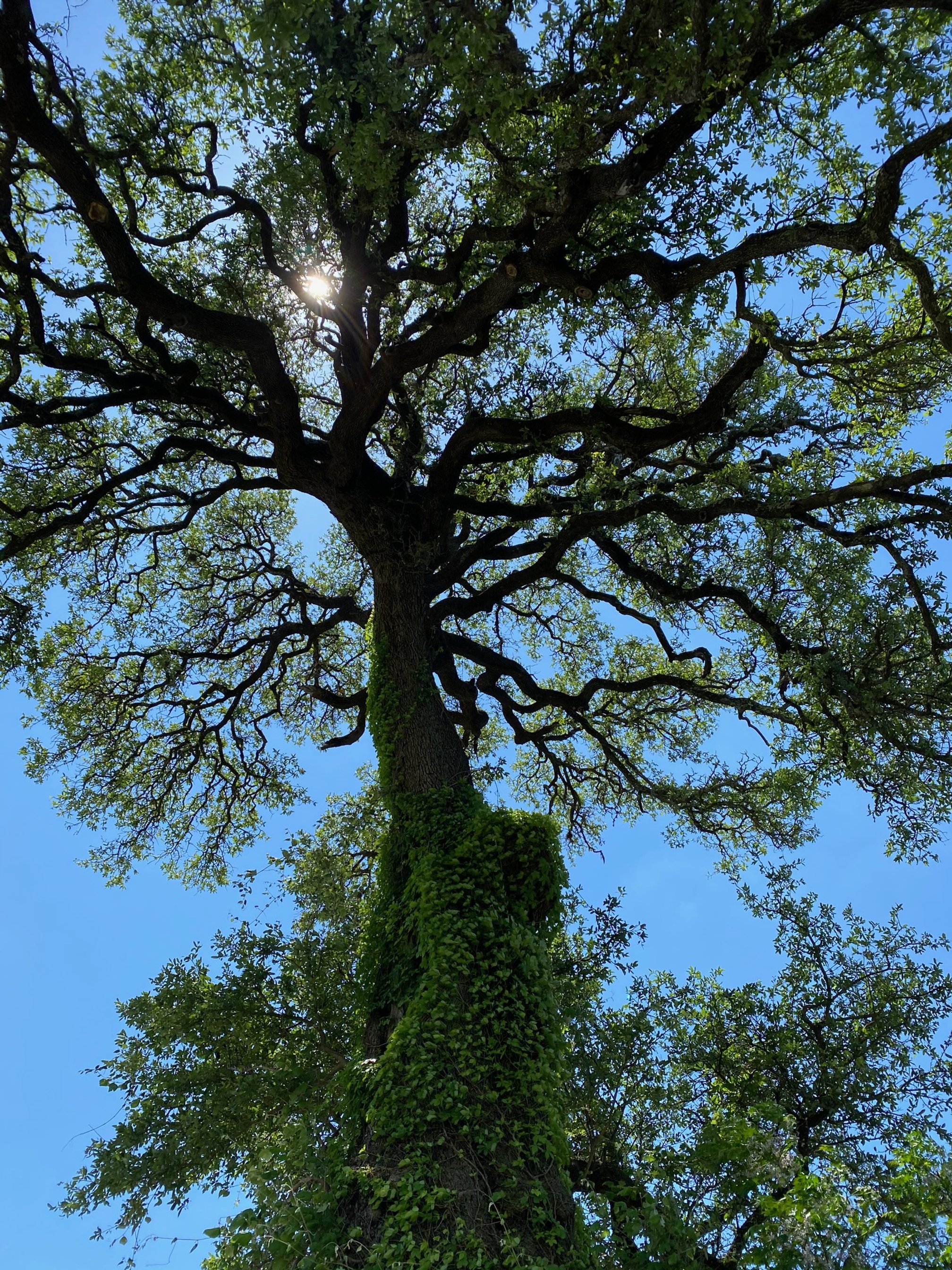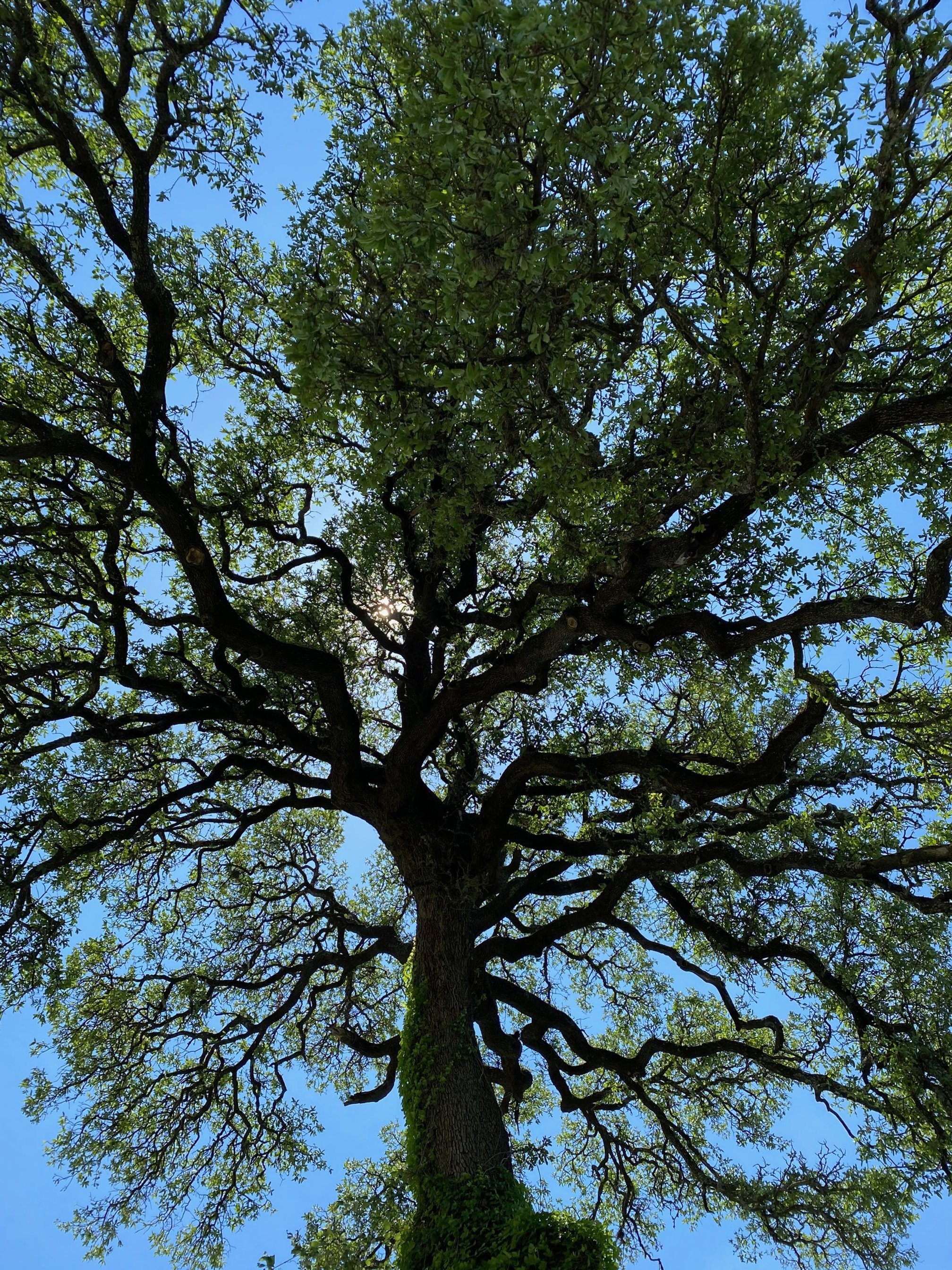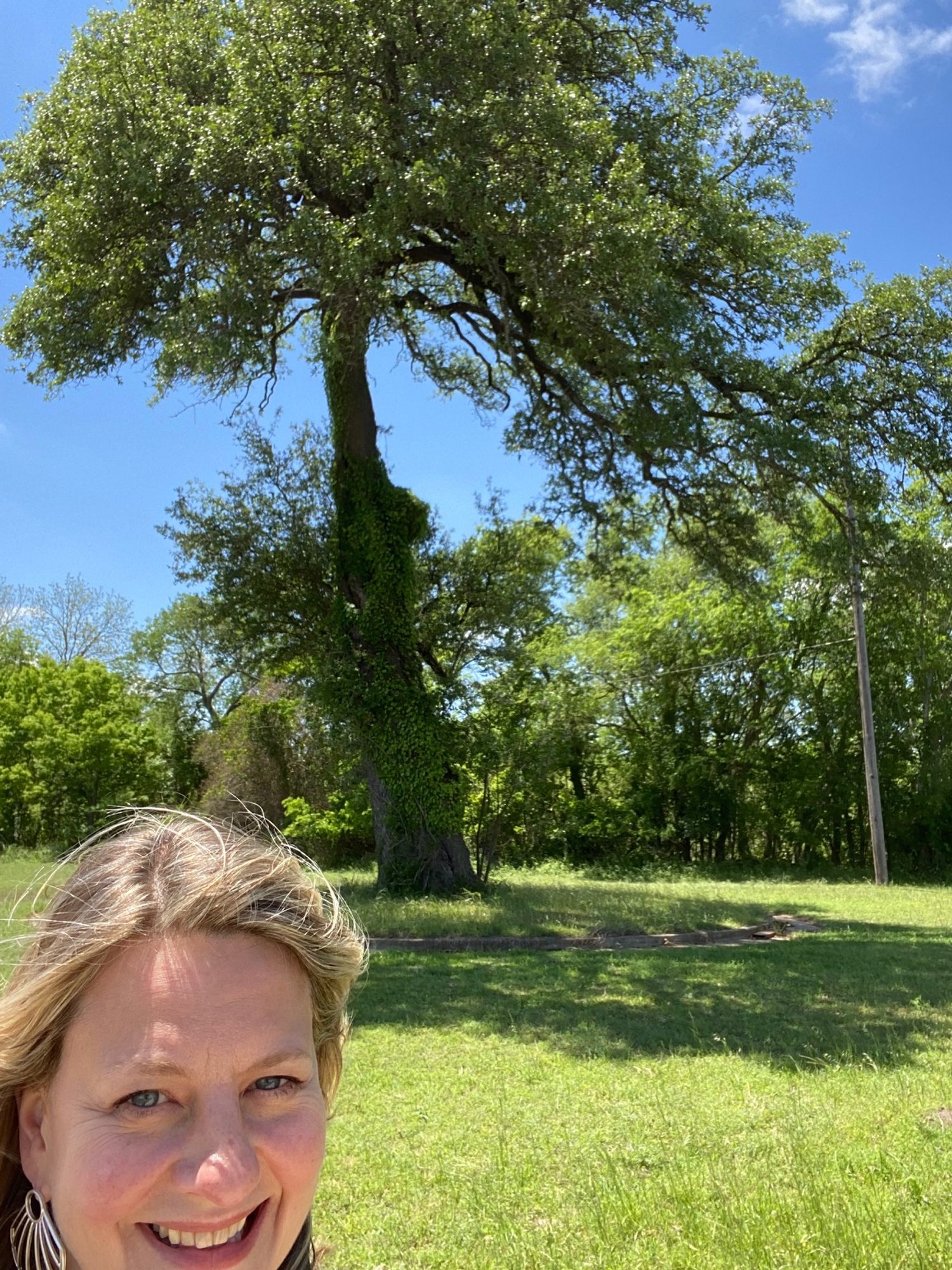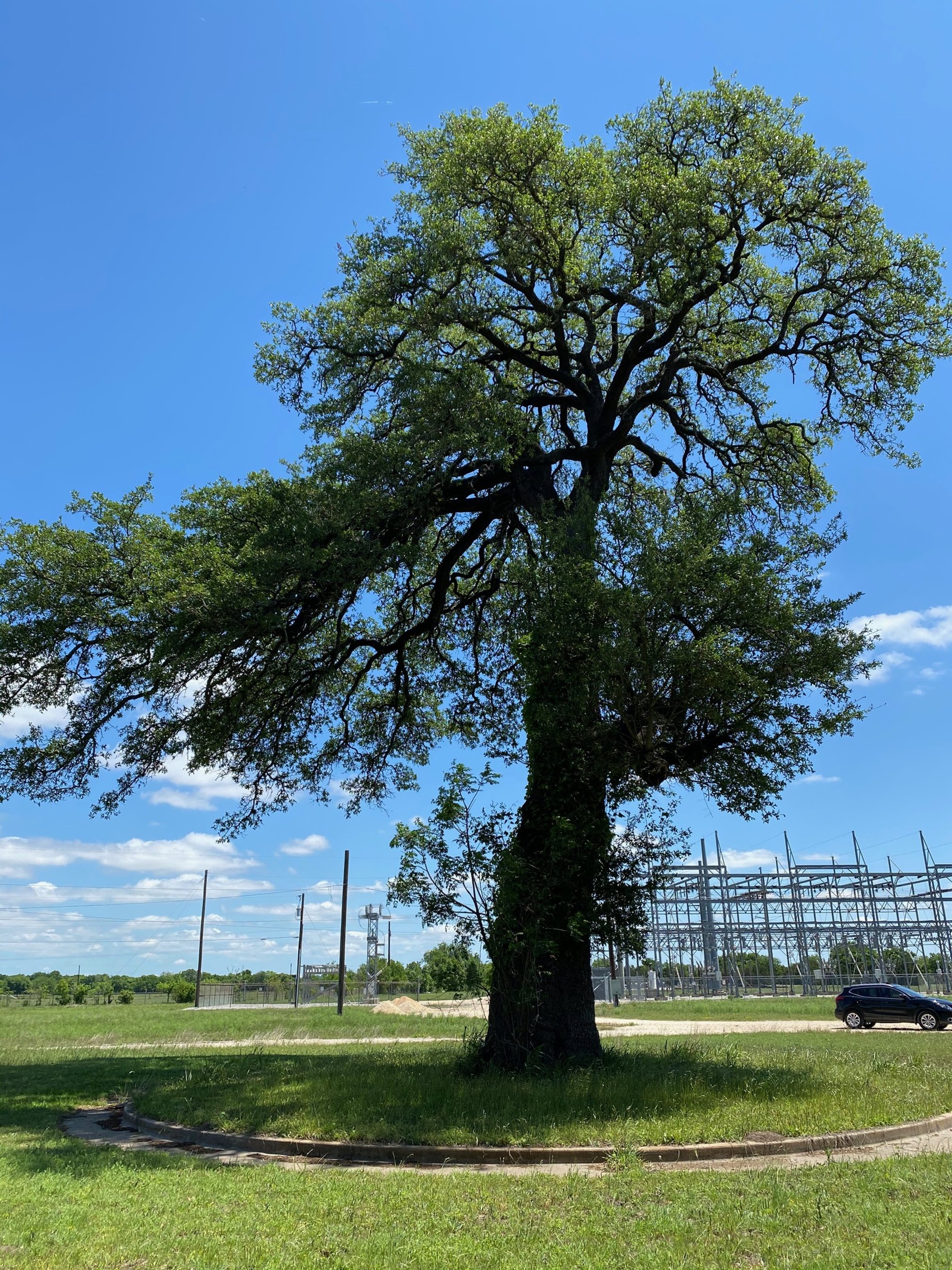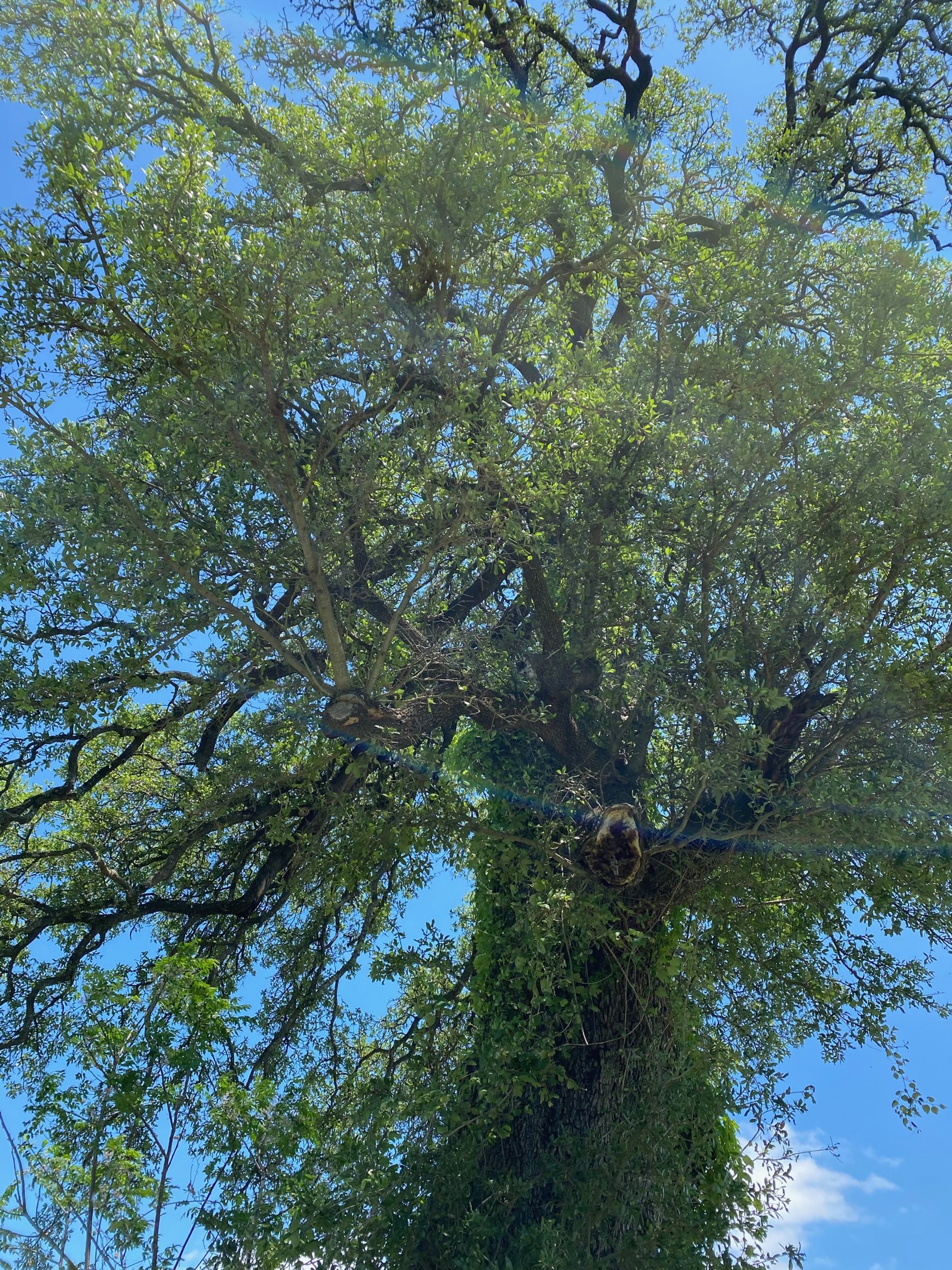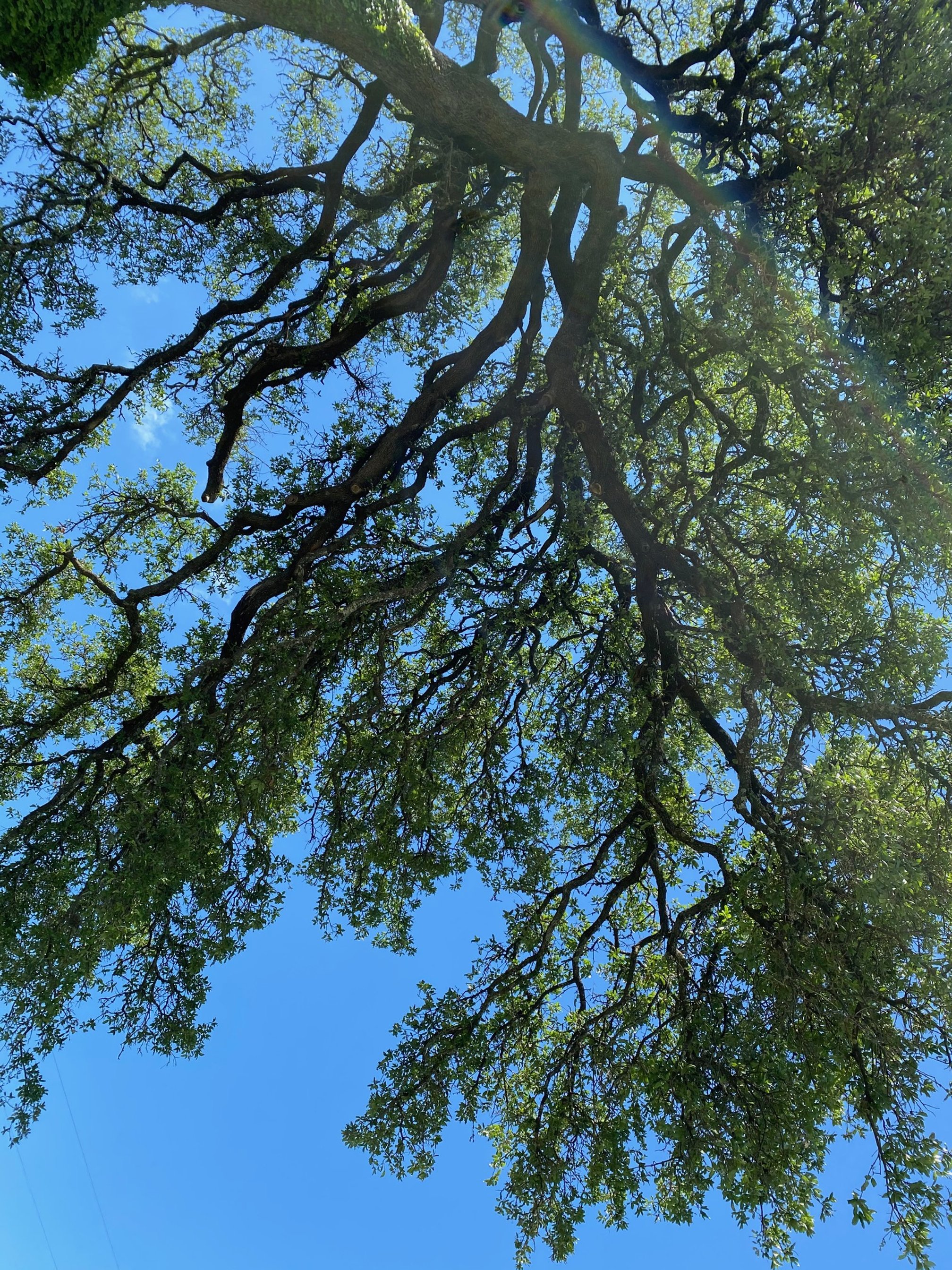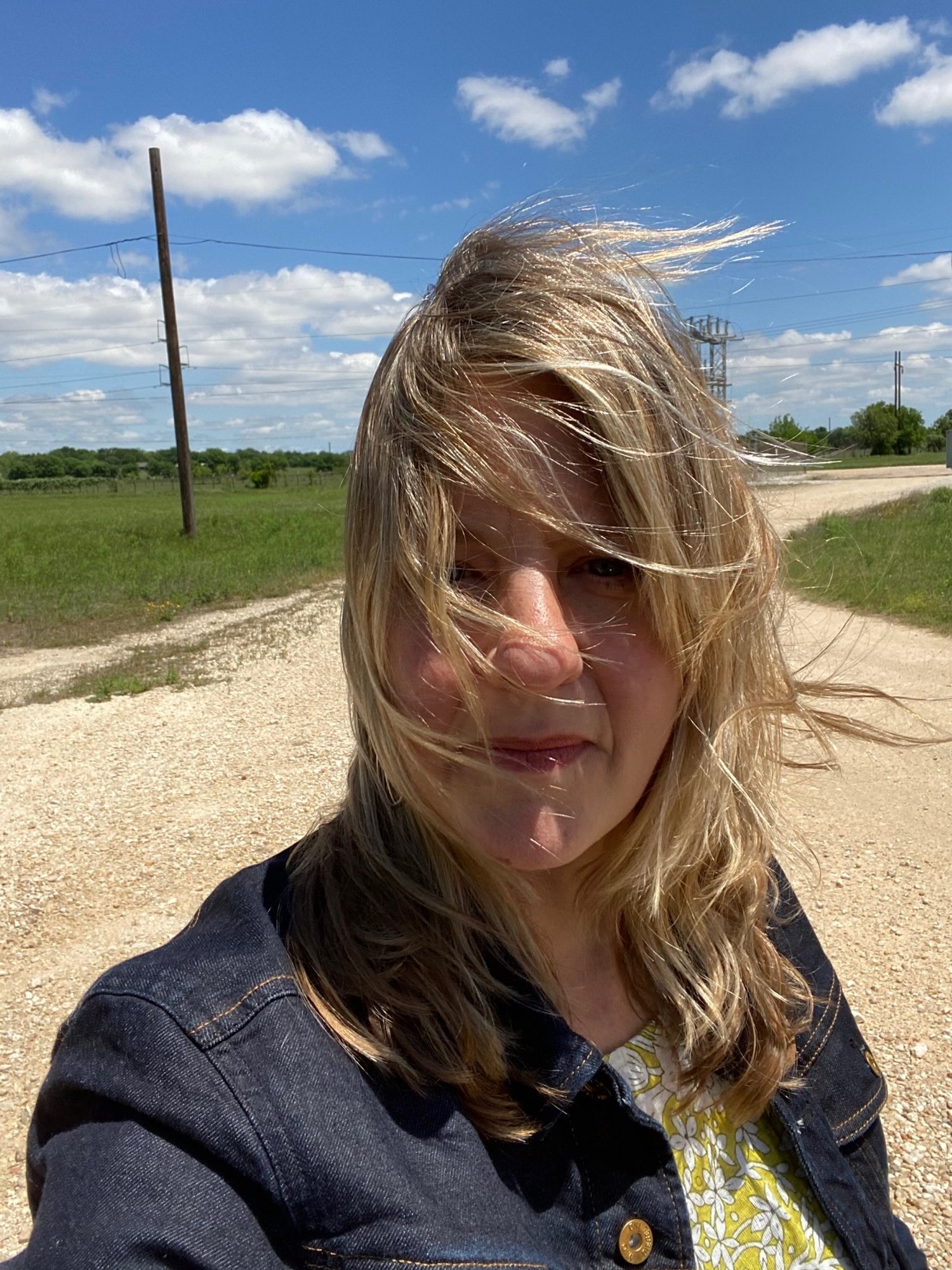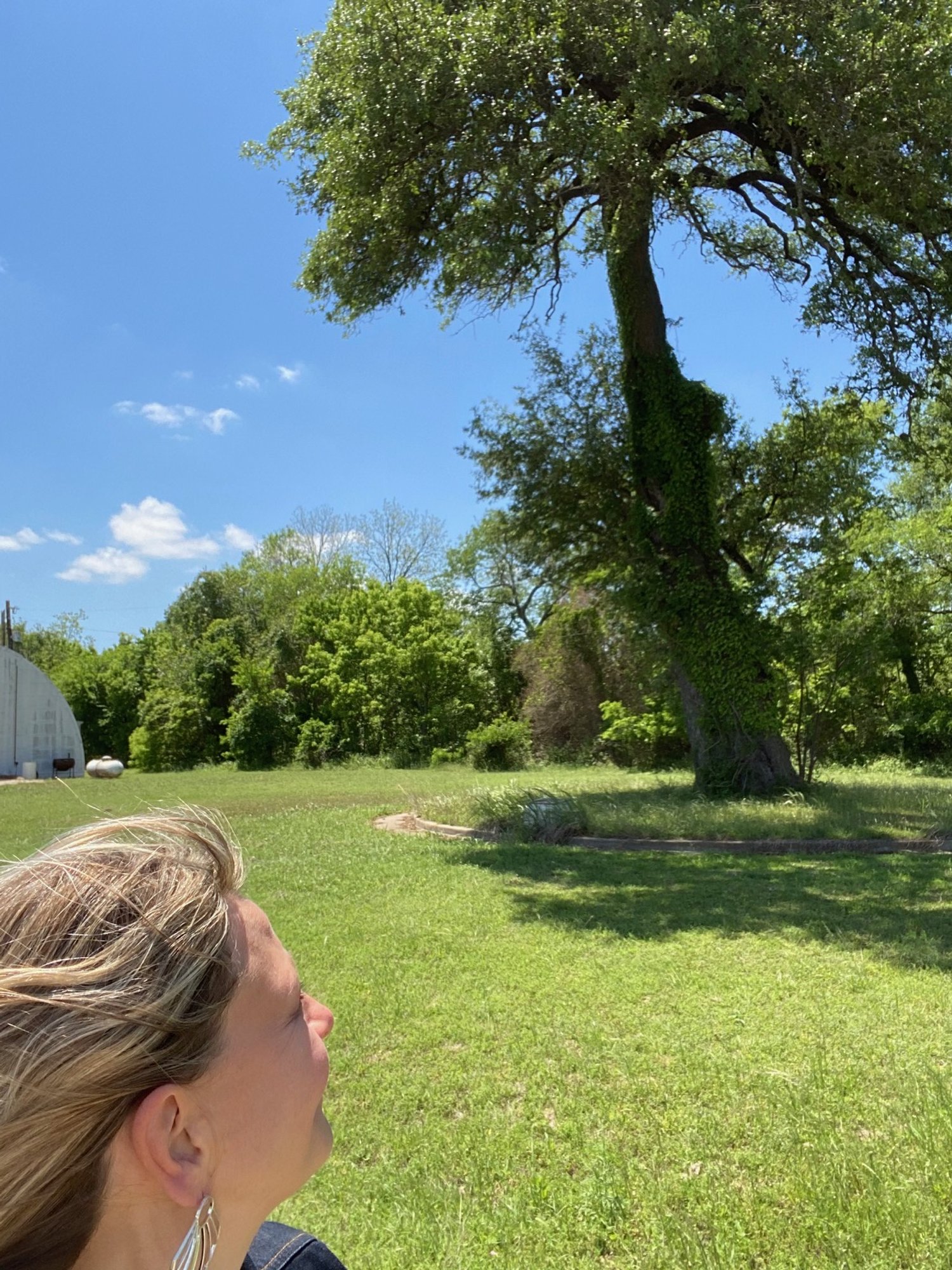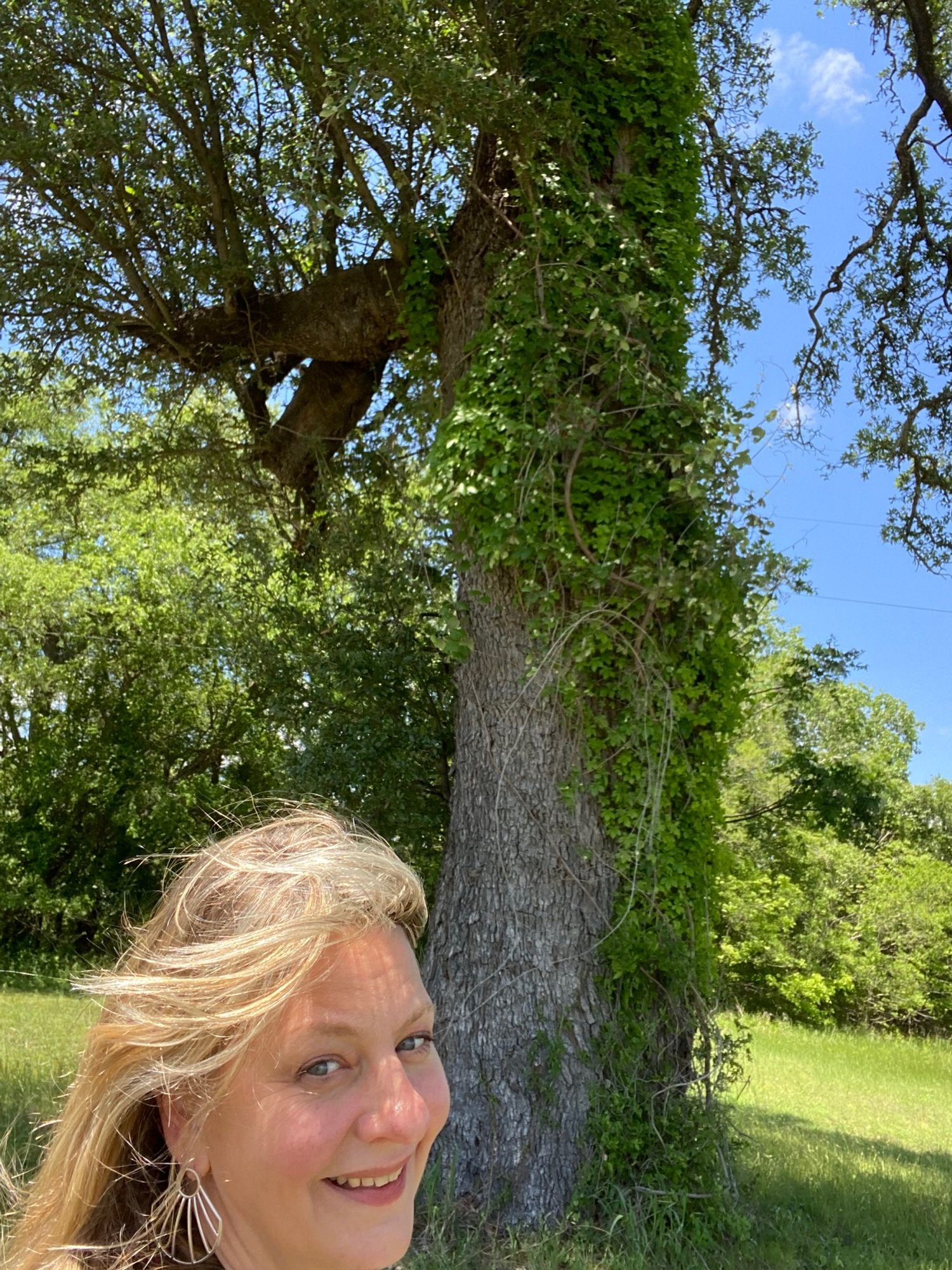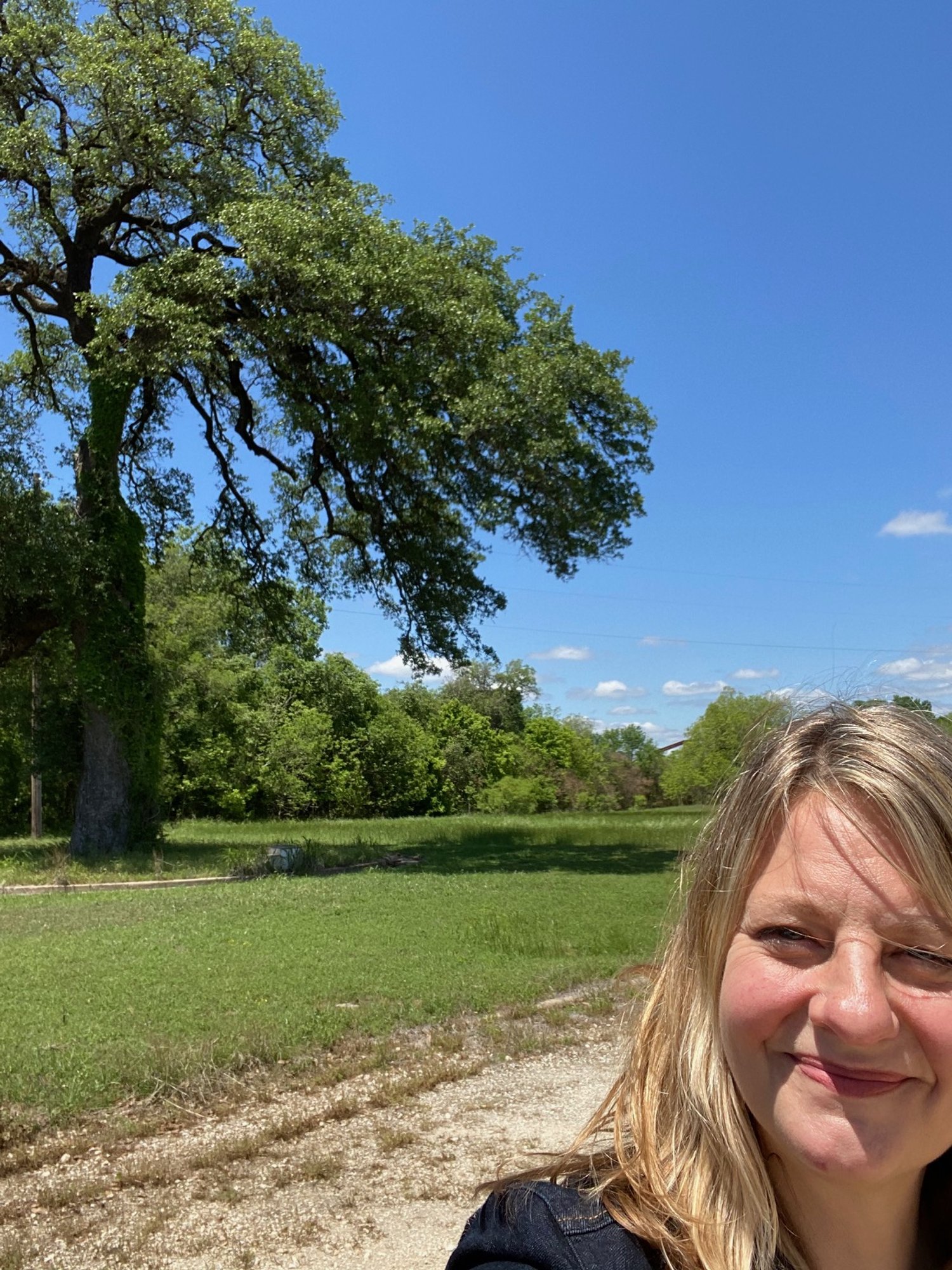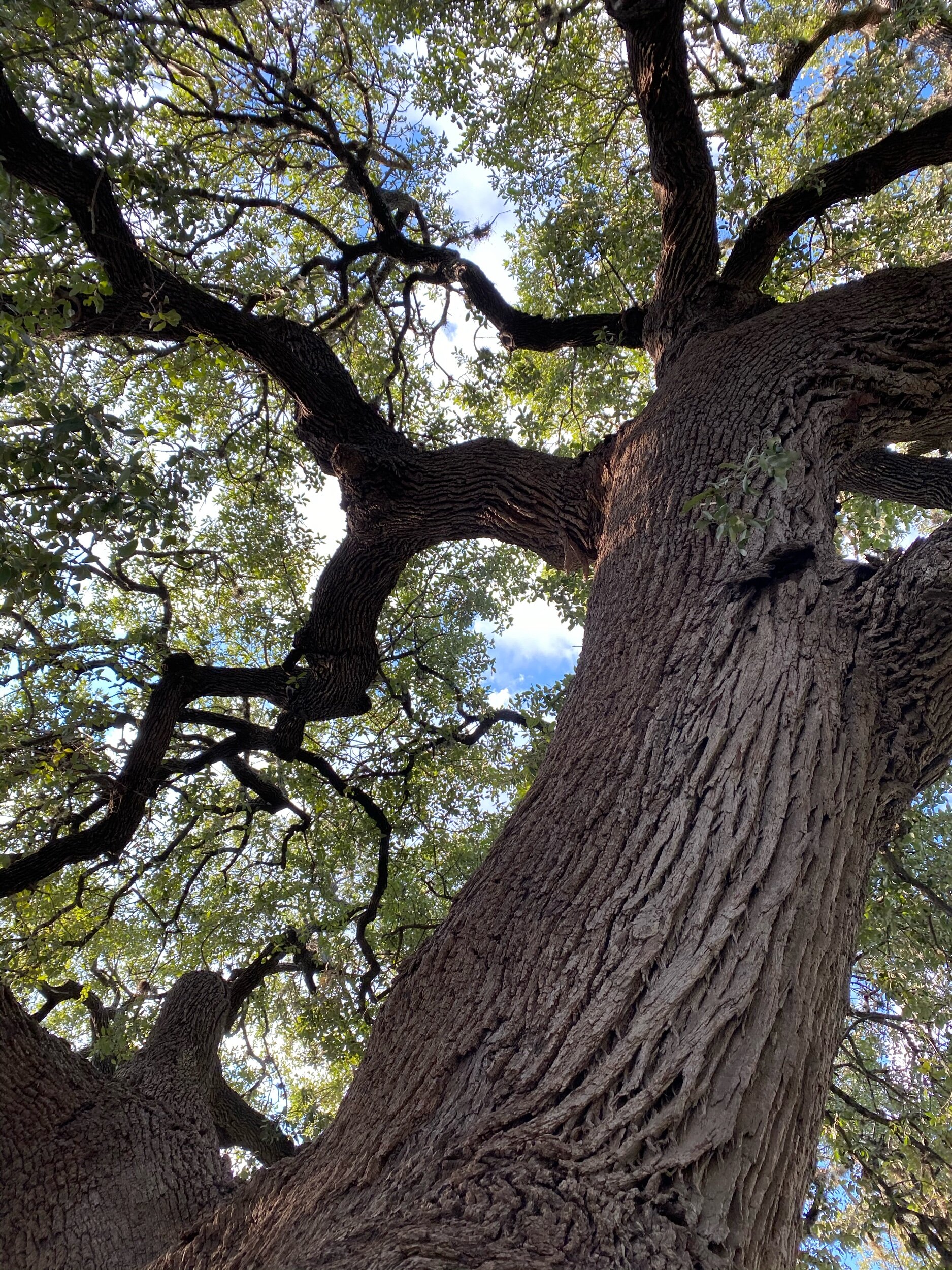
Hubbard Ginkgo
The City of Tyler could use a horticultural consultant
One of the few specimens on my list that is not a Live Oak,
this was a highly anticipated visit, which serendipitously occurred just as its beautiful, yellow leaves were starting to turn.
For years, I have been trying to properly time this visit, so as to glimpse the fantastic golden display for which ginkgoes are known. It just so happened that my teenage son August, who loves collecting musical instruments, had found a low cost offering from an online marketplace in a small town southwest of Tyler in the autumn.
We agreed on a little road trip to pick up an inexpensive drum set, with the stipulation that, after he got what he wanted, I would get to visit my ginkgo.
This plan went slightly south when we arrived in Frankston and he realized that the seller with the “great deal” had not conveyed that he would be unavailable. August was furious that his attempts to communicate had been ignored and completely dismayed that our whole trip been for nothing.
However, all was not lost for me!
My dear, musical teen was not at all pleased when I reminded him of the tree visit, which required an additional trek in the wrong direction. He had already started working a new deal on his phone back in Dallas. He refused to leave the vehicle while I hopped out to document. I was happy to have caught a little bit of the autumn transition.
Confusingly, there are two ginkgos at Tyler City Hall, so I was uncertain as to which one was famously gifted by Japanese Ambassador Richard Bennett Hubbard.
In fact, I’m talking about the wrong tree in the videos.
My first edition hardback entry mentions a scar on the tree. The smaller of the two ginkgoes bore this wound, which appeared as something more like a near-death experience, caused by a lightning strike sometime before 1970, when the original edition was published. Other branches are broken off. Overall, it’s not in good shape.
Stretching for light amongst multiple others, this scrawny tree looks as though it could be nearly hollow in the center. No telling if that’s true, however, because there are sheets of metal riveted together covering the gaping crevice.
Who thought that was a good idea?
OMG I hate metal edging. Particularly in a tiny circle around trees. WHY??? Humans don’t control nature.
The City Hall of Tyler could use a horticultural consultant.
Is that a fucking invasive PRIVET sprouting from the base of a so-called FAMOUS tree??? (I believe its a yaupon holly Ilex vomitoria).
I can’t with this.
Checking the books after returning home, I surmised that the pitiful smaller tree was indeed, the more “famous” of the two. I guess the other one is like a backup plan? SMH
The 2015 update included just one unflattering photo of the sheet metal becoming absorbed by the tree trunk, referring to it as a “living fossil.”
Barely :/
Not exactly awe inspiring, with an ugly water utilities building behind it, the other tree is larger. At least it has plenty of room for its branches to spread.
With the impatient kid waiting, this was a quickie. Noting my photo time stamps, I spent more minutes writing this post than I did seeing the trees.
Kiddo and I circled the city square in Tyler before high-tailing it back to Dallas, where we picked up a $50 drum set from a kinder and more communicative seller, not fifteen minutes from our home. I felt grateful, not only for the long-awaited viewing, but that he gained some valuable wheeling and dealing experience.
This unusual tree with its fan-shaped leaves is located near the southeast corner of the City Hall lawn, in Tyler.
Ranger Oaks
Not gonna lie. When I saw these two scraggly oaks, I was disappointed.
Not gonna lie. When I saw these two scraggly oaks, I was disappointed.
Finding historic oaks that look forgotten, declining, and degraded by municipal structure is downright depressing.
Other notable oak siblings, with their roots squelched into oblong cement shapes, stood in the vicinity on the first cool weekend of October.
Before it was a parking lot…
this area of downtown Seguin was a whole grove of trees under which the Gonzales Rangers — precursor of the Texas Rangers — took shelter circa 1828.
The historical marker describes a disturbing firing line massacre…
of Indians and other “renegades” shot so their bodies fell into the trench they were forced to dig themselves beforehand, which “saved some of the trouble of the burial.”
Great imagery. Thanks
Glad we got that engraved on a sign for posterity.
I’ll go ahead and admit that it didn’t even occur to me
while we were standing there, that the cement and asphalt I was fussing about covers the mass grave that the marker details. Recounted in devastating detail from a different perspective, this article names Ranger James Callahan from the celebratory plaque, which was appallingly placed there as late as 2010.
Looking into it later led me down a rabbit hole which included this podcast about the dark chapters in the history of the Texas Rangers.
On a more uplifting note, an impressive larger specimen caught our eye, catty corner from where we parked, so my friend, former co-worker, Texas Master Naturalist and fellow horticulturist, Sandi and I criss-crossed right on over to the Emmanuel Lutheran campus to get a look.
Now that’s more like it!
THIS is what keeps me driving around Texas: hoping I find a beautiful, mature giant that inspires awe and connects me to something greater than myself.
photo by Sandi Holmes
Who doesn’t LOVE a big ol’ tree with a satisfying trunk you can’t even get your arms around?
I mean, the city of Seguin paved up to the trunks of these old oaks, so… I don’t know
This photo accidentally captured the angle of the oaks shown in the first edition Famous Trees of Texas book
The Ranger Oaks are located at the southeast corner of Gonzales and Travis Streets, in Seguin.
Relevant links
Refusing to Forget is a multifaceted project that seeks to incite public conversations through efforts such as: museum and online exhibits, historical marker unveilings, lectures, and curricular materials for public school teachers. The story of Rangers executing unnamed men who had escaped slavery in March 1839 is linked from their site
Produced by Texas Monthly, the podcast White Hats tells the story of one of Texas’s defining symbols.
McNay Art Museum, in San Antonio has a drawing of oaks in Seguin from 1848
Many thanks to Brenda Biggerstaff-Sanchez for research assistance 🩷
Whipping Oak
Not ever completely sure which was the right tree, this was a mostly clueless stroll around the Guadalupe County courthouse grounds
This confusing jaunt might’ve been less so had I done my homework ahead of time, but that’s not how I roll.
By now, I have saved all the living trees on my google map app, so I rarely bother to look at the book or even the website. GPS coordinates and the brief location info is saved so I just go, frequently stumbling around to find what I’m looking for.
After hunting down the Ranger Oaks, I saw it was a couple blocks to the Guadalupe County courthouse in the same little town of Seguin to find another.
They were all in the same historic grove.
The gleaming limestone courthouse was easy enough to spot, but I had no idea which tree was the Whipping Oak. There were several surrounding a central plaza across the street.
The description said “near the gazebo,” but the unimpressive trees next to it didn’t seem right. We wandered around looking.
This marker was no help, pointing instead to a WPA built fountain project dedicated to the mayor who allocated resources to preserve it.
Happily, we noticed this wonderfully knarled live oak on one end of the plaza and spent a few minutes admiring the swirly, burl-like patterns in the bark.
Did you know that Seguin is home of the Worlds Largest Pecan?
I didn’t and I’m sorry to say that we never wandered around to the other side of the courthouse to find this kitschy gem.
Also interesting that the courthouse seems to have been beautifully power-washed since this 2019 photo I found on Google.
Thanks to Sara Neave!
While noodling around, I had been trying to look up the FToT page on my phone to see if it would lead us to the “right” tree.
Then I hear Sandi, “I FOUND IT.”
Named for the public punishment the tree played a part in, these iron loops provided a hitch for tying up “runaway slaves, thieves, and wife-beaters” before lashing them.
Now the tree itself gets punished: slow strangulation by xmas lights.
The Whipping Oak stands near the gazebo across from the south entrance to the Guadalupe County courthouse.
Muir Woods
Though Return of the Jedi was not actually filmed here, contrary to popular belief, visiting these gigantic old-growth redwoods almost felt like being in a movie
Here in this grove of enduring redwoods, preserved for posterity, members of the United Nations Conference on International Organization, met on May 19, 1945 to honor the memory of Franklin Delano Roosevelt, thirty first President of the United States, Chief Architect of the United Nations and apostle of lasting peace for all mankind
Tree cookie notes, along with other historical time references, its birthdate as 900 A.D., Muir Woods National Monument established in 1908 and its death in 1930.
Arbor Day 2022
For Arbor Day 2022, I was honored to give a talk about my Return to the Famous Trees of Texas project at Russell Farm Art Center
My little talk and little screen
After seeing my tree posts on facebook, my college art professor Tom Sale invited me to speak at Russell Farm for the day honoring trees.
Technical difficulties threatened to ruin the whole thing - I couldn’t get my presentation to load on the larger tv screen they provided. After numerous attempts, I gave up and showed the small group my laptop while I riffed on my arborilogical adventures. It turned out fine and I gained understanding of how to better prepare.
When I know my subject, I enjoy public speaking. This felt like talking with friends.
It was a great day.
Artist and Educator Tom Sale
Artist Renata Lucia spoke before me
Me with the octogenarian matriarch of Russell Farm
Y’all come see me do a talk about my tree project for Arbor Day!
Saturday April 30, 2022 at Russell Farm Art Center
Free event — Rain or shine
Bird watching 8 or 9 am. Tree walk 10 am.
Art talk with Tom Sale and Renata Lucia 11am.
Me at 11:45 am
Russell Farm Art Center
405 W County Rd 714, Burleson, TX 76028, an hr from Dallas, less than 30 minutes from Ft Worth.
AppleSauced Podcast
I met enough prerequisites to be a guest on this non-tree related podcast
Texas Trees on a podcast
I was honored to join my college (UNT) friend Michael Alves along with his buddies James Munton and Clay Wheeler on their show called
Apple Sauced: Fascinating conversations about technology, life and beer, which they’ve hosted for 101 episodes.
Trees have nothing to do with technology, but they are a fascinating part of life and I like beer, so I met enough prerequisites to be a guest. We had a great time sharing brews and talking about our lives.
When we recorded this episode, I had just seen the Twin Oaks so that story was top of mind. Hopefully I don’t sound like an idiot. I have never had the heart to listen back over it. I prefer to keep my memory of the enjoyable experience.
Tennison Park Pecan
The leafless winter silhouette of this large pecan caught my eye each day as I picked up my kid from school.
The winter silhouette of this lovely neighborhood pecan caught my eye each day as I picked up my kid from school.
My pre-teen son was not interested in getting a closer look, so I dropped him off at home.
My next door neighbor Kathy was outside when we arrived, so I invited her to join me on this close-to-home jaunt.
I love the wispy shape of this hackberry against the sky.
Walking back towards the parking lot, I spotted something else…
A huge BURL!
Rio Frio Landmark Oak
Just how committed to tree-hugging am I?
You know, I should really stop being so damn cautious
This incredibly huge, fantastic live oak tree had a fence around it, and multiple NO TRESPASSING signs.
Though tempted, I wasn’t about to leap over and face some crazy Texas freak coming out of the frightening old school house next to it.
It didn’t exactly look inhabited, but eek. Someone could’ve been in there just watching.
No way. I couldn’t do it.
But honestly, in hindsight, I probably should have.
I stayed dutifully on the outside of the gate instead of going over and hugging this big fat tree.
And now I have to live with that regret
Heart O’ Texas Oak
Barbed wire, wind and far away critters in the center of the Lone Star State
Do not trespass across the fence.
The Famous Trees of Texas website clearly states these italicized instructions. A ramshackle structure nearby was enough warning for me to keep my distance, not to mention the barbed wire. The photo in my old first edition was shot facing the road, from about where this dilapidated box with a couple windows now resides. Another aging corrugated tin structure on cinderblocks slumps over to one side.
En route to the hill country to float the Rio Frio in the heat of August, I briefly detoured to see the Heart O’ Texas Oak with my little gamer, who was unwilling to leave the car, or his screen.
Sorry about the wind noise
The middle of nowhere
I repeat this phrase in the video because there ain’t hardly nothing out here. A 1922 U.S. Geodetic Survey determined this location as the “exact” center of the Lone Star State, roughly 400-ish miles from each border.
The wide open, windy location reminded me of the Halfway Oak, but this live oak had little impact on my sense of wonder. Questioning whether I was in the right place, but with only gps coordinates, I had to go on faith that I’d found what I was looking for. Maybe it was in my own heart the whole time.
One word review: Underwhelming
The Heart O’Texas Oak is located on Ranch Road 1028 near the town of Mercury. Please respect private property by viewing the tree from the road. Do not trespass across the fence.
Bell County Charter Oak
Under this damaged live oak, now overlooking a power center, the first election was held in 1850 to organize the new Bell County
The old description mentions the Leon River, which I never saw. And private property, which I also knew nothing about until much later.
I believe I acted pretty respectfully. It seemed more or less public. When I drove up the gravel road using google coordinates, a bunch of softball players gathered near a backstop stared at my vehicle as I headed over near a power station thing — what are those called? —where I could see the oak from a distance.
Now within an electric cooperative enclosure, this tree can be viewed from Charter Oak Drive on the east bank of the Leon River, in Belton, TX.
The 2015 edition of the Famous Trees of Texas has updated location information not available on the FToT website.
Even though it can damage tree roots, people seem to desire a ring of concrete around an “official tree.”
It’s obvious from the pictures that a strong wind was blowing. This was a quick visit. I snapped photos and high-tailed it out of there.




